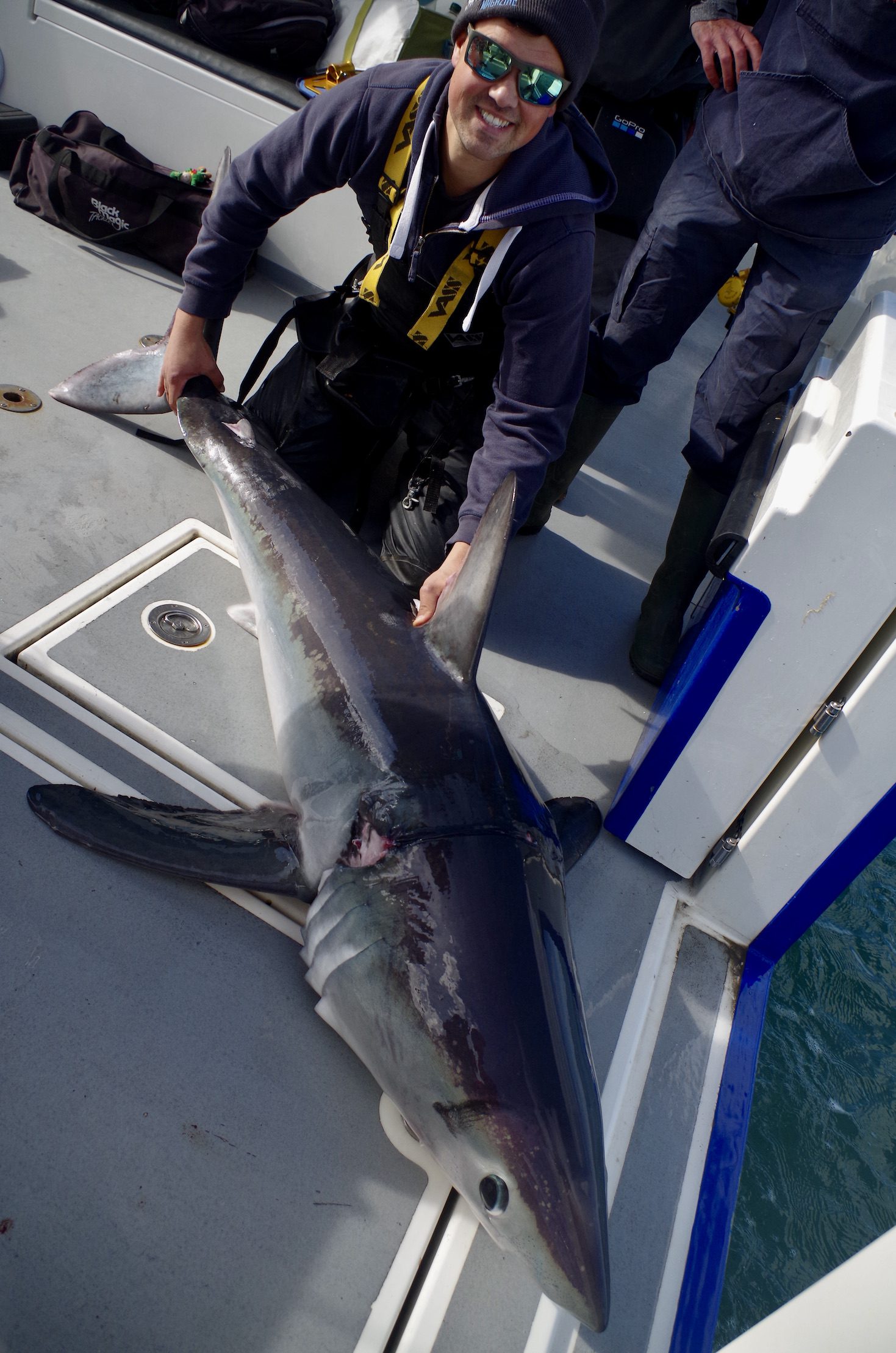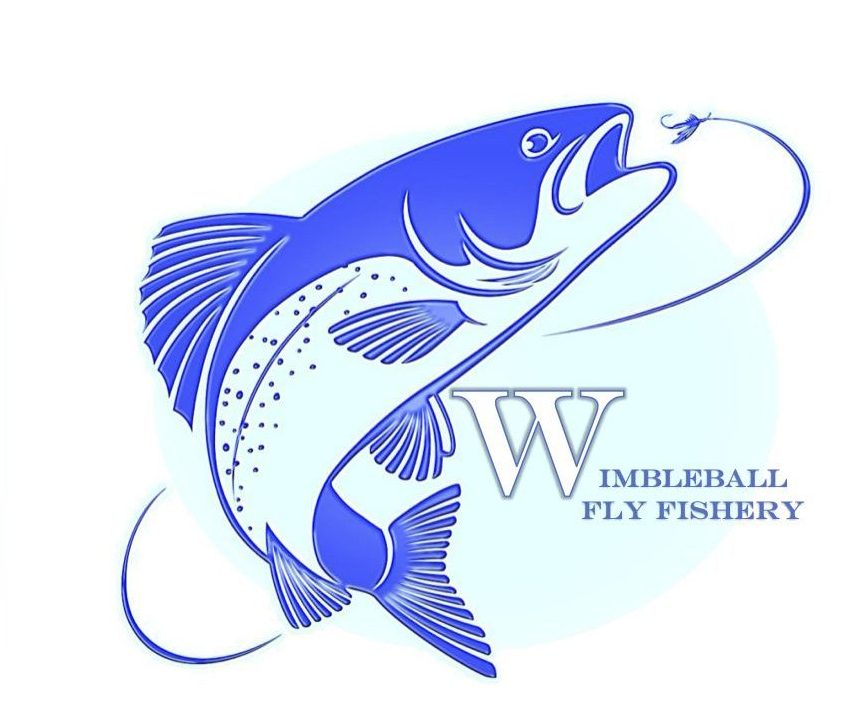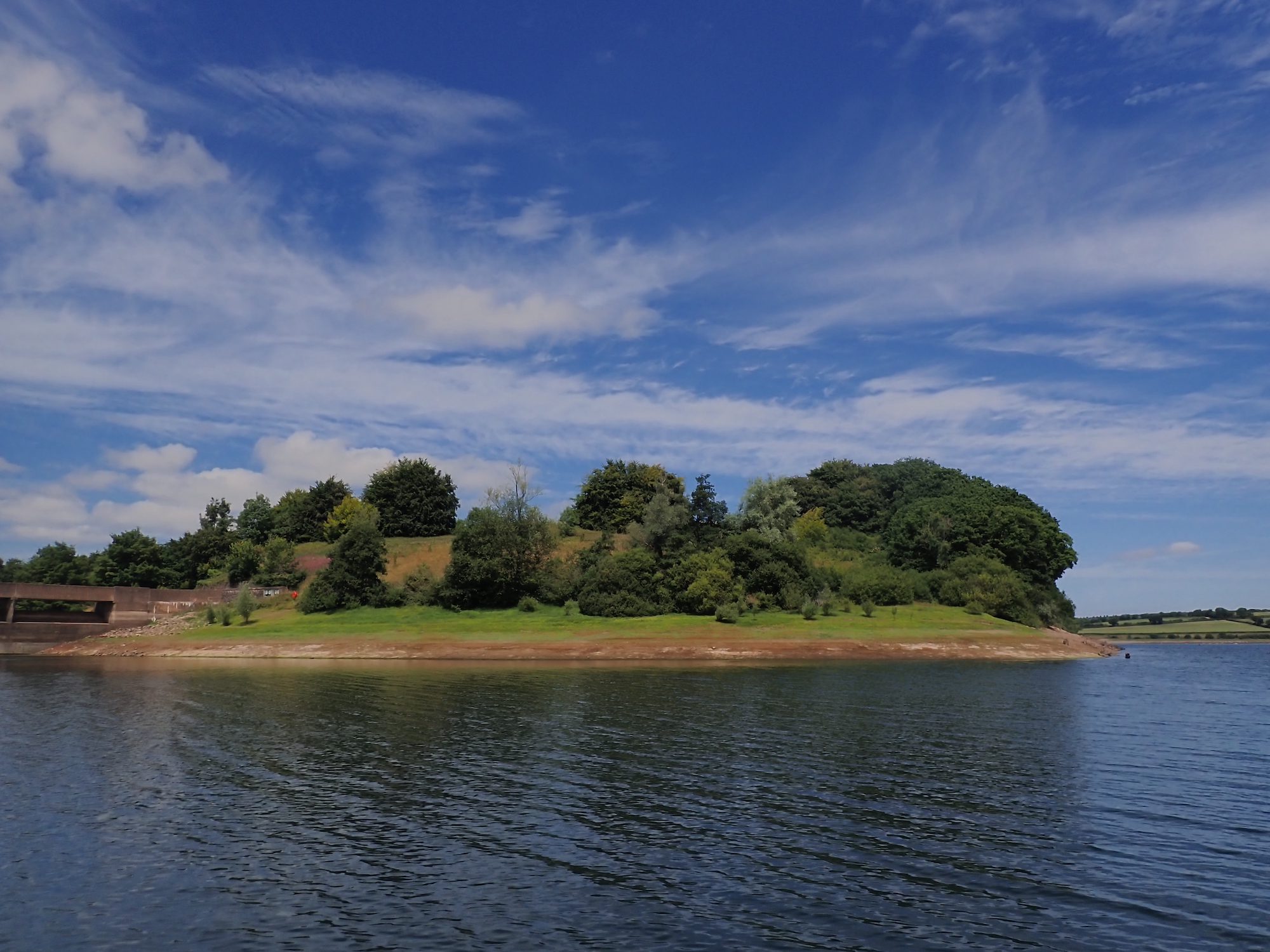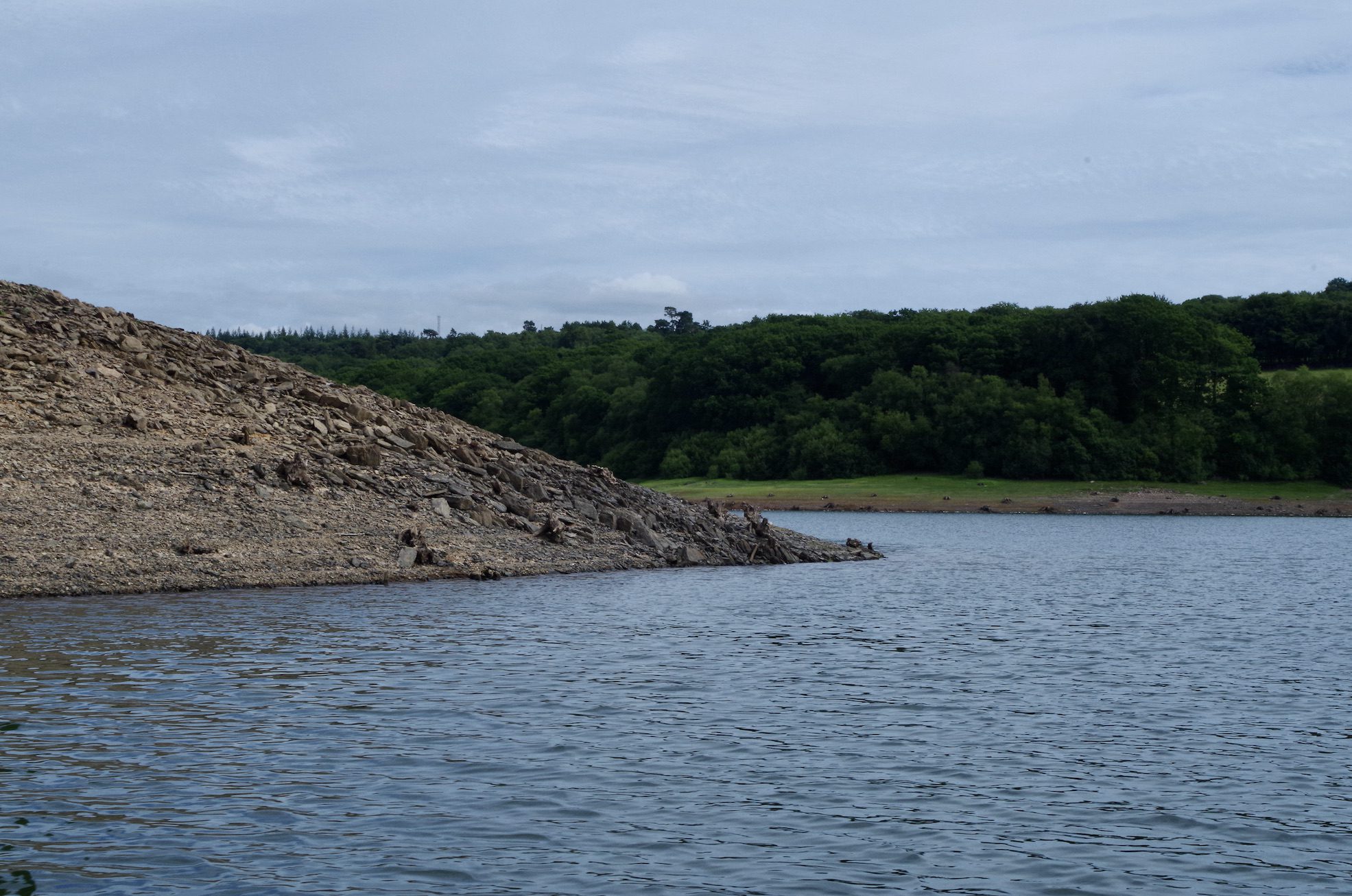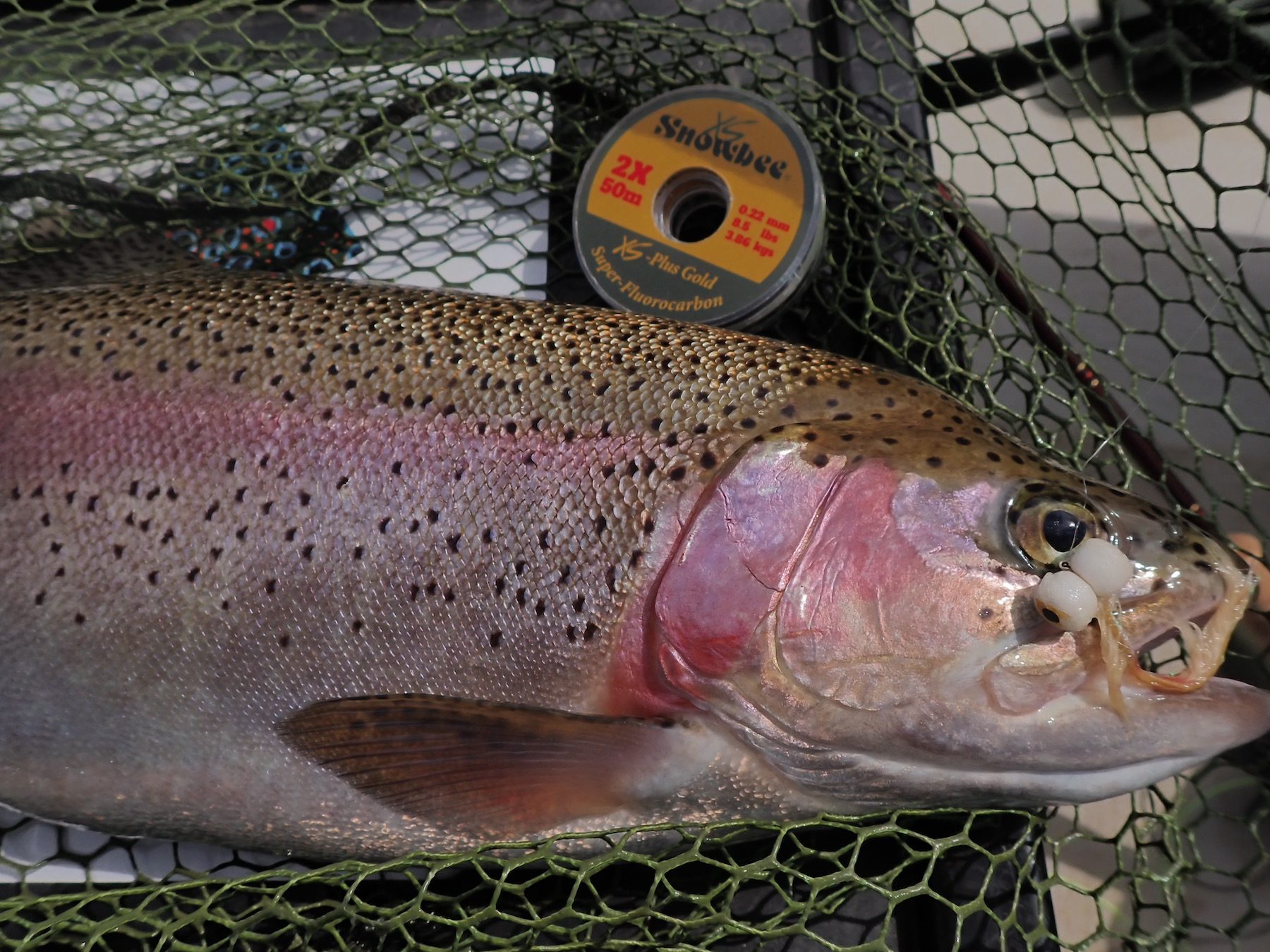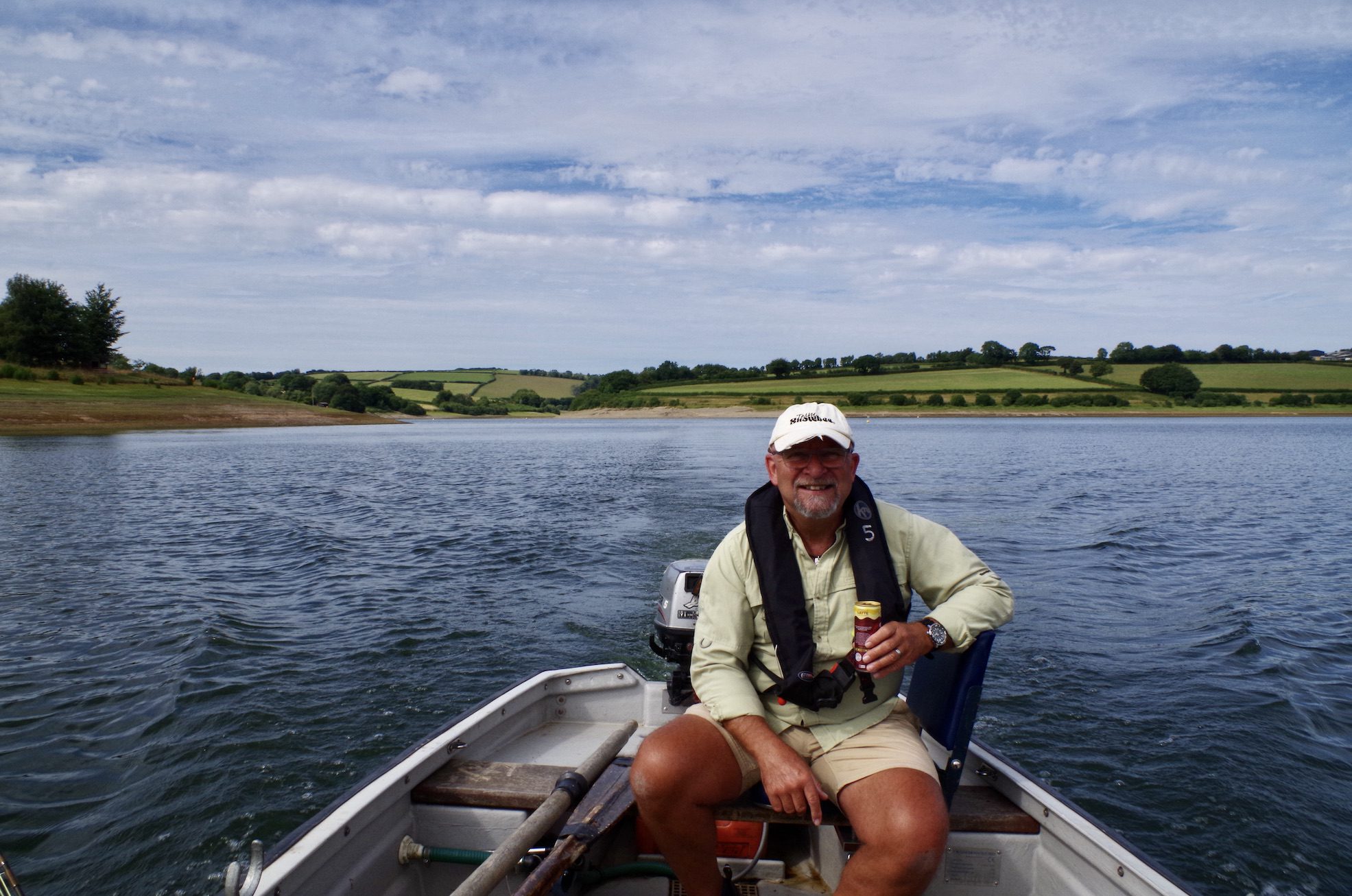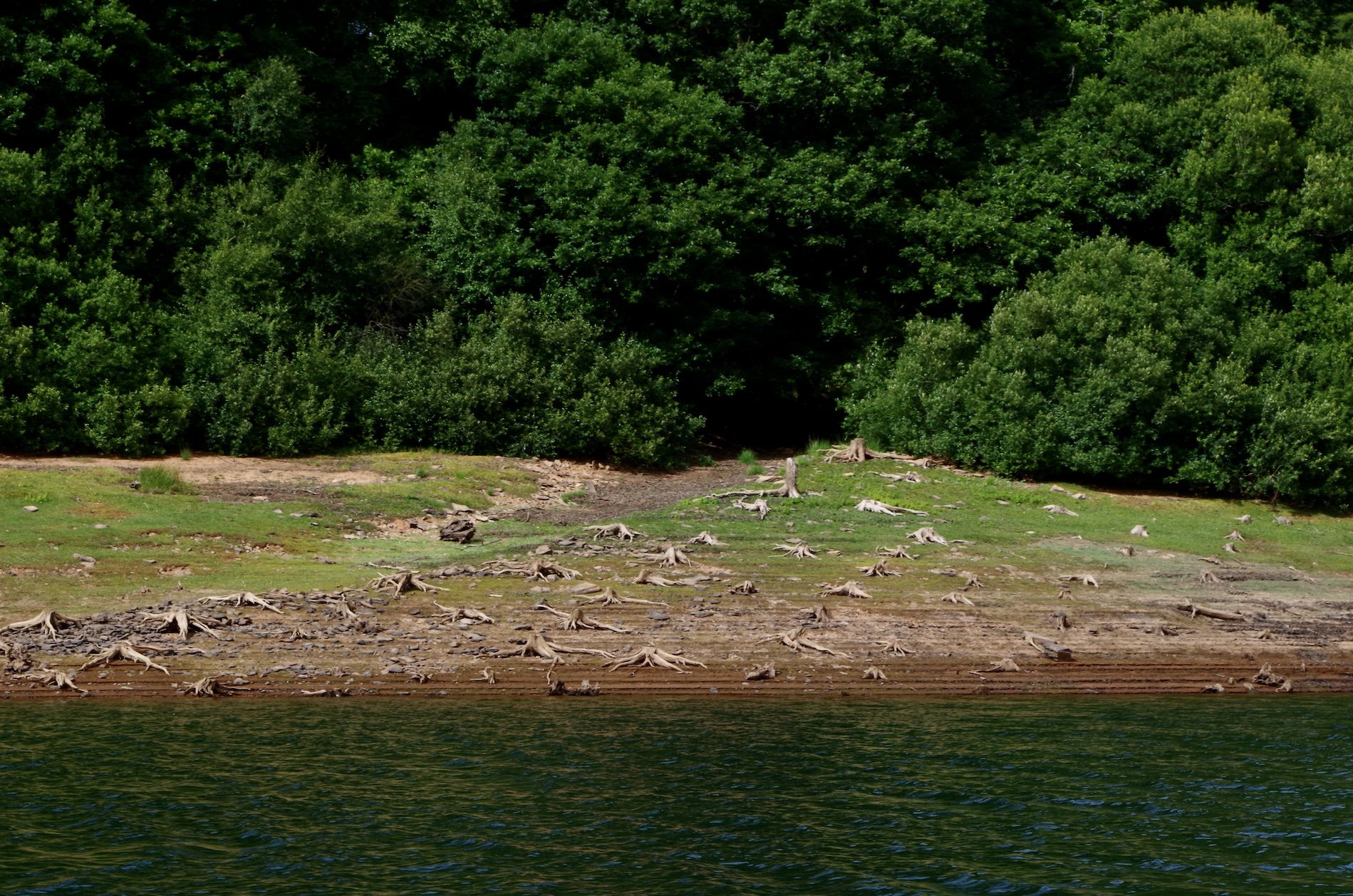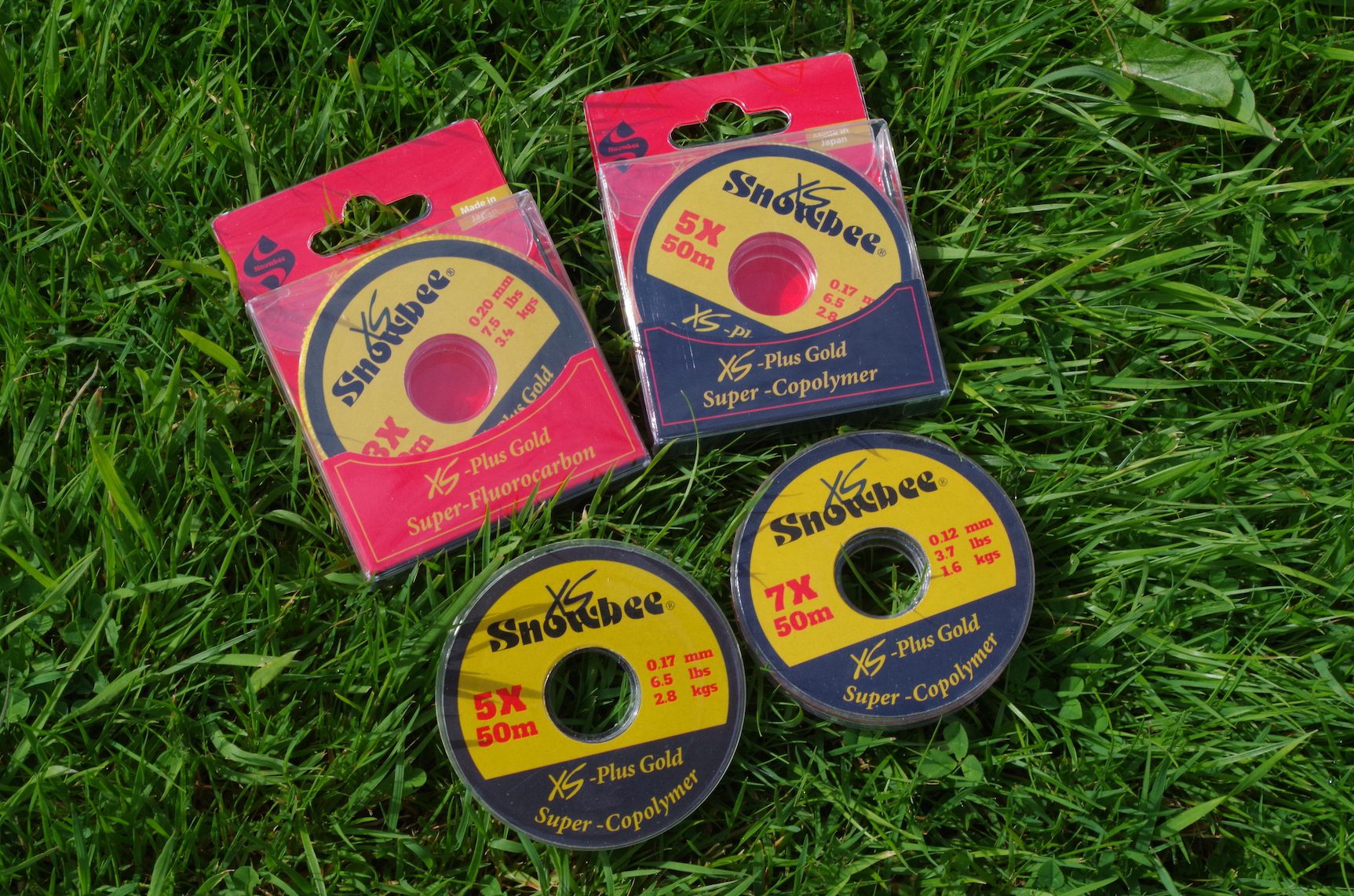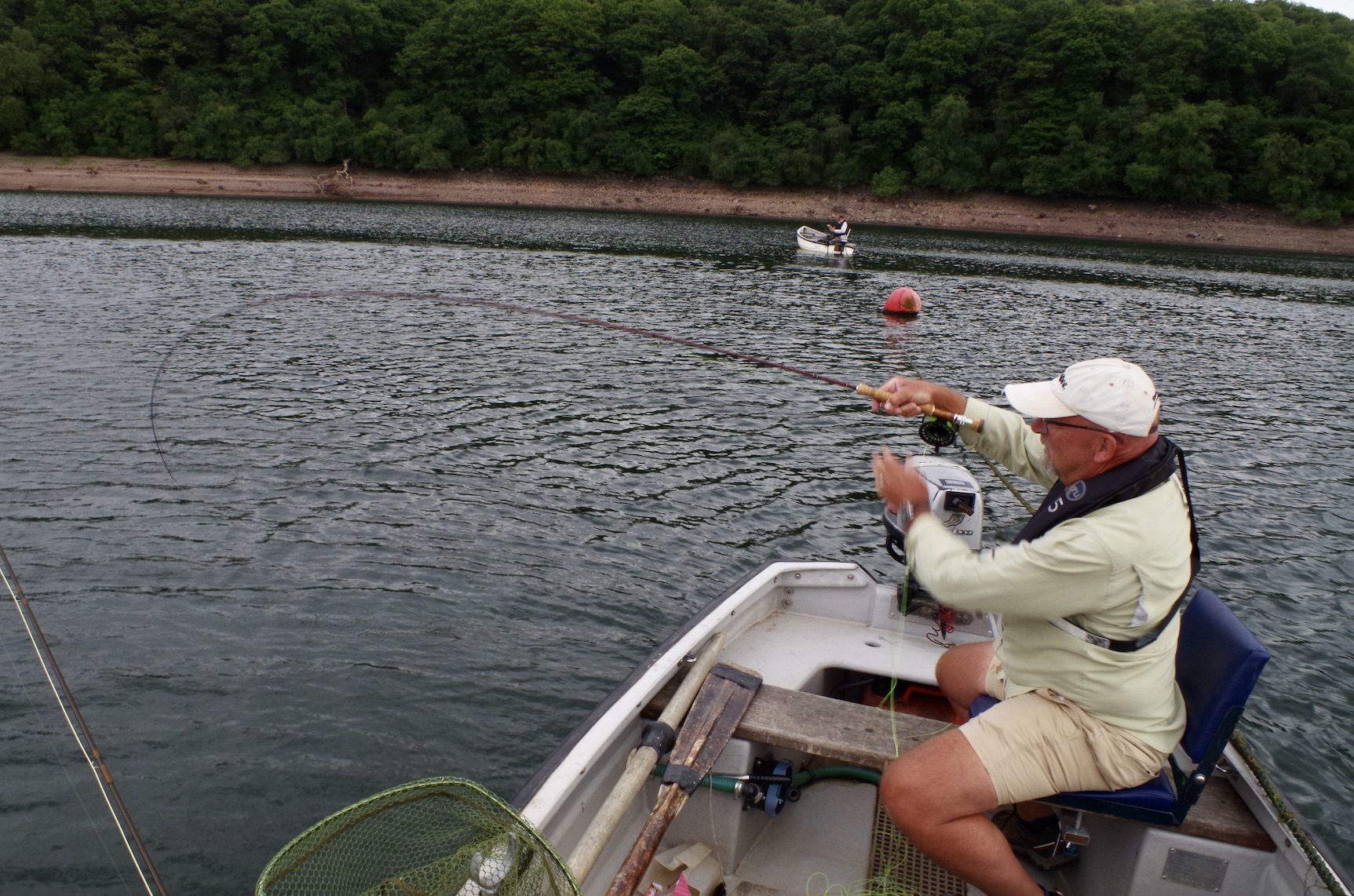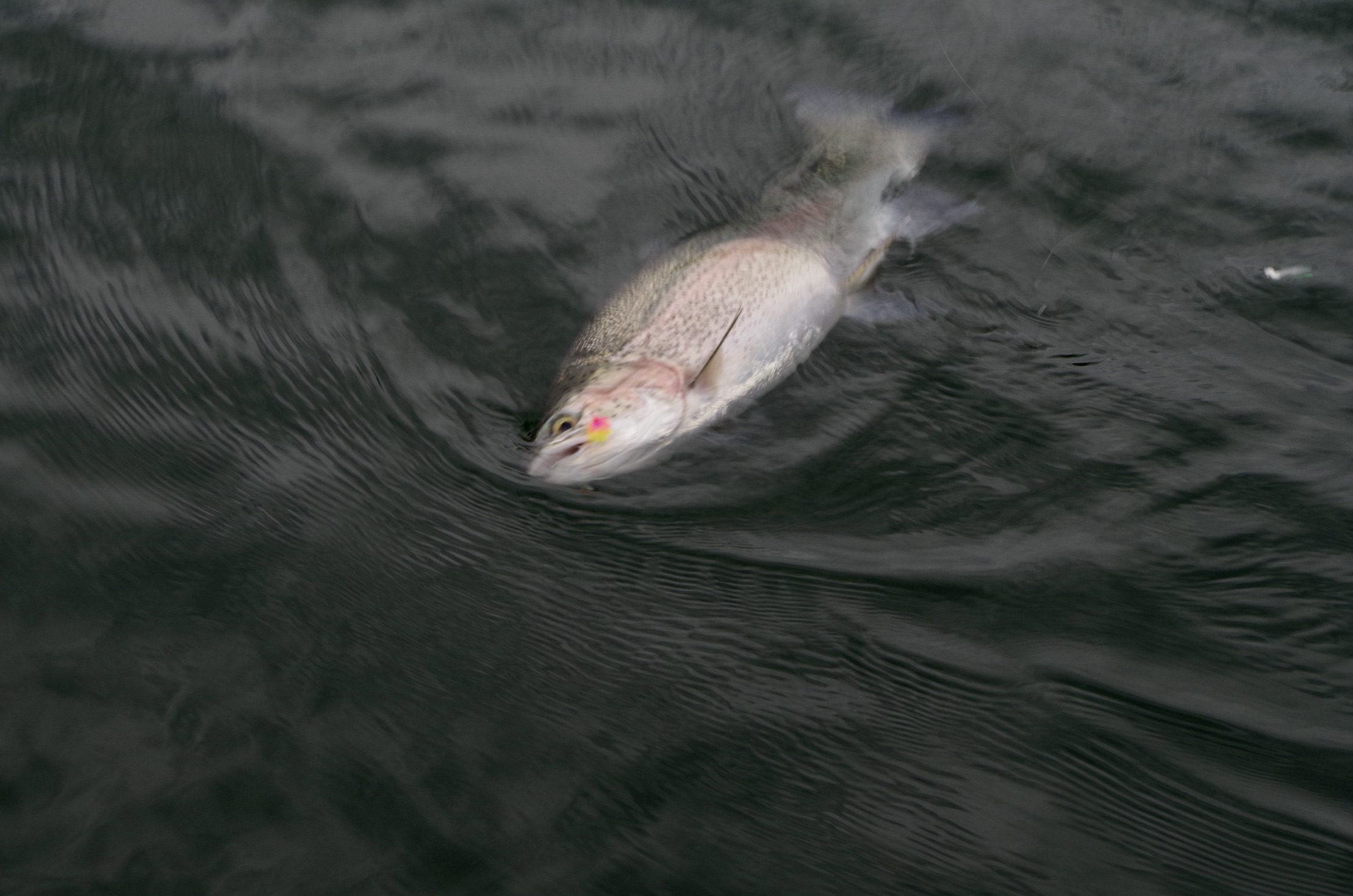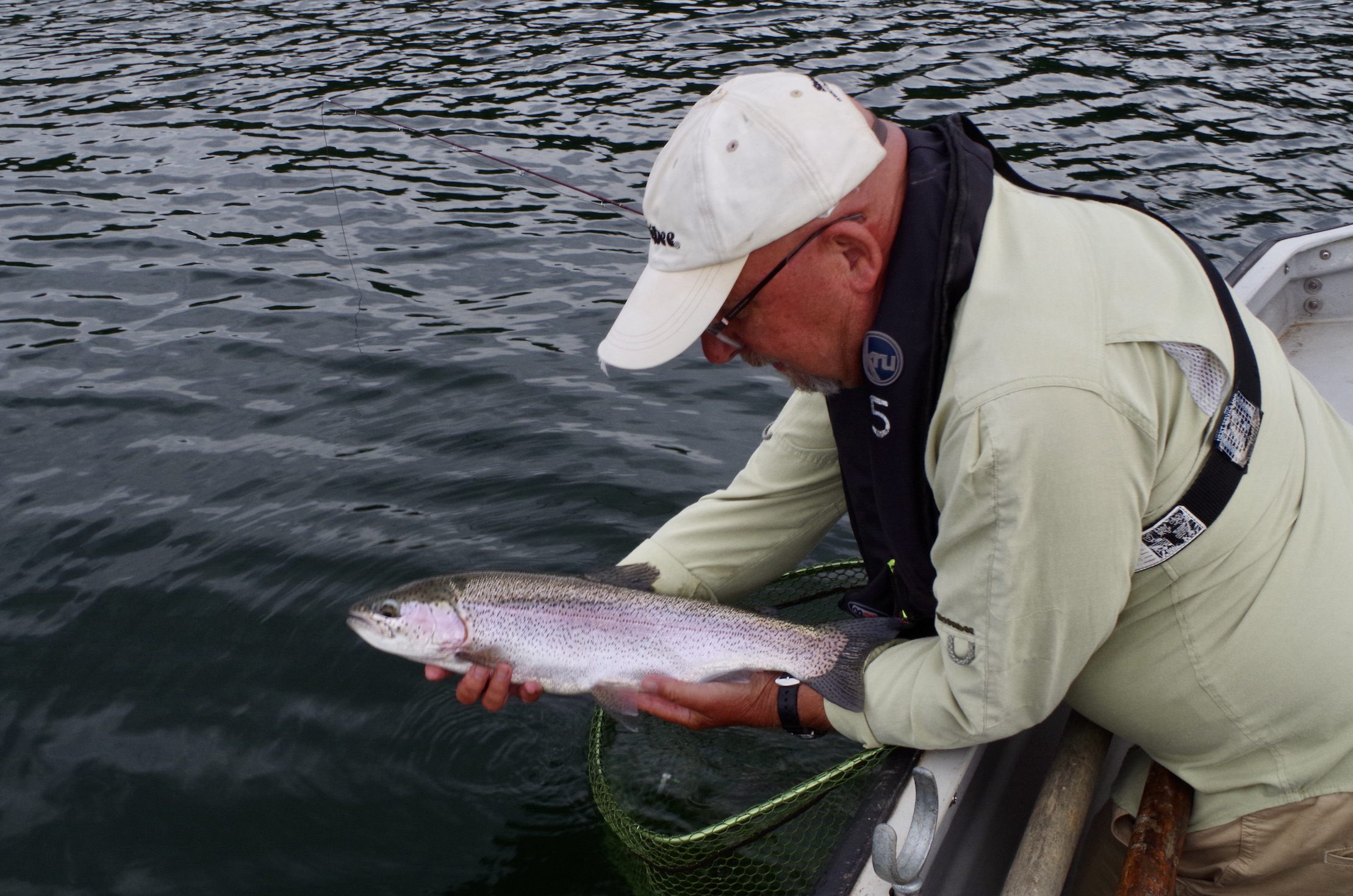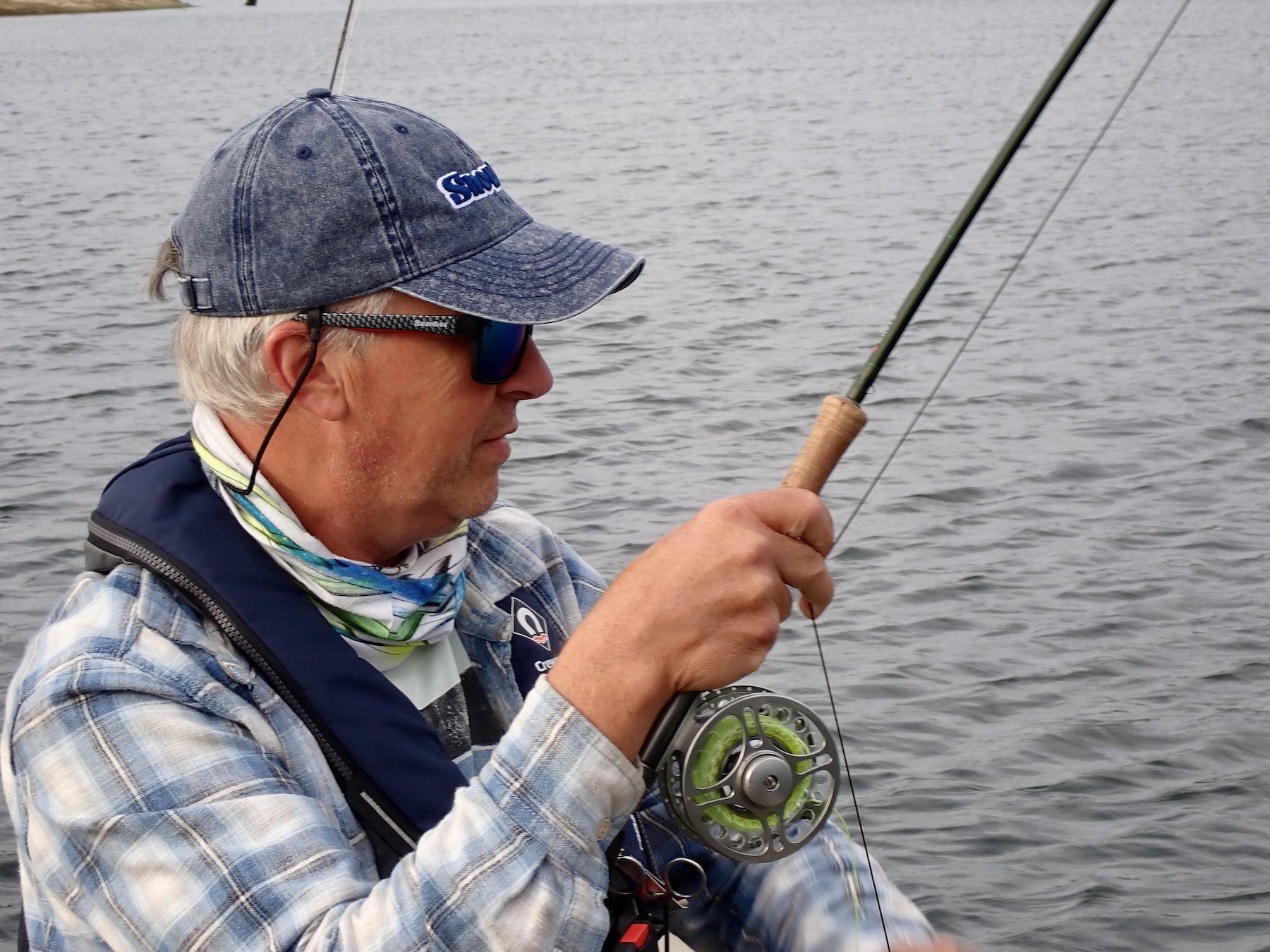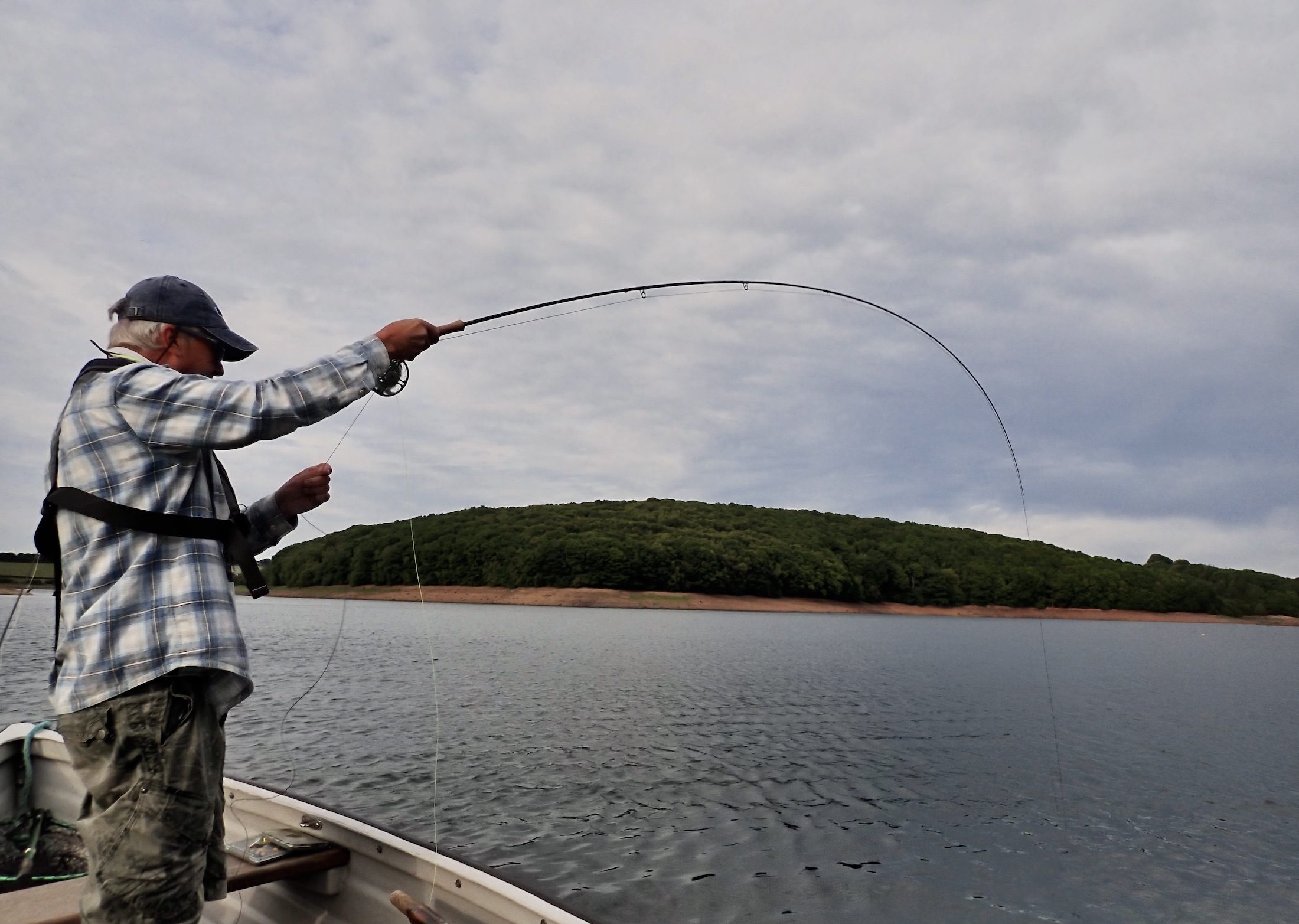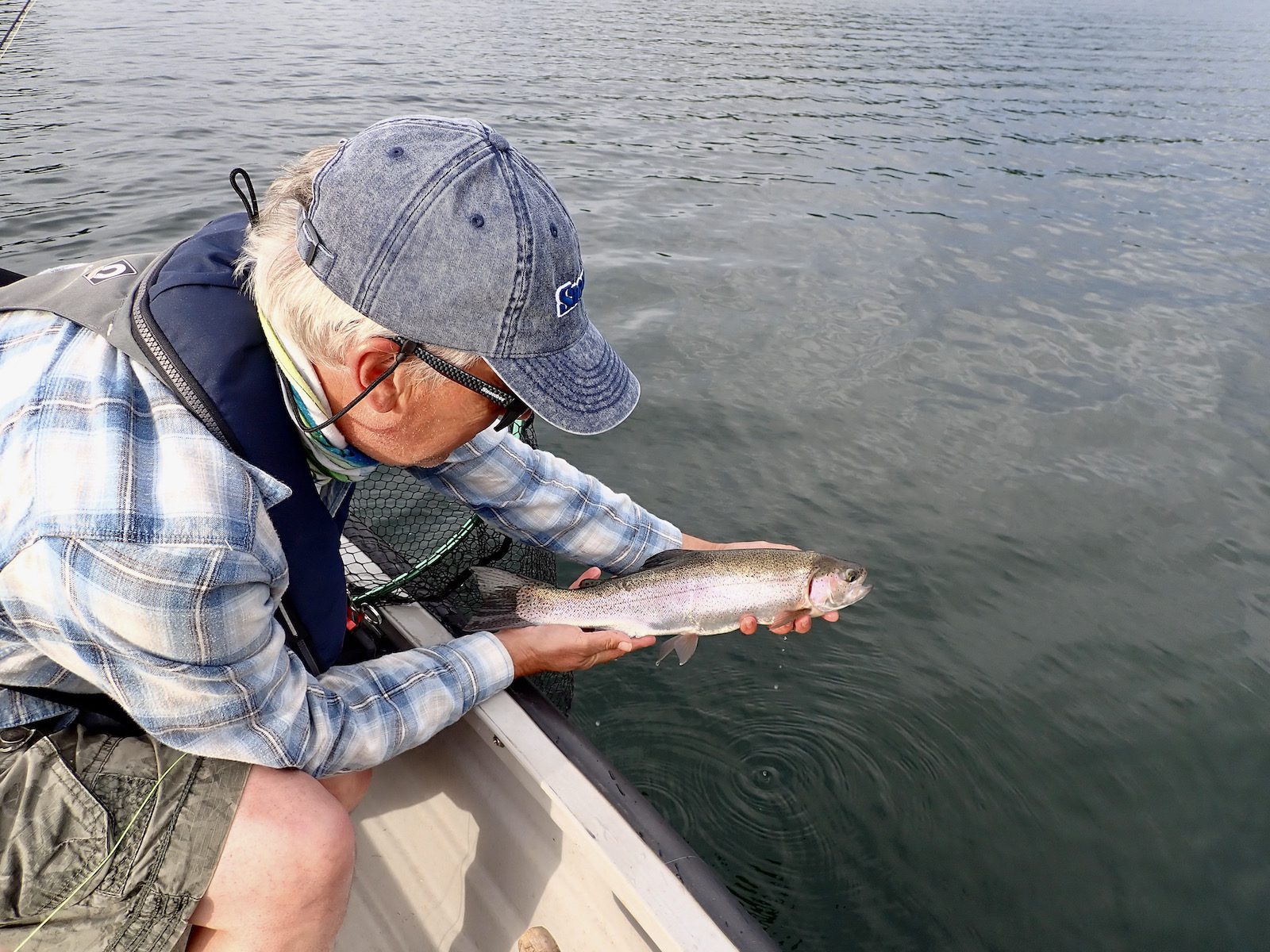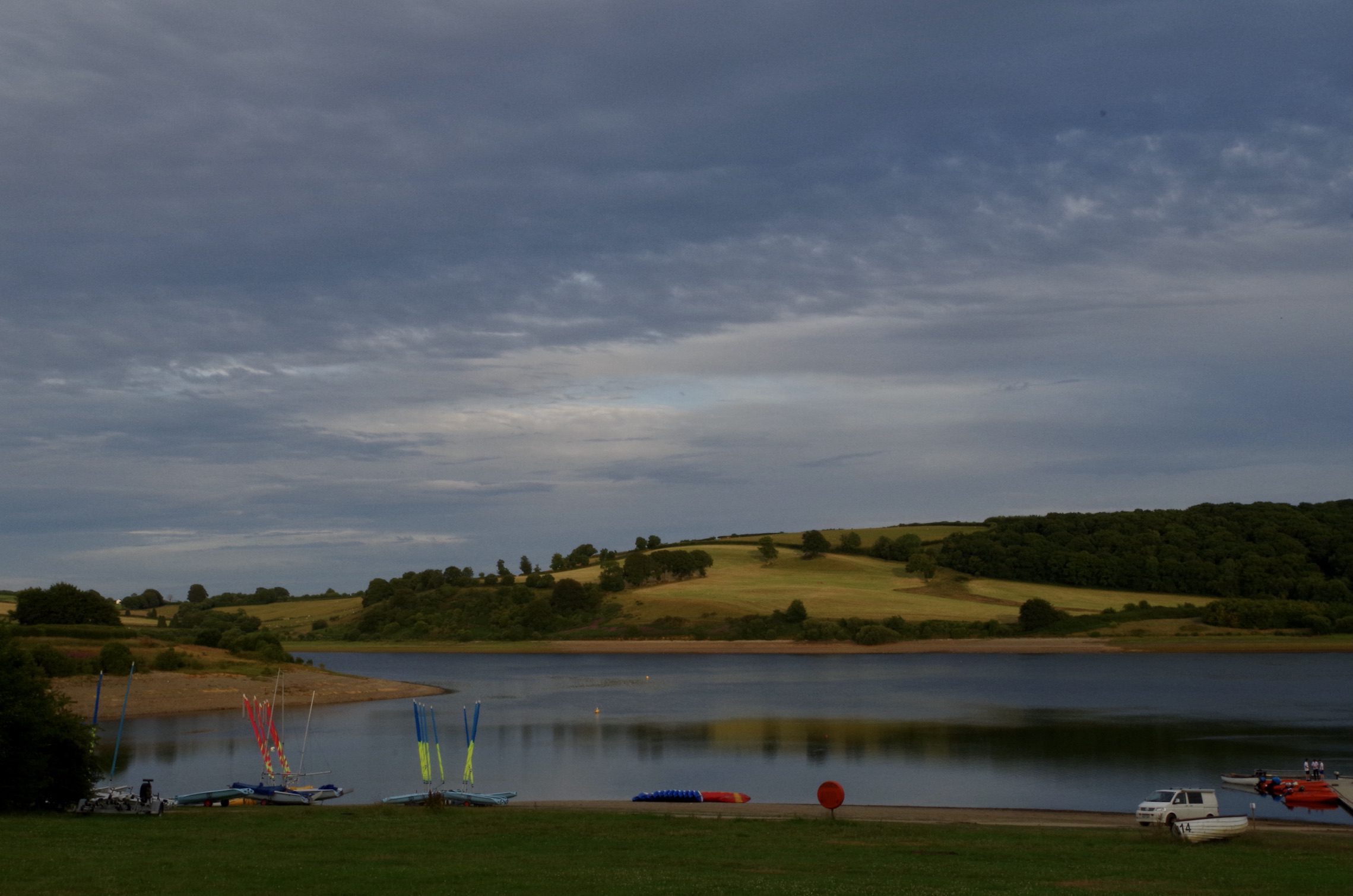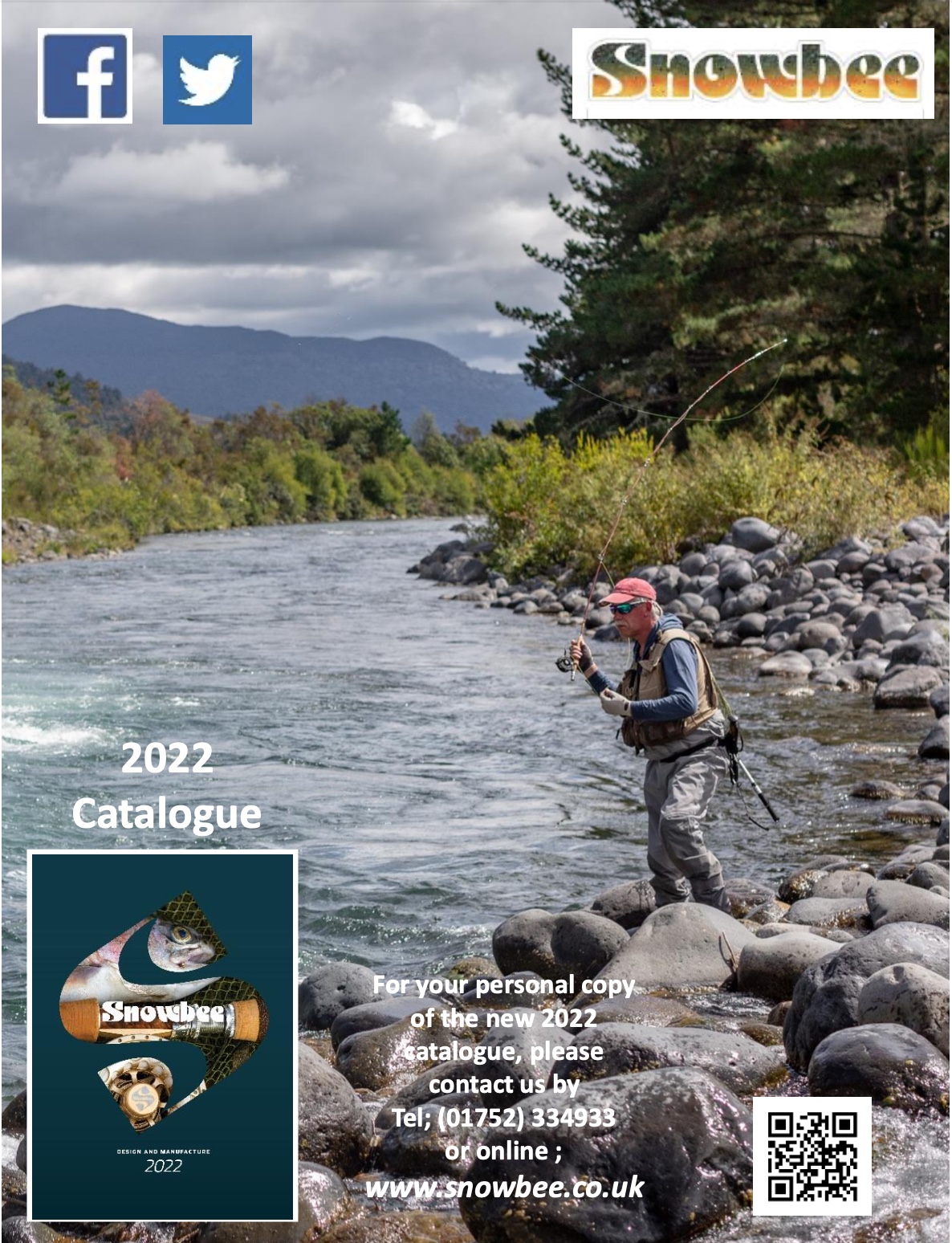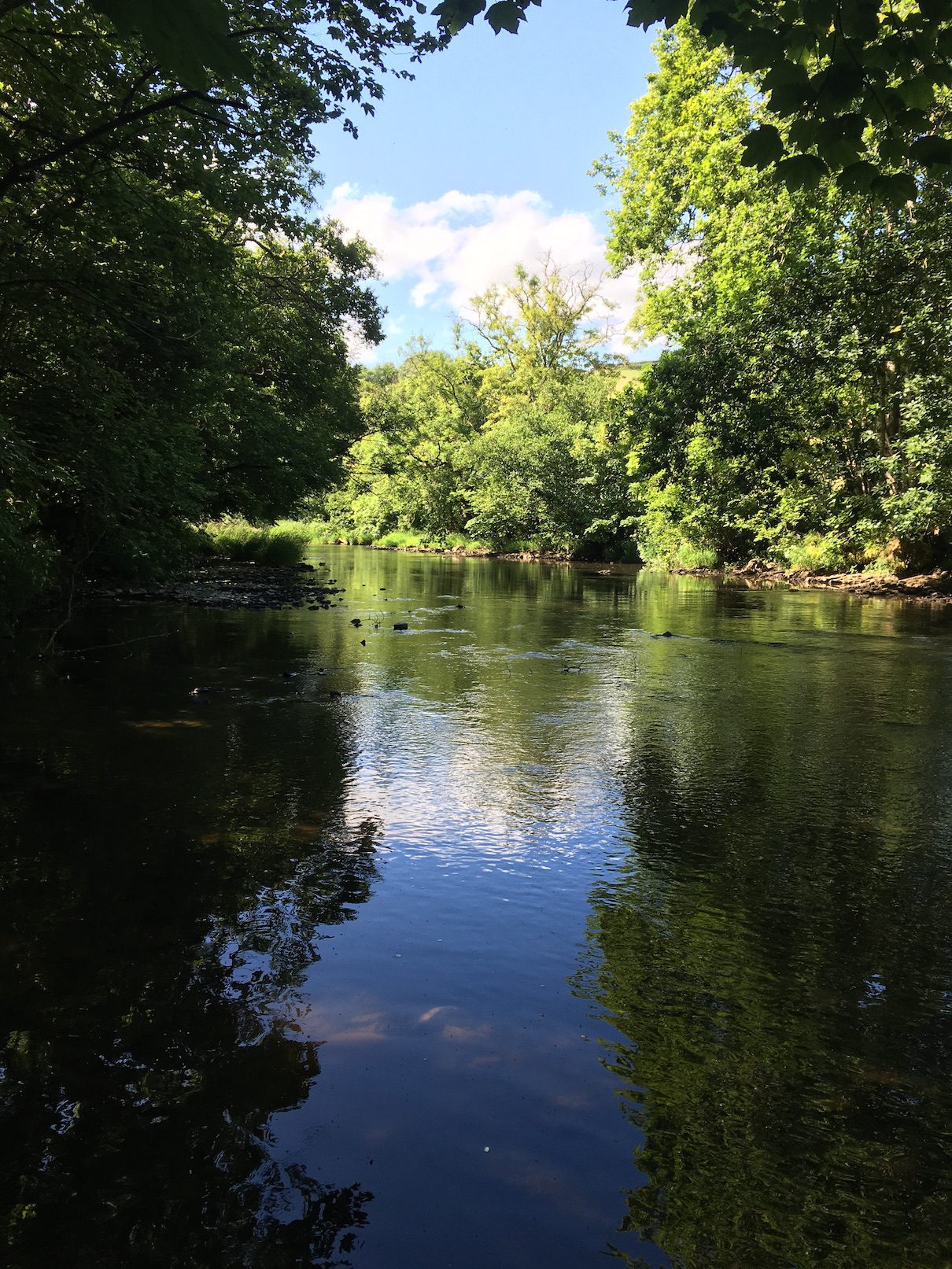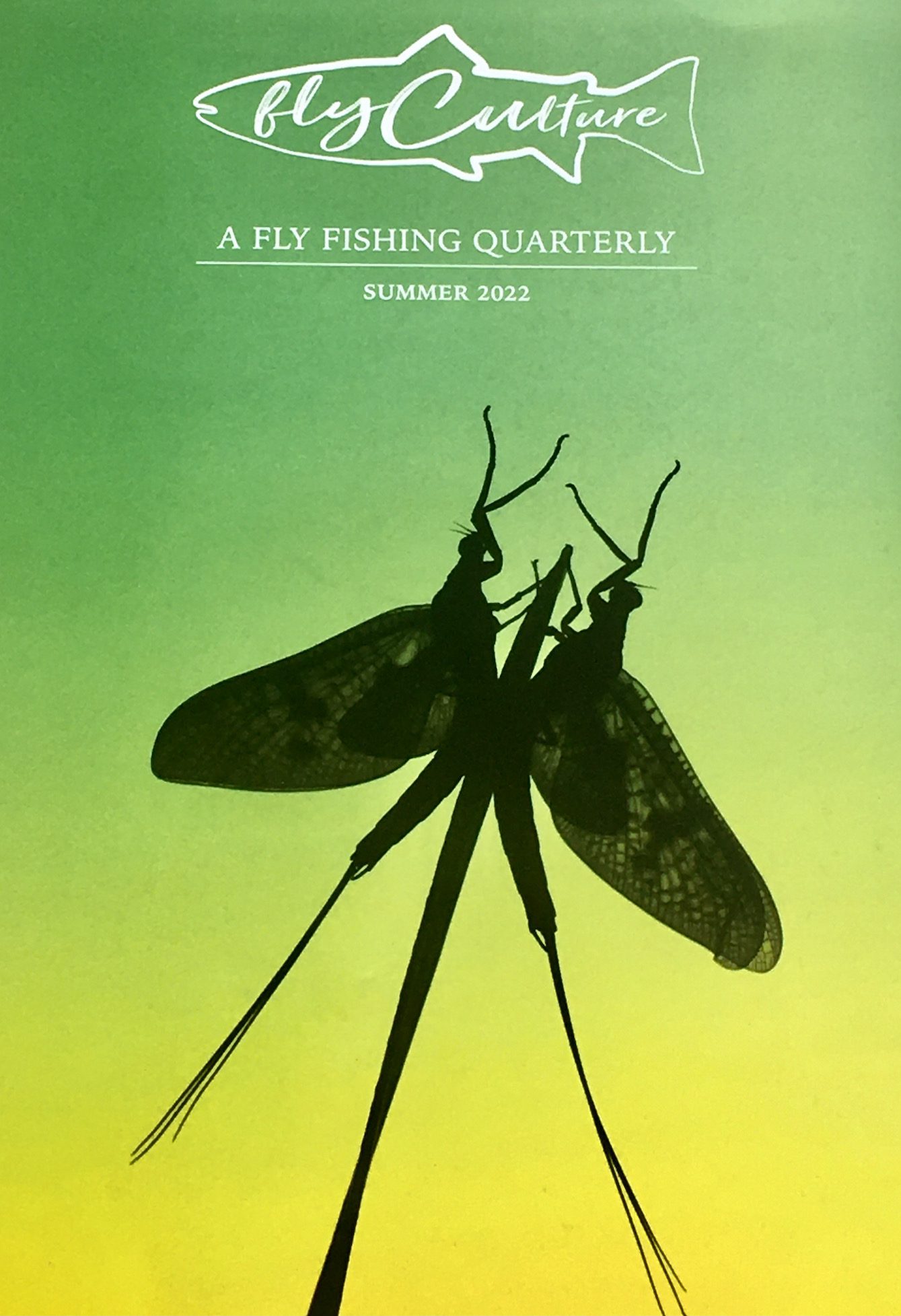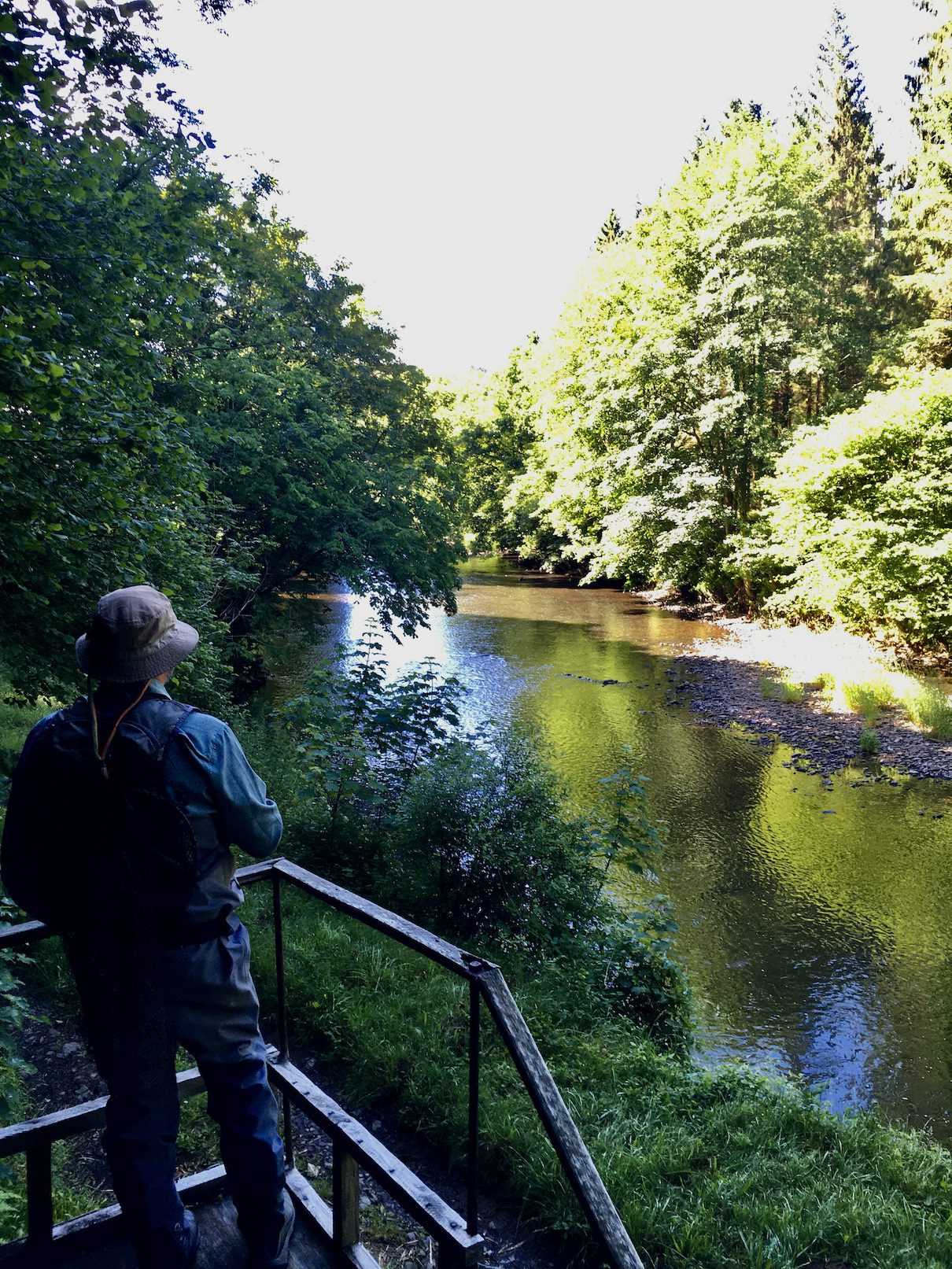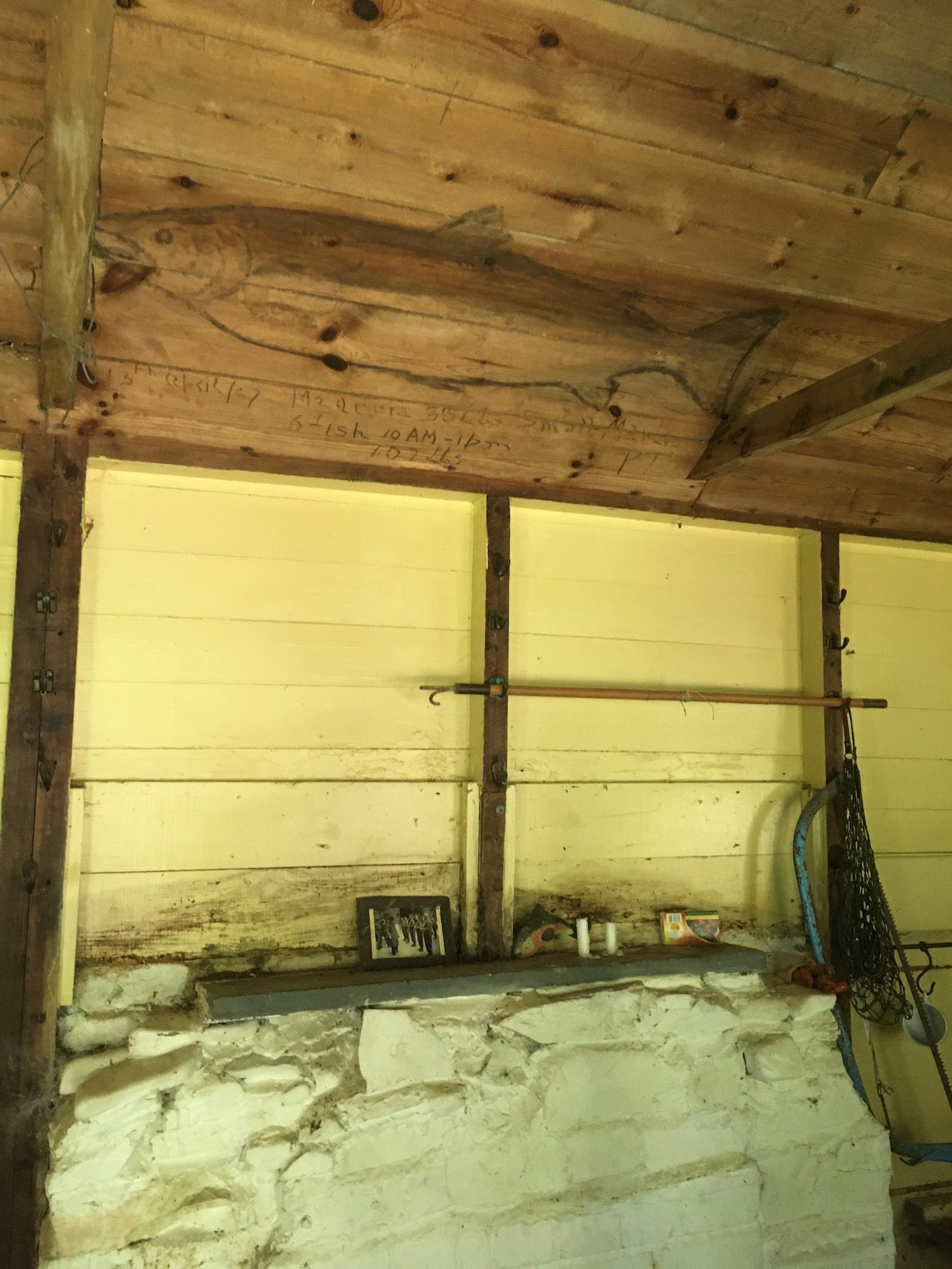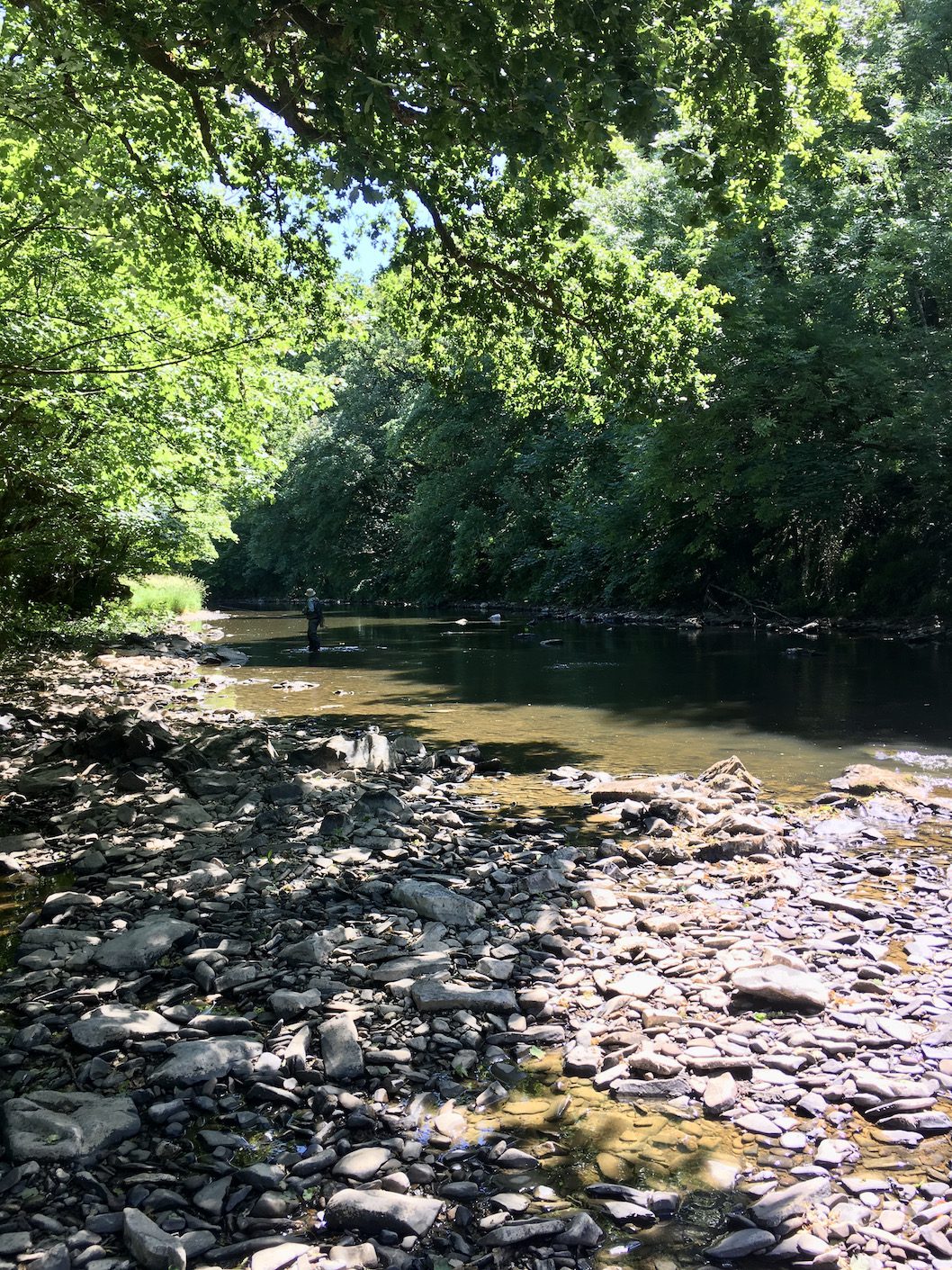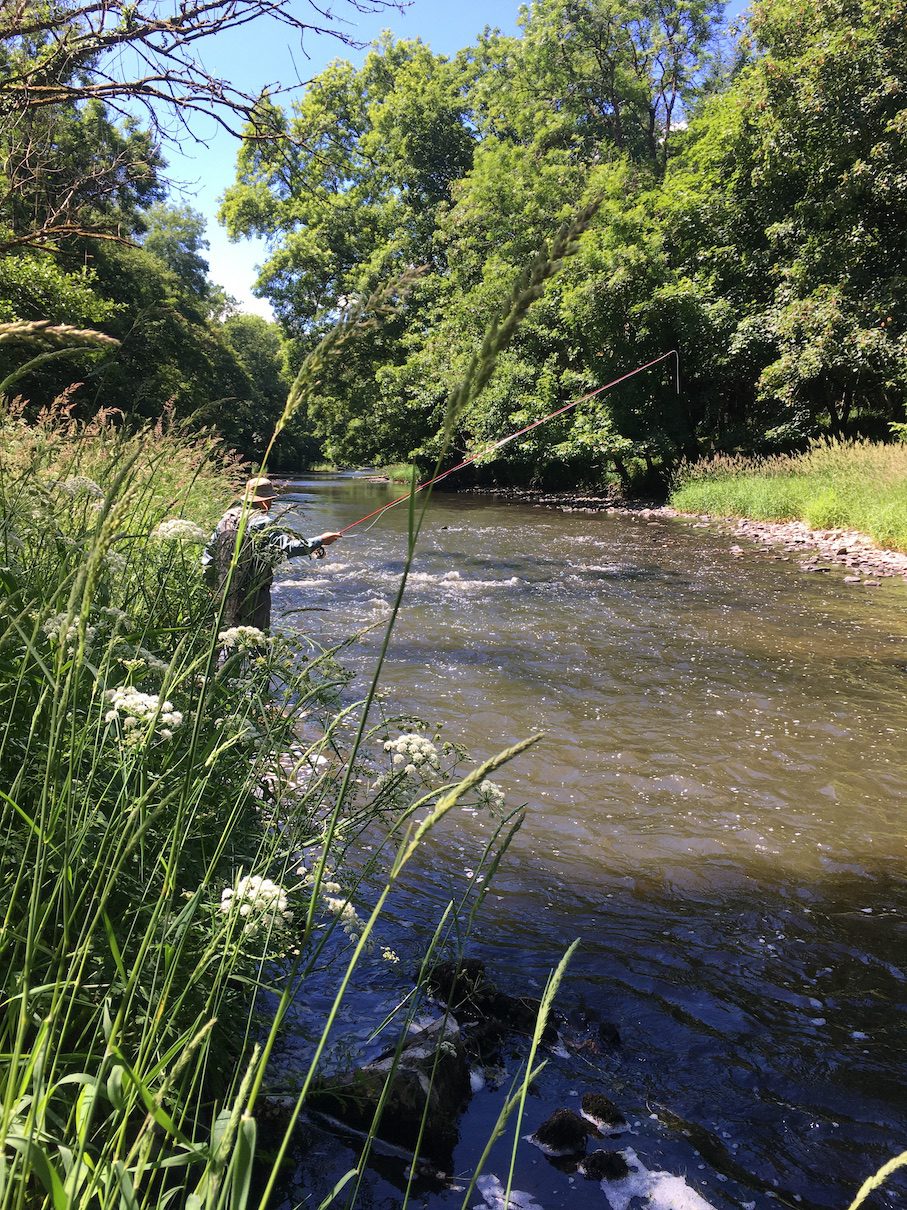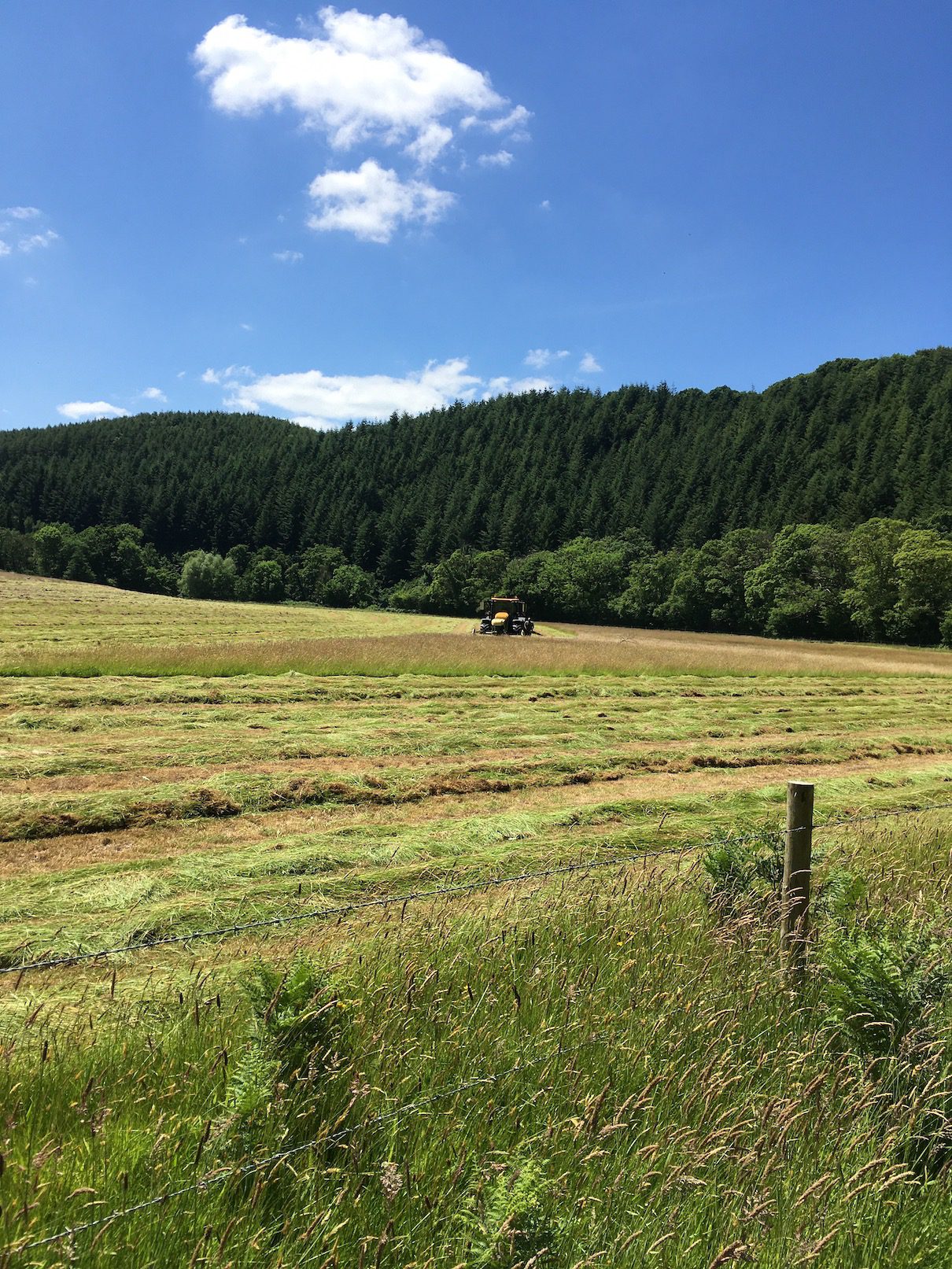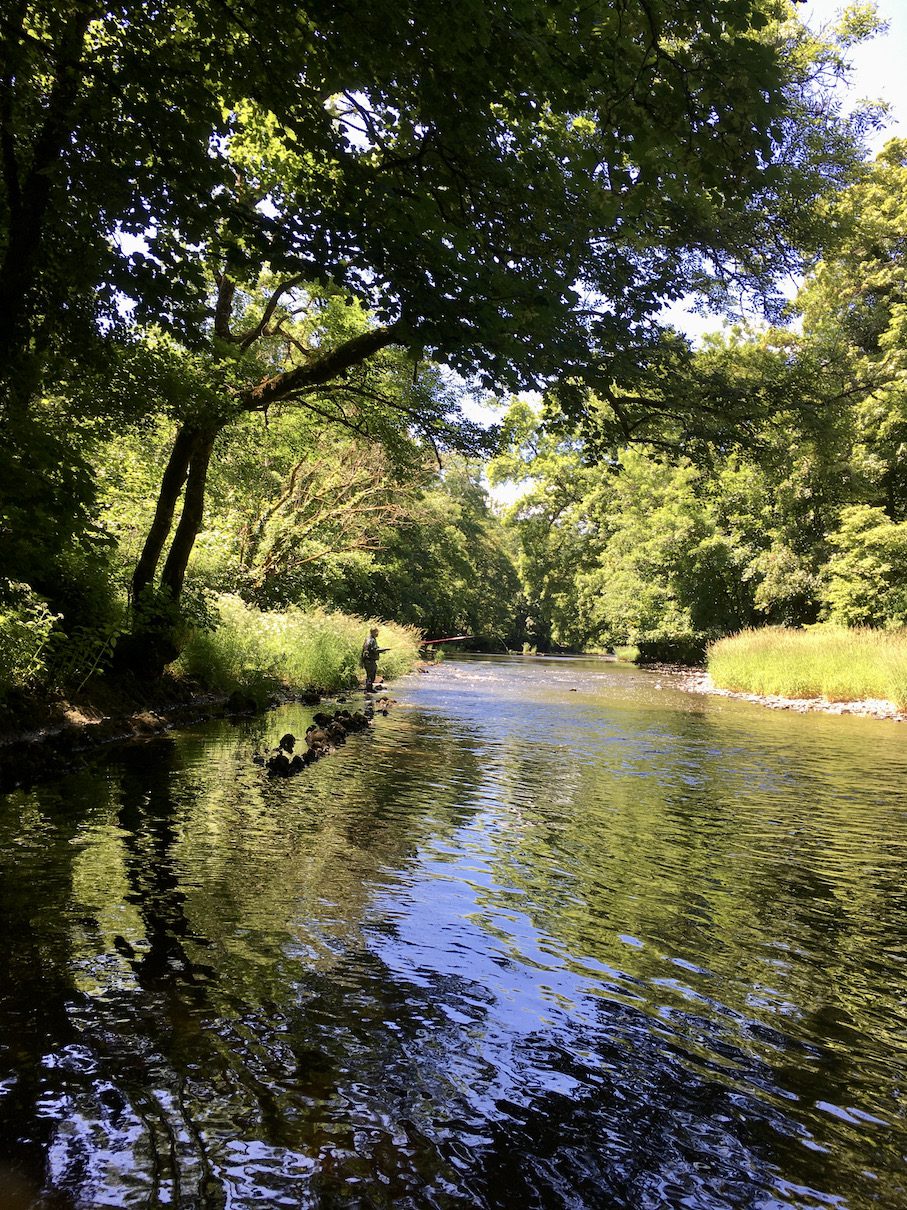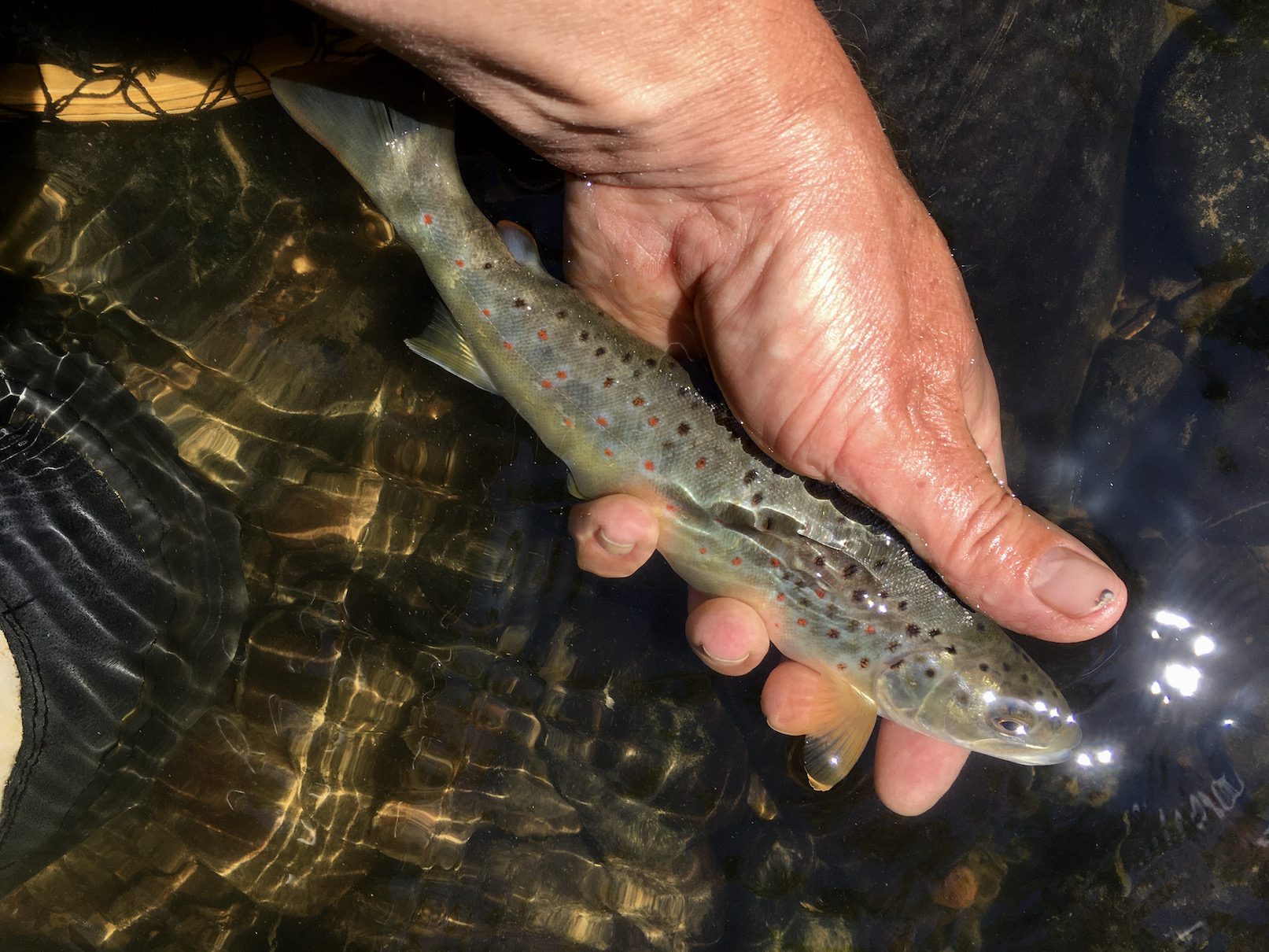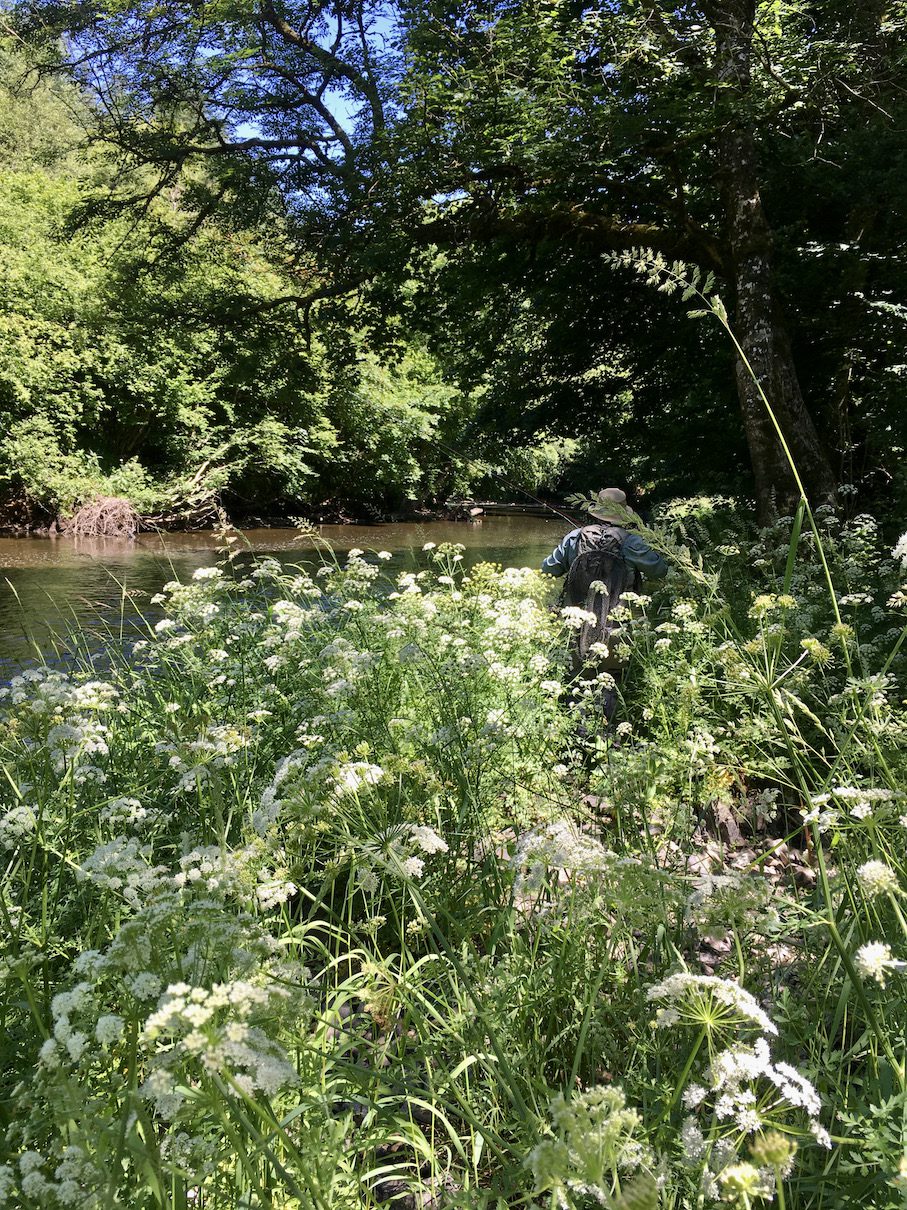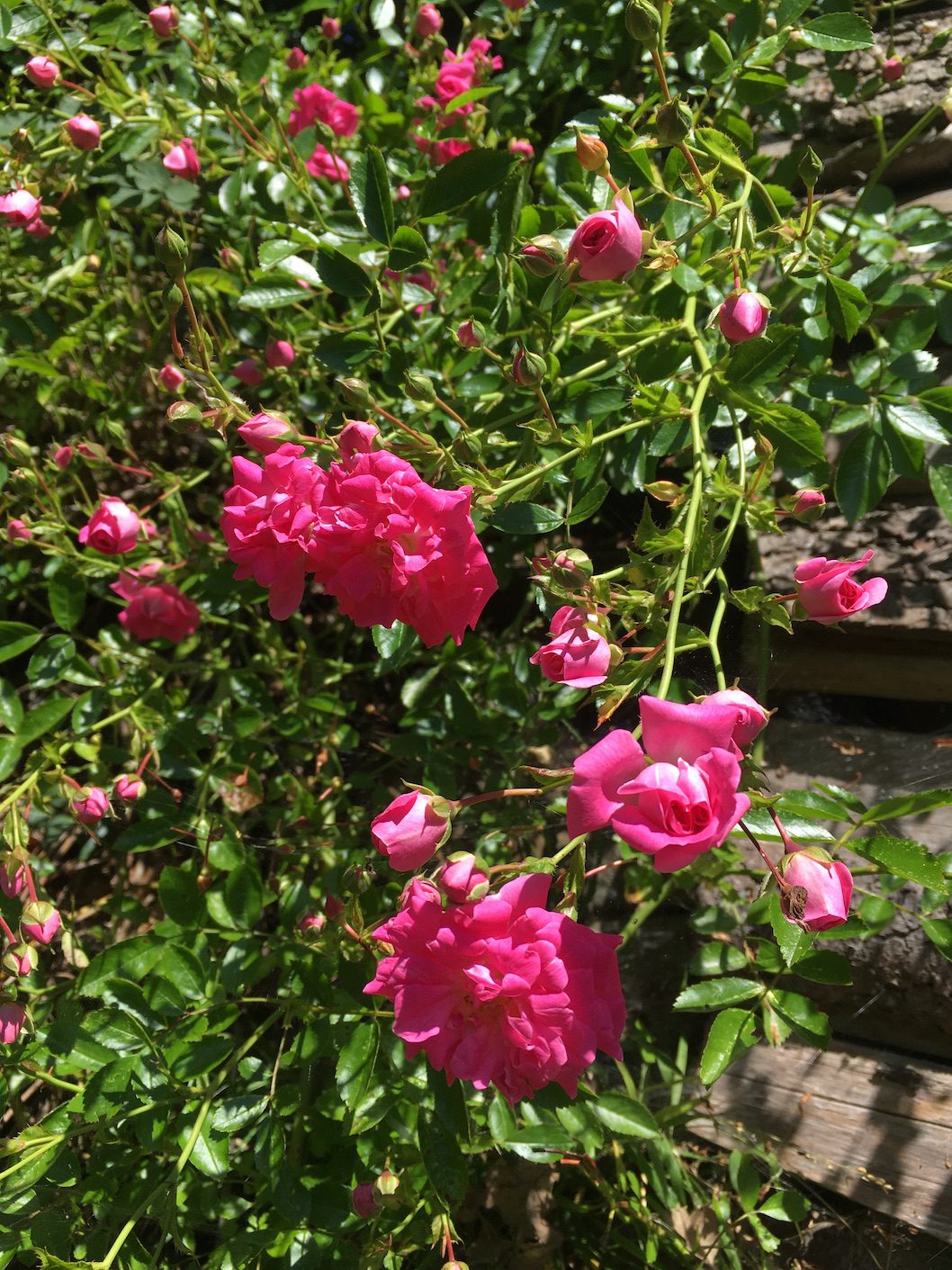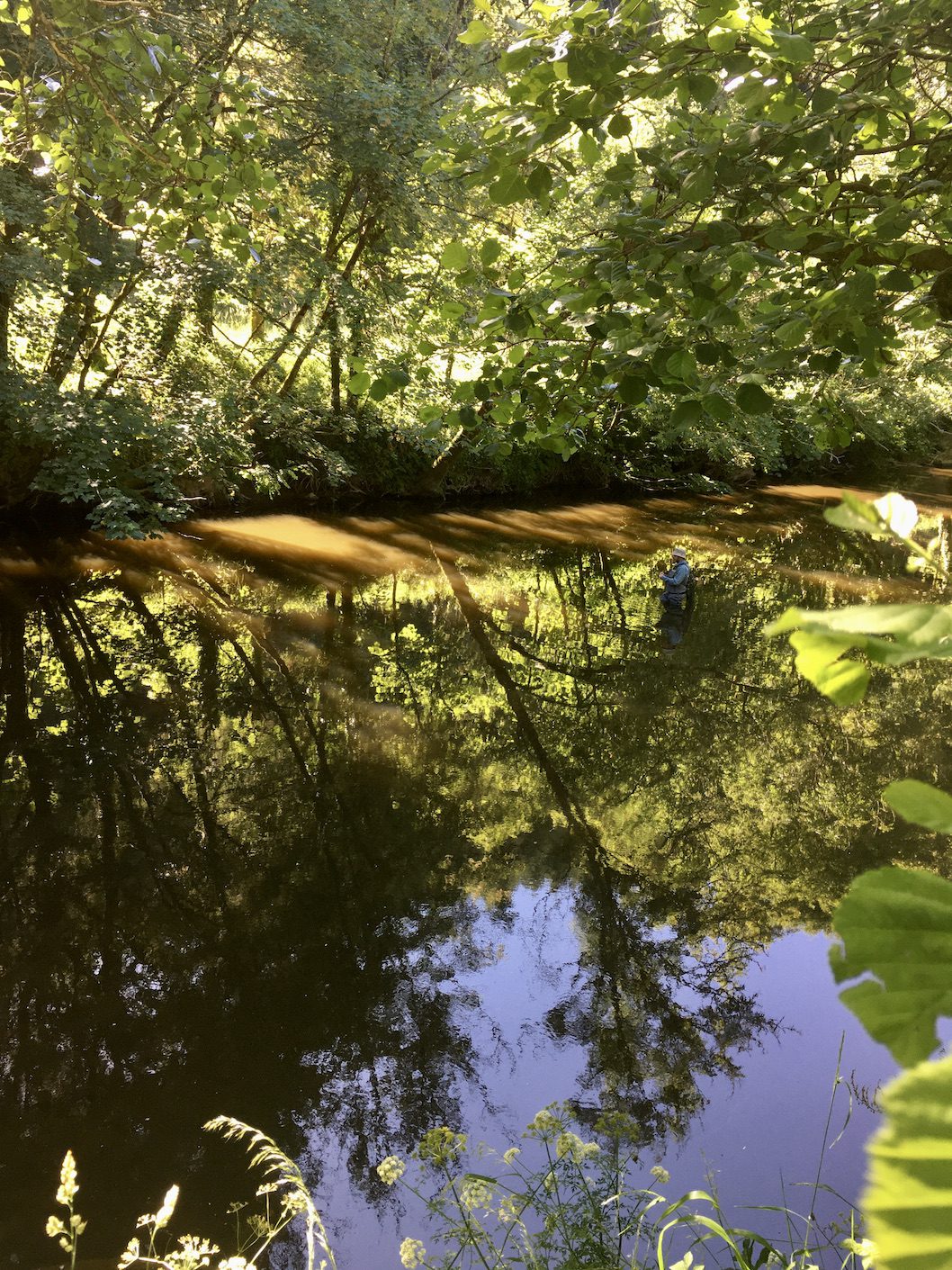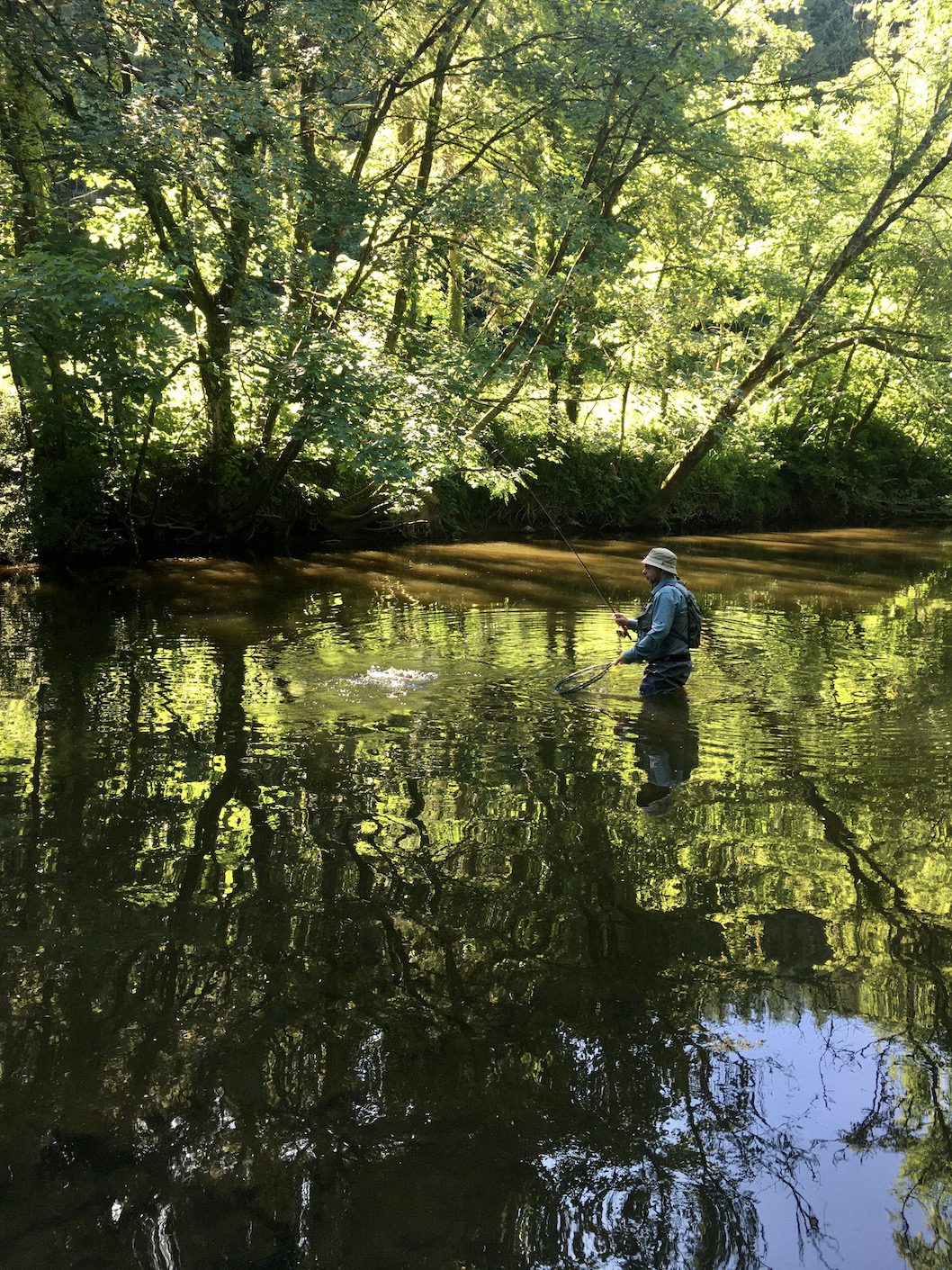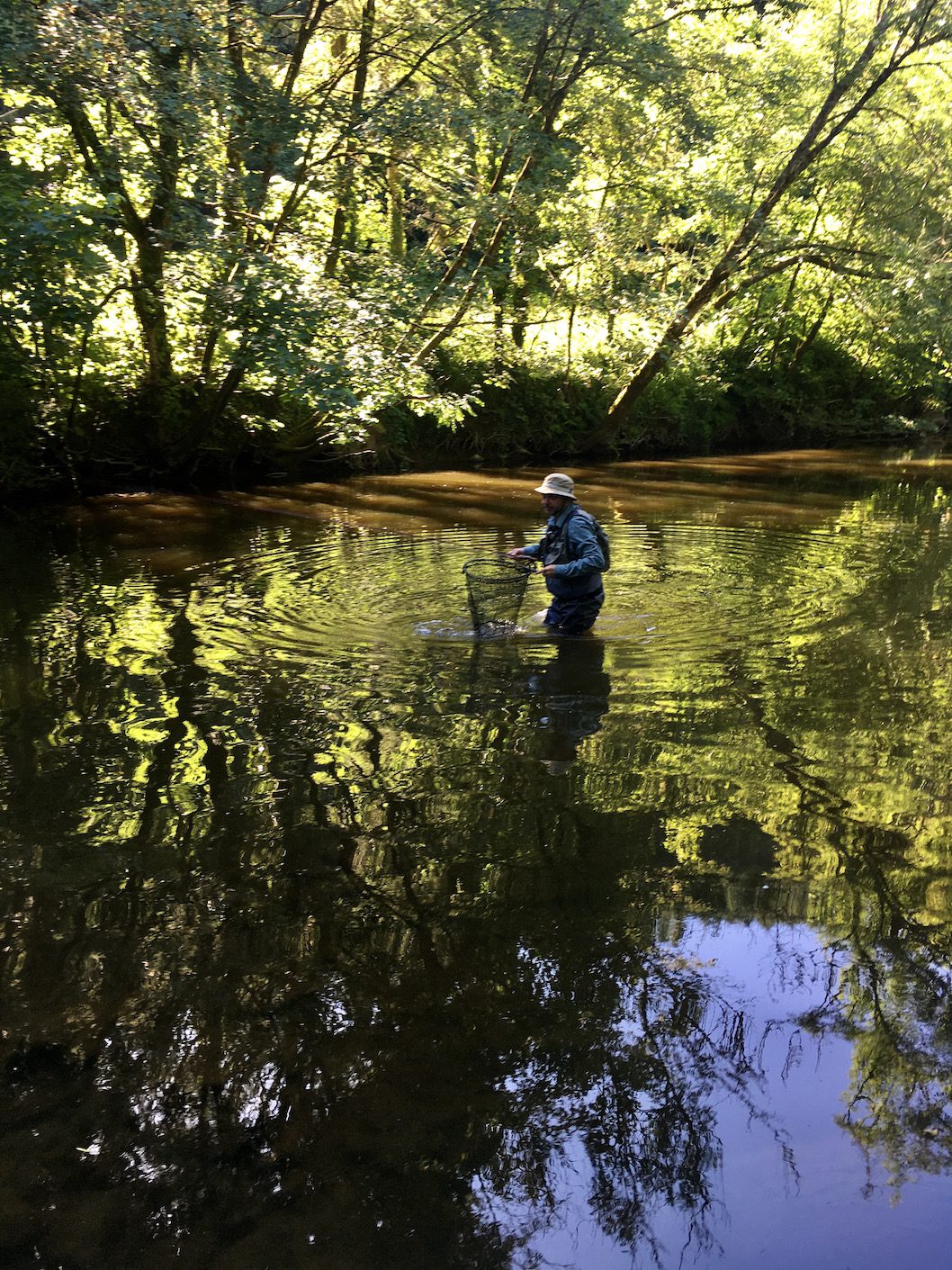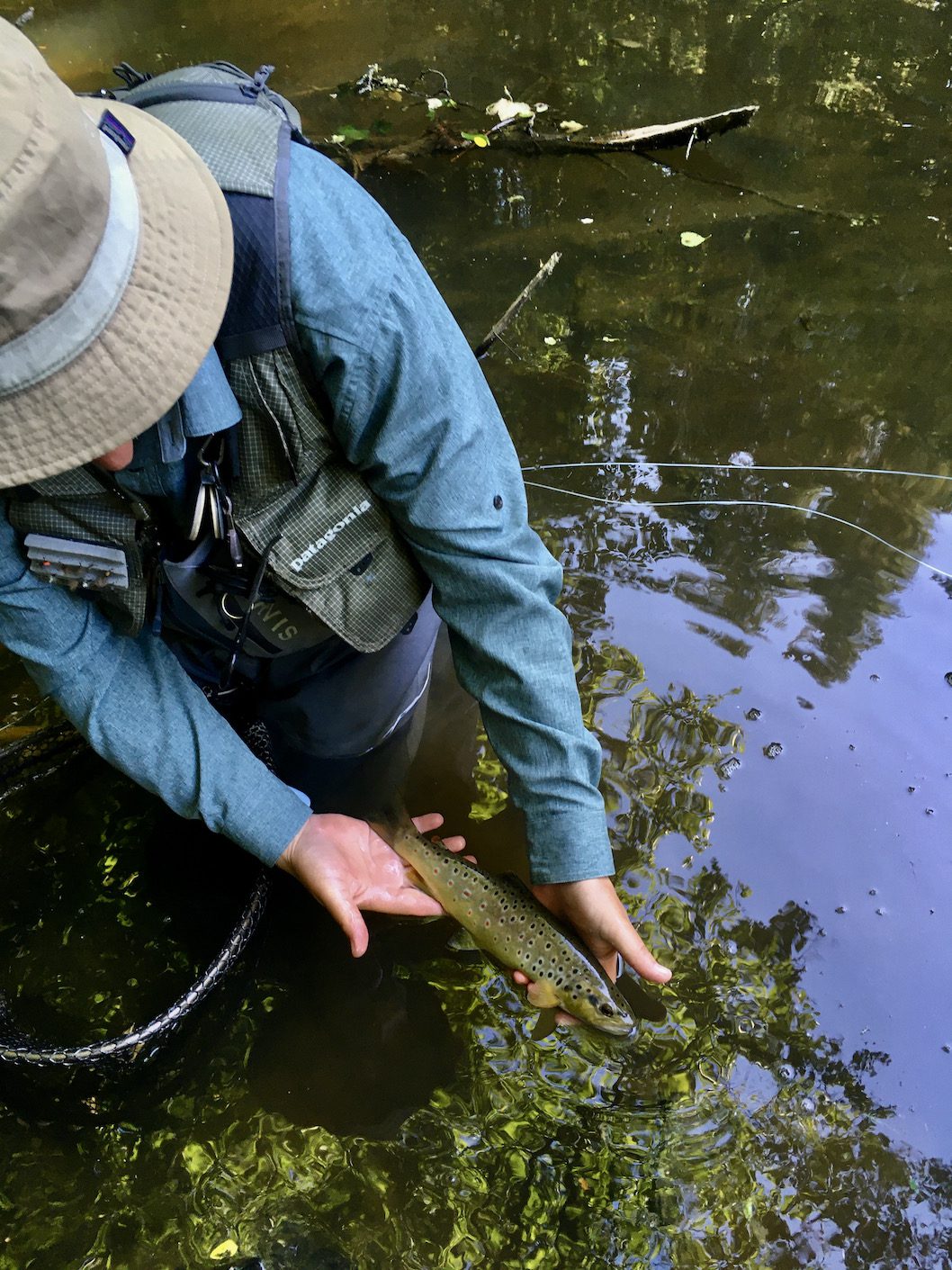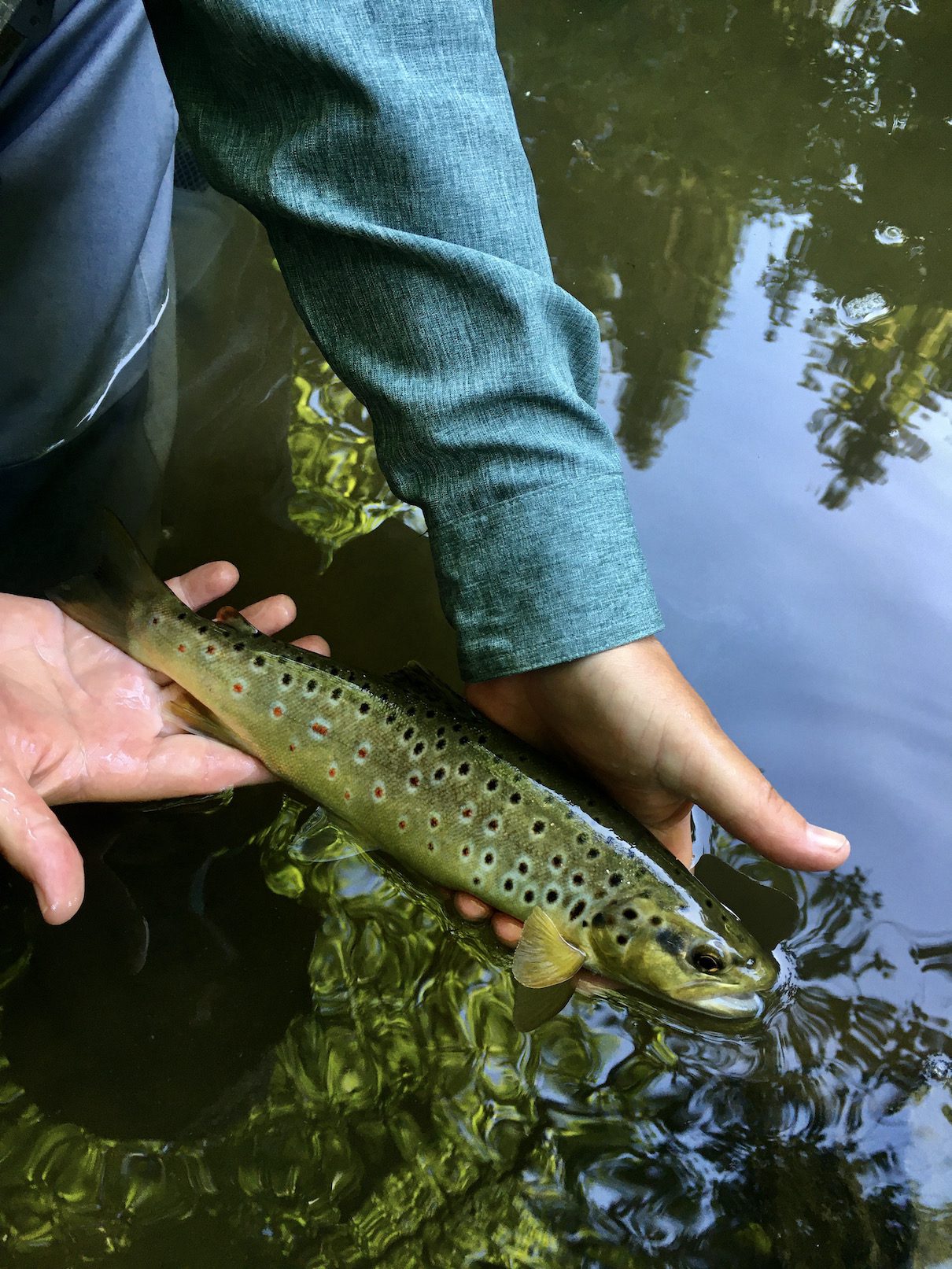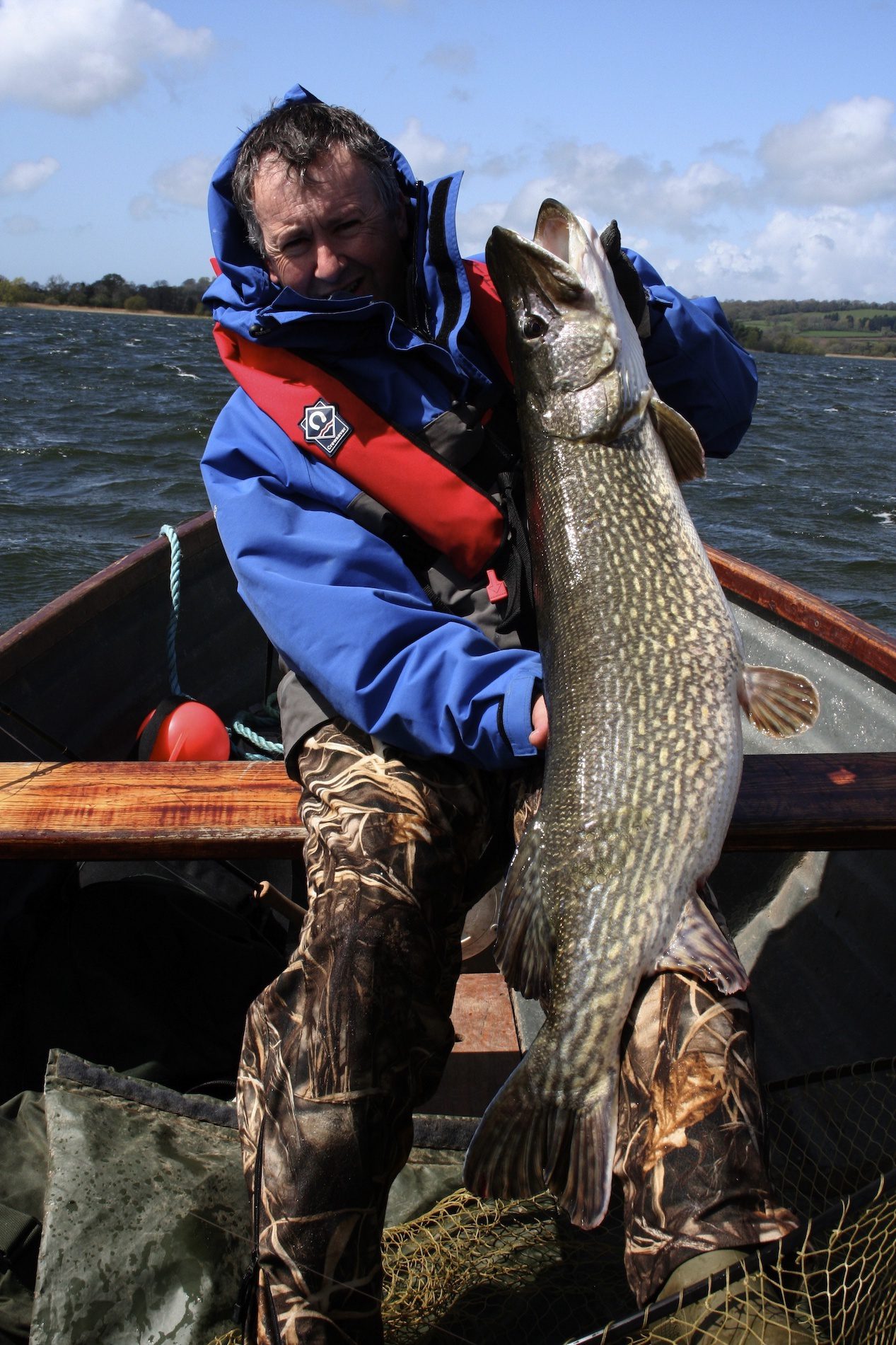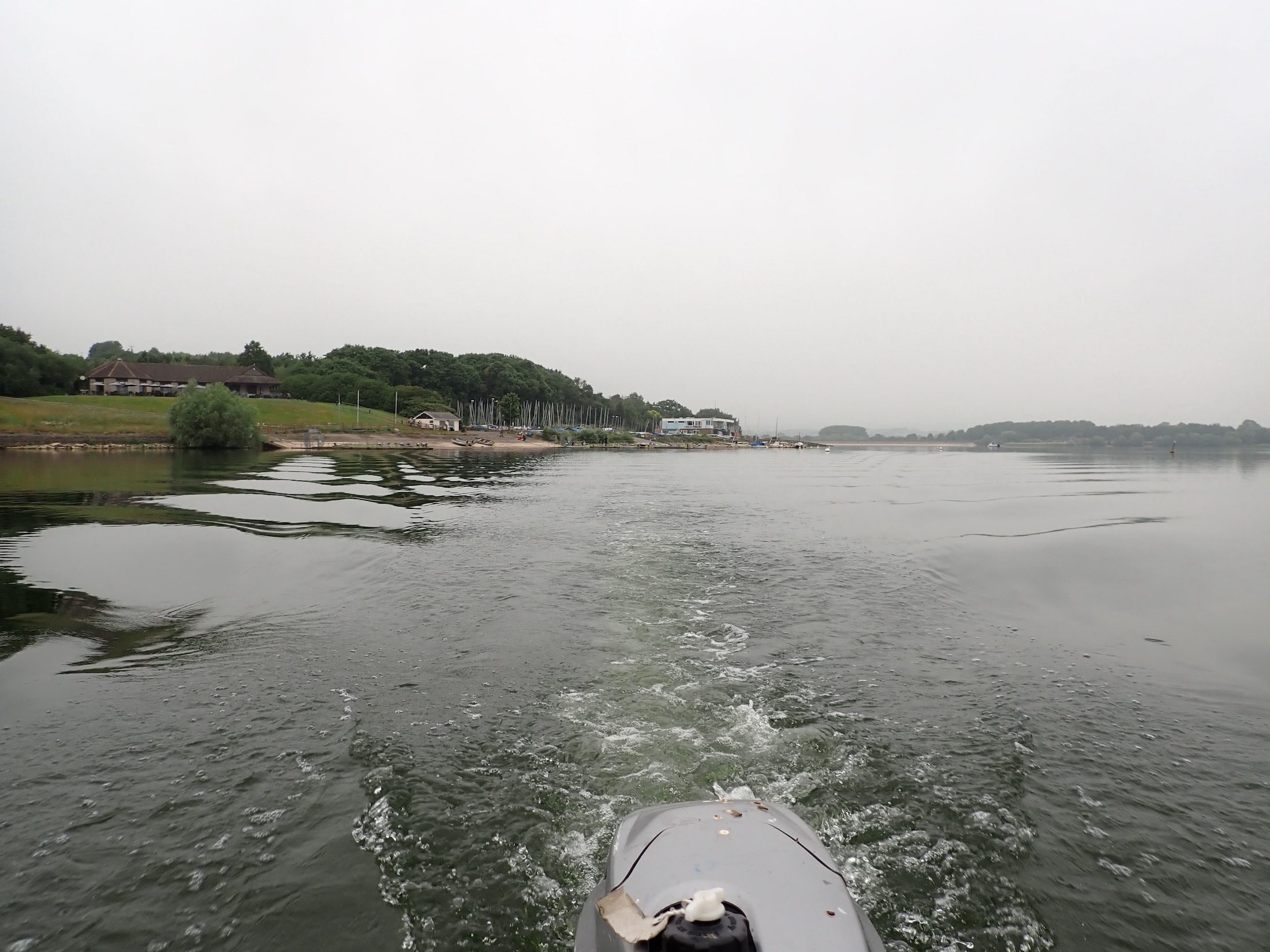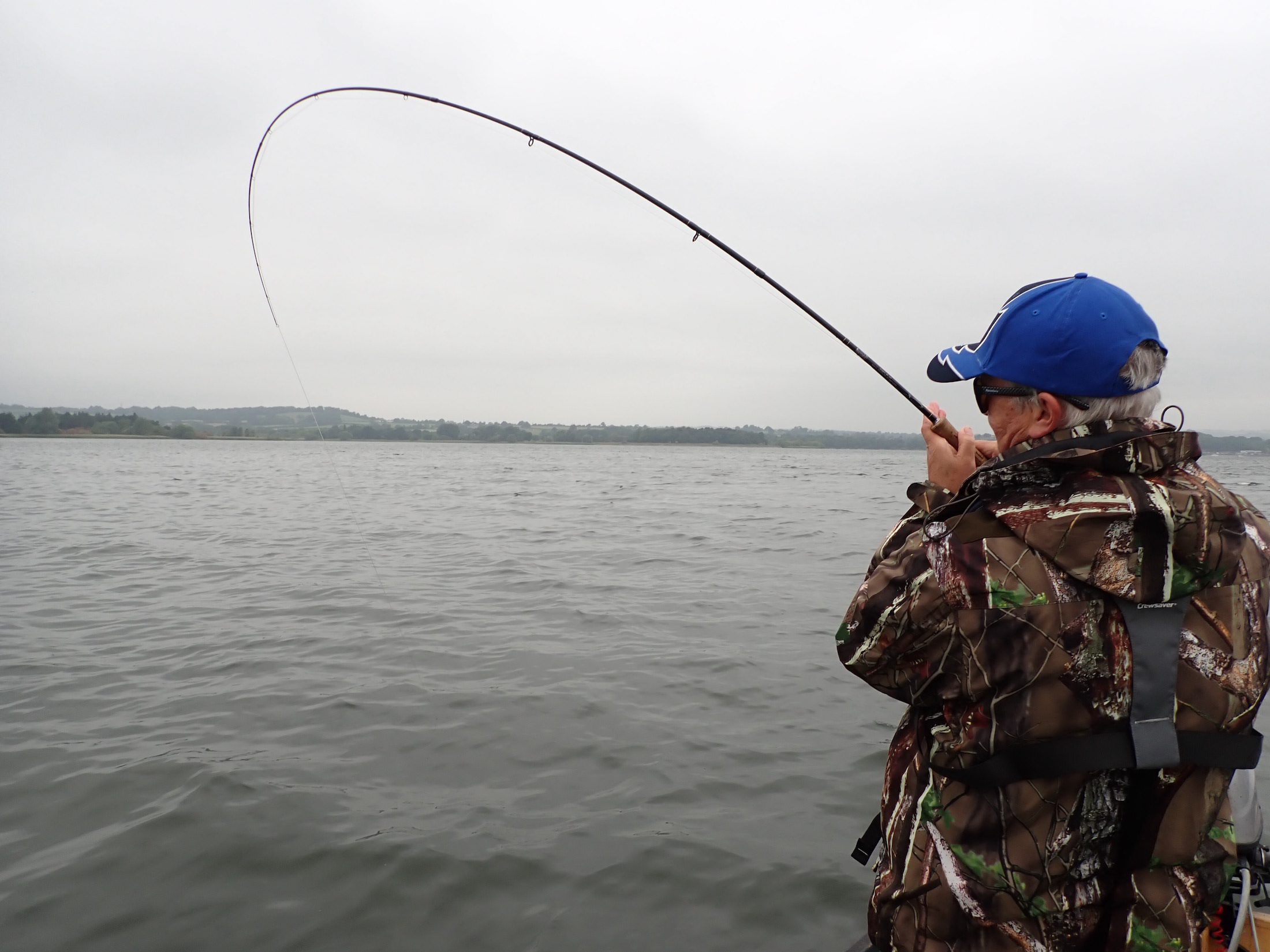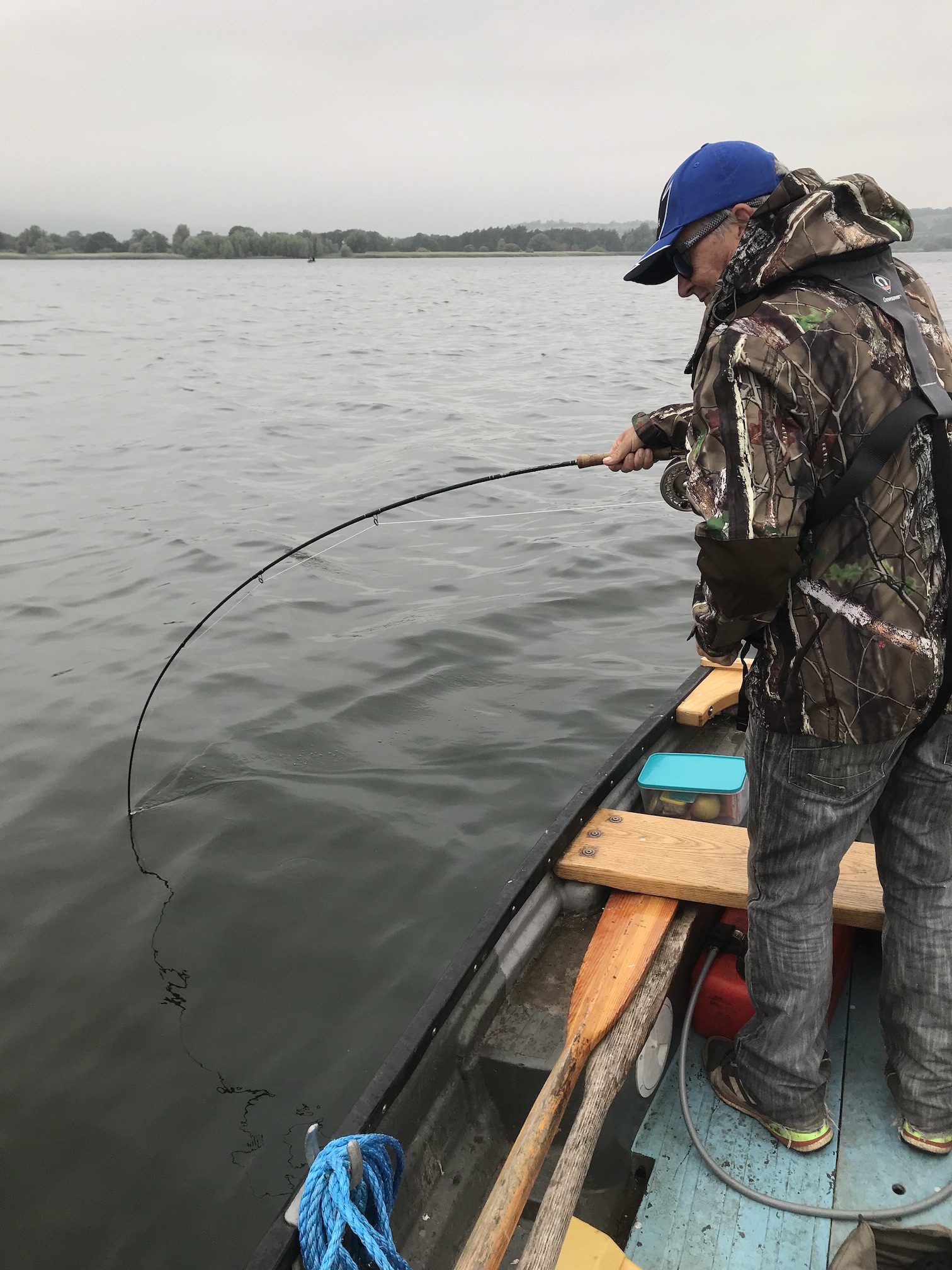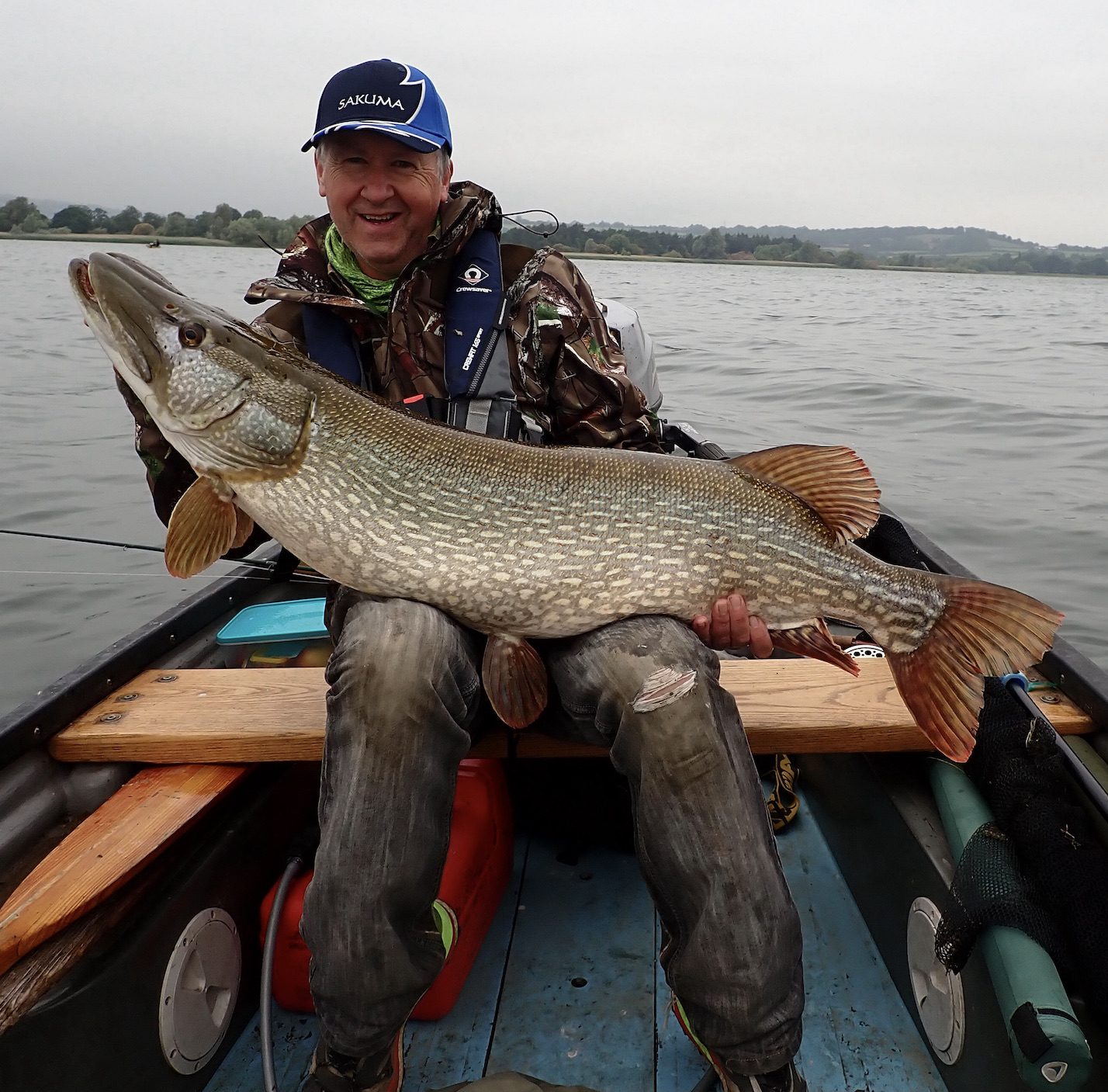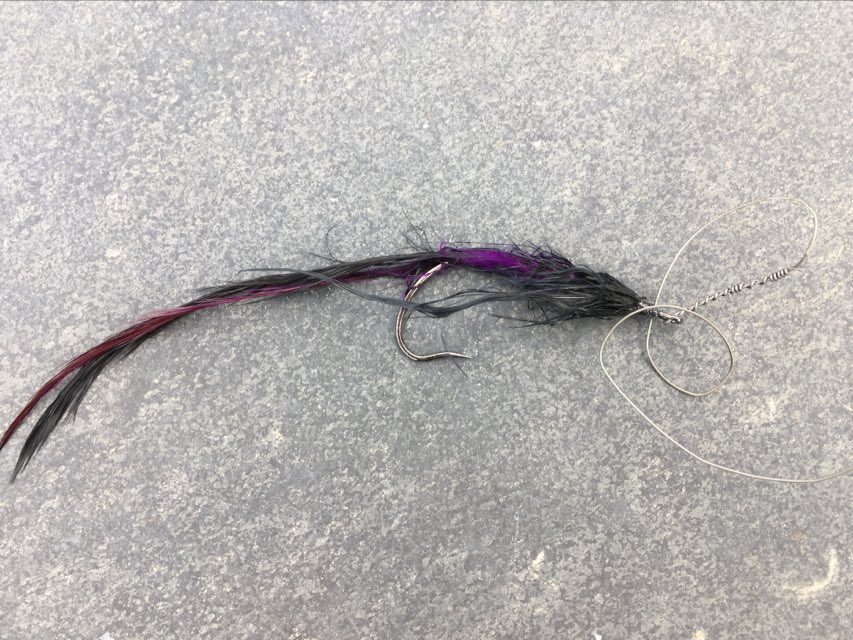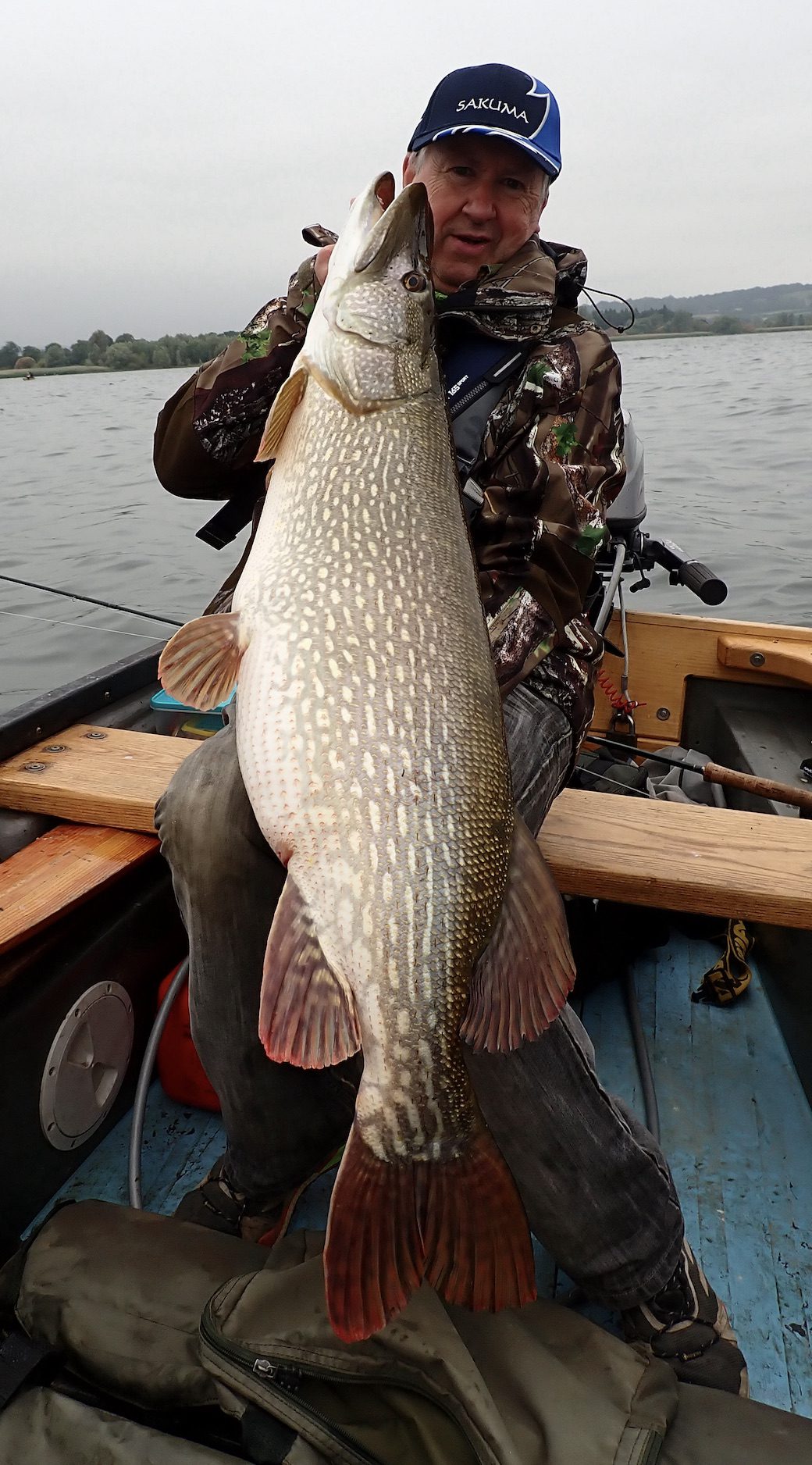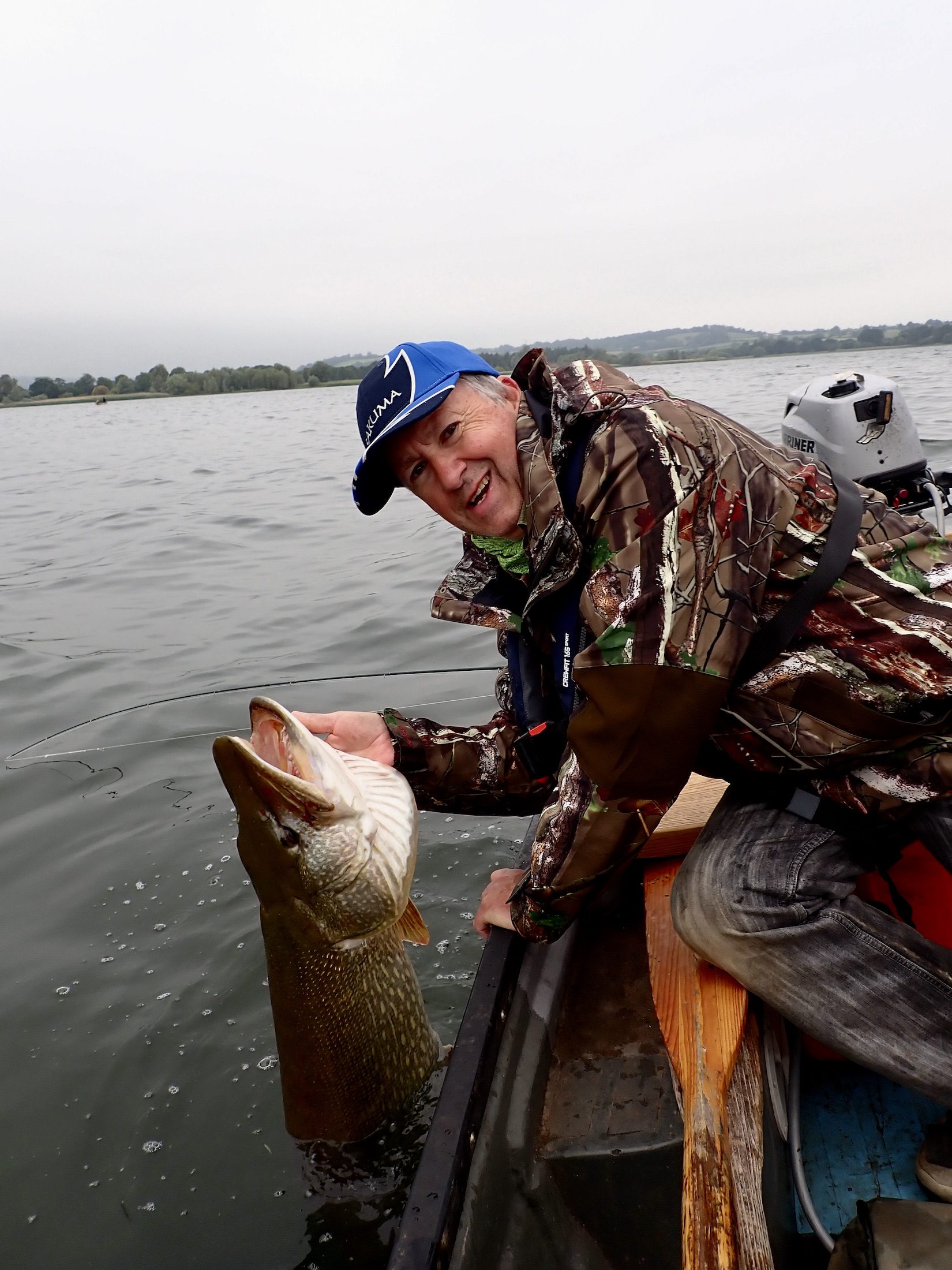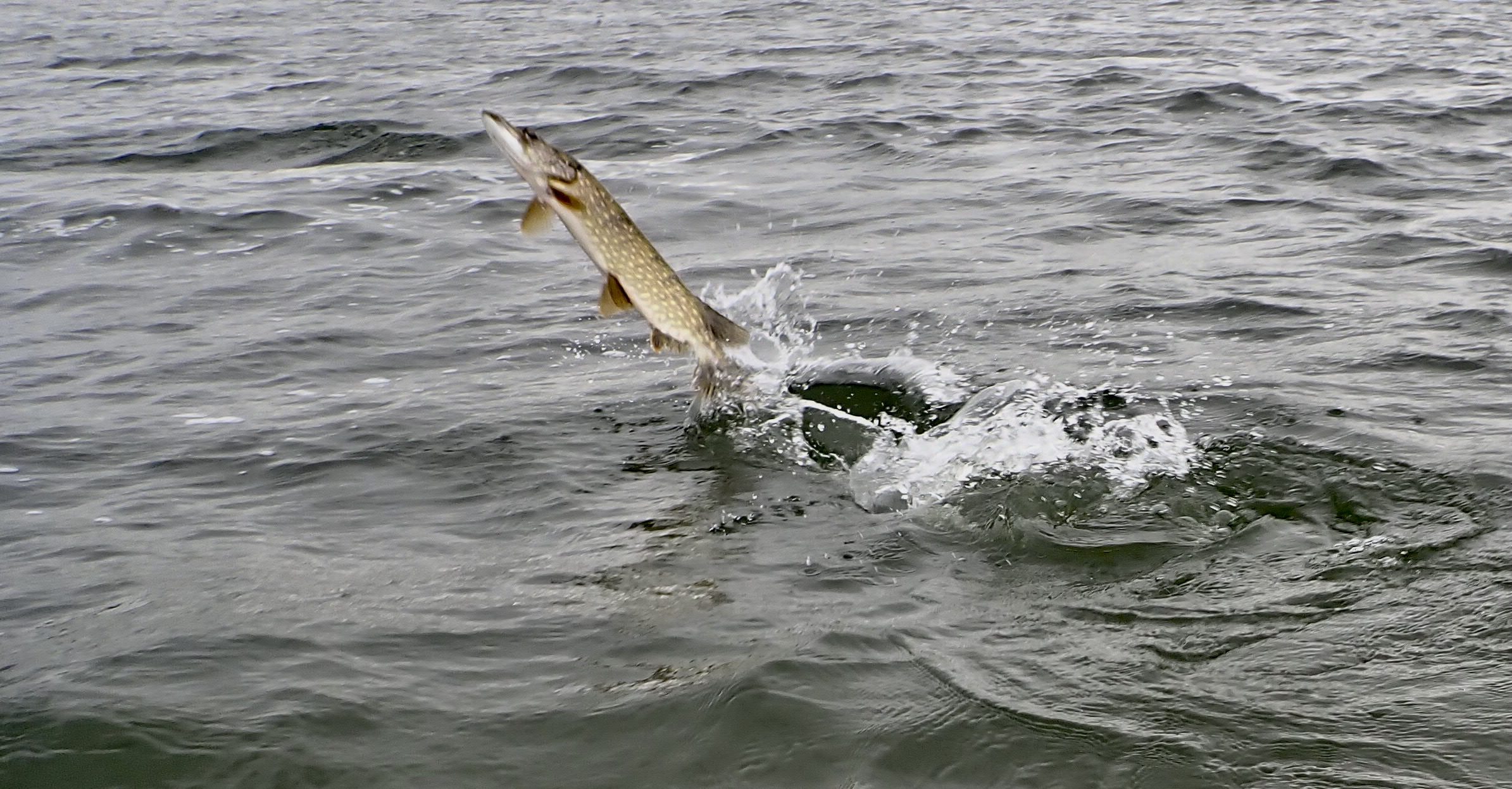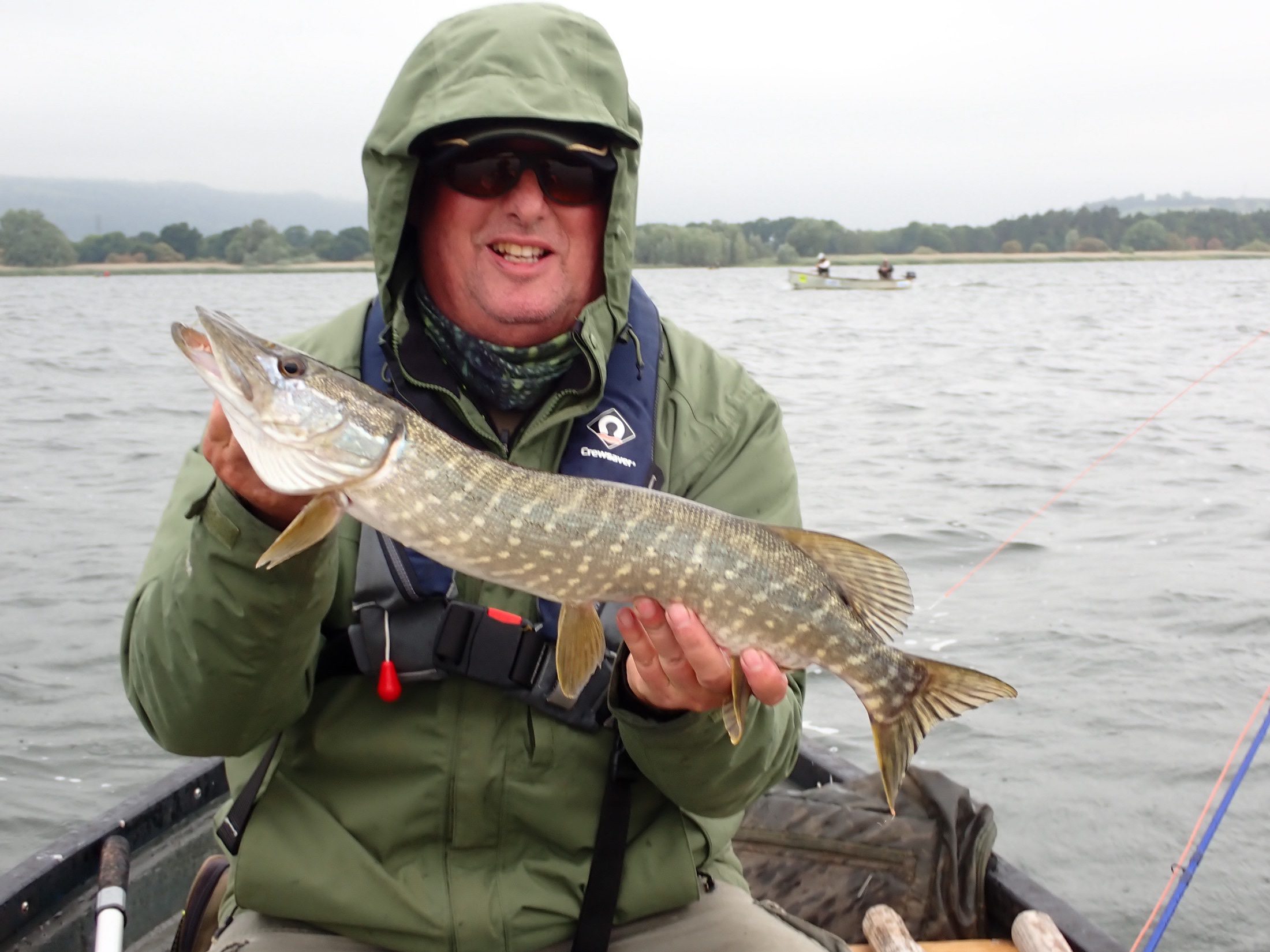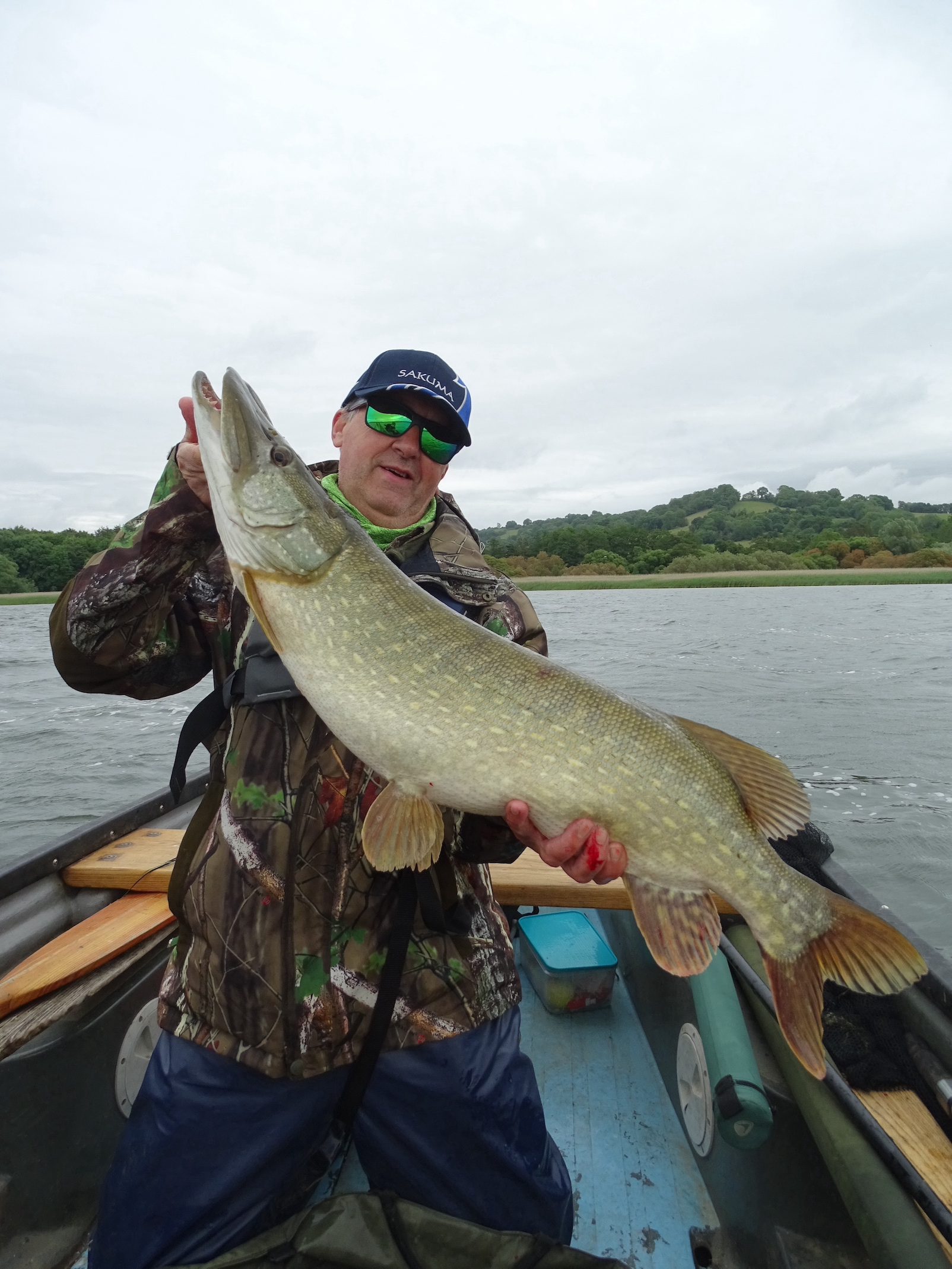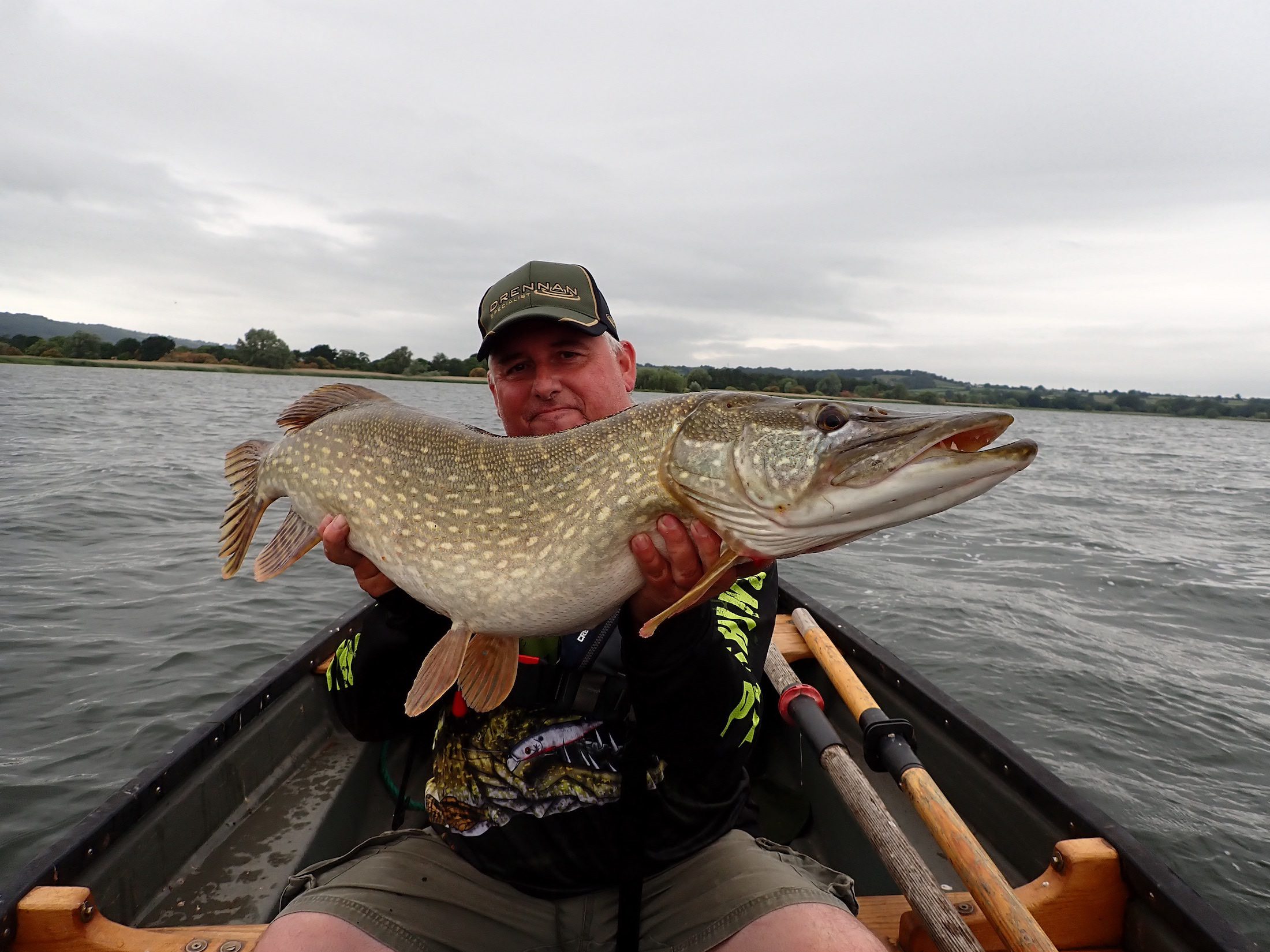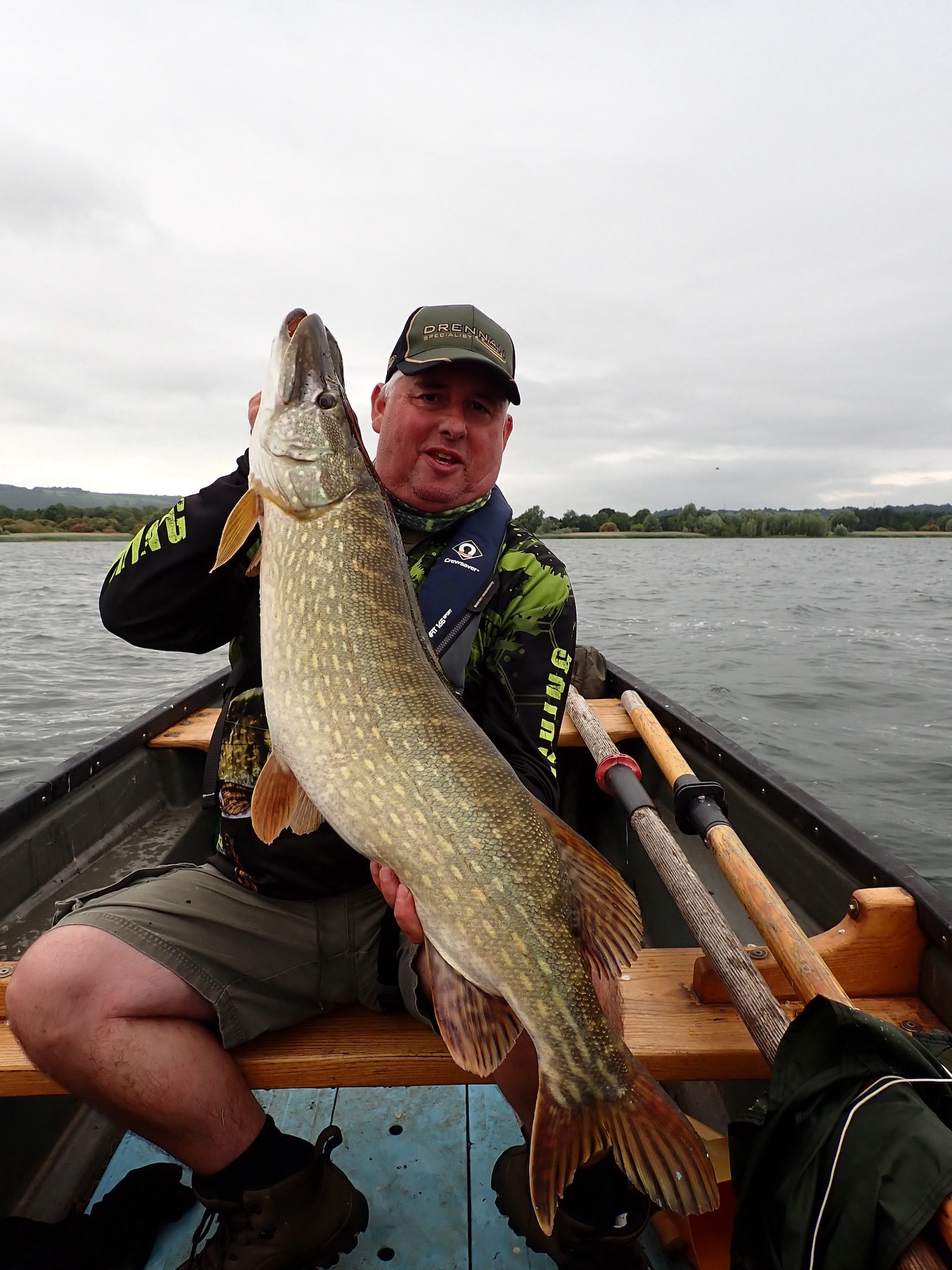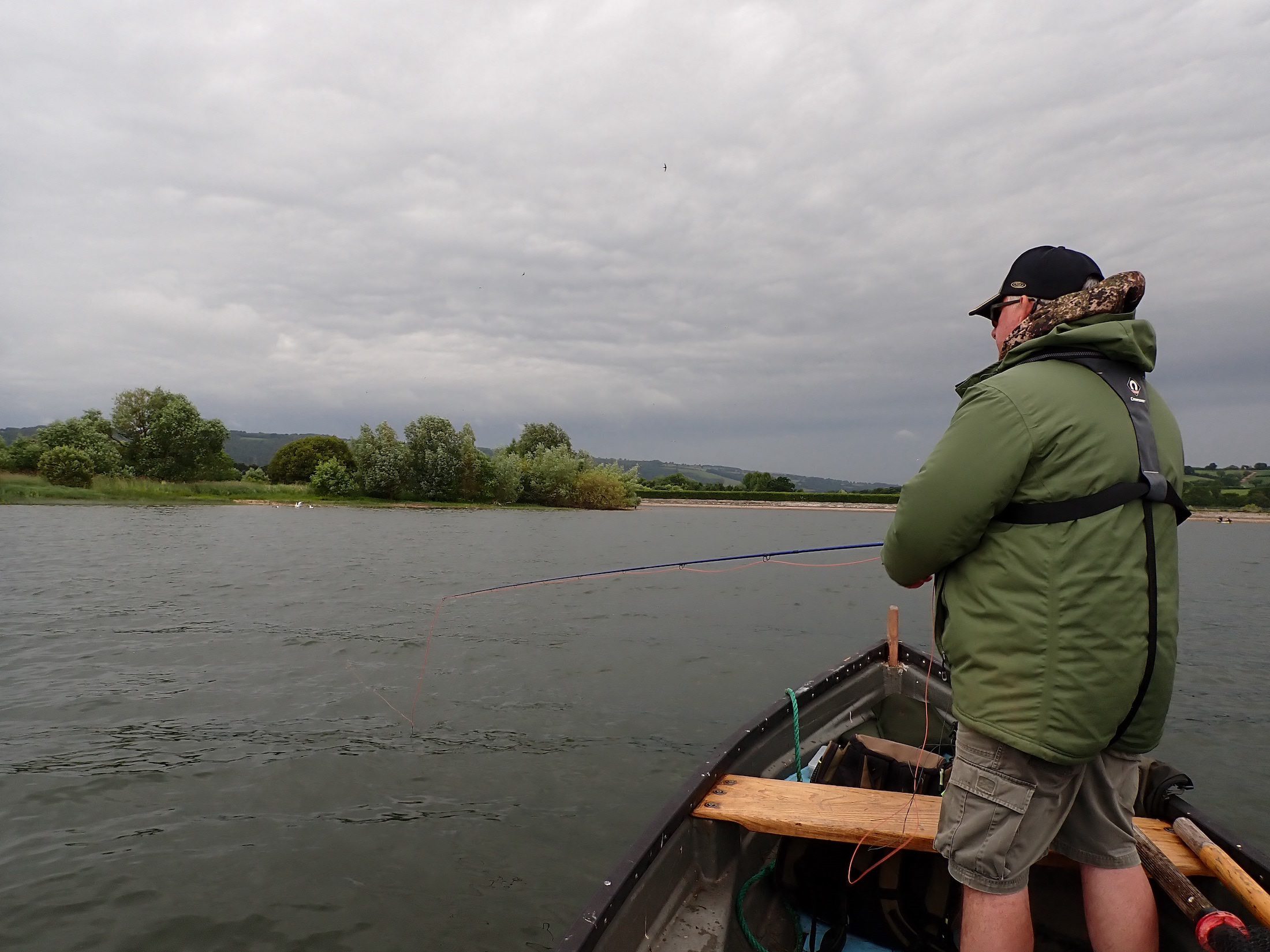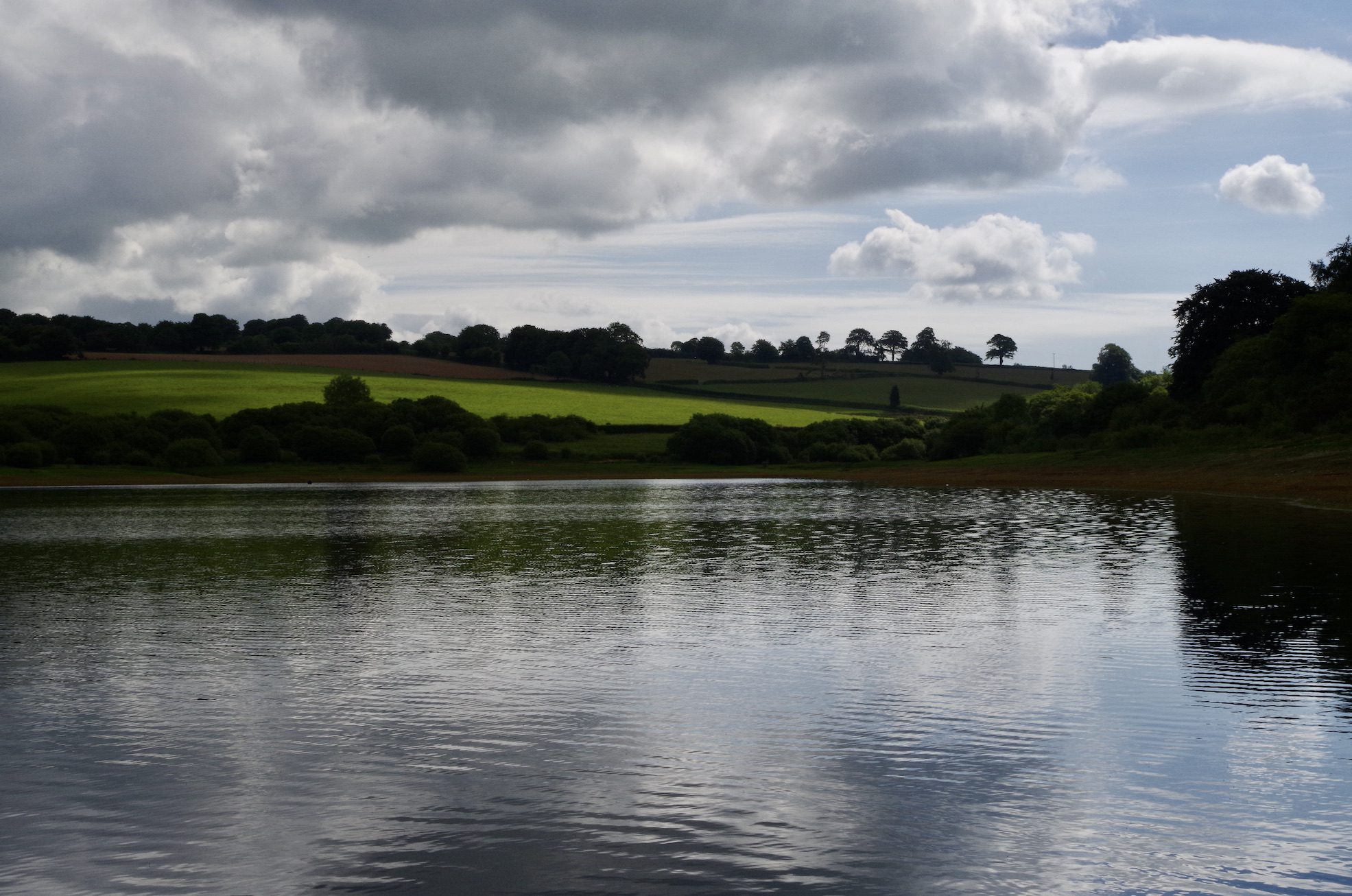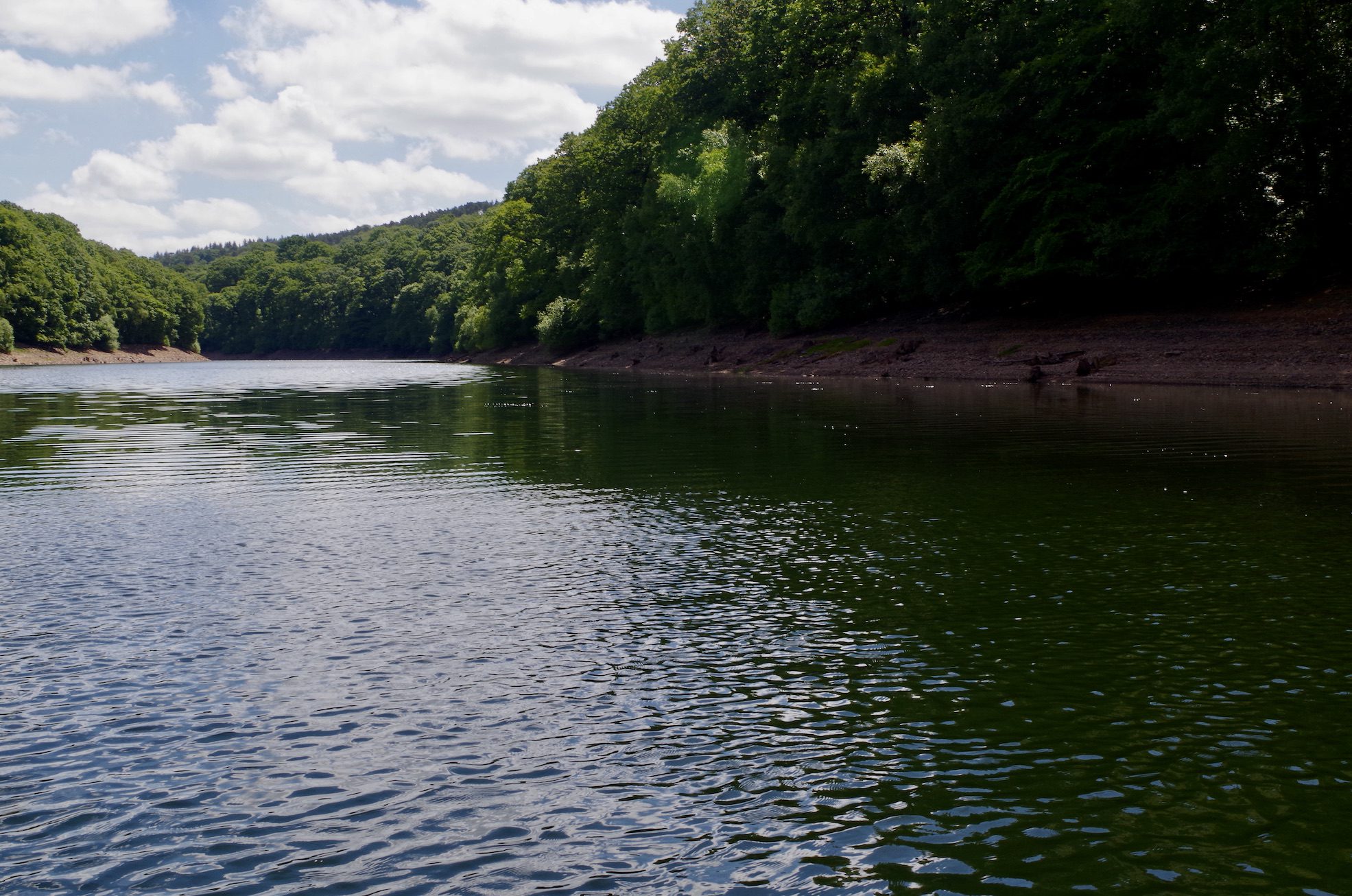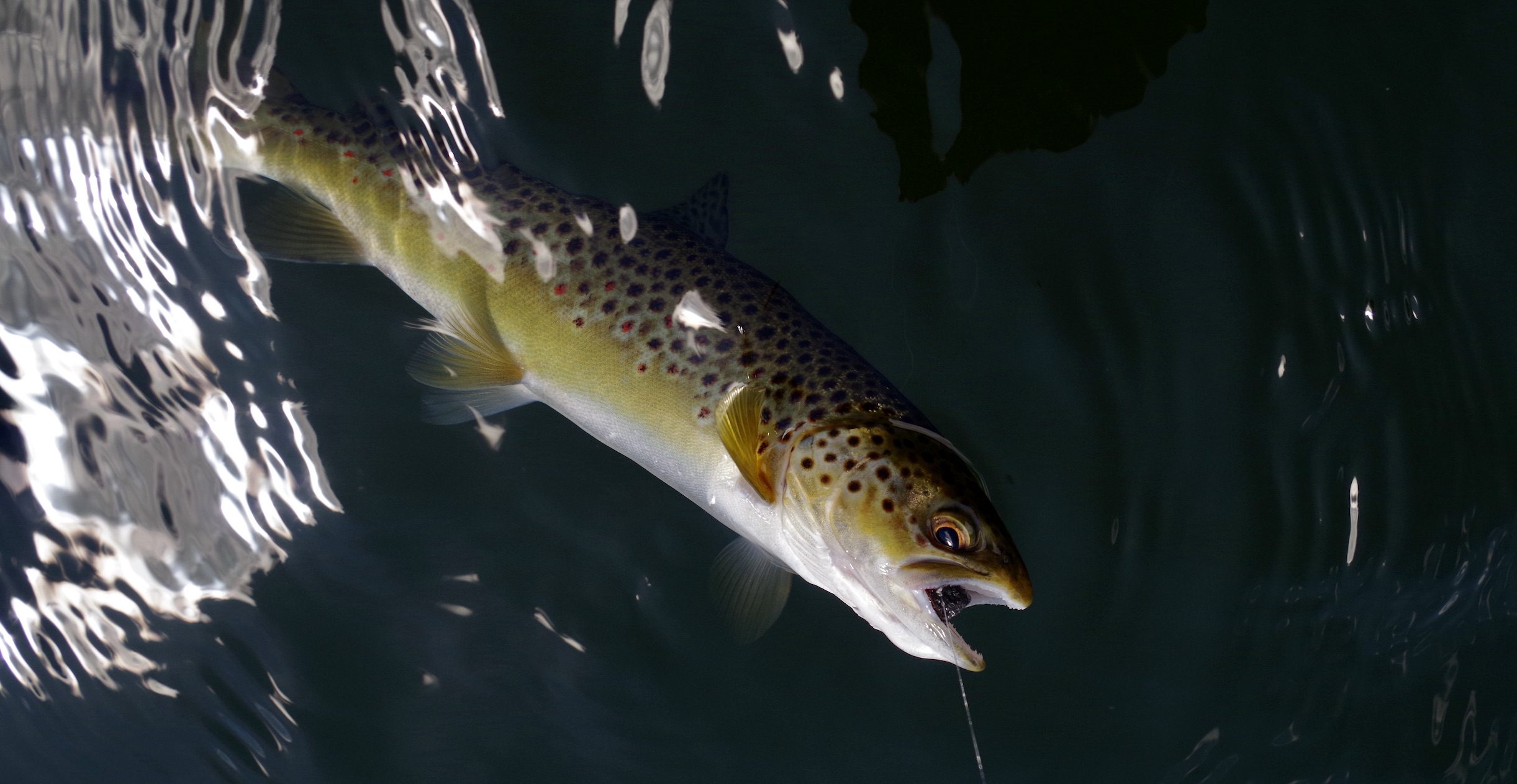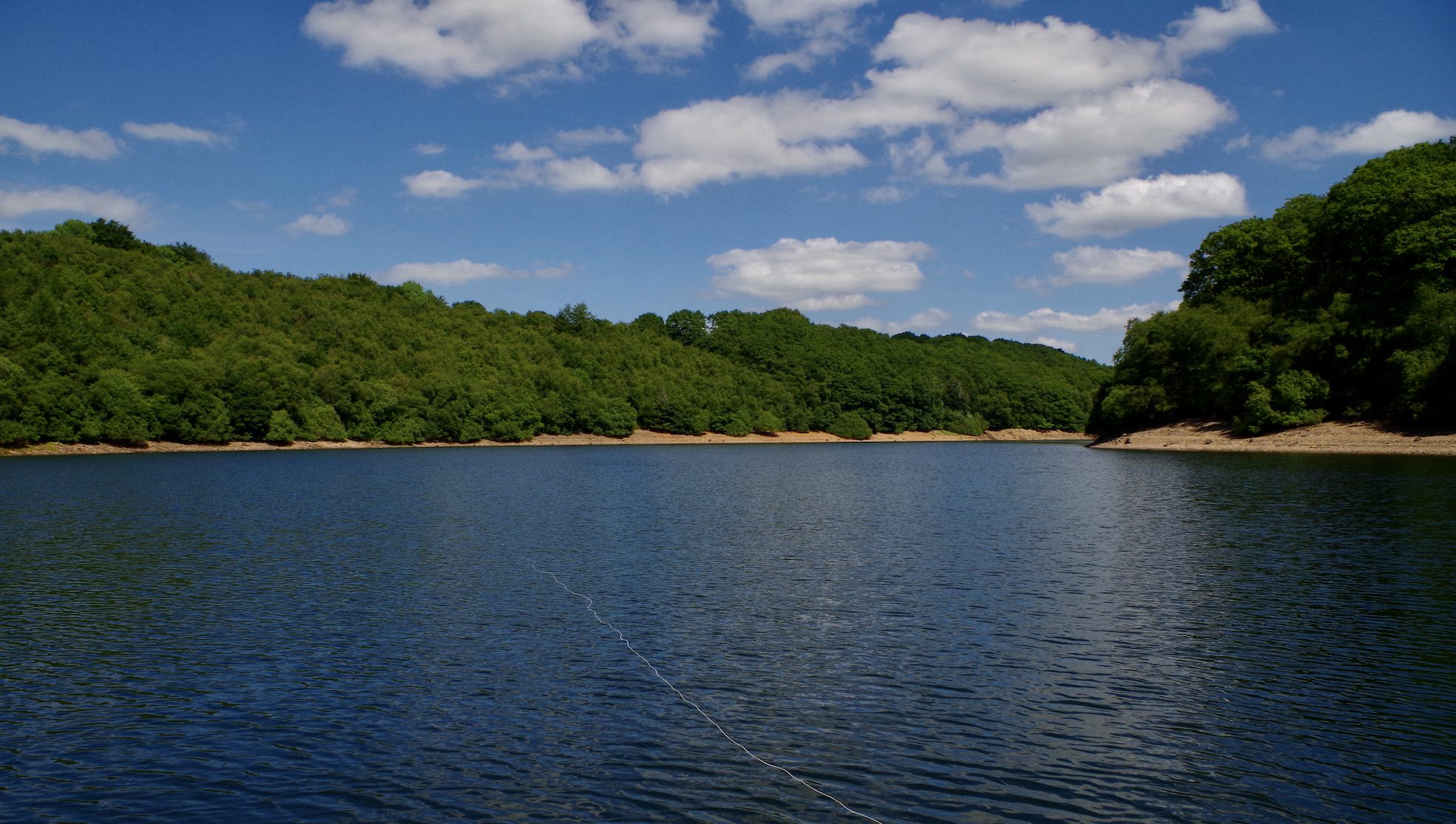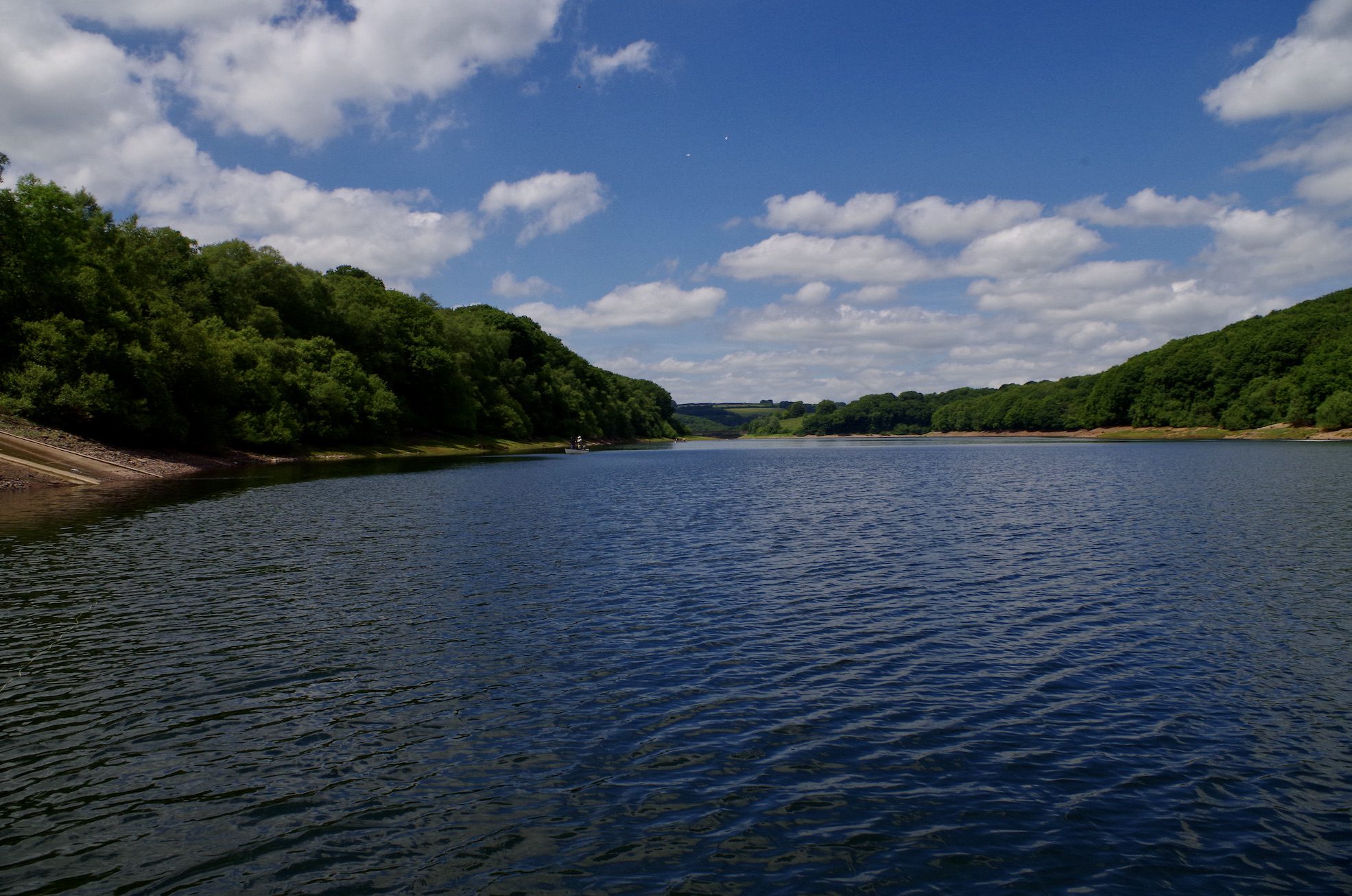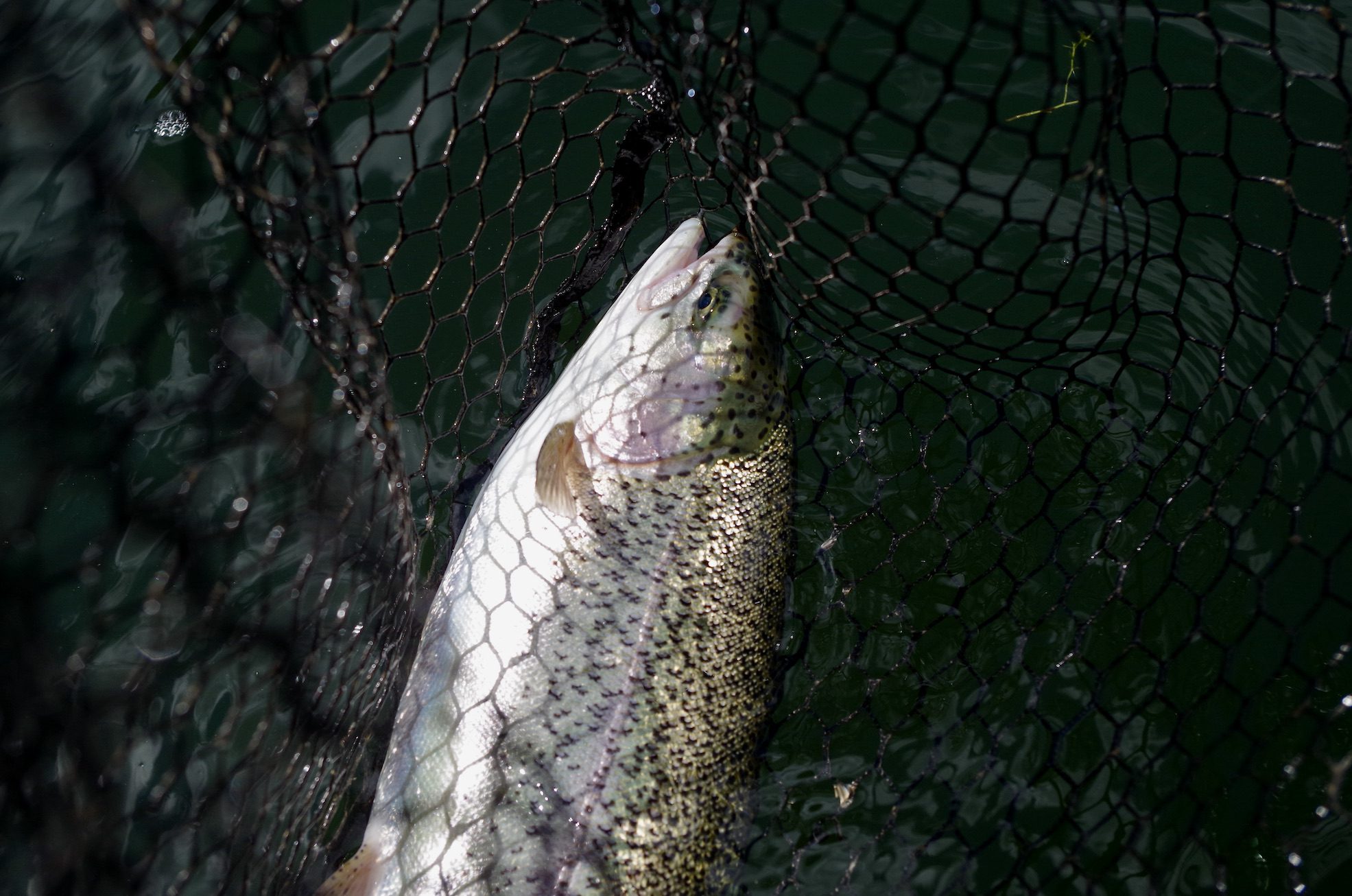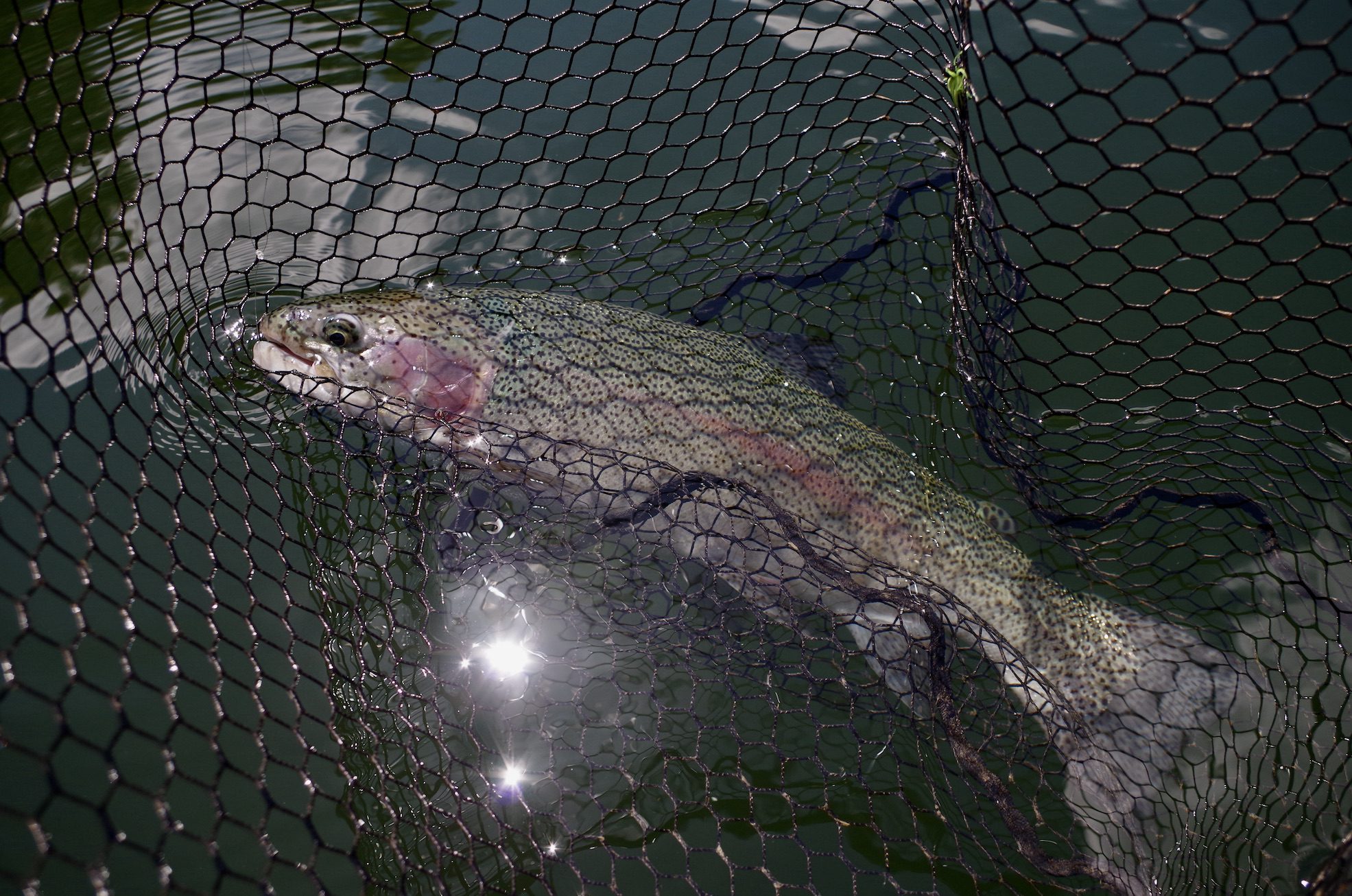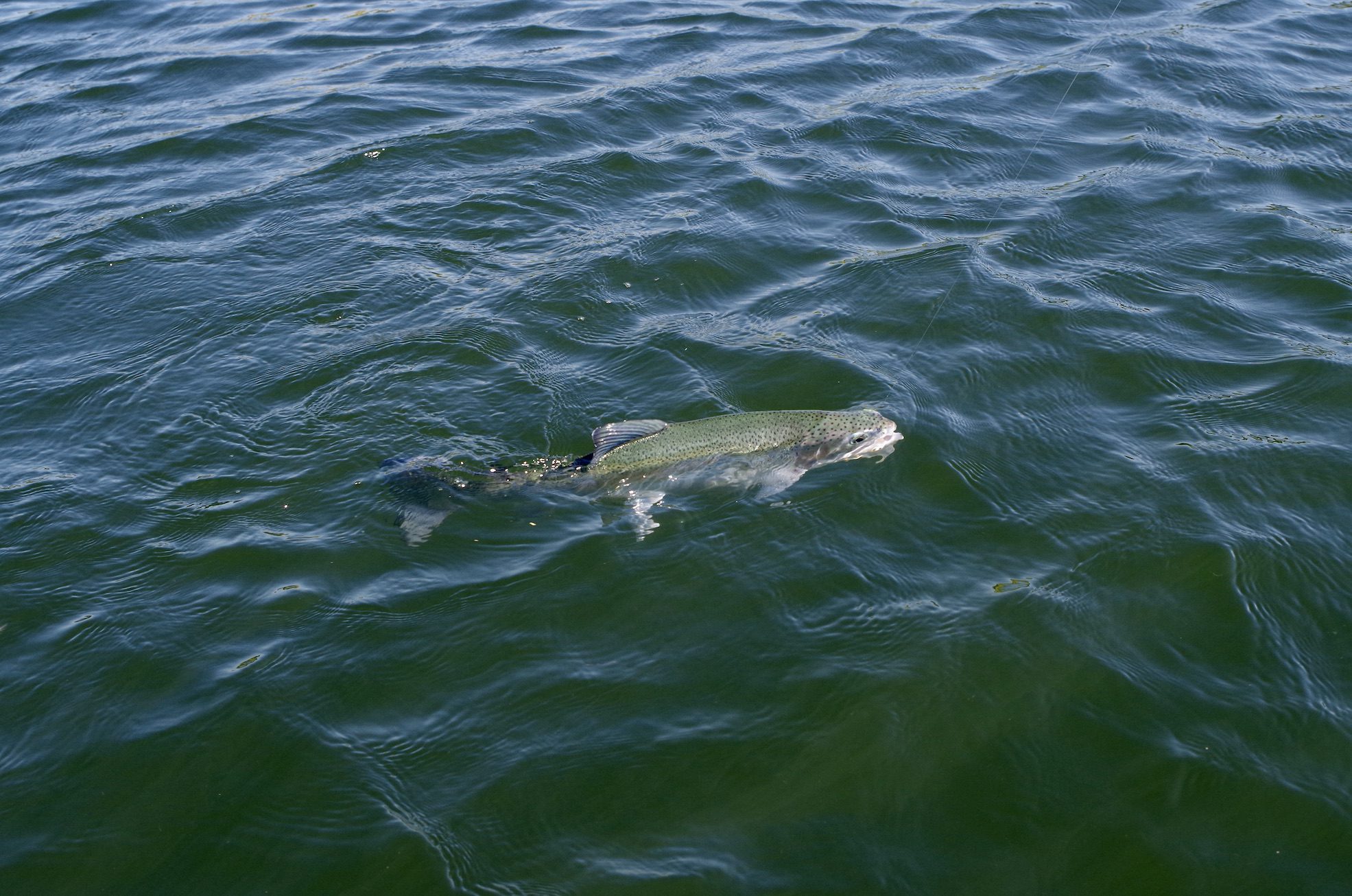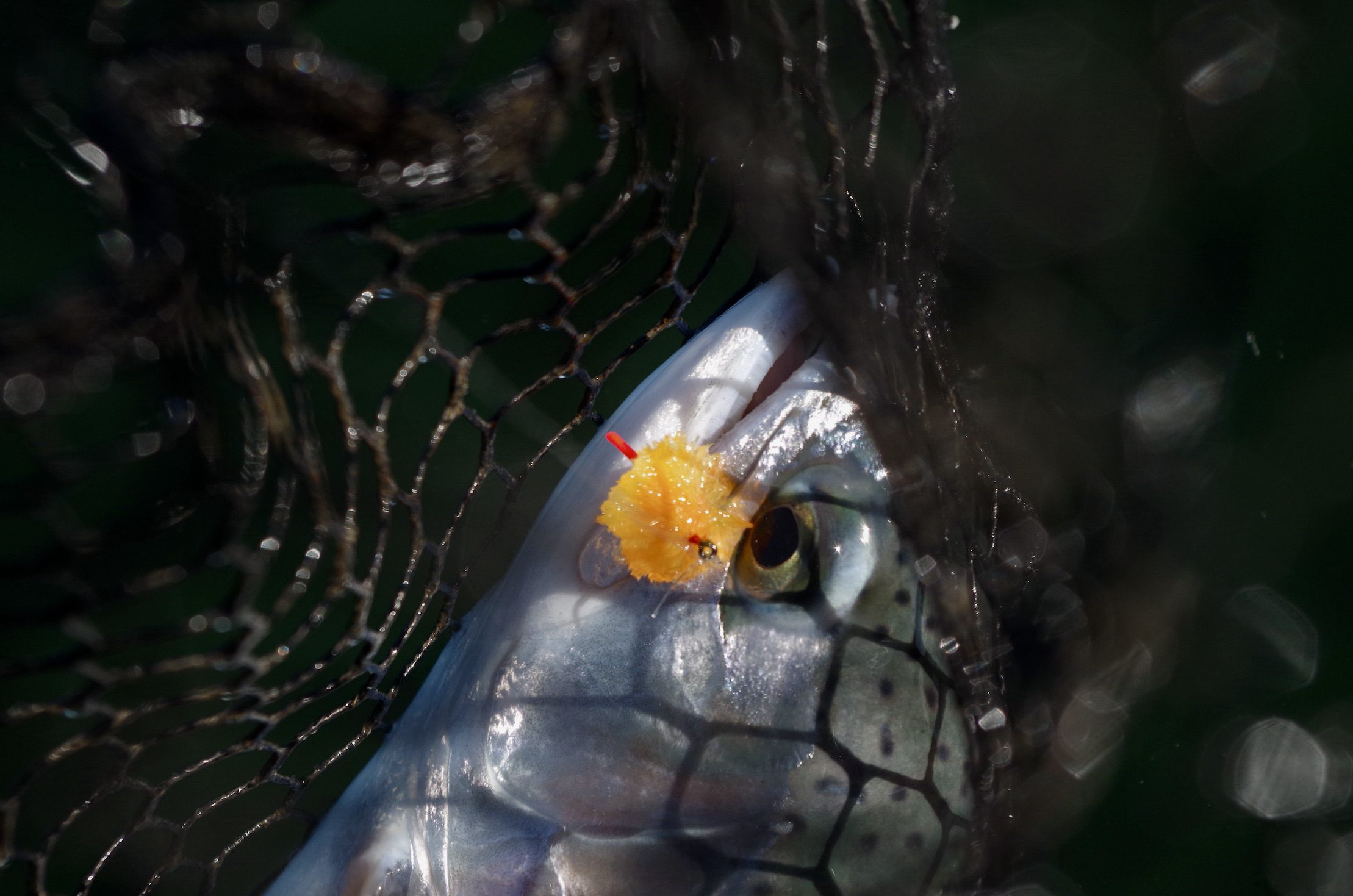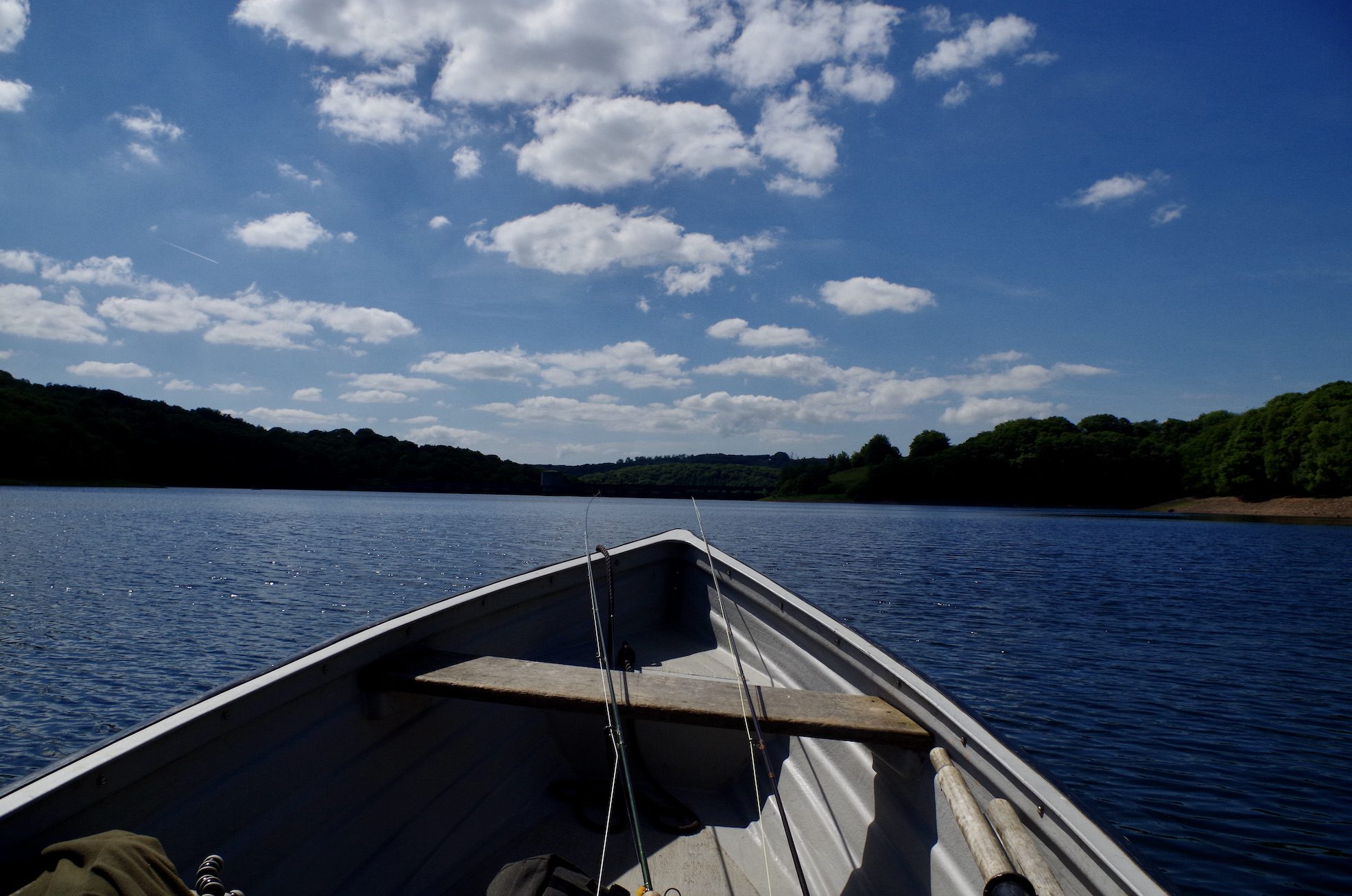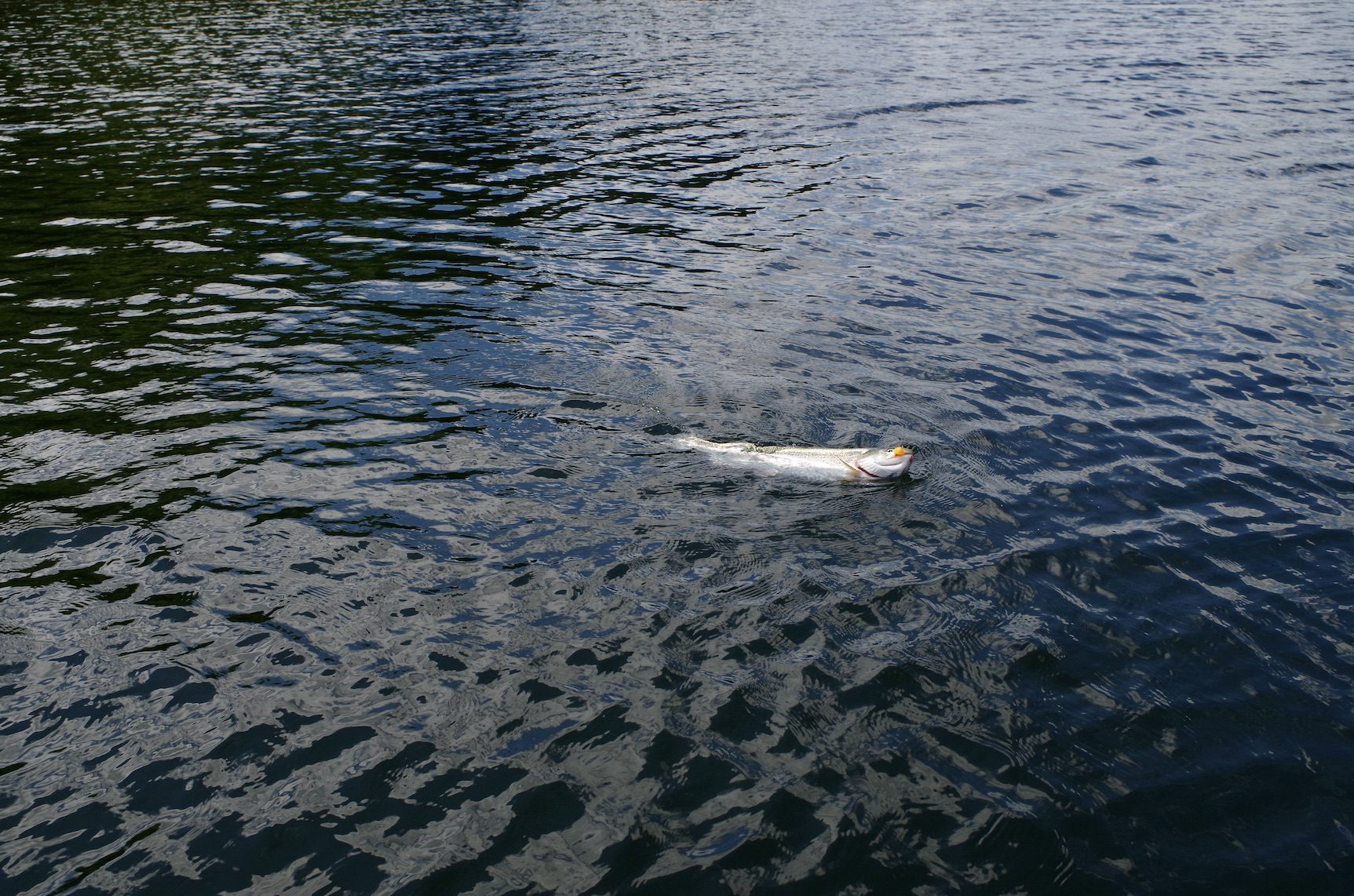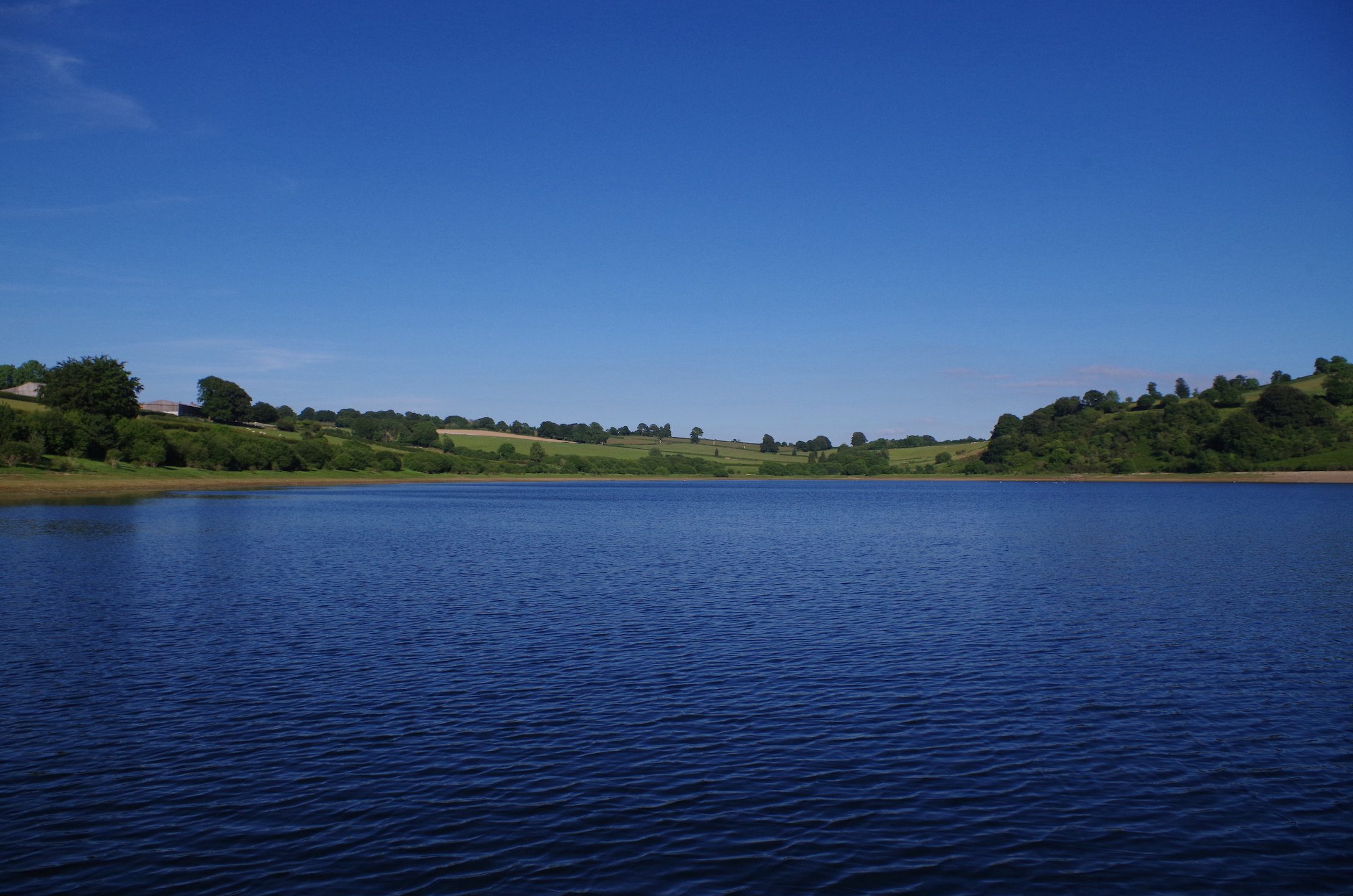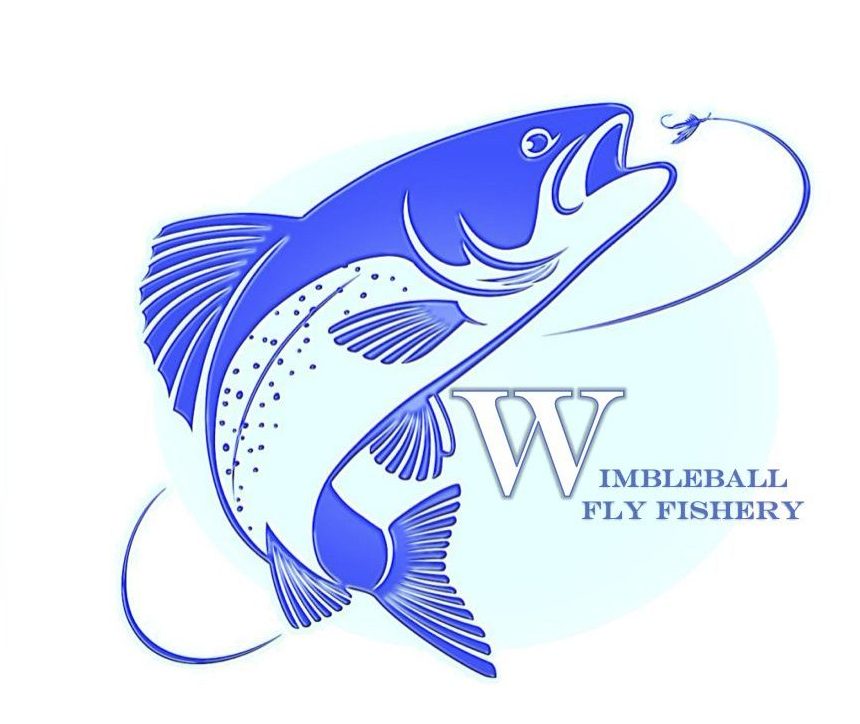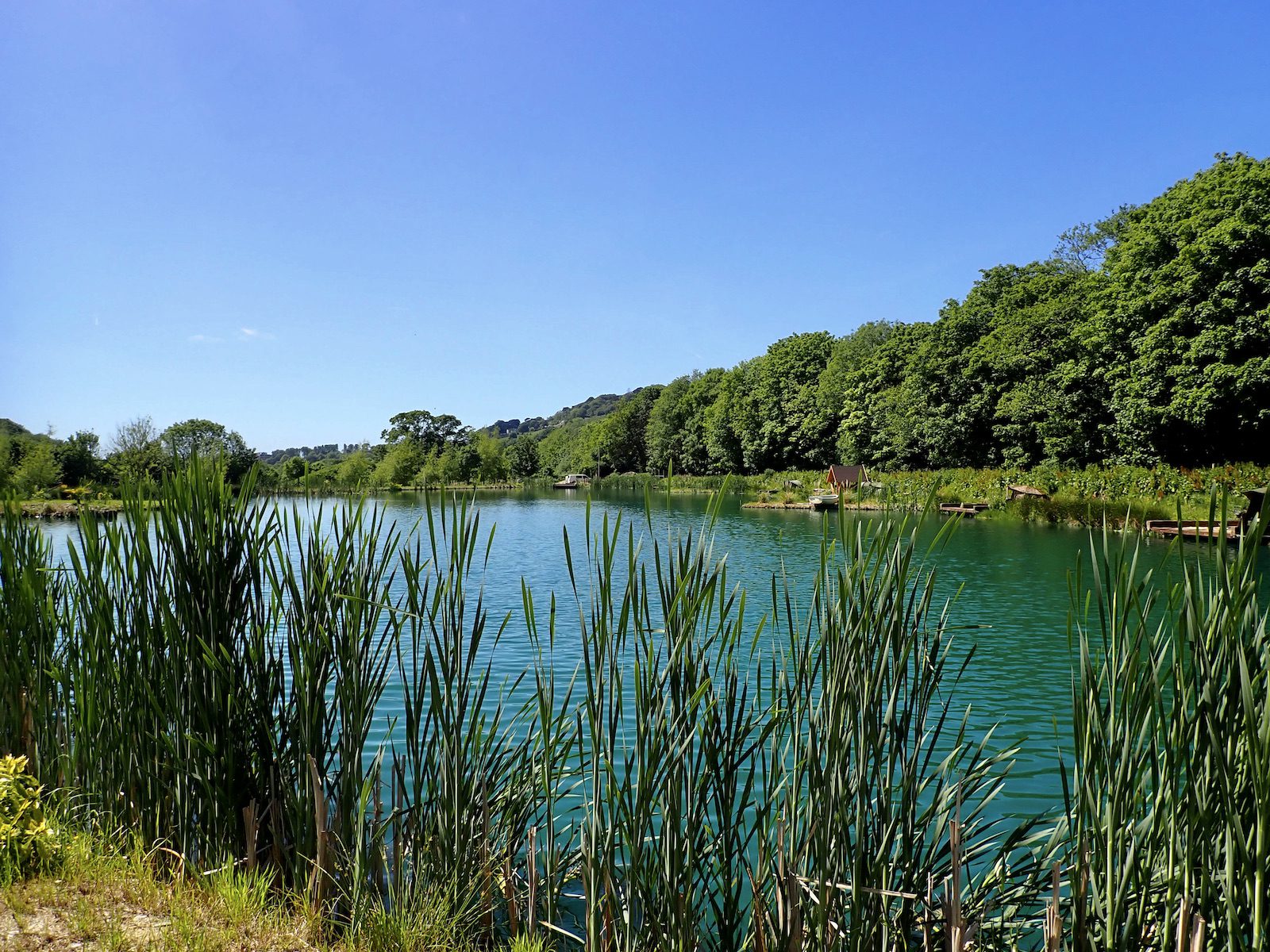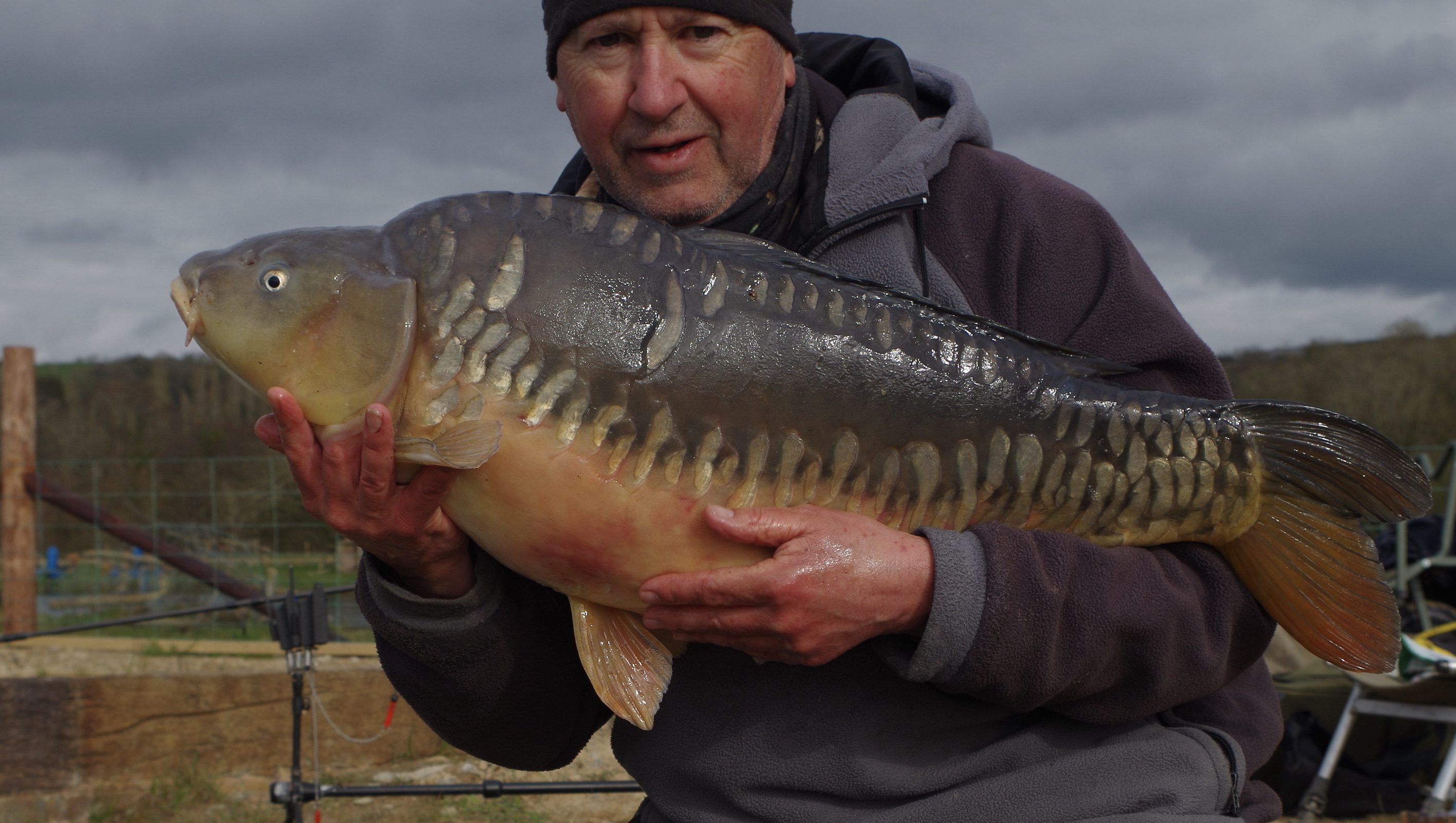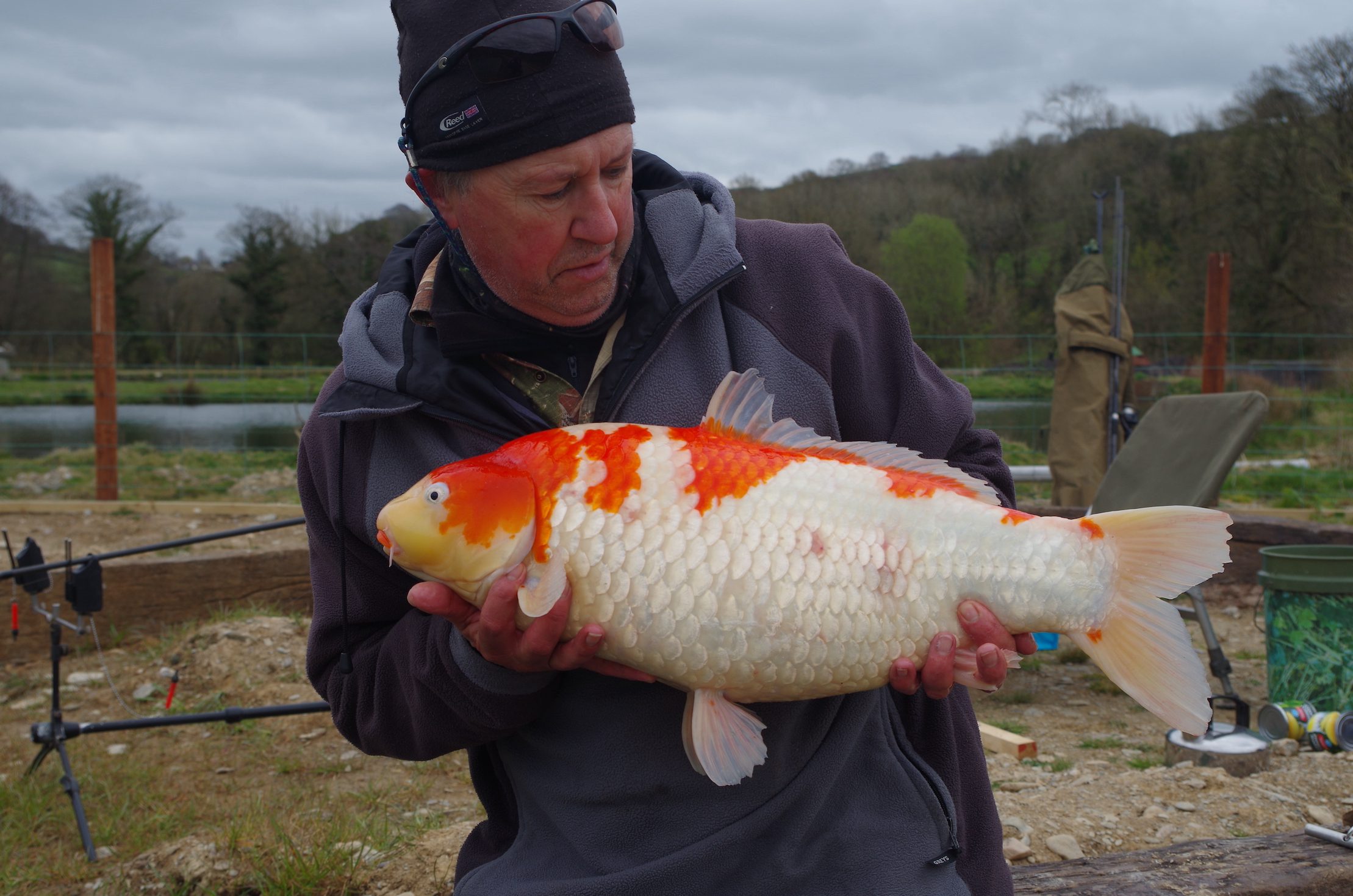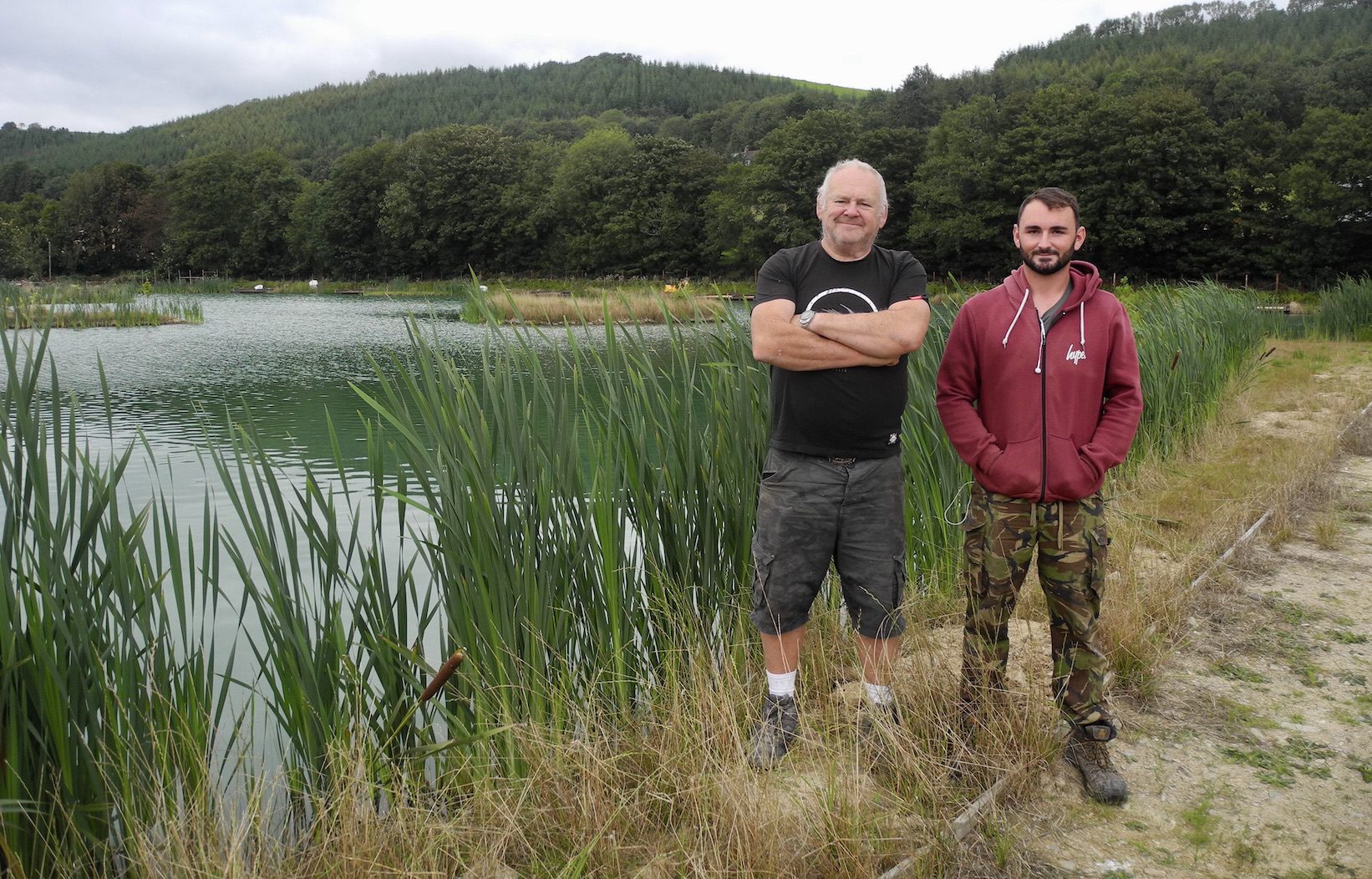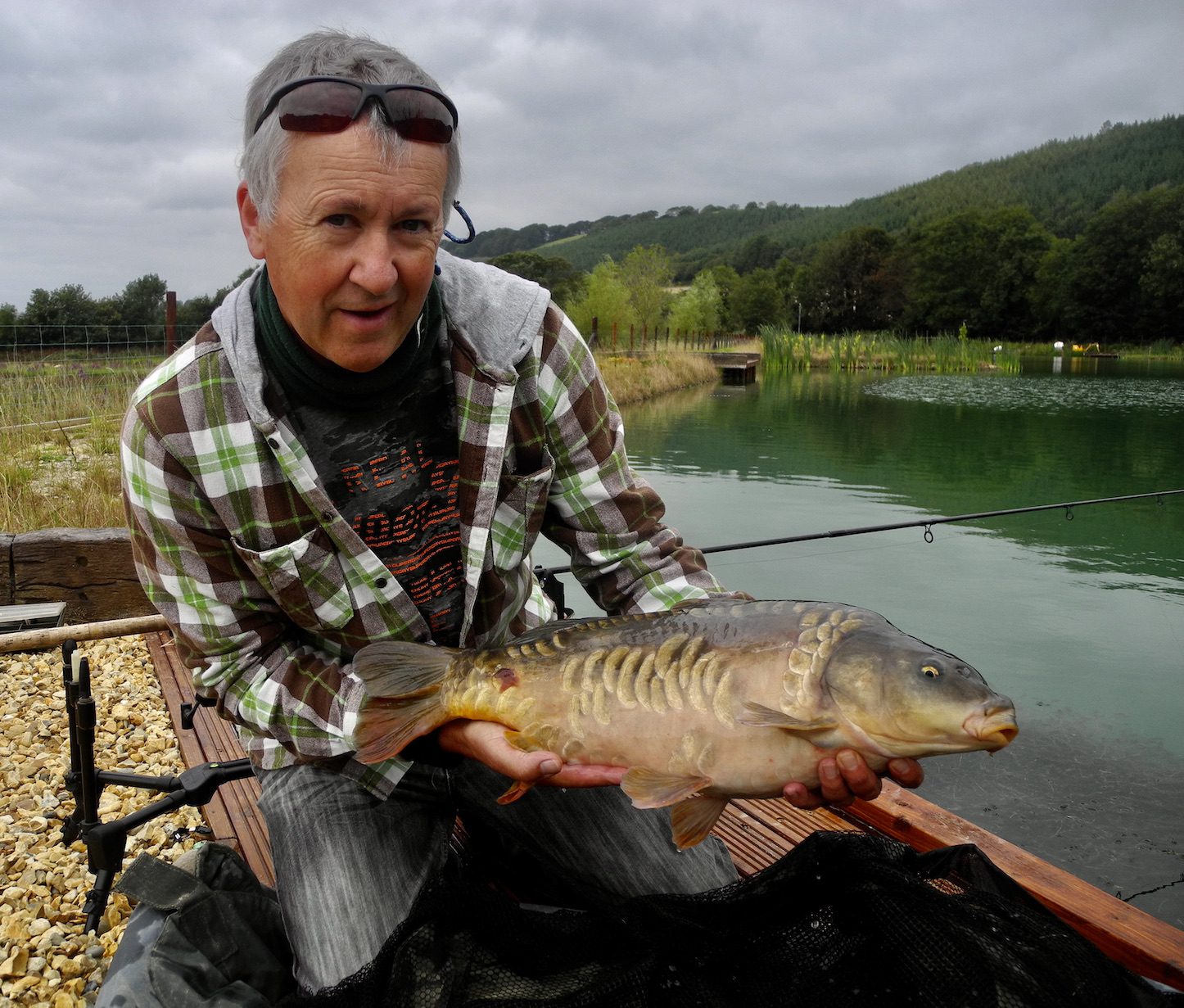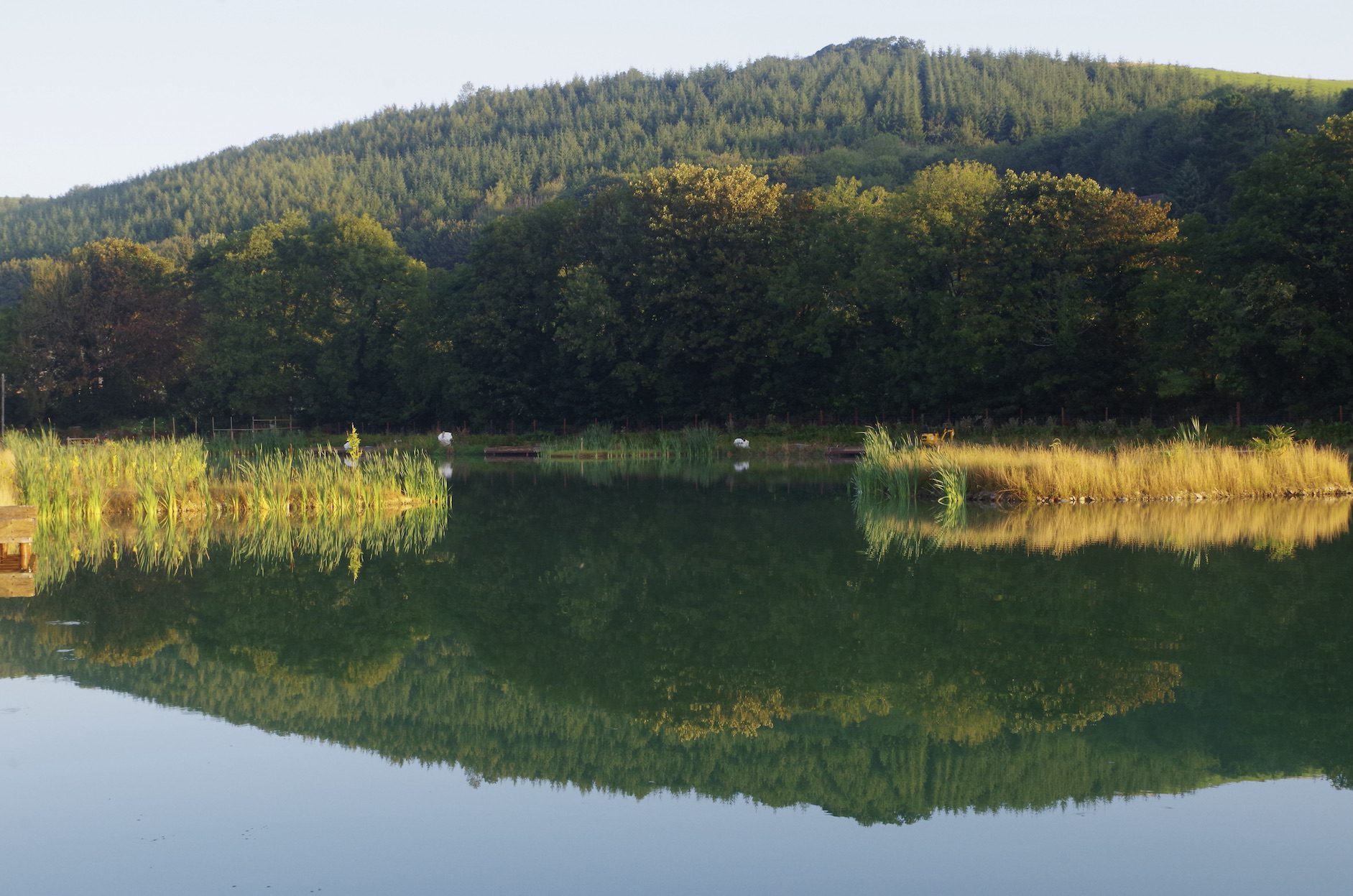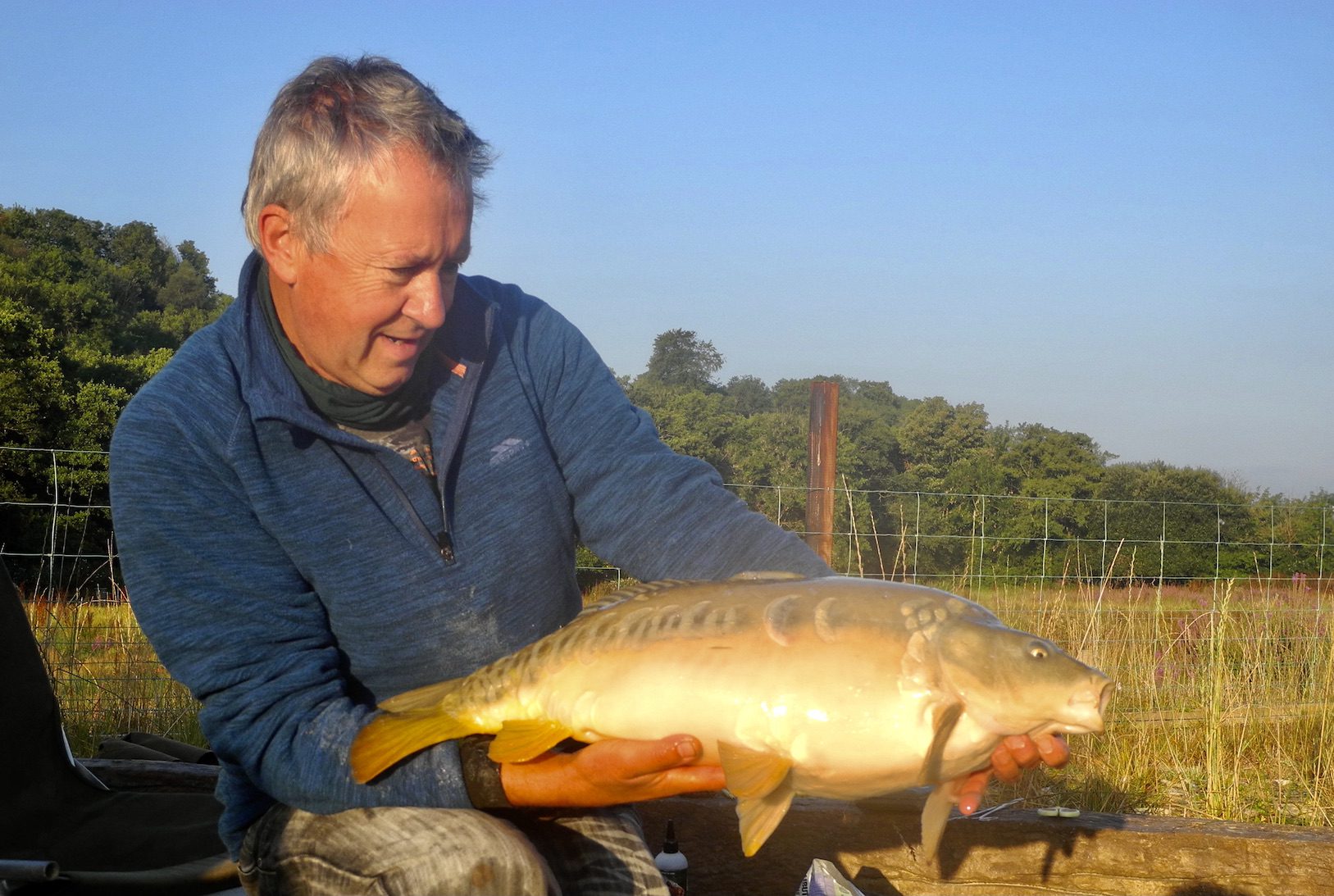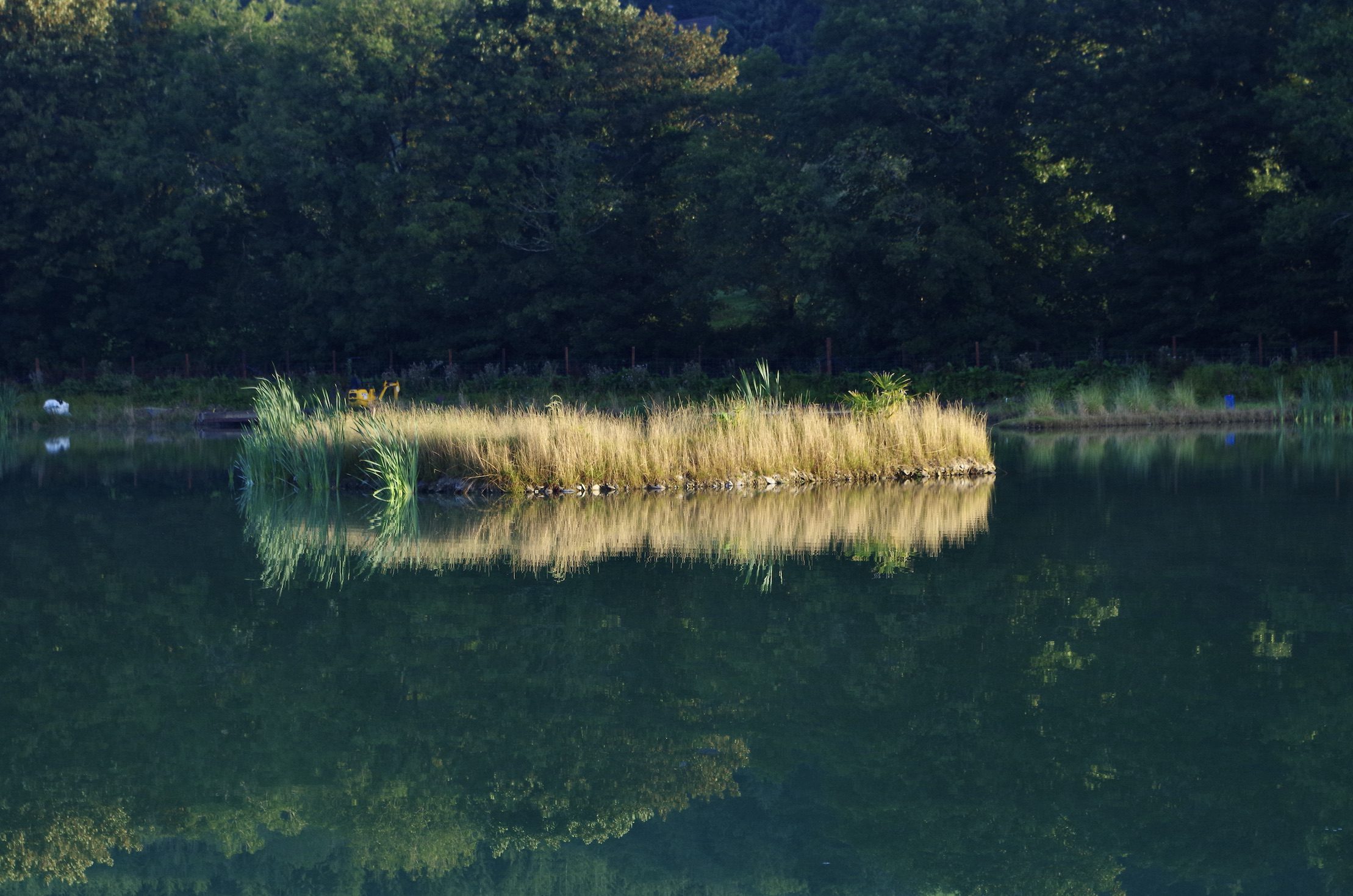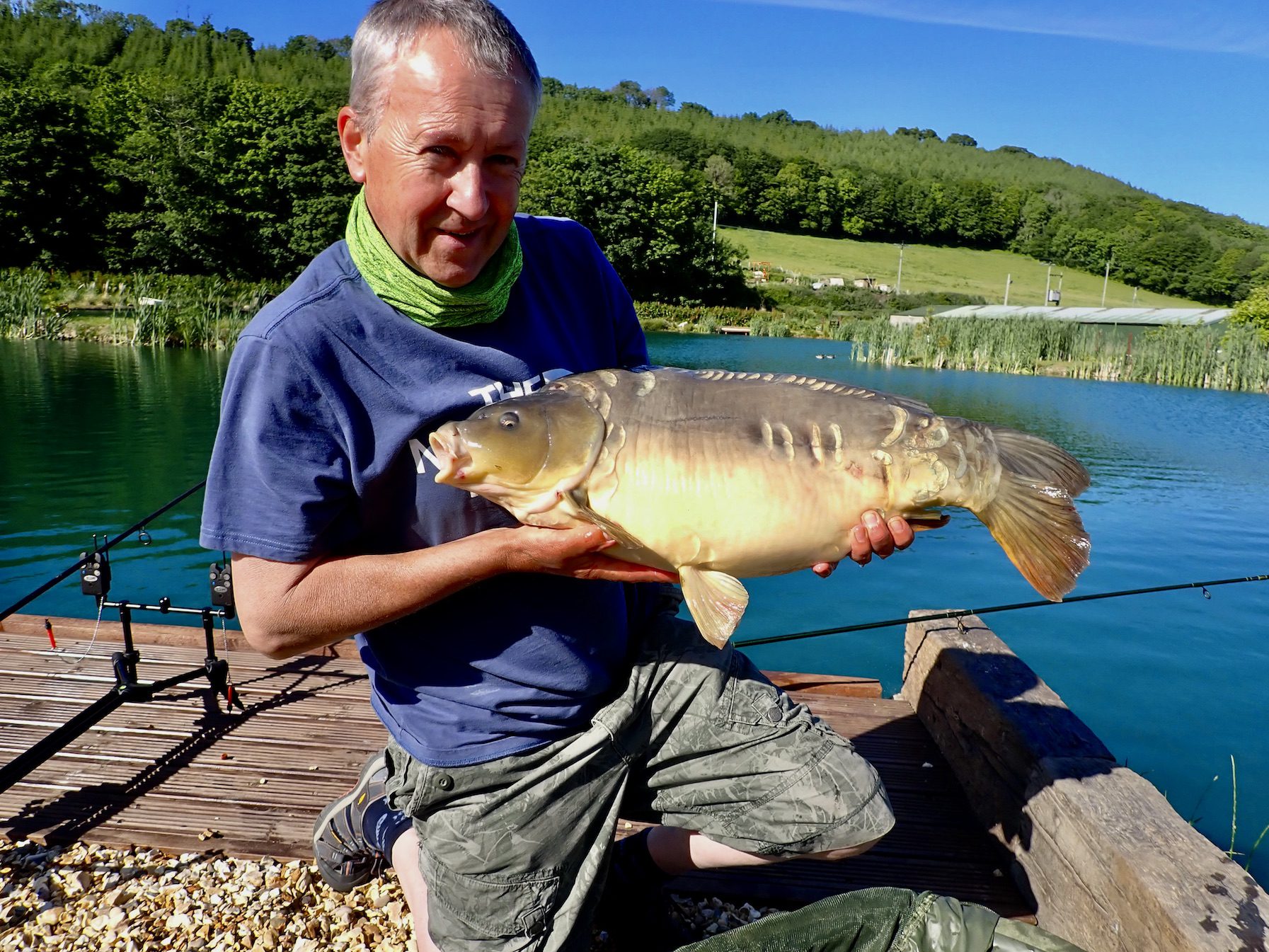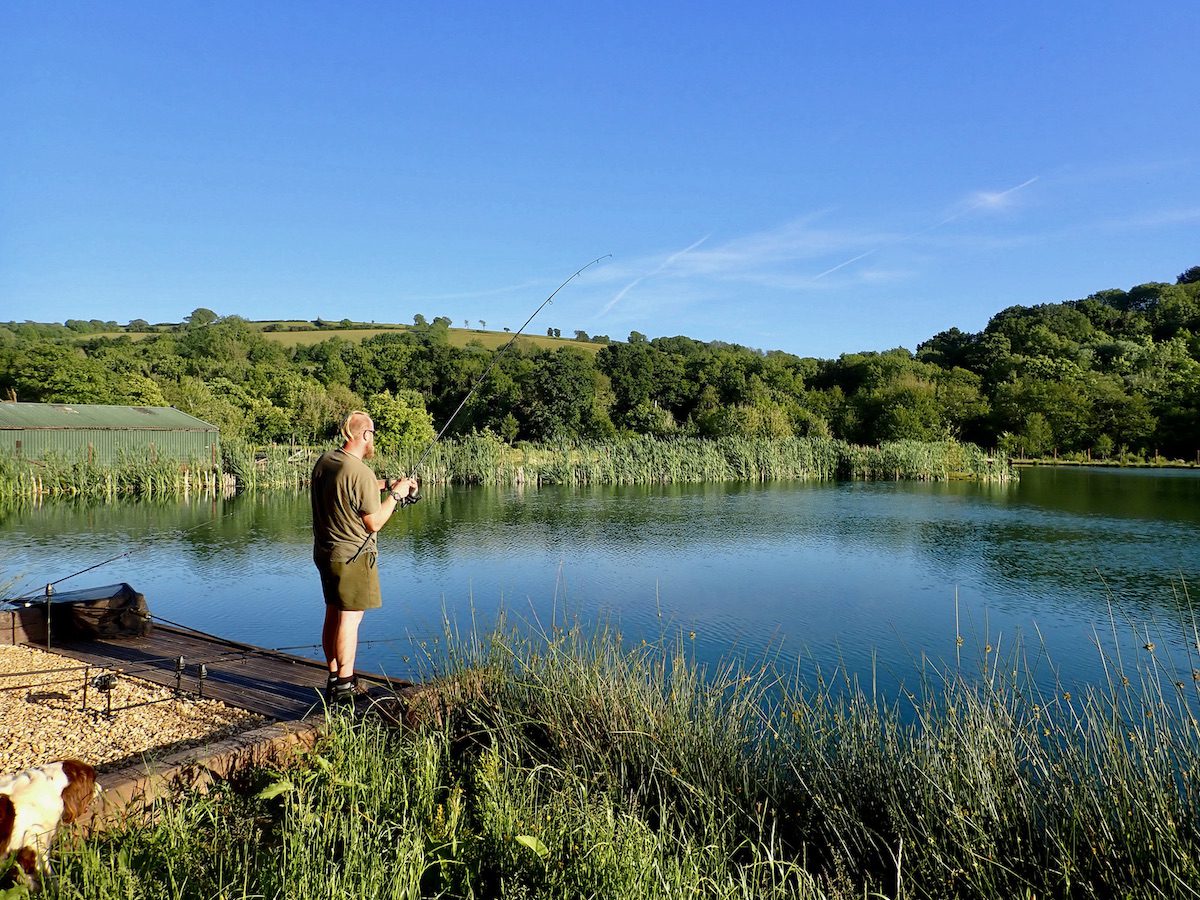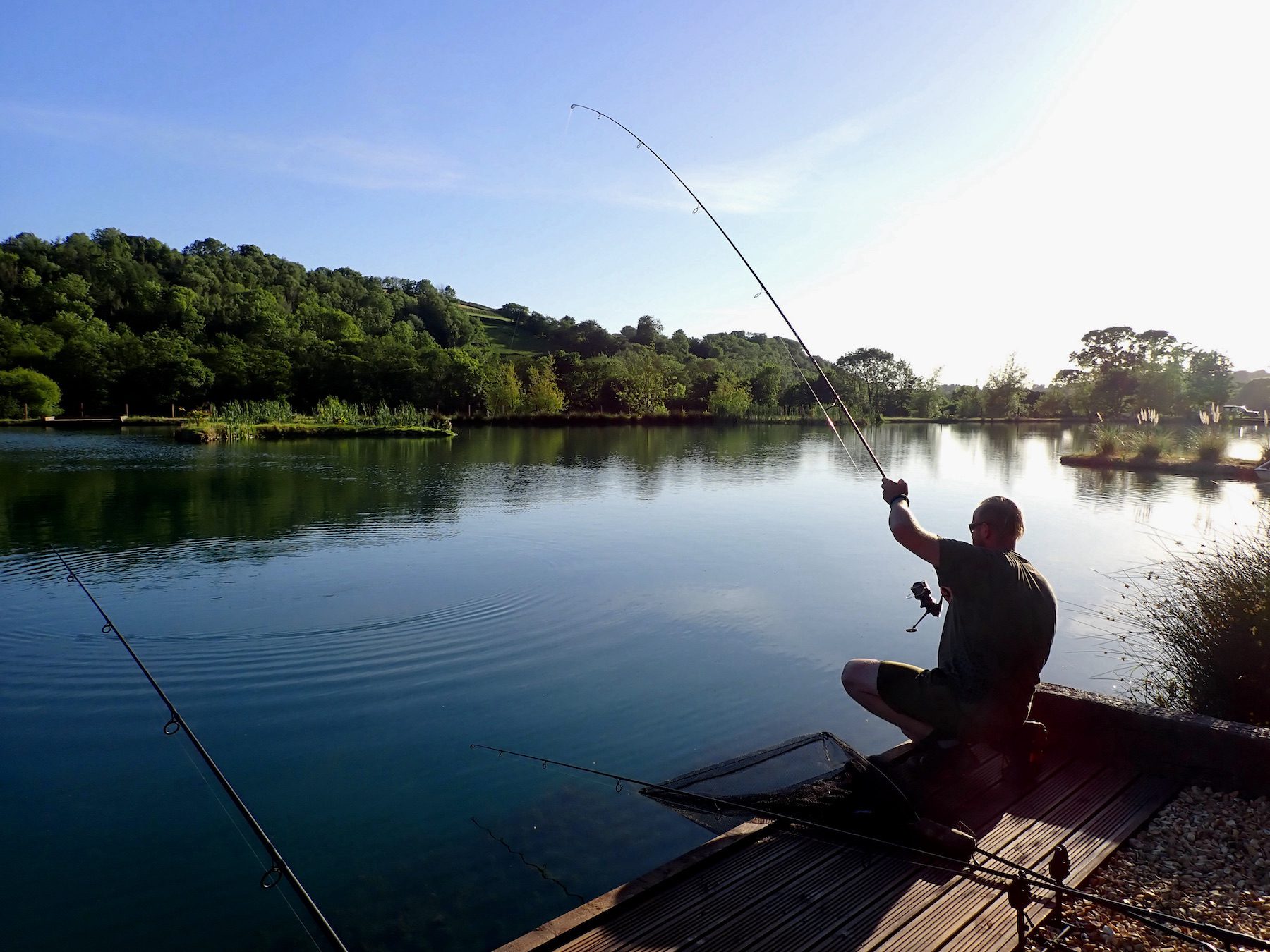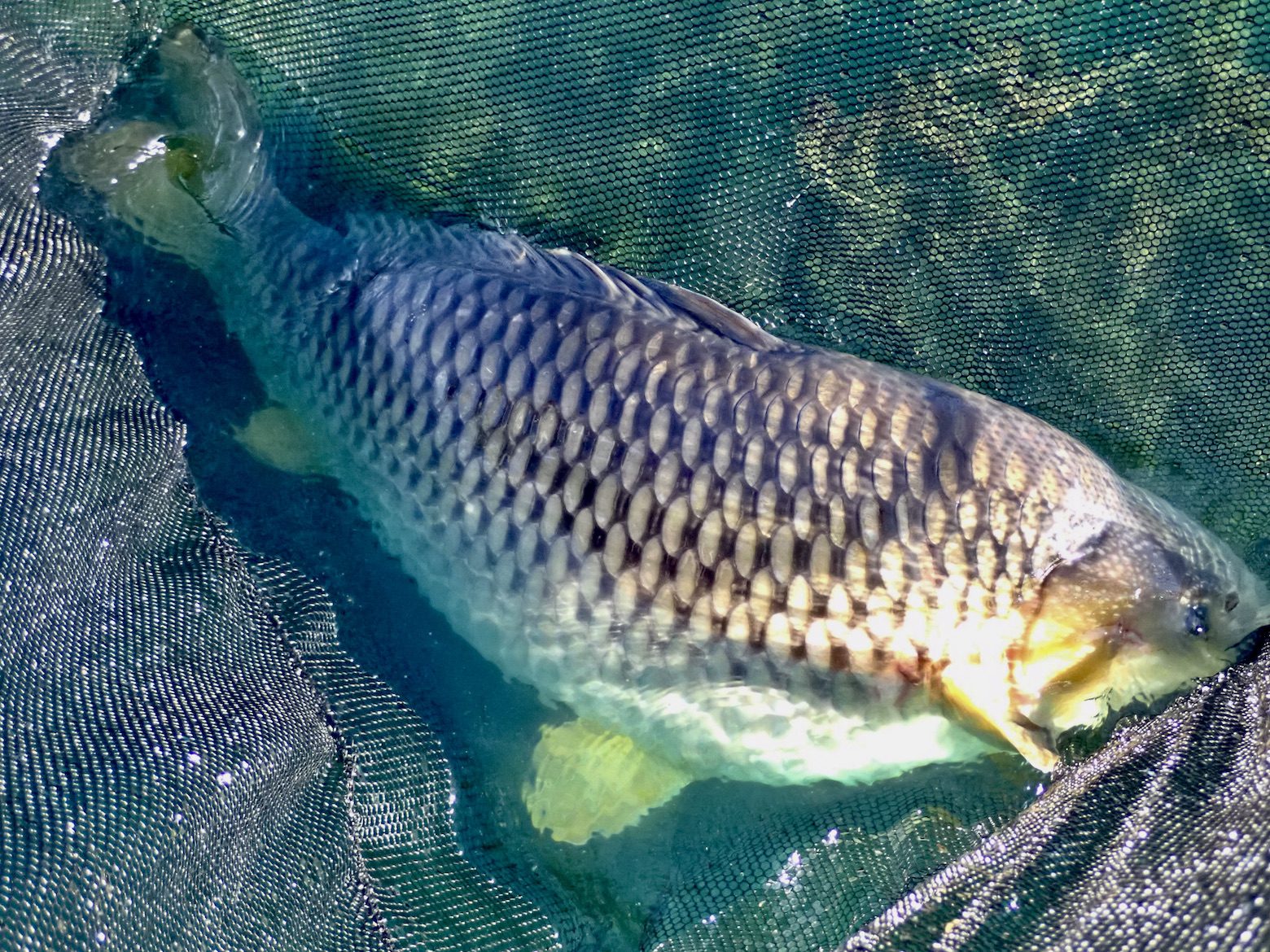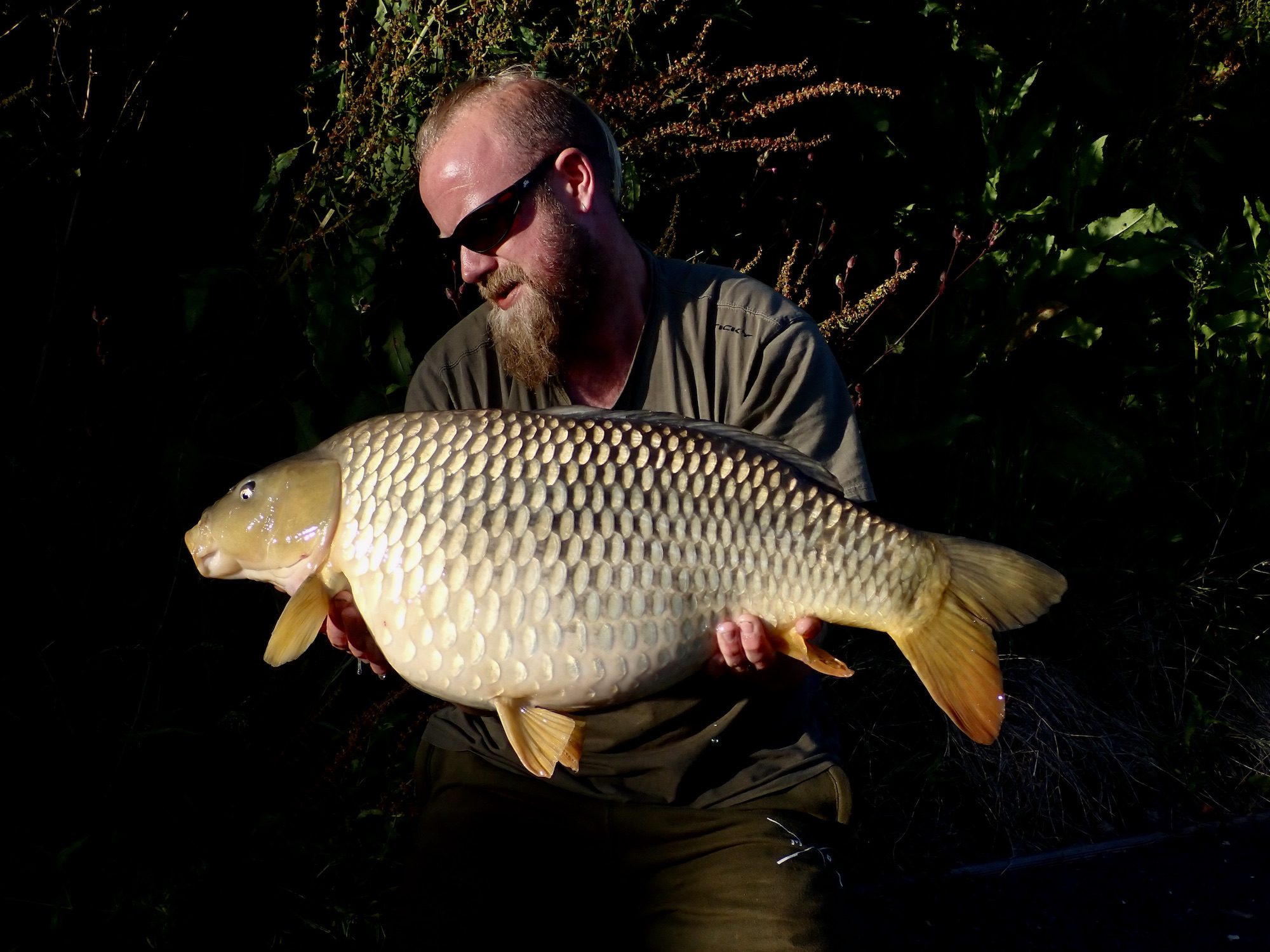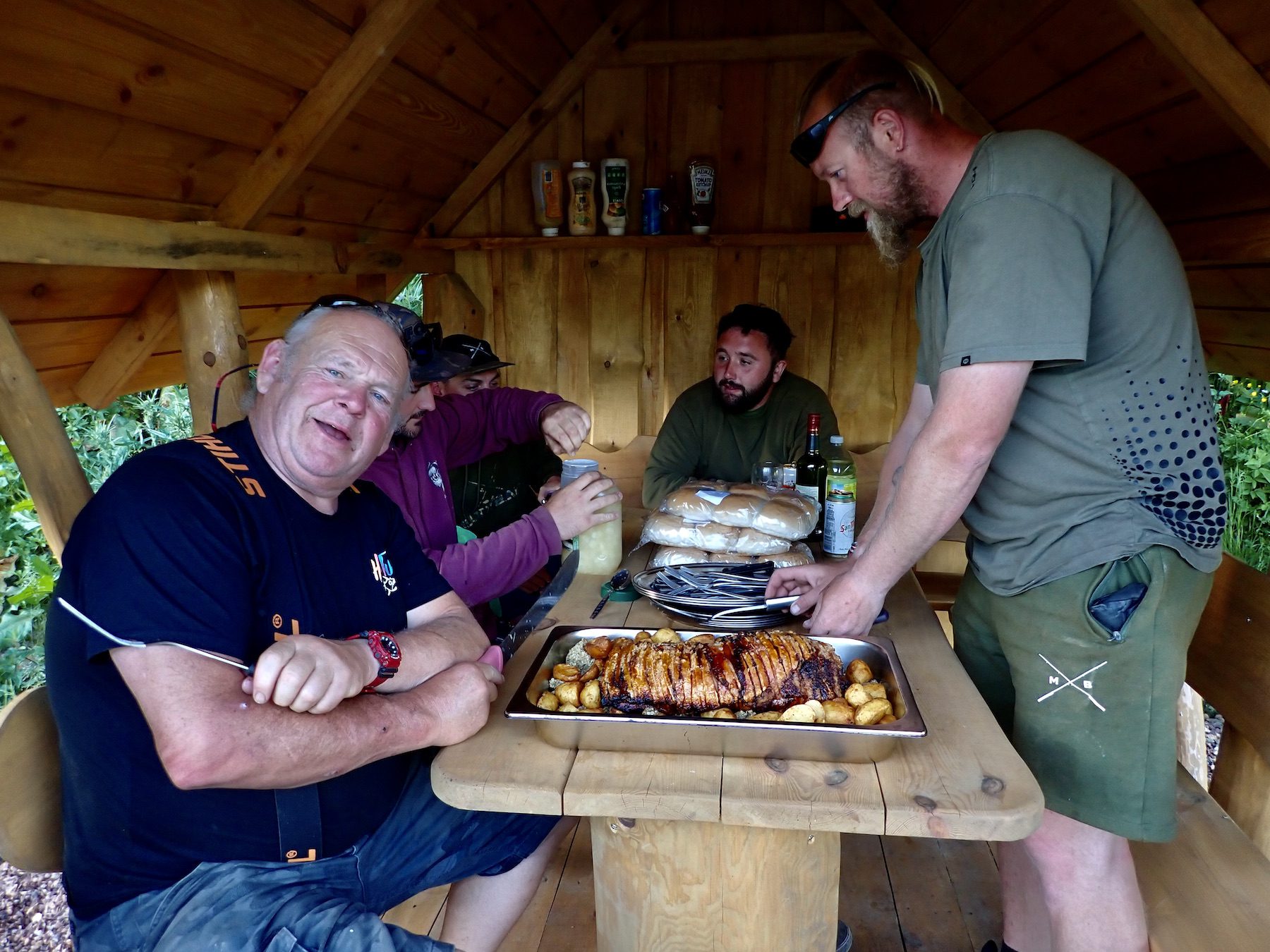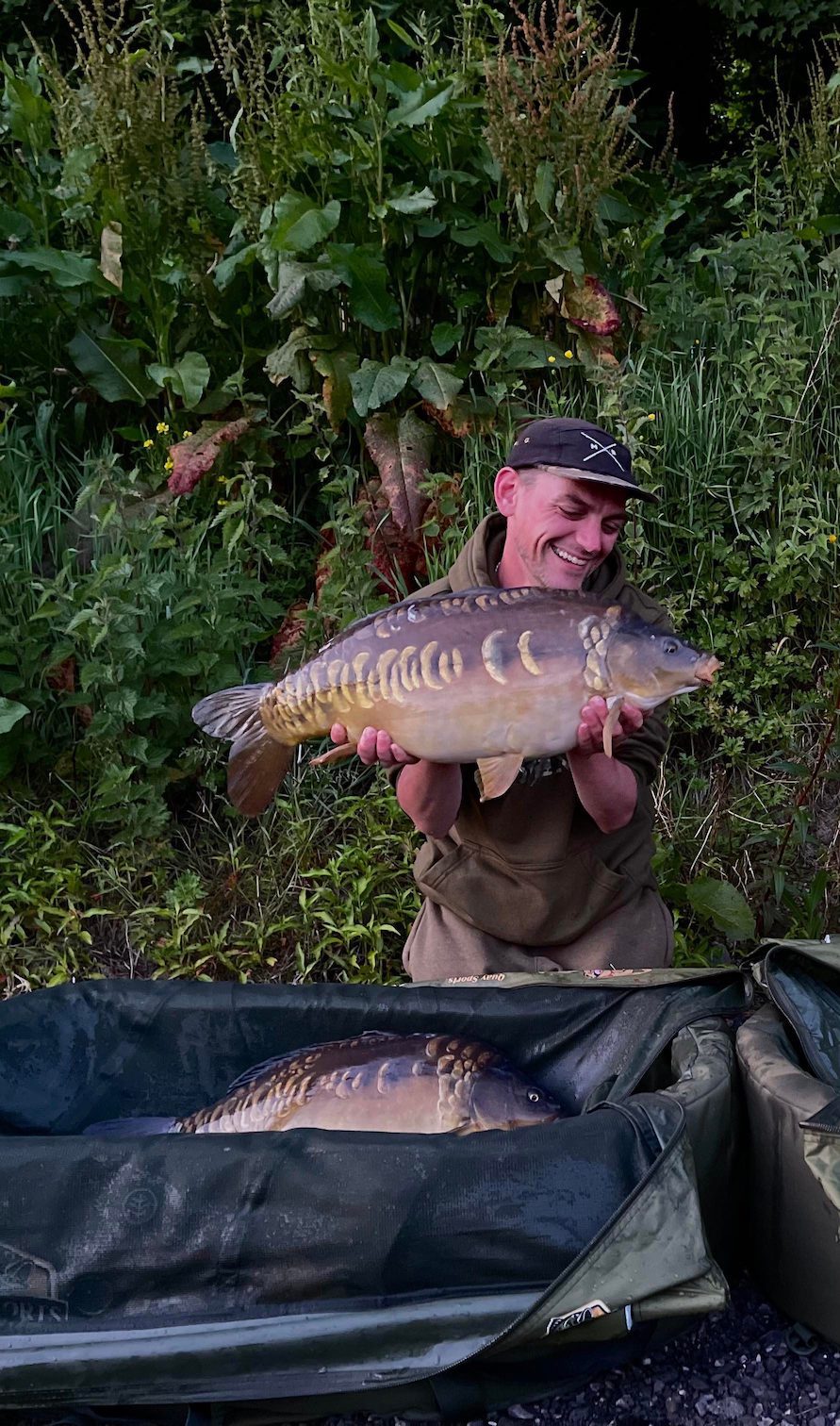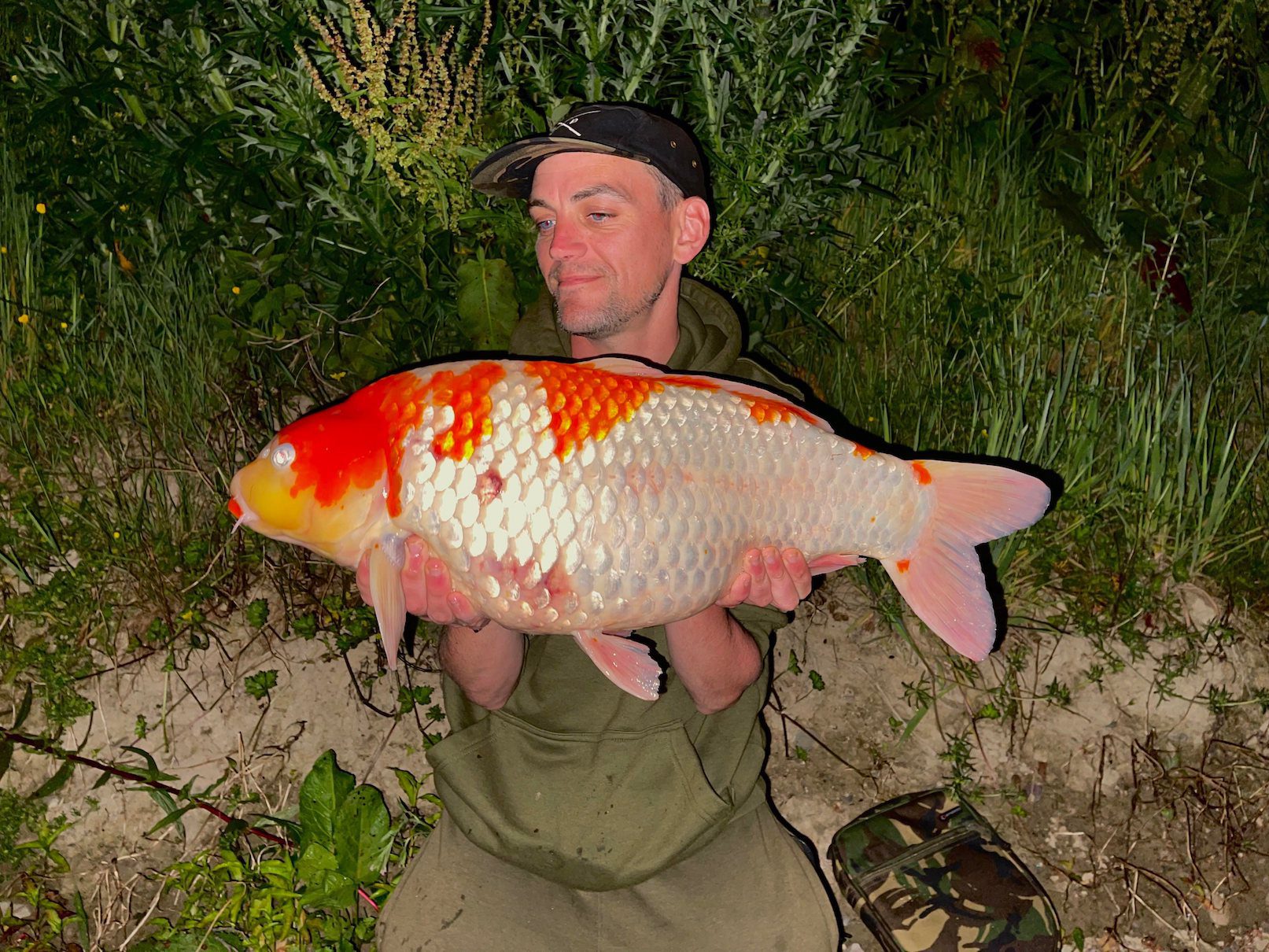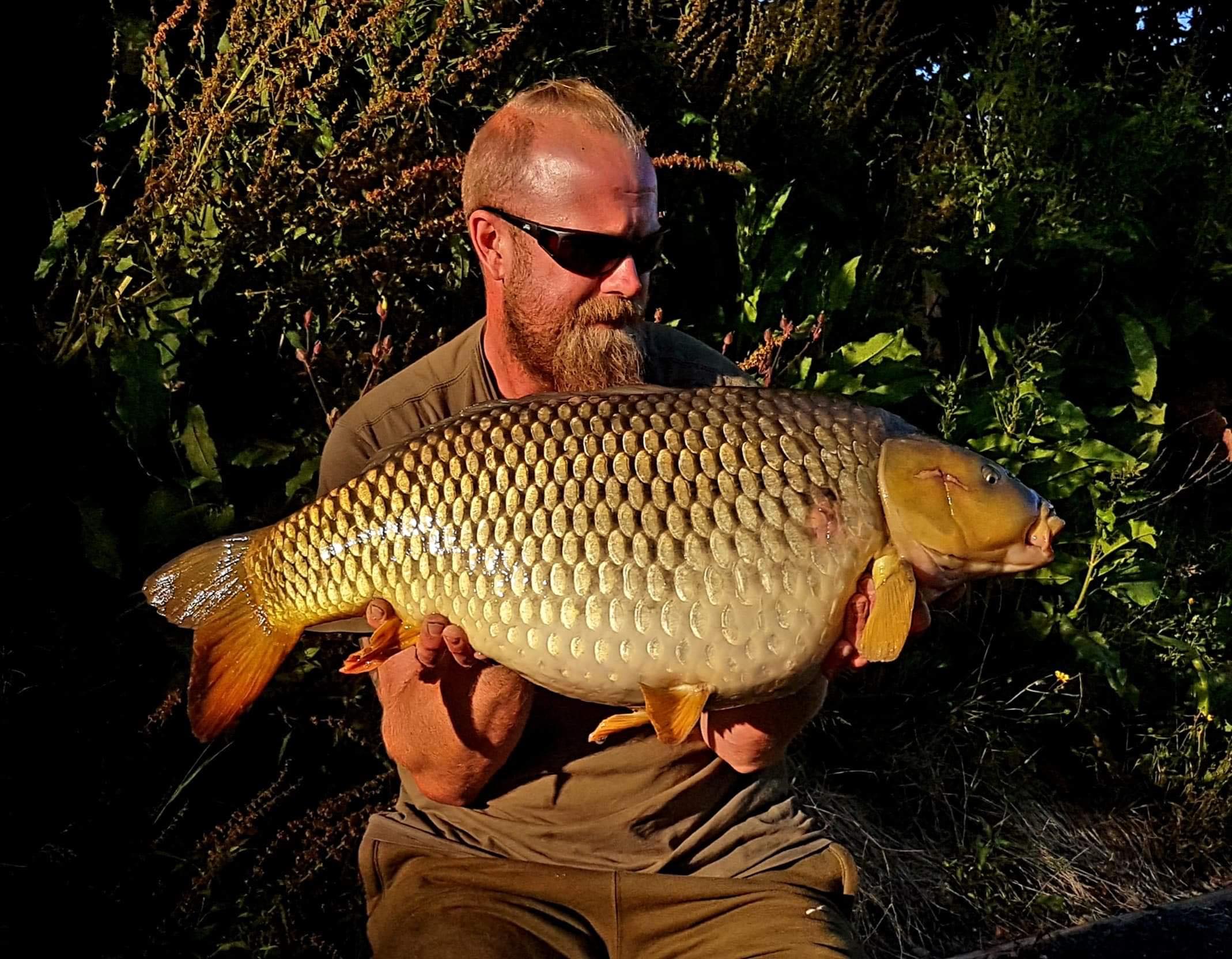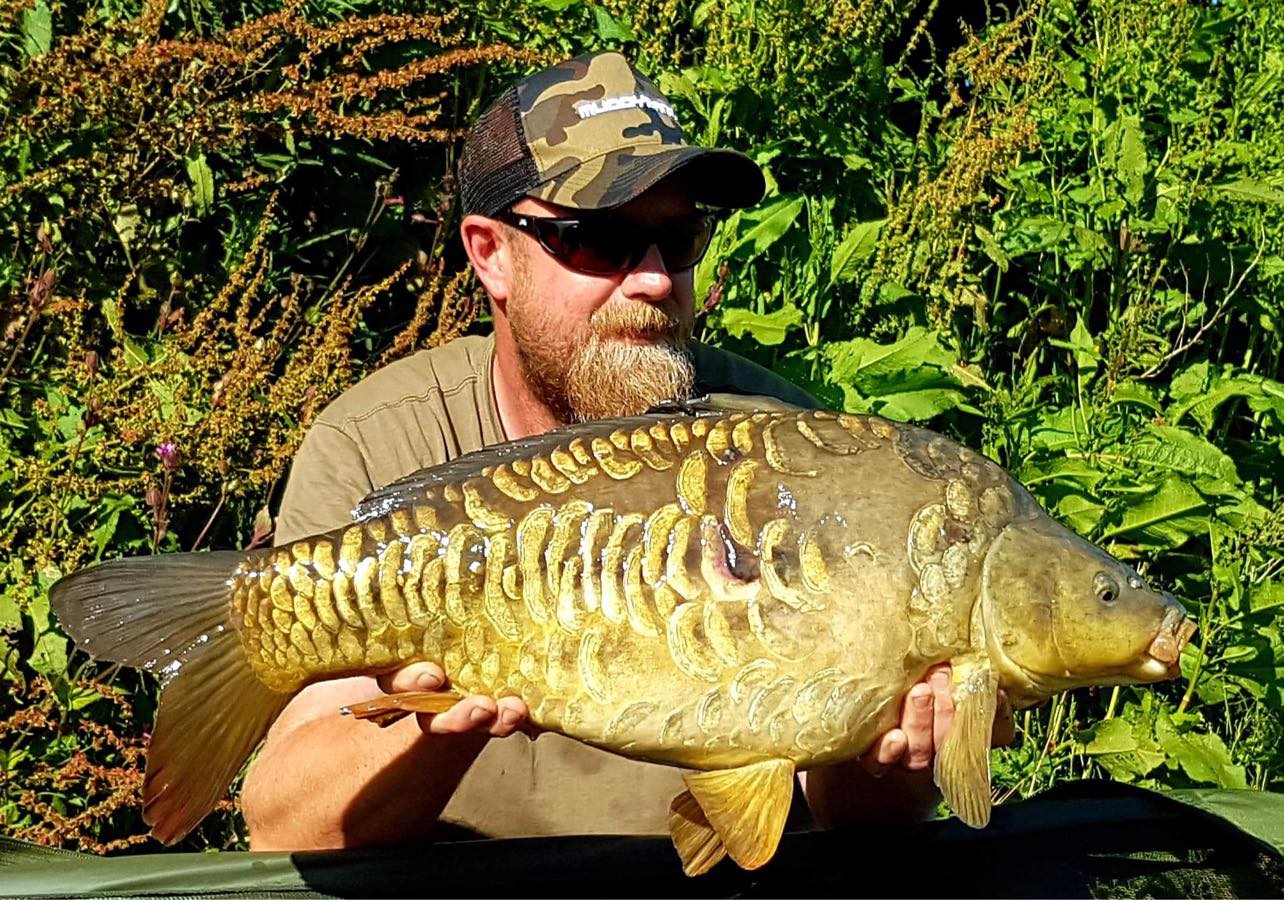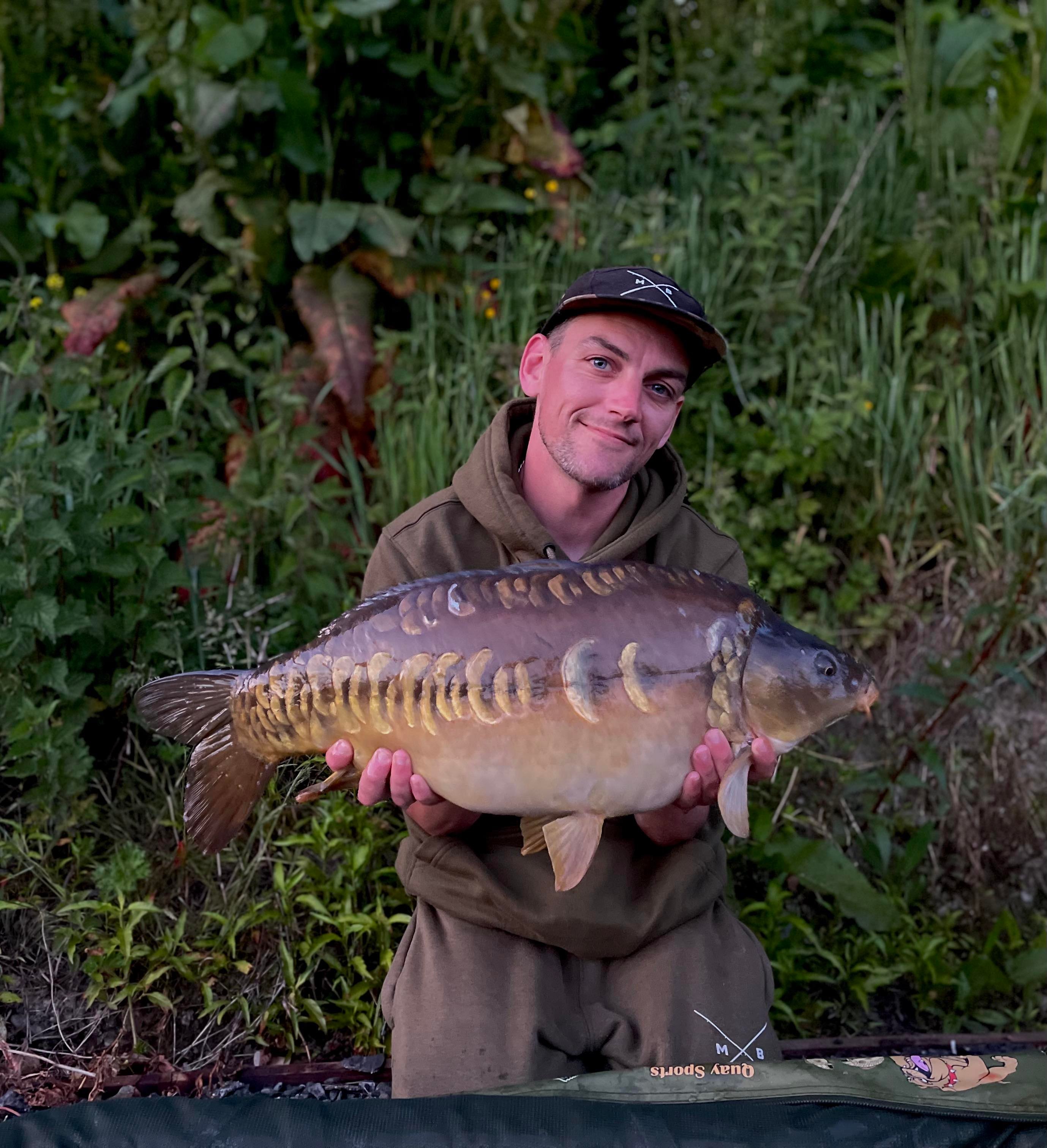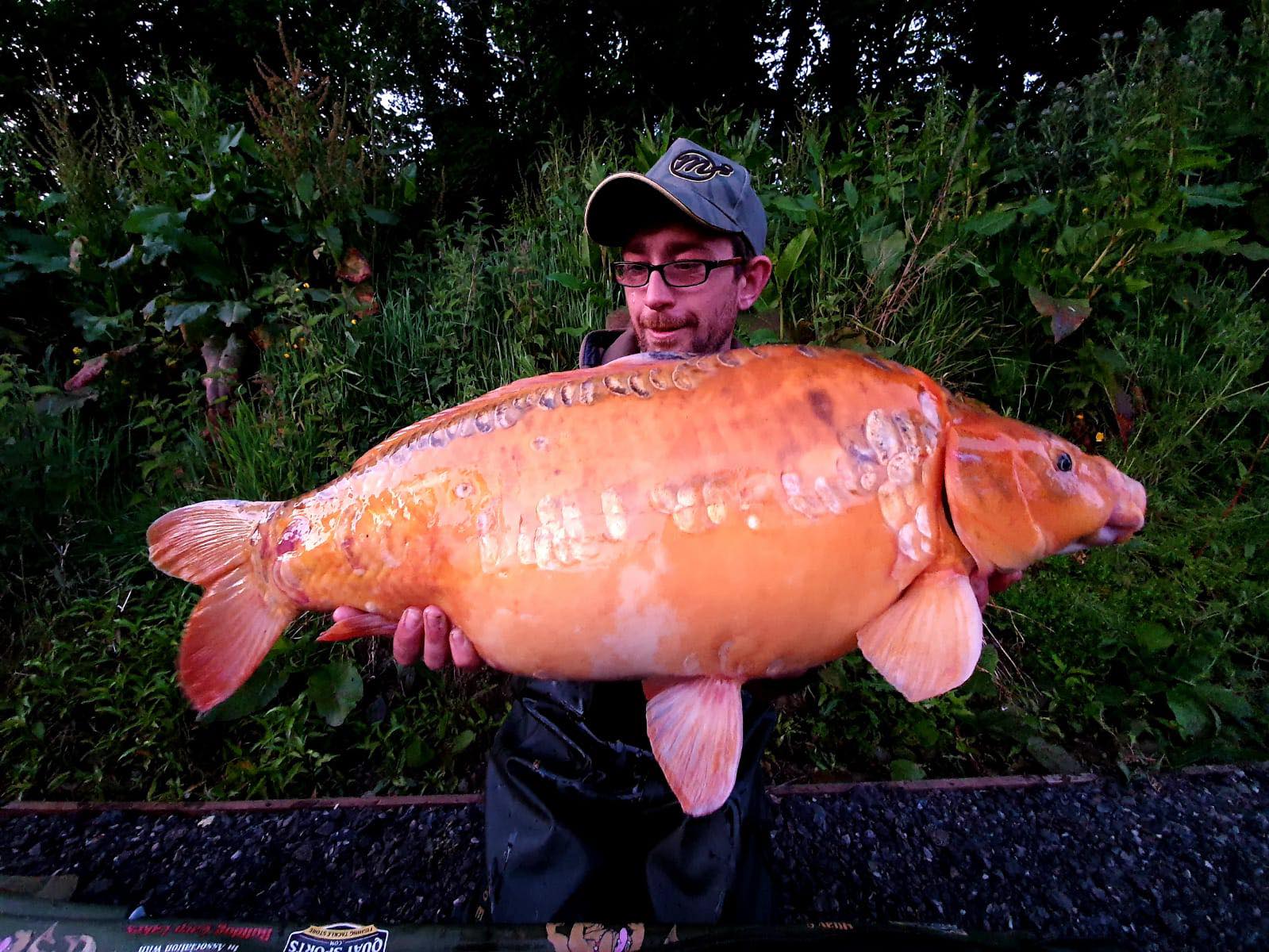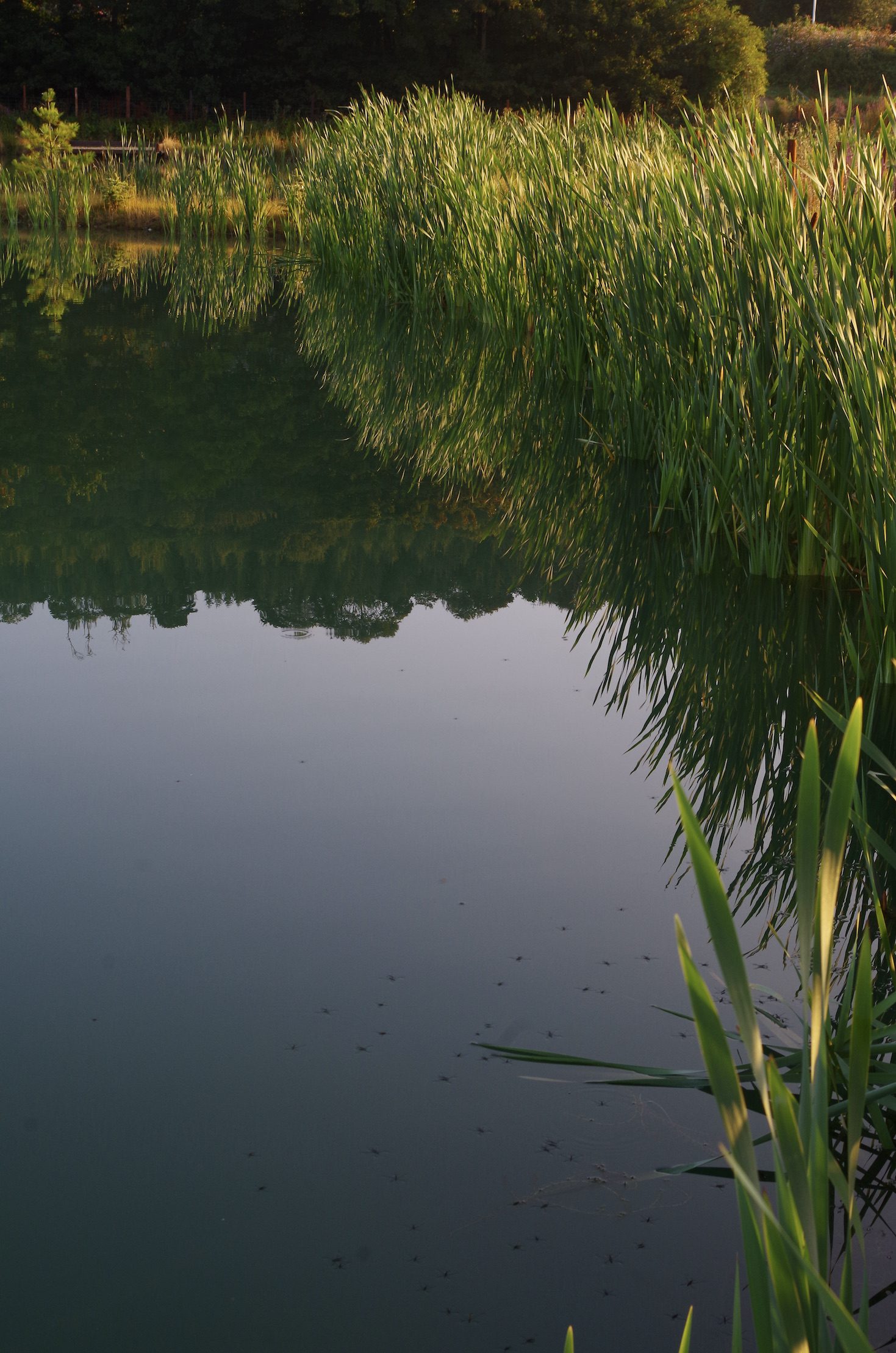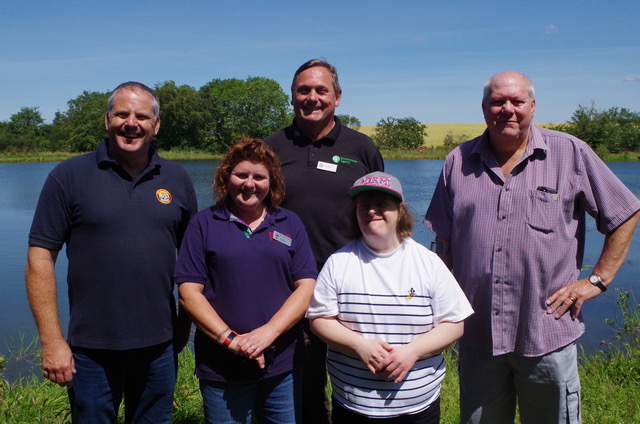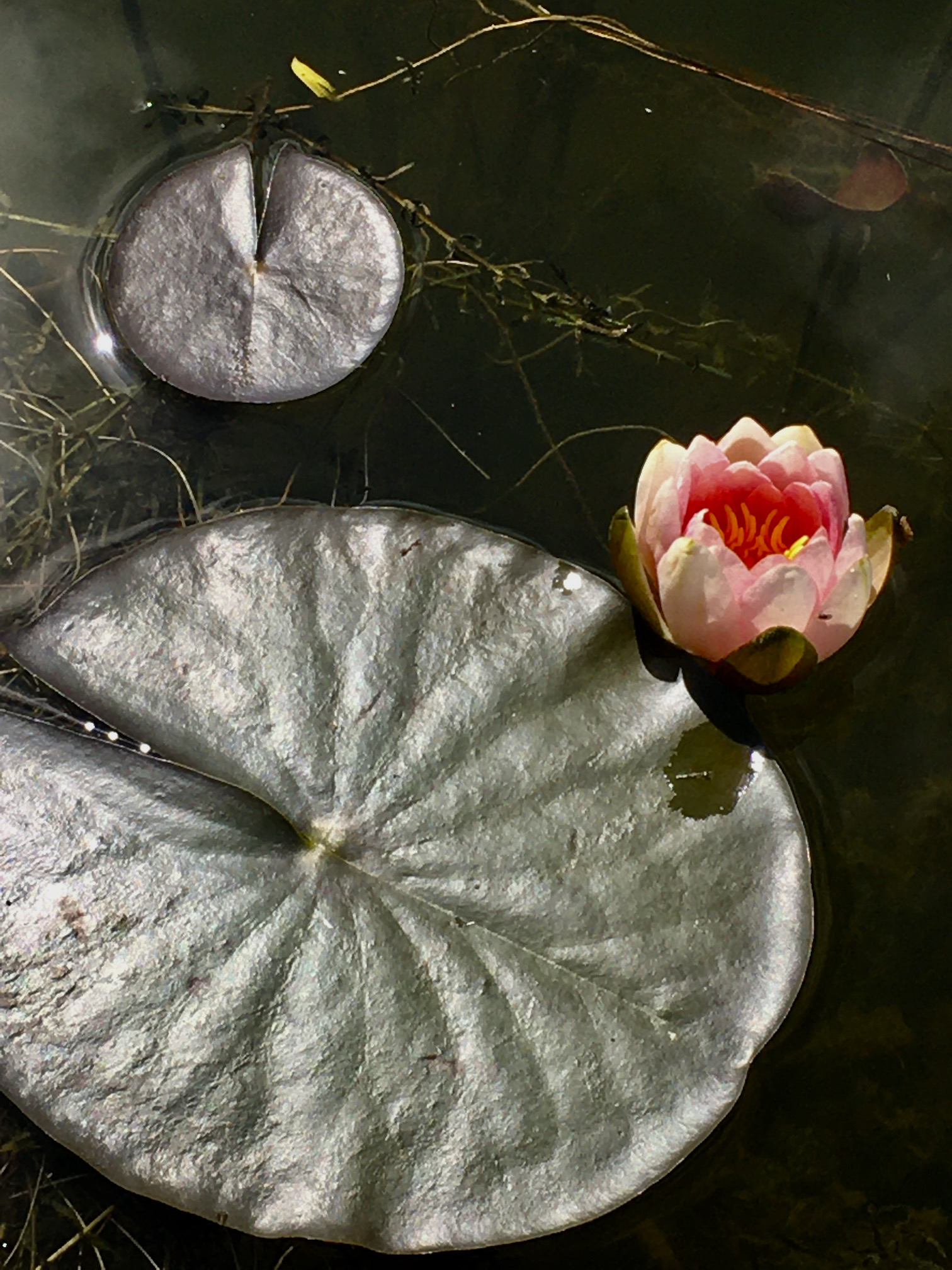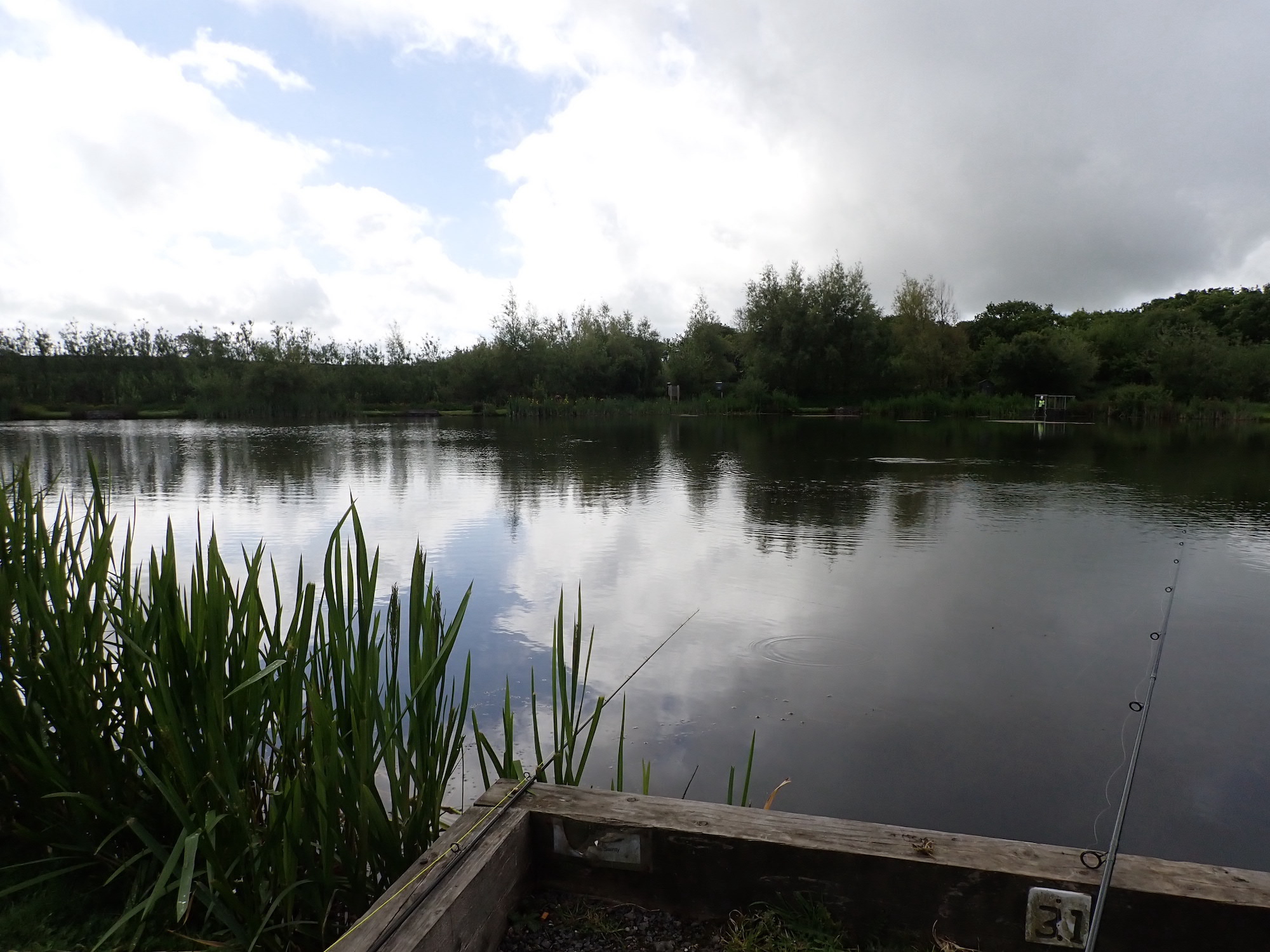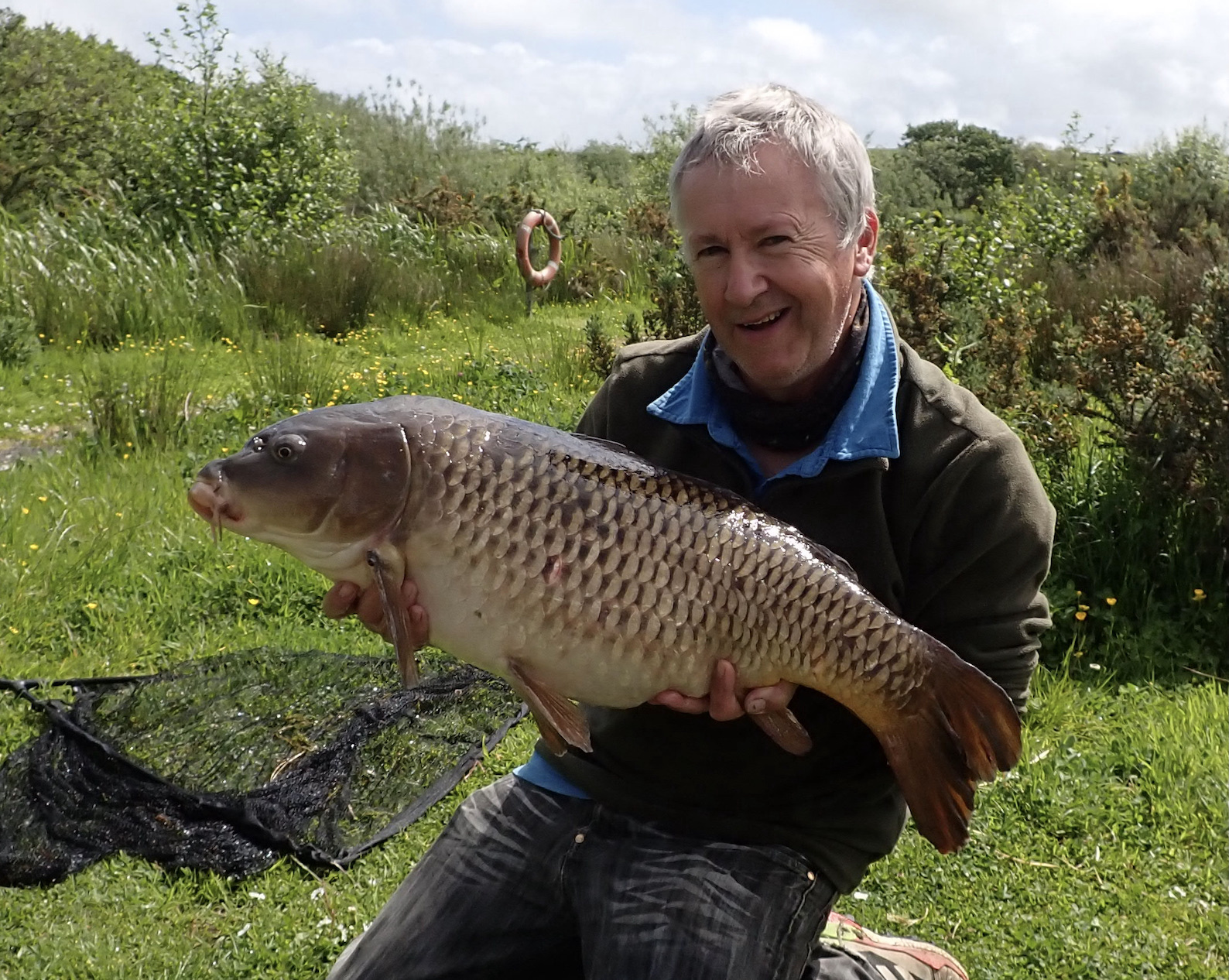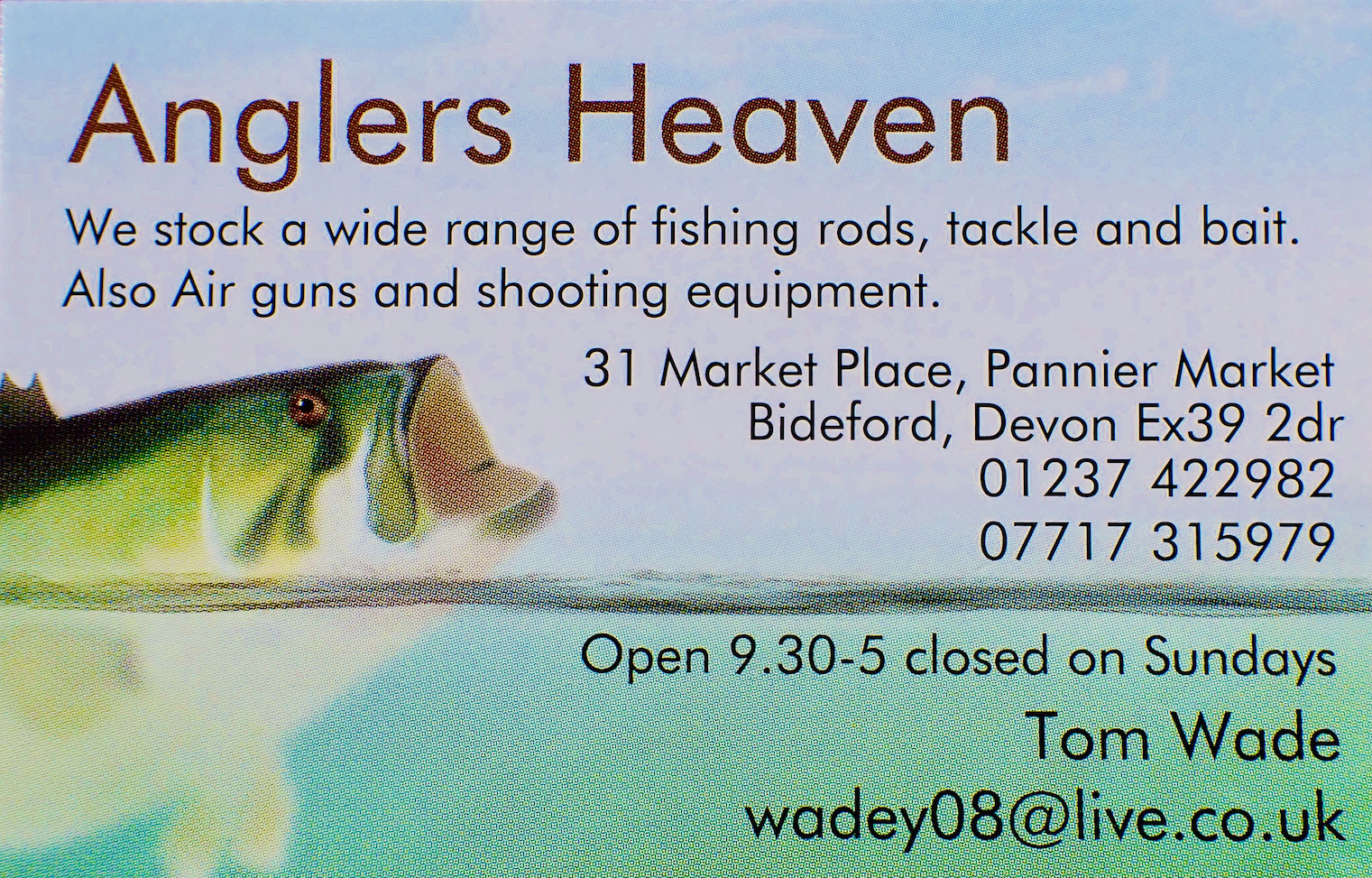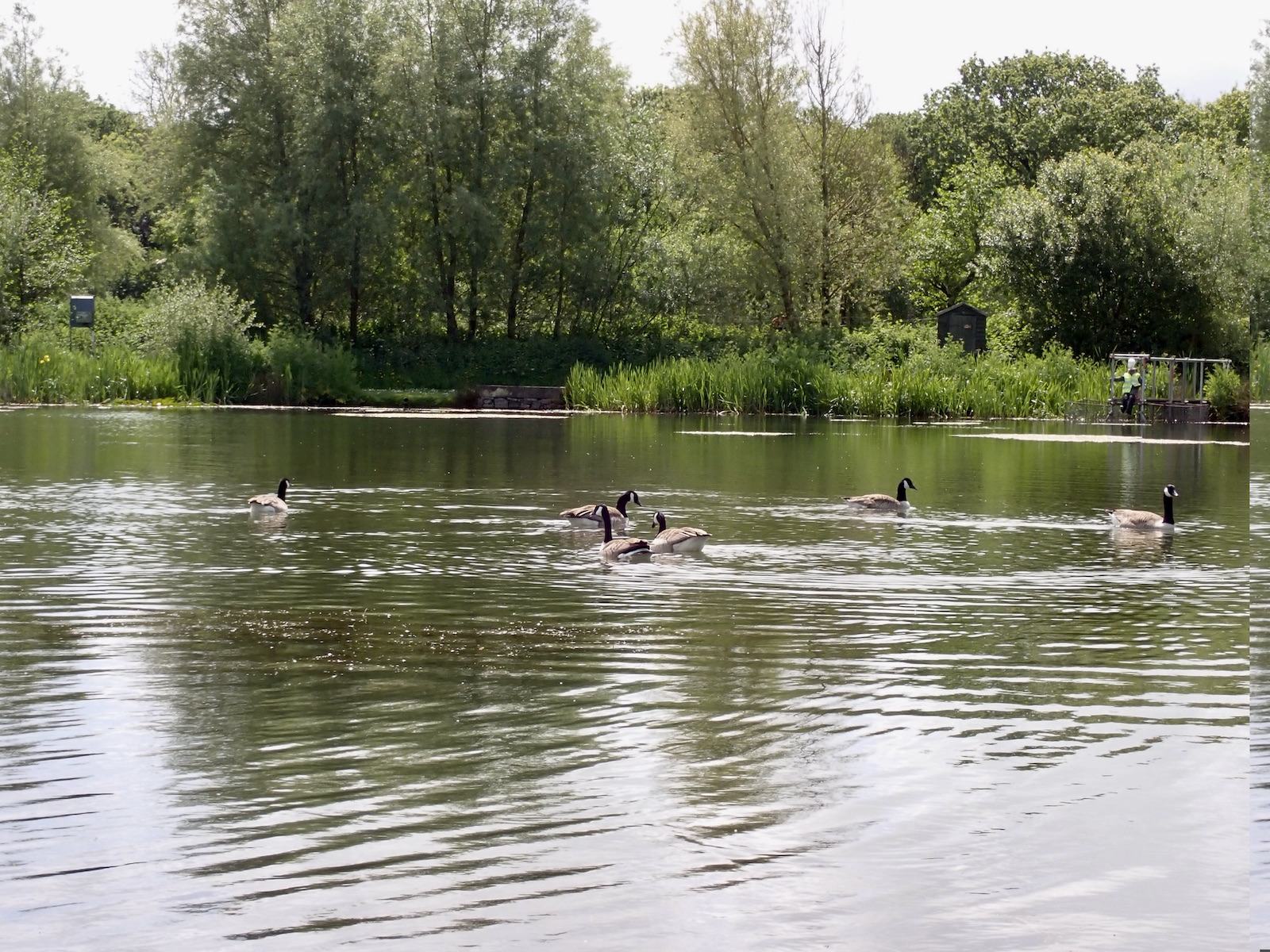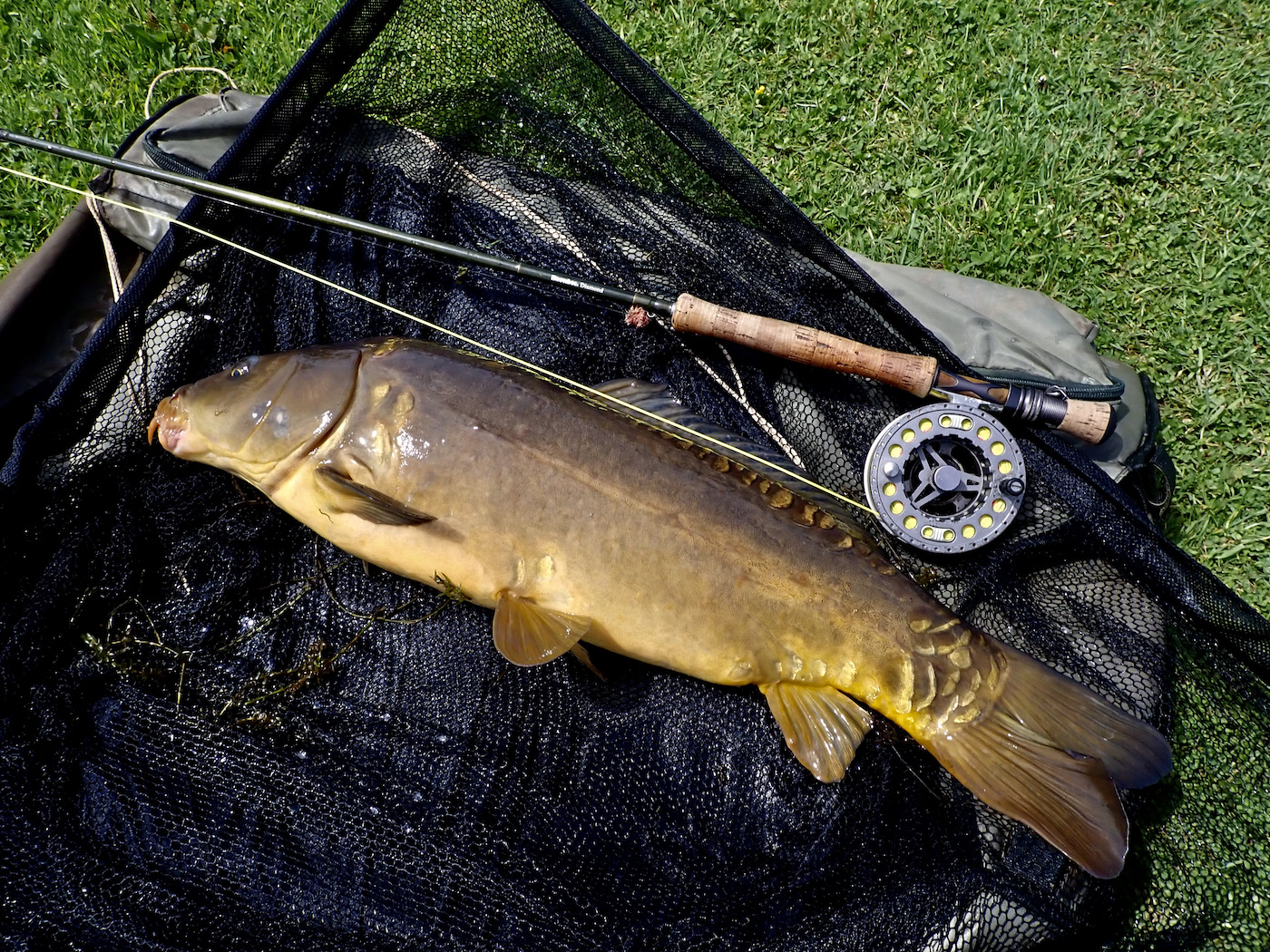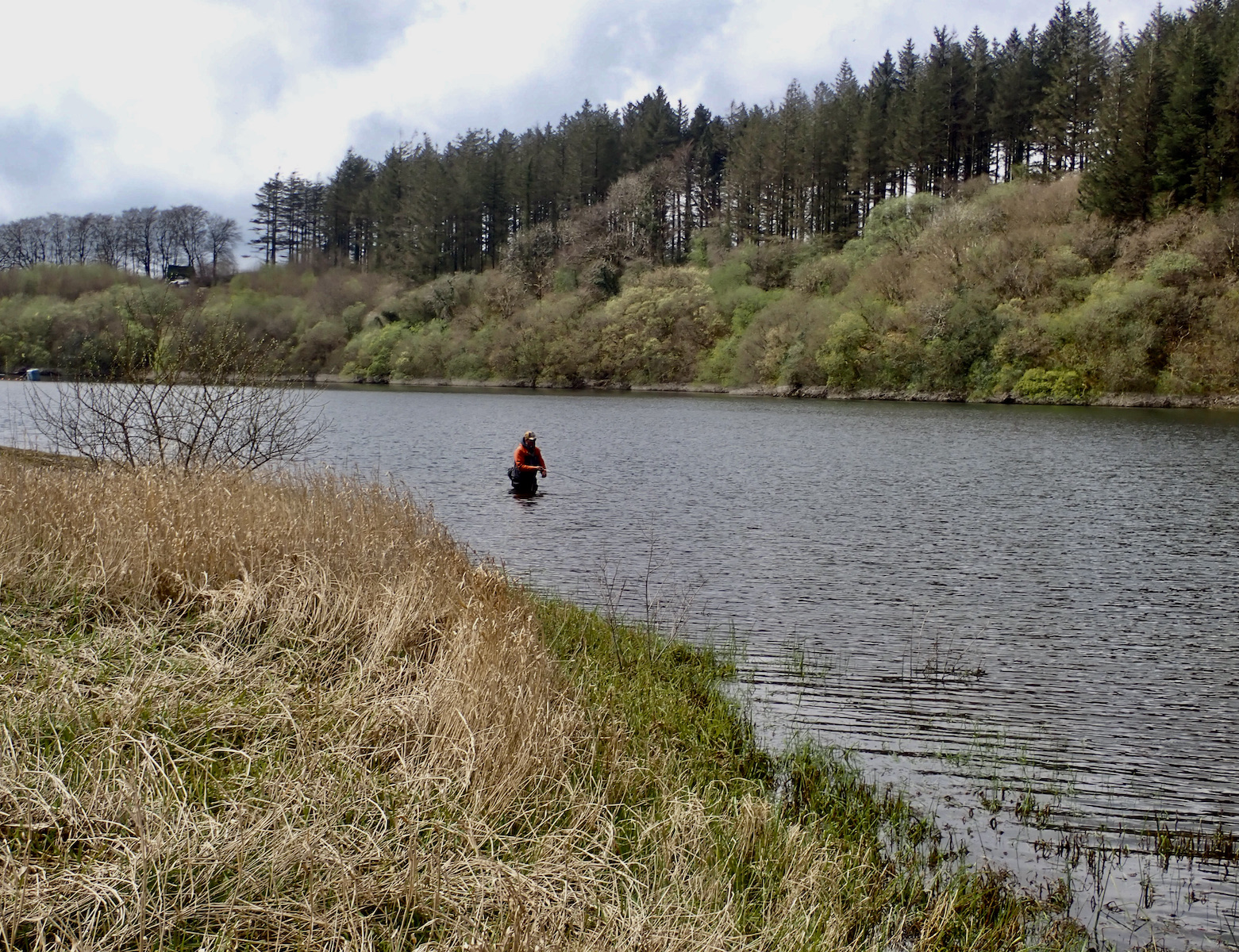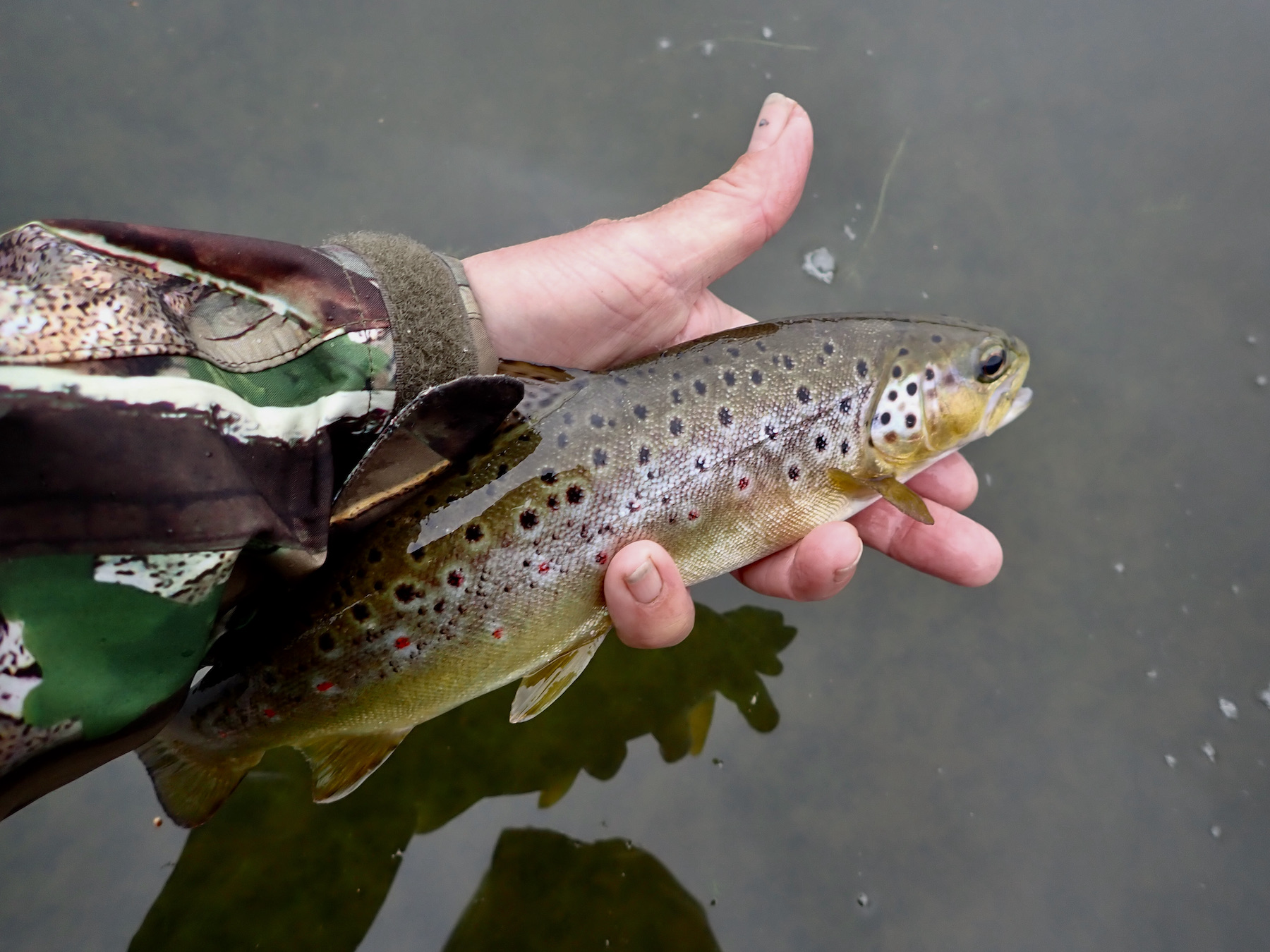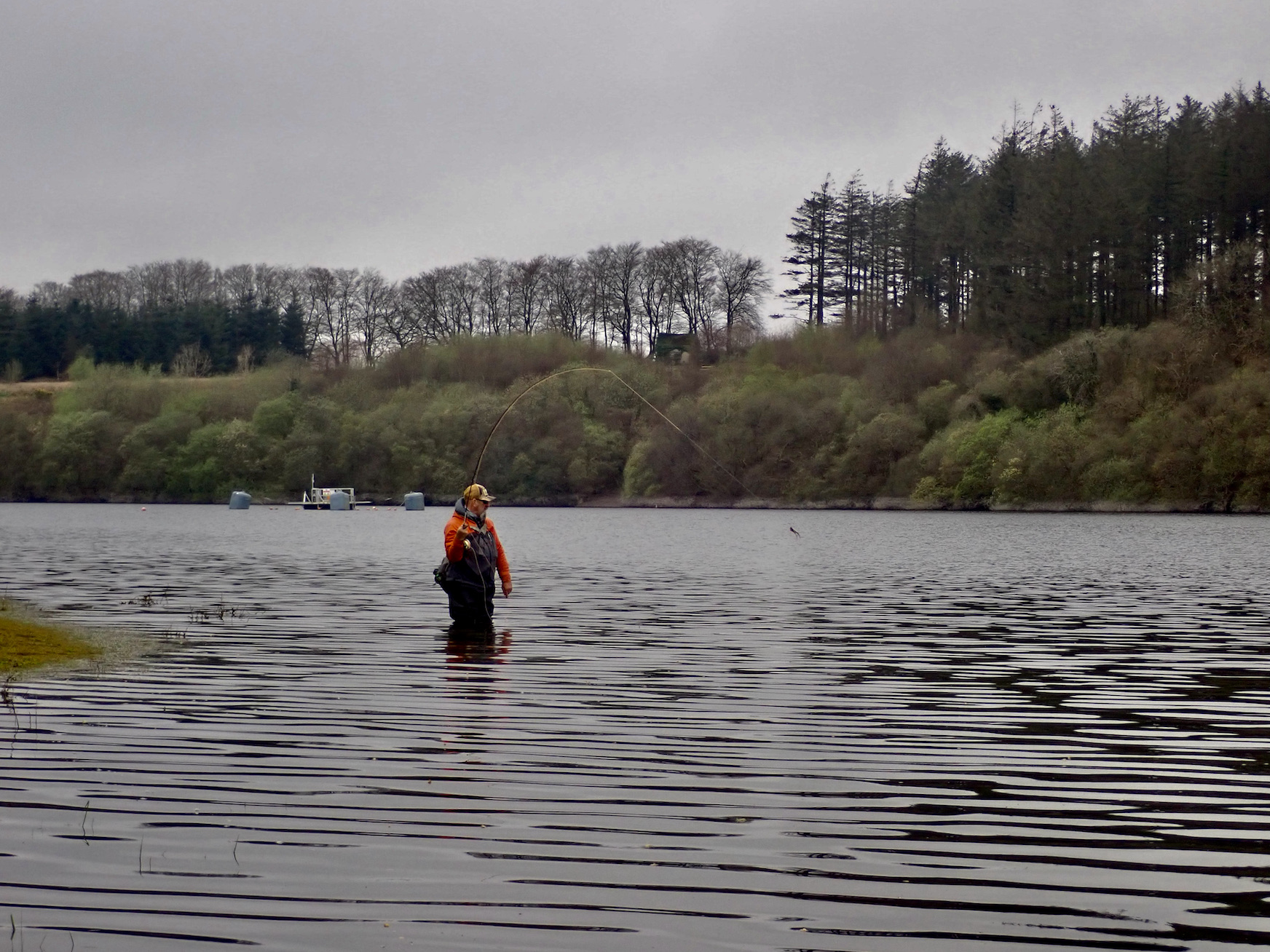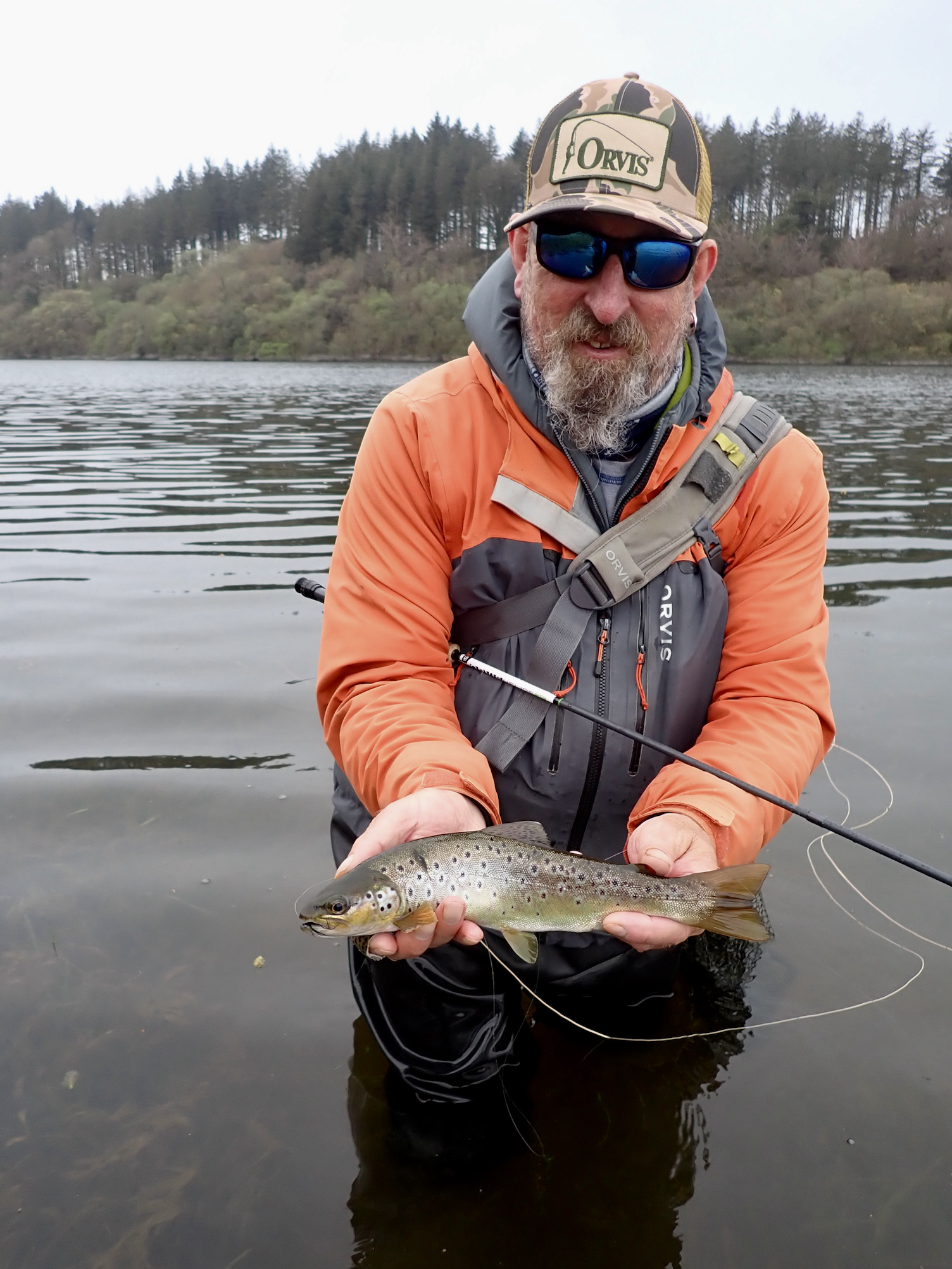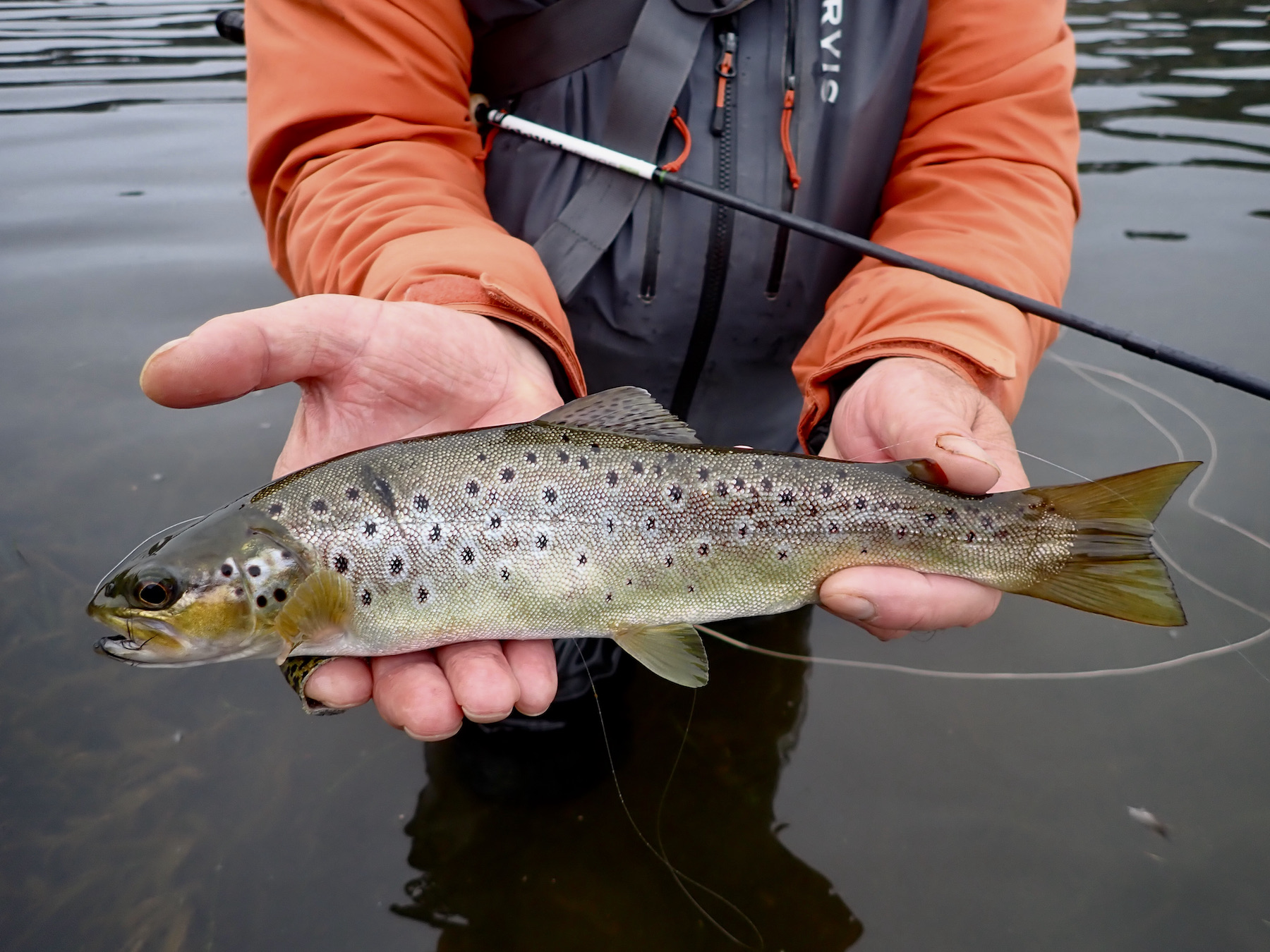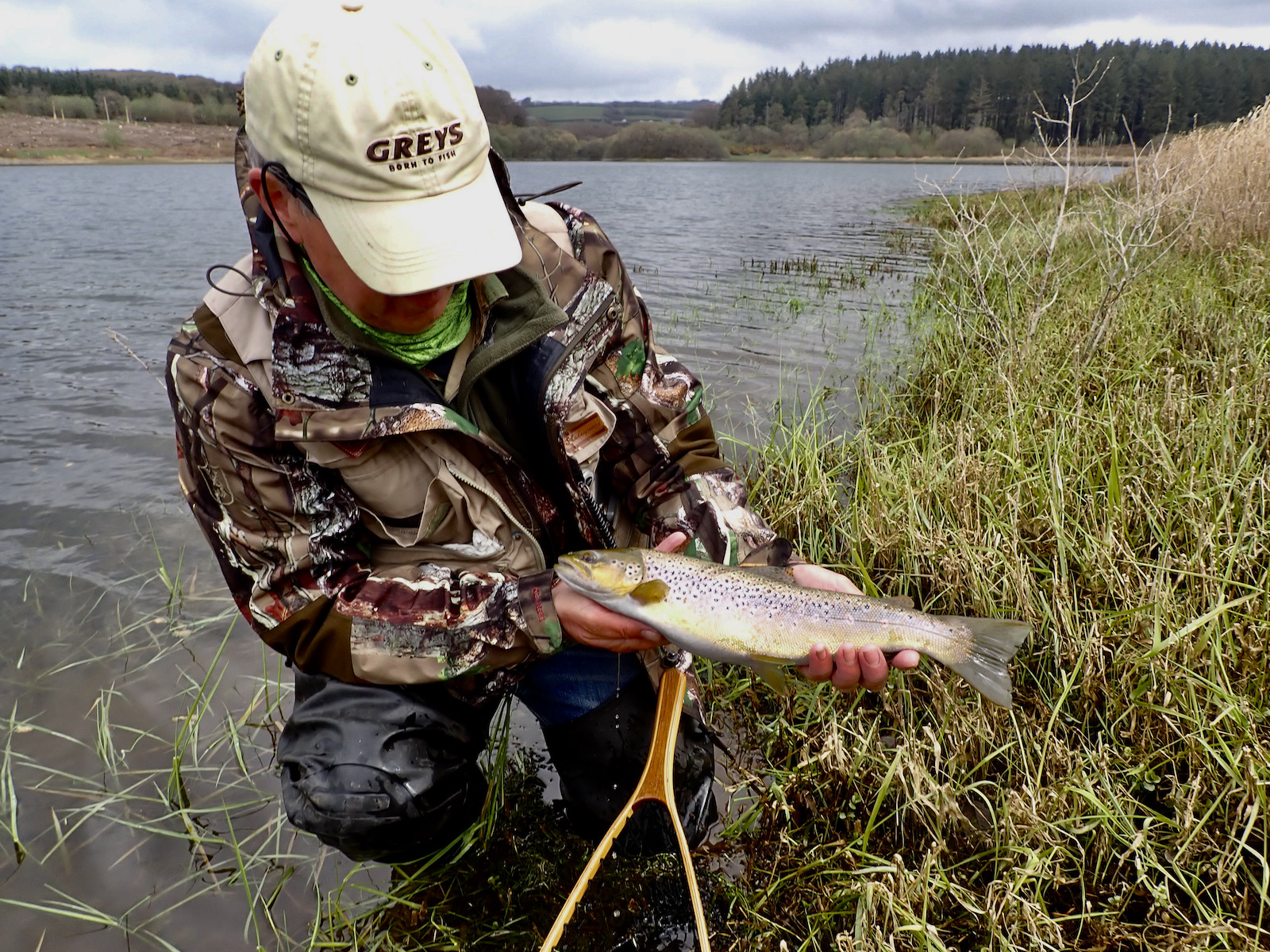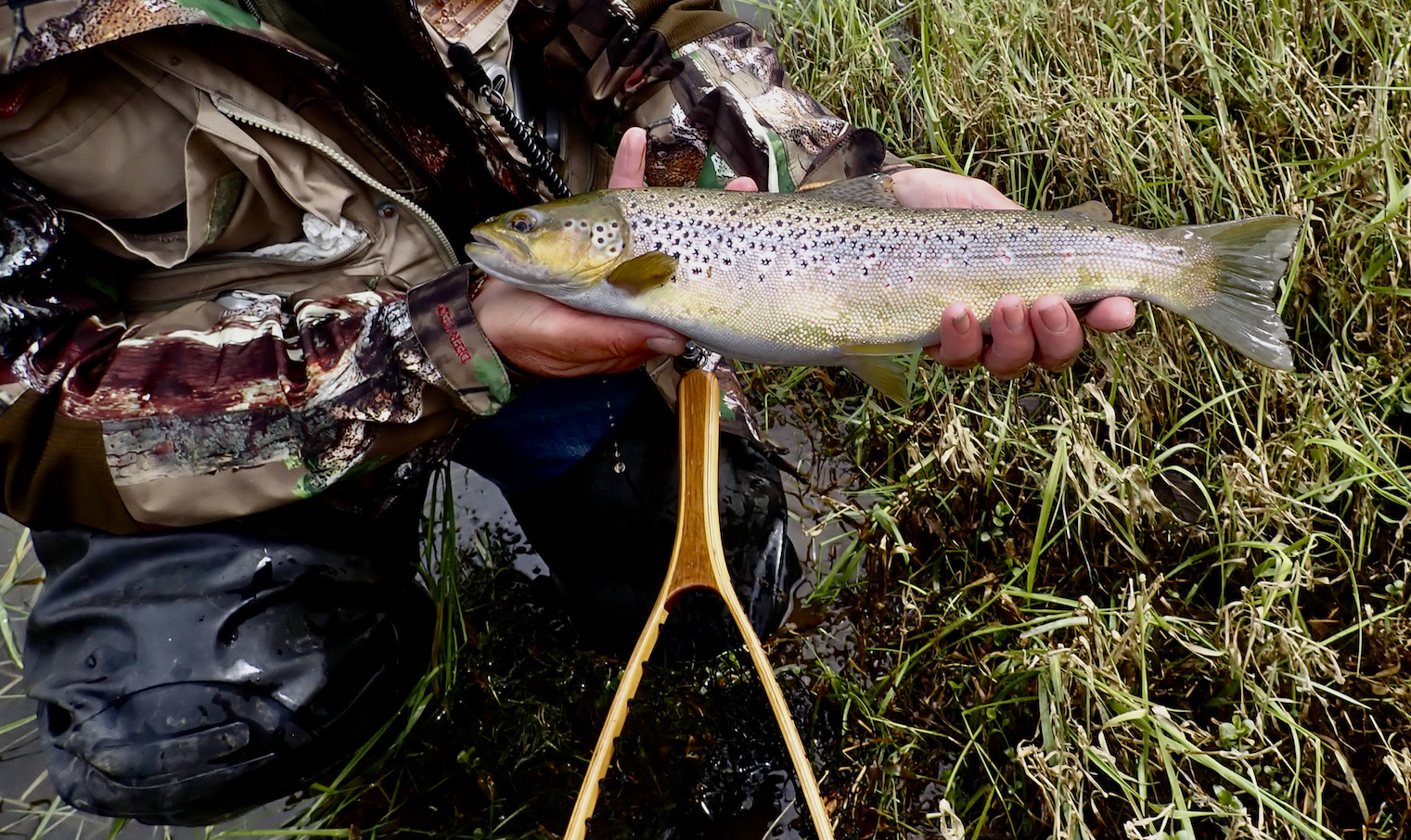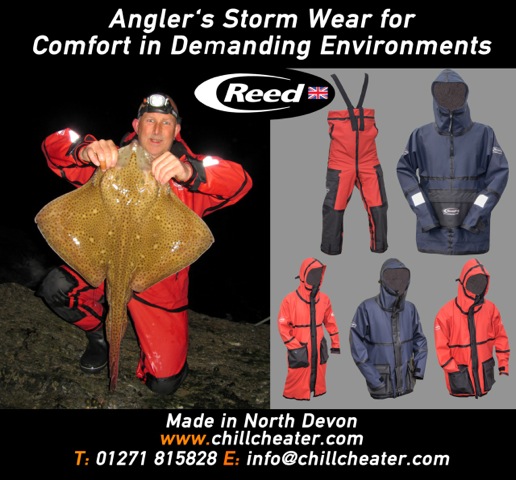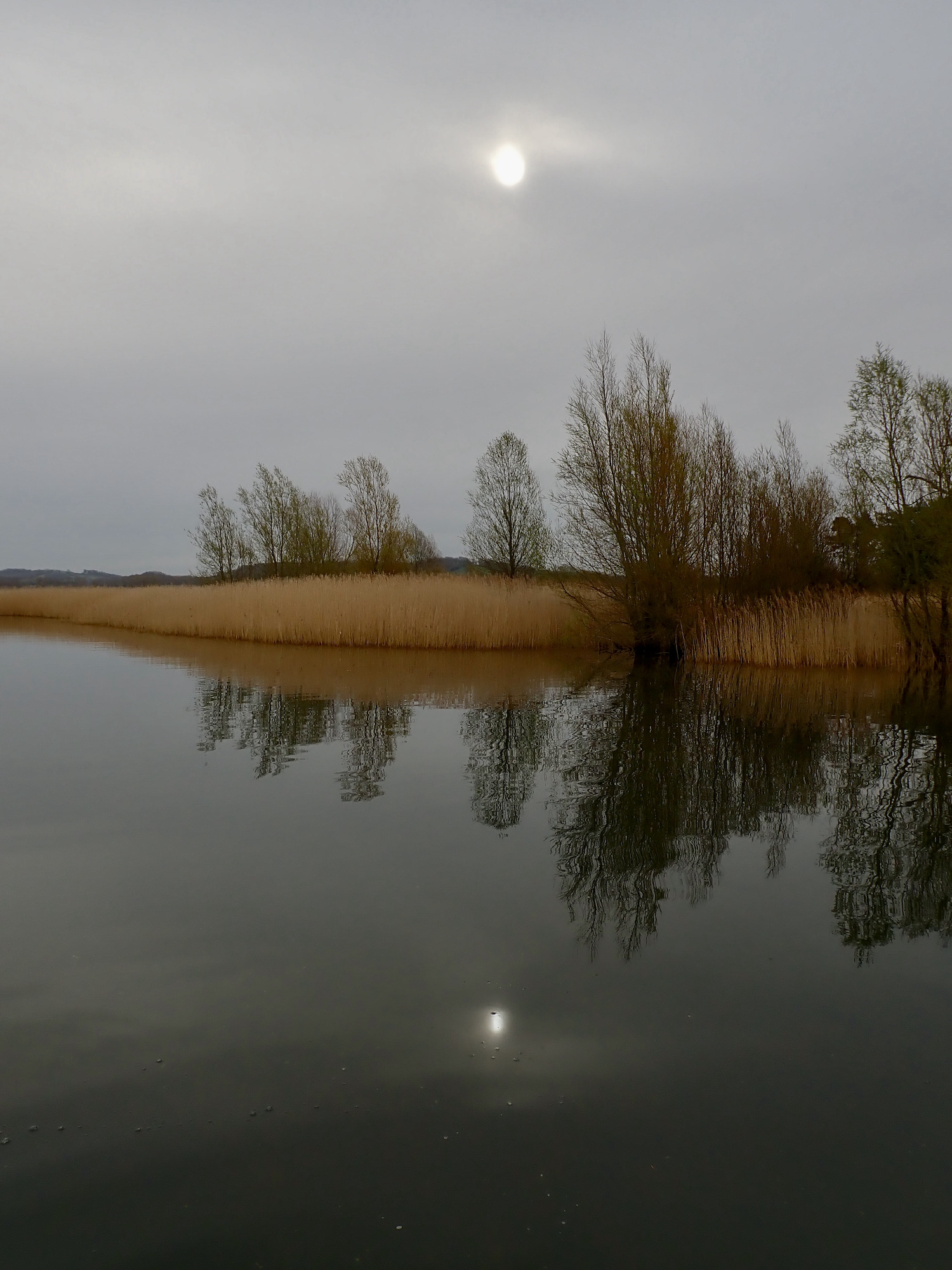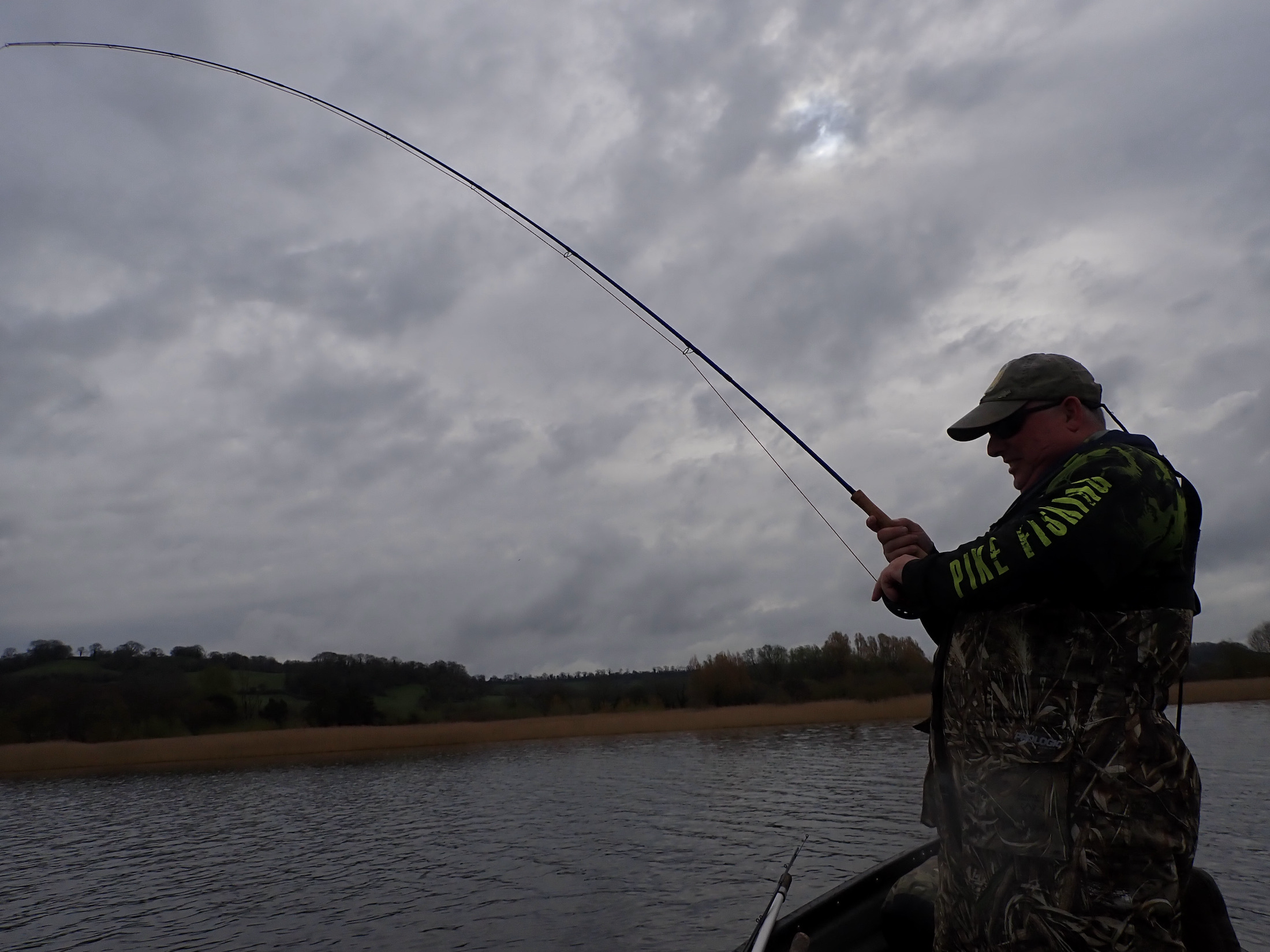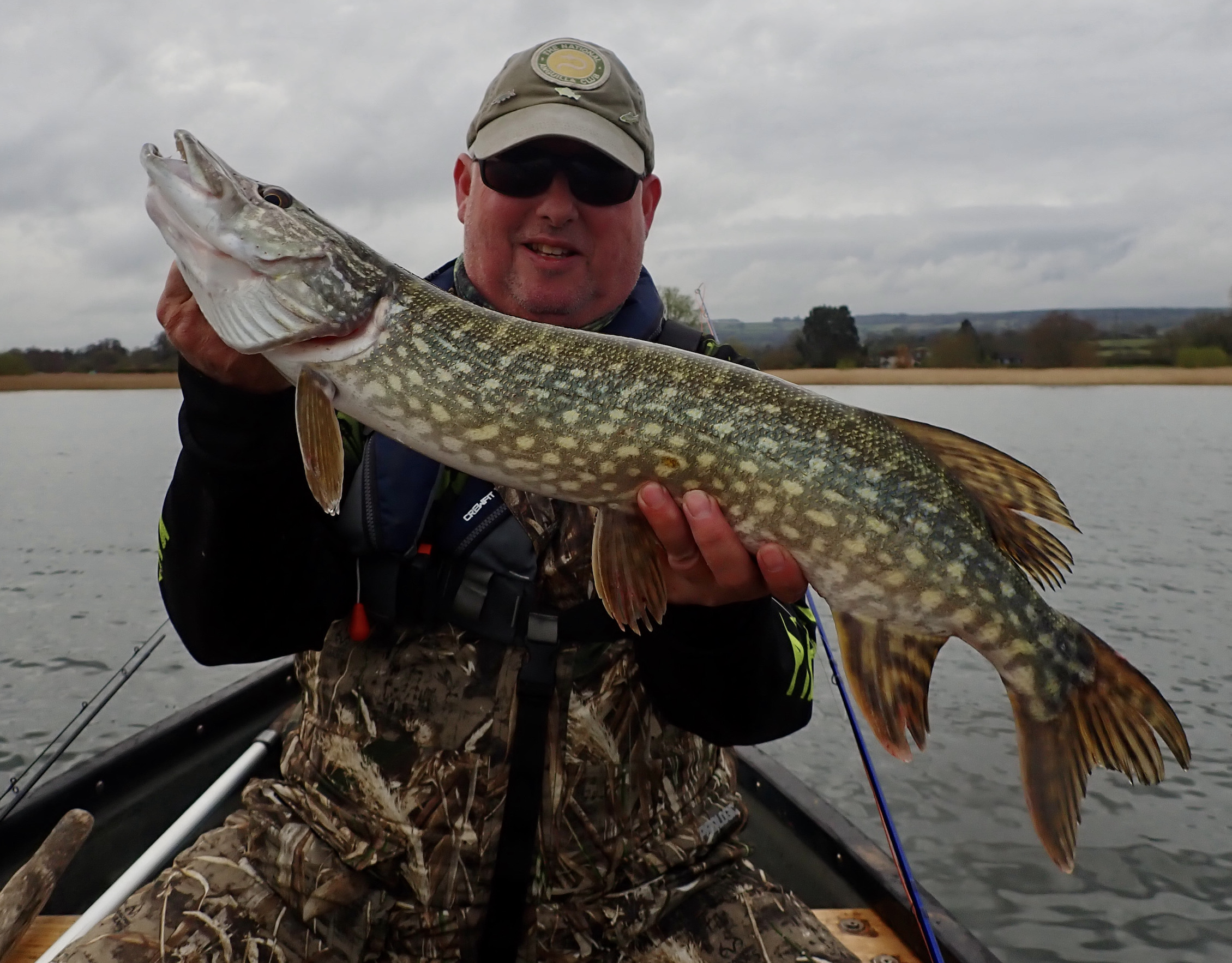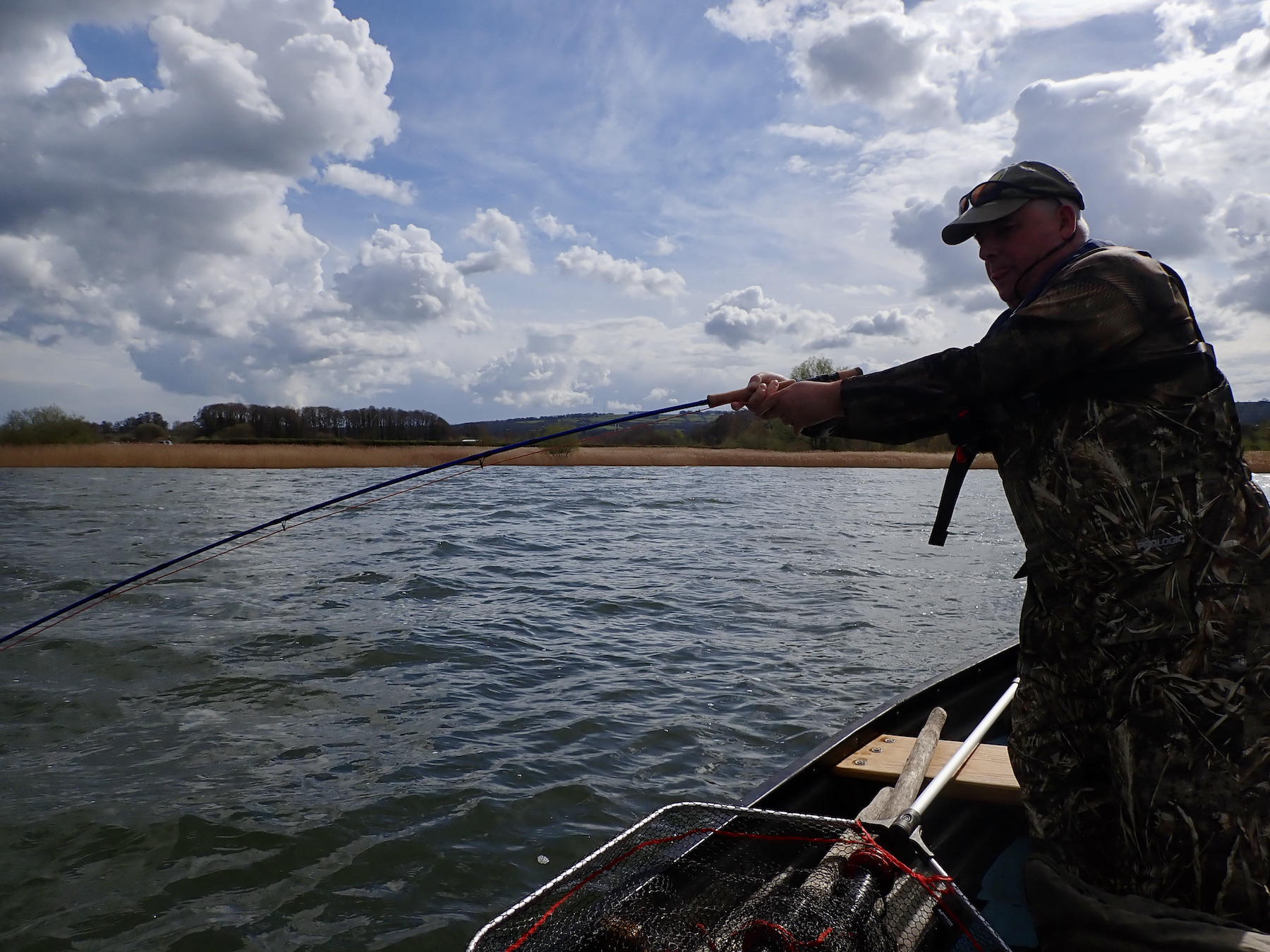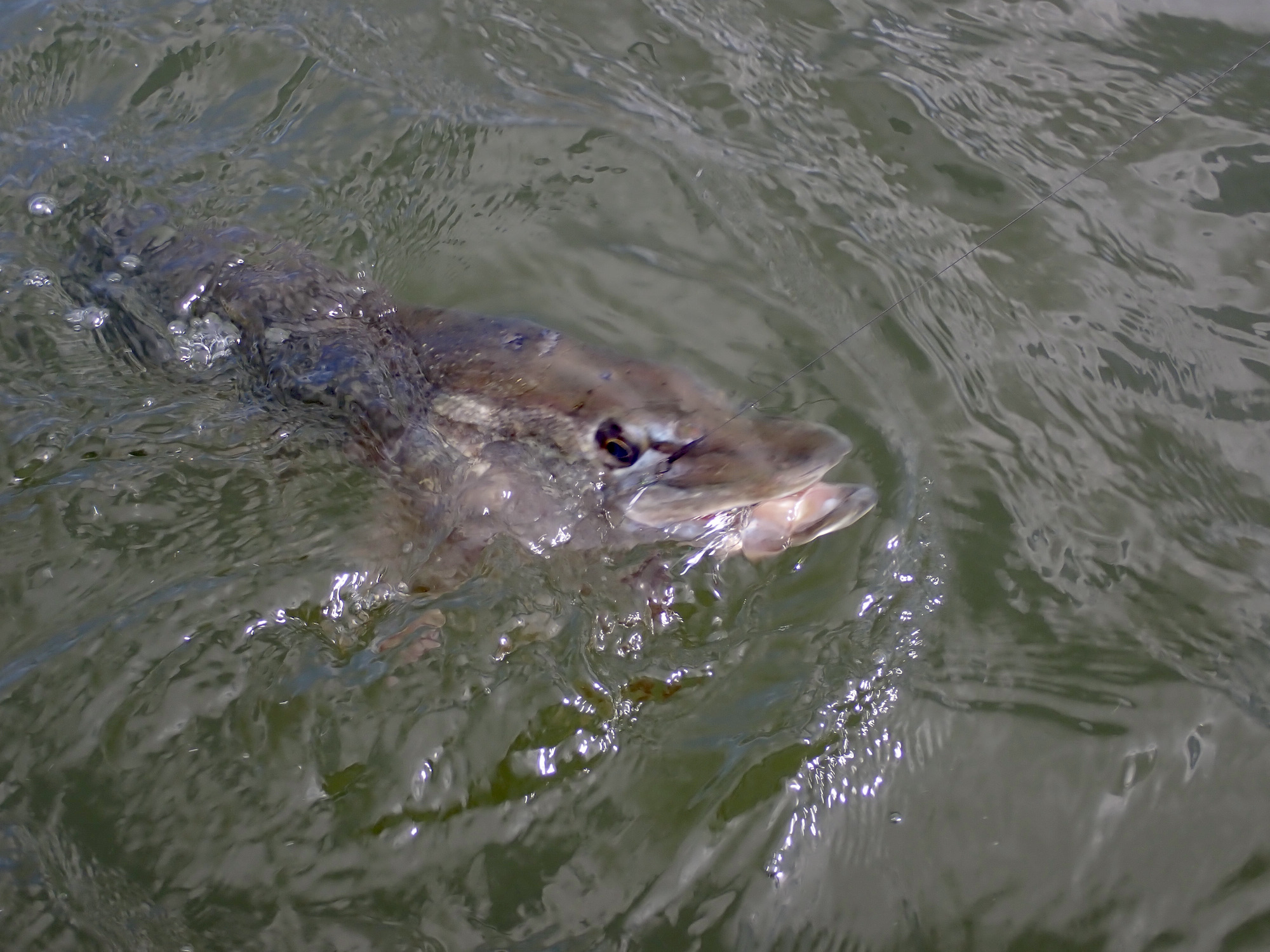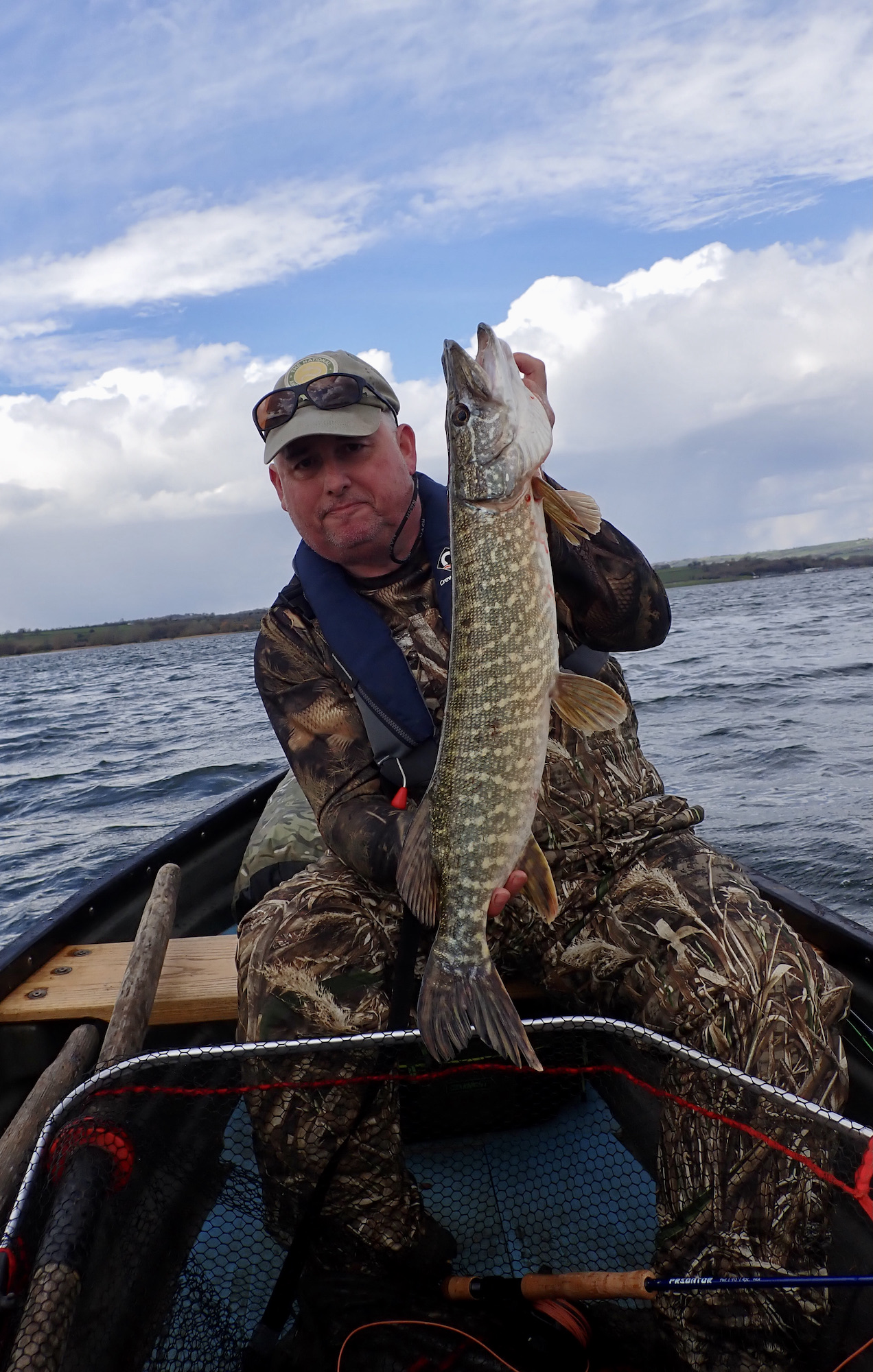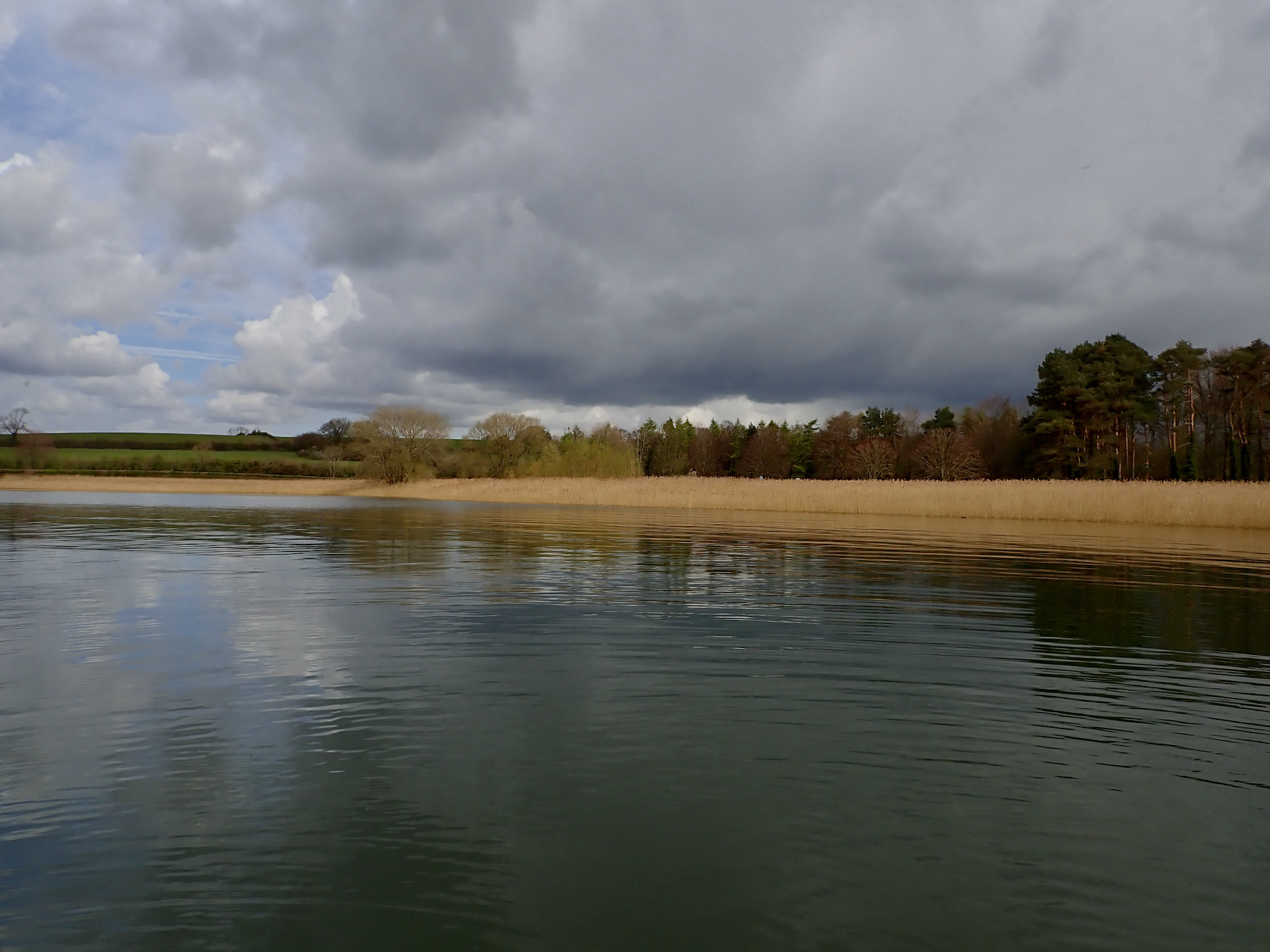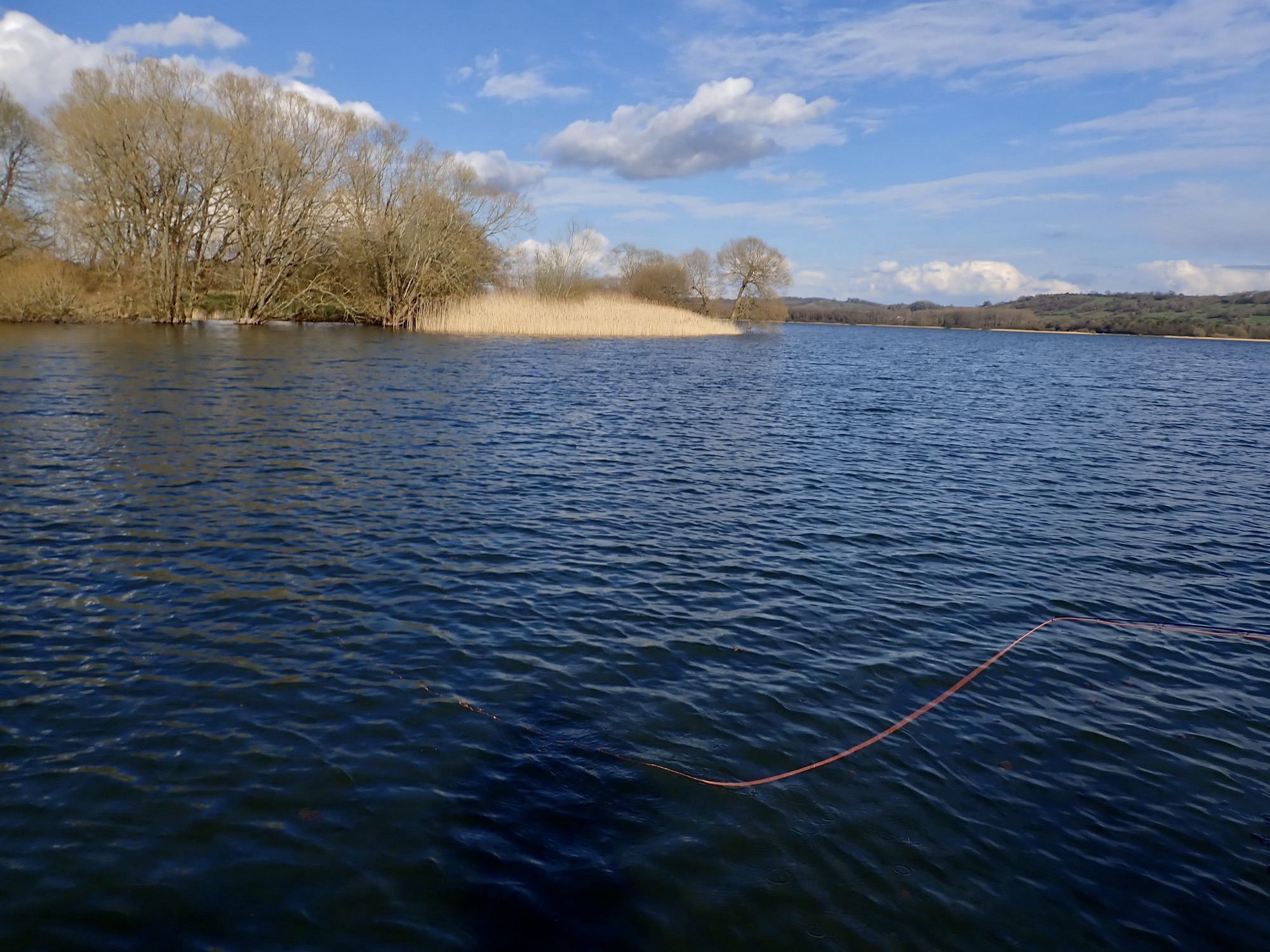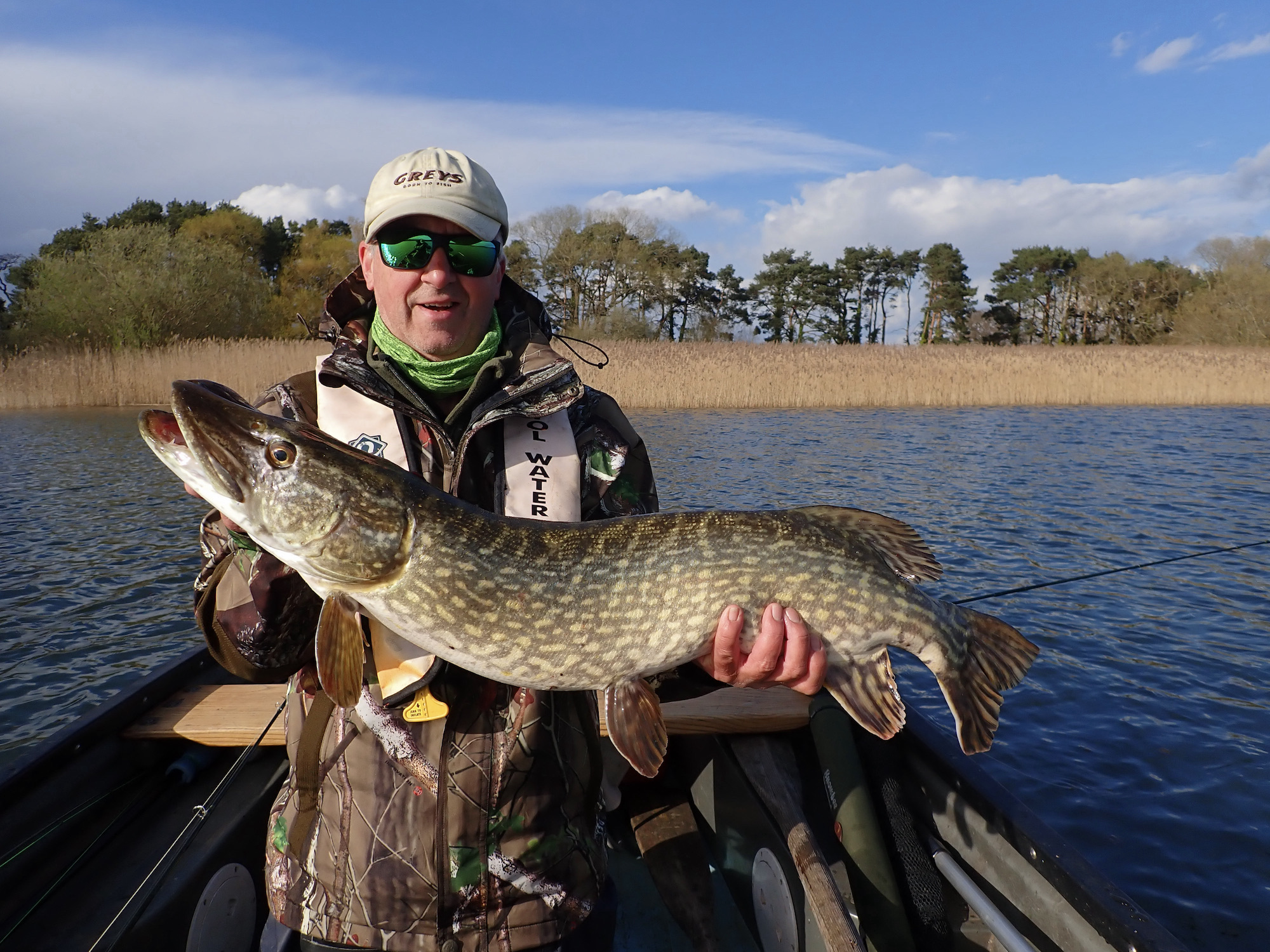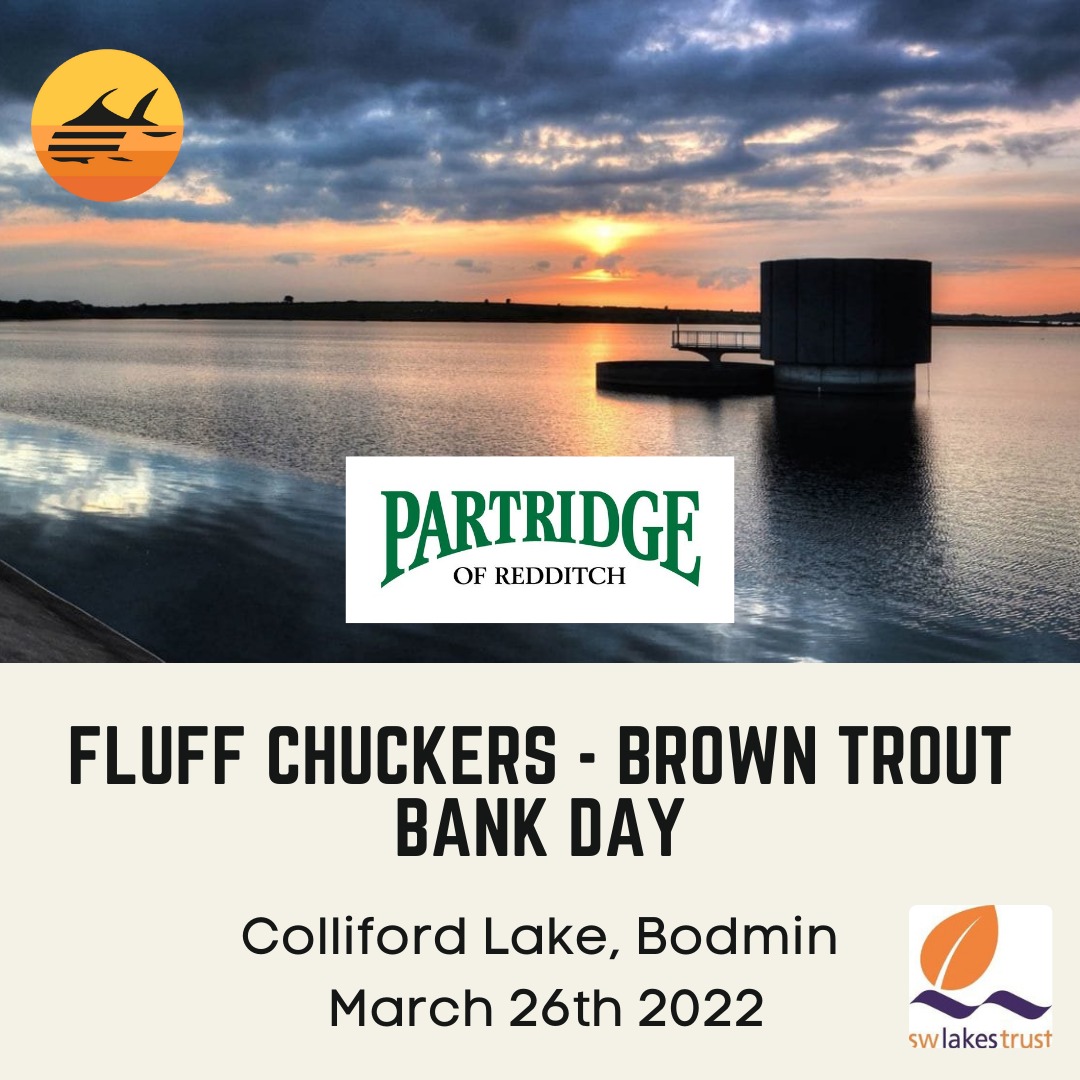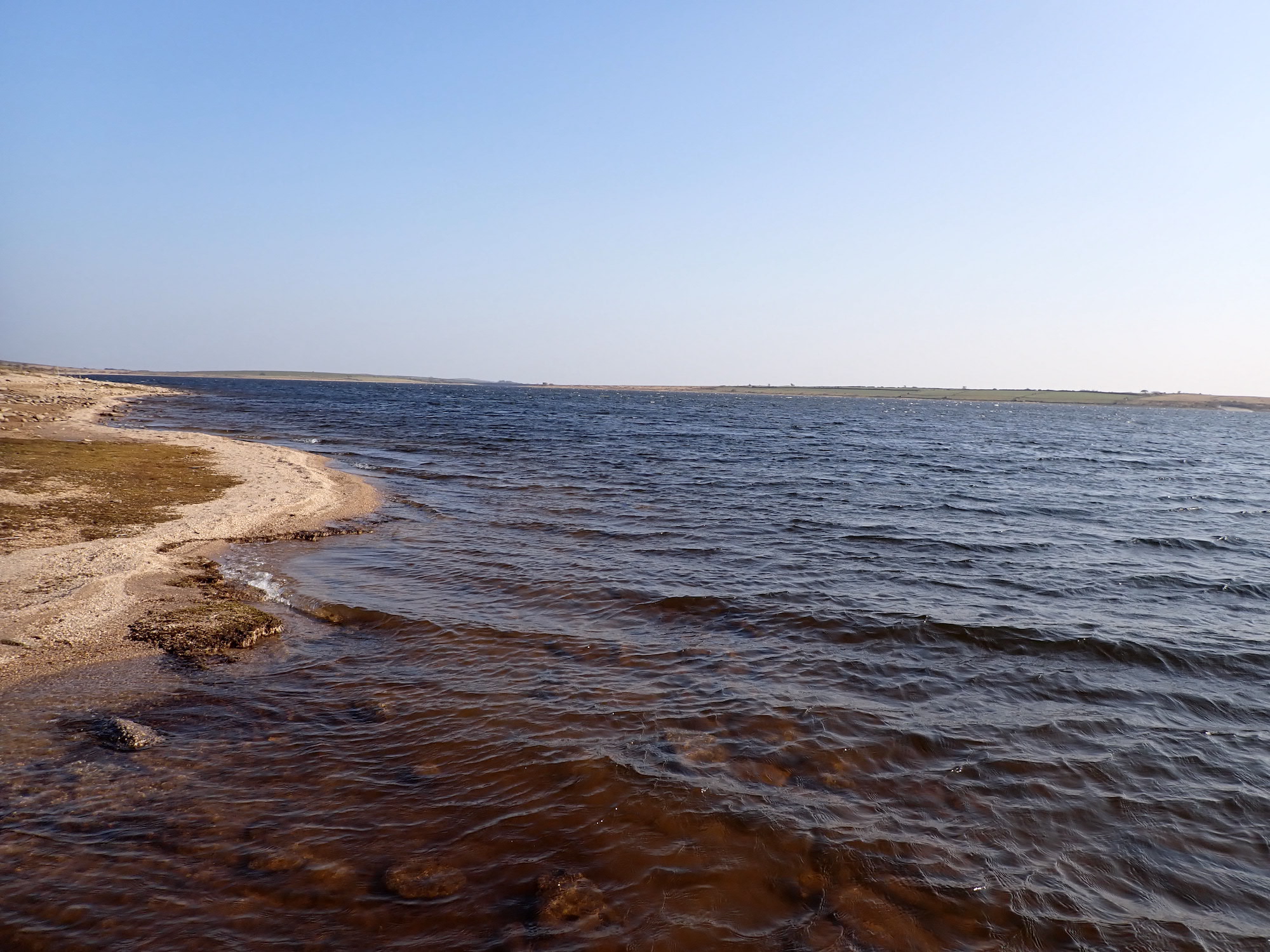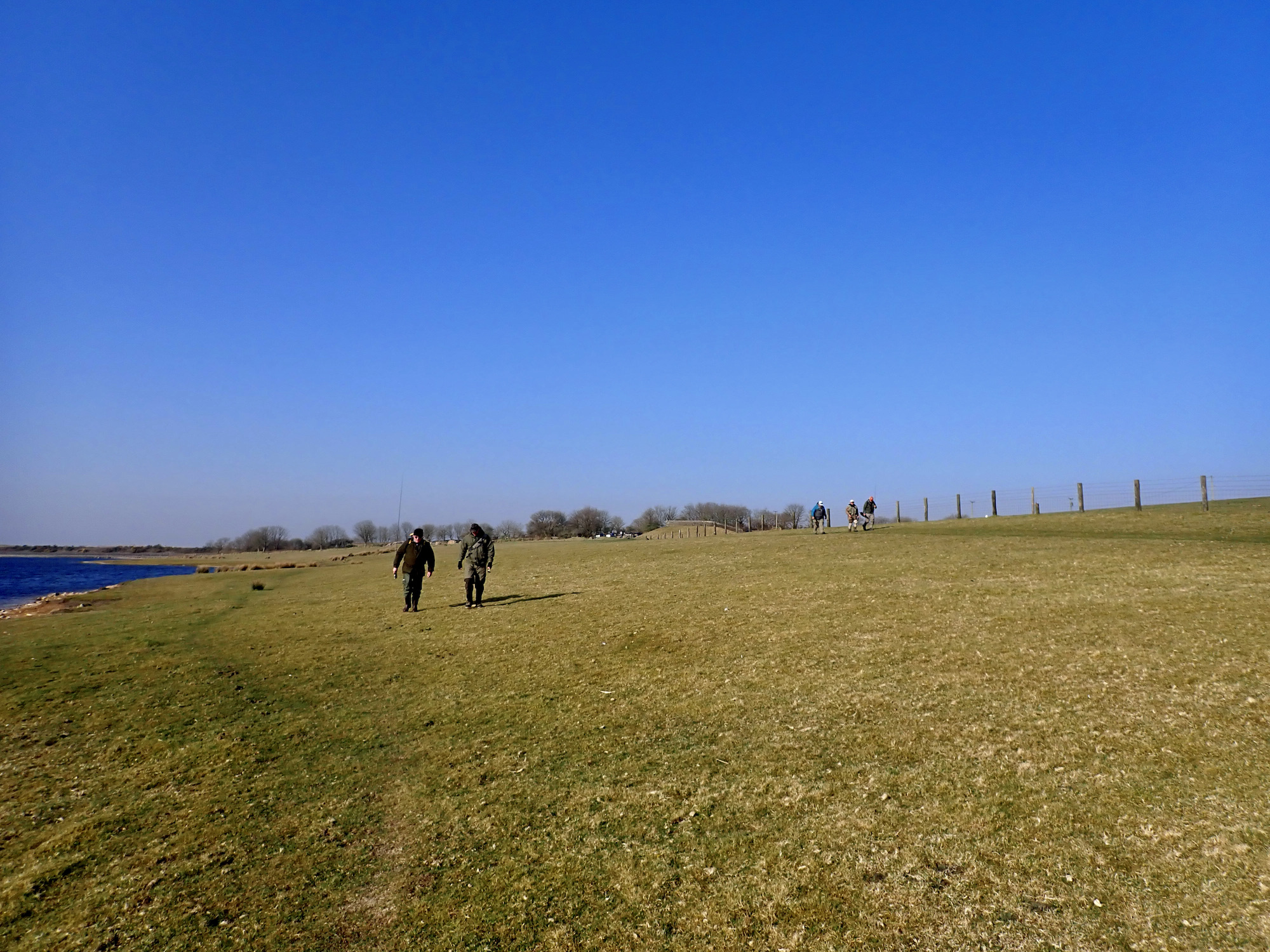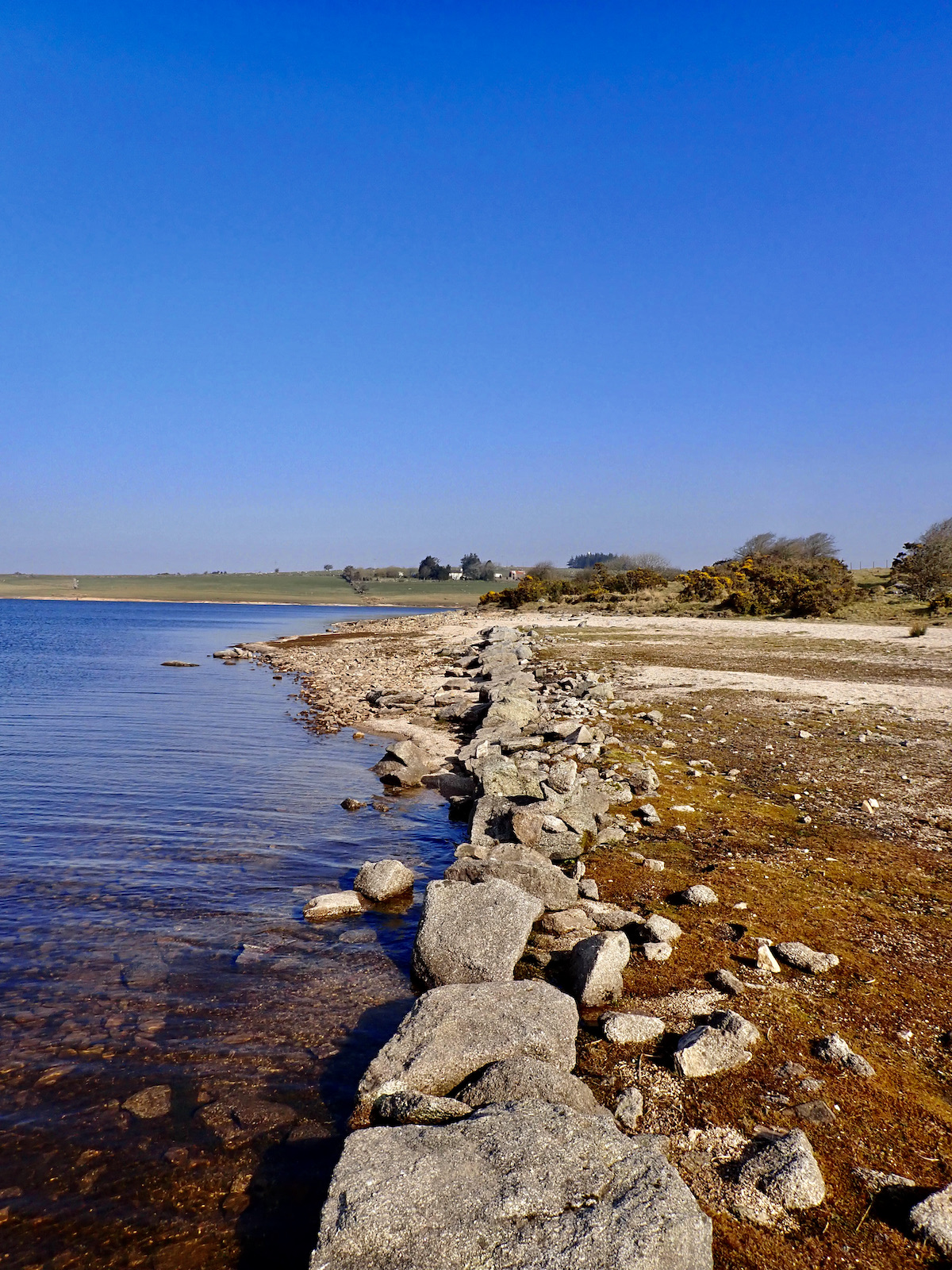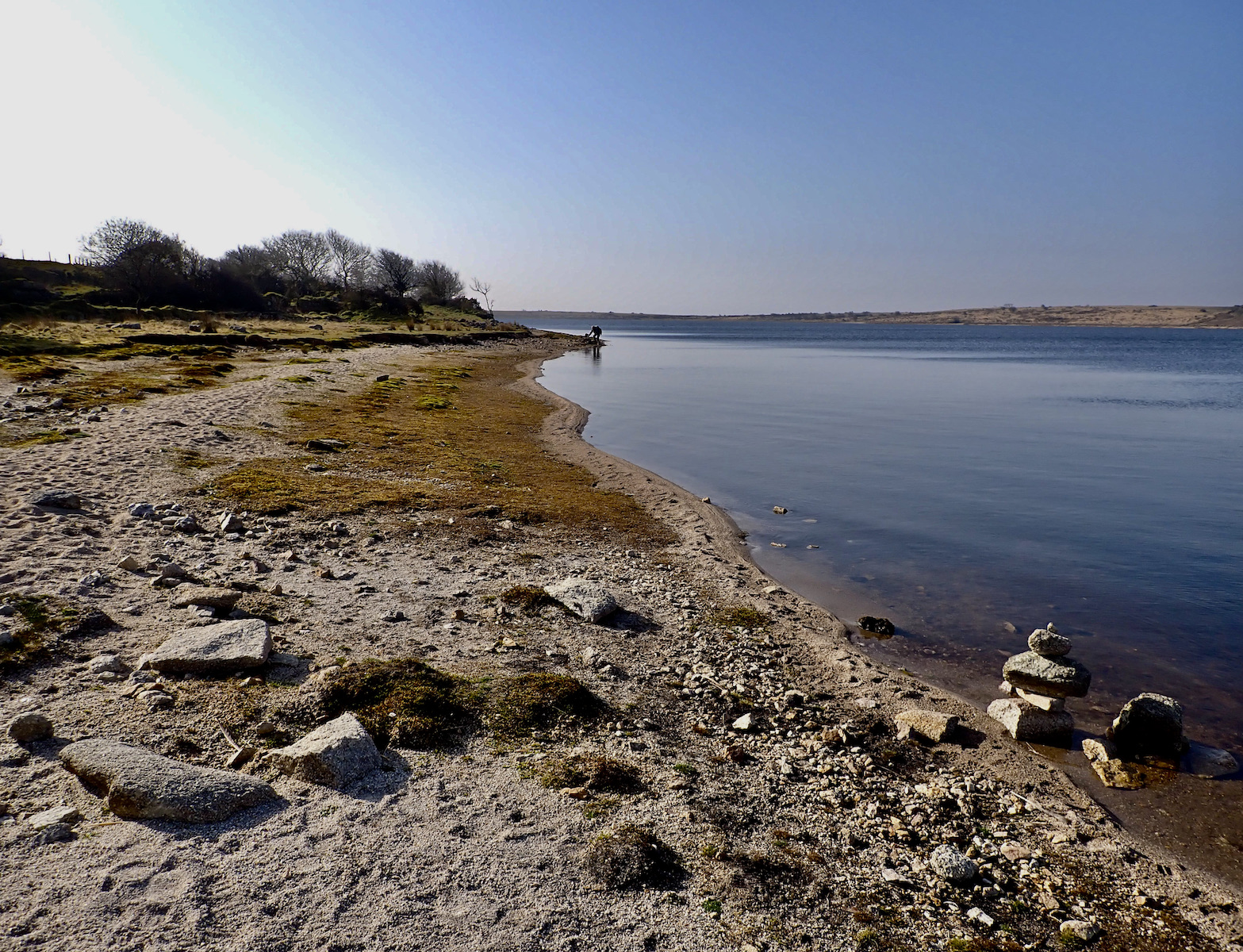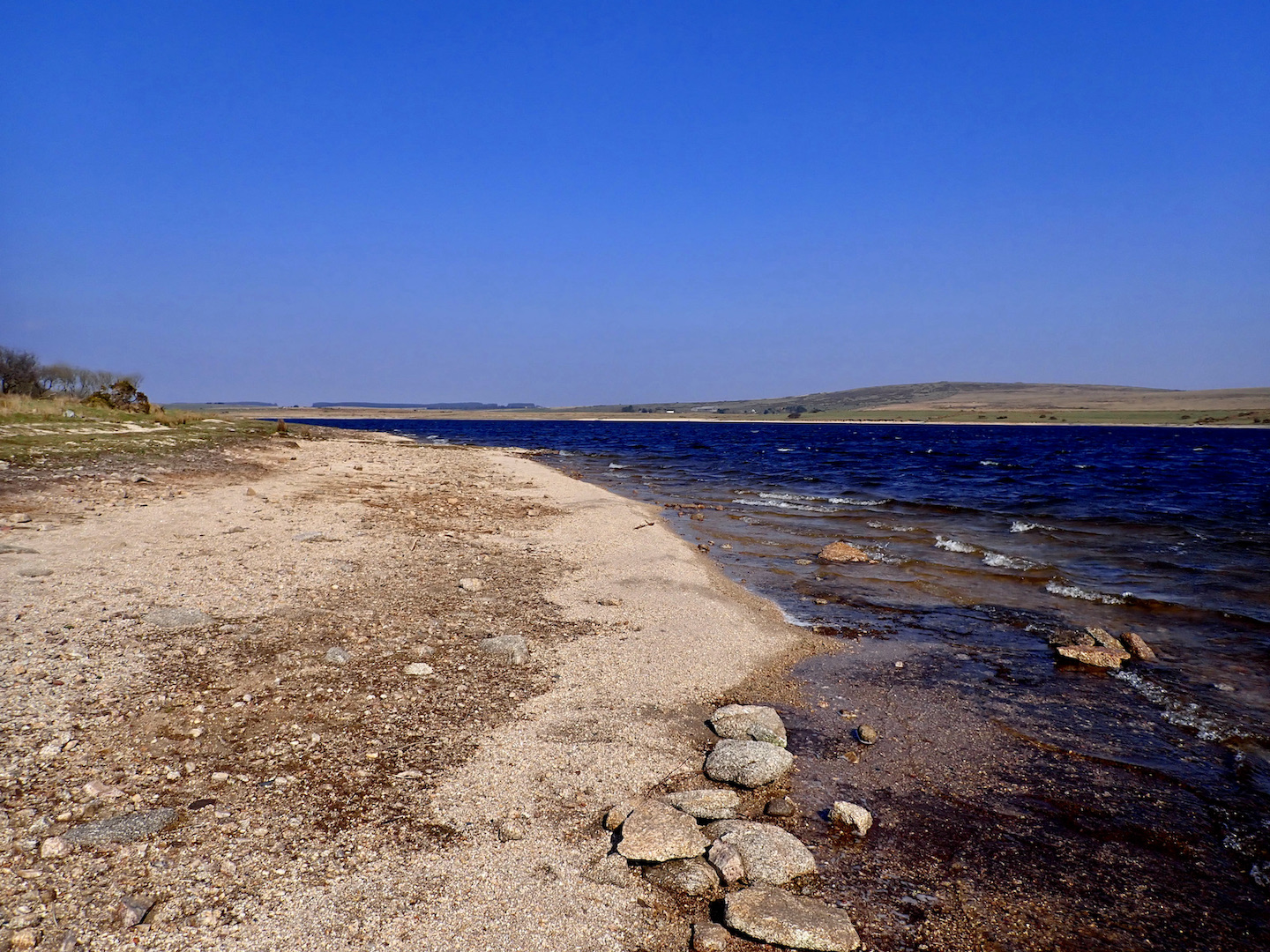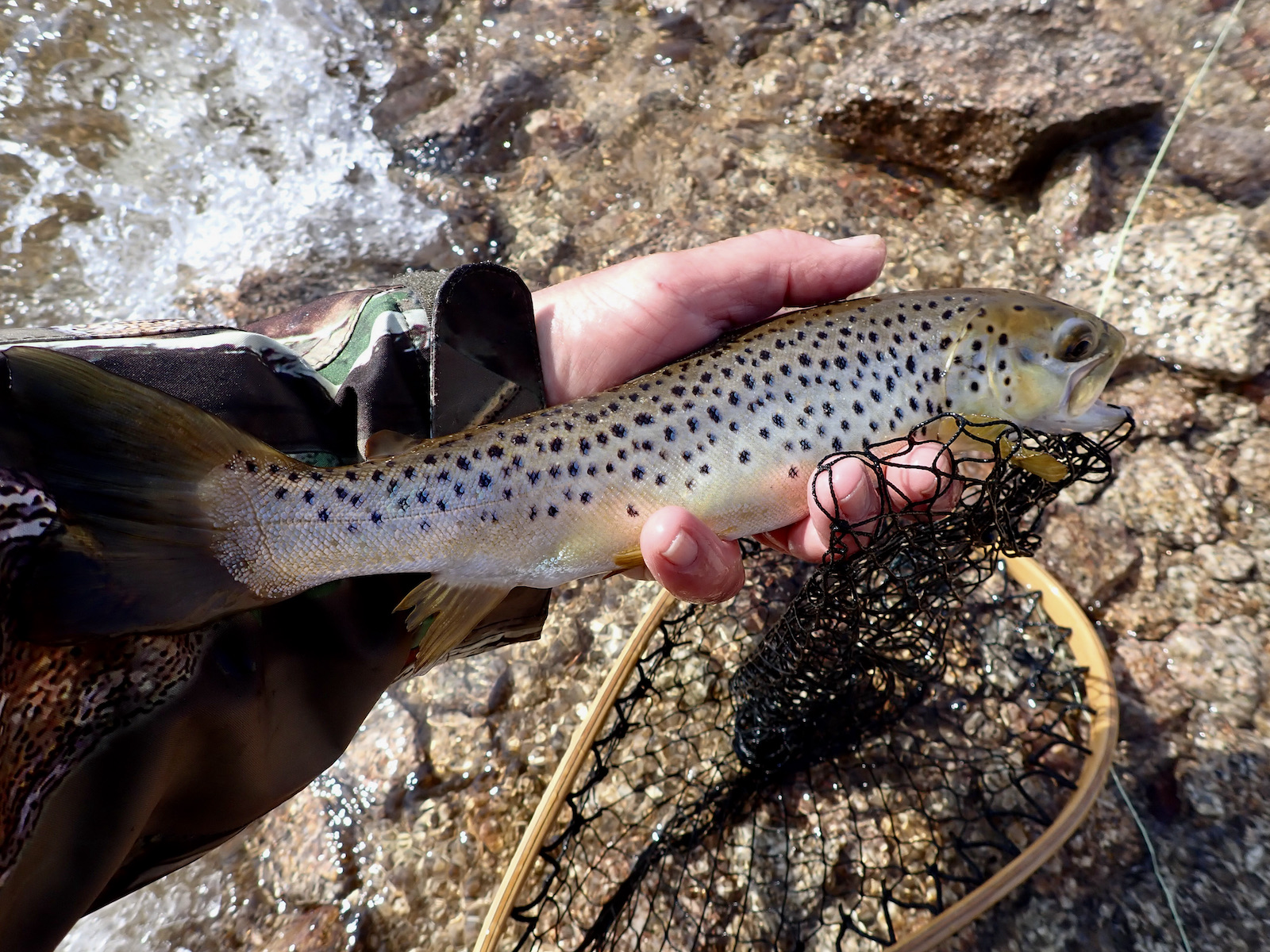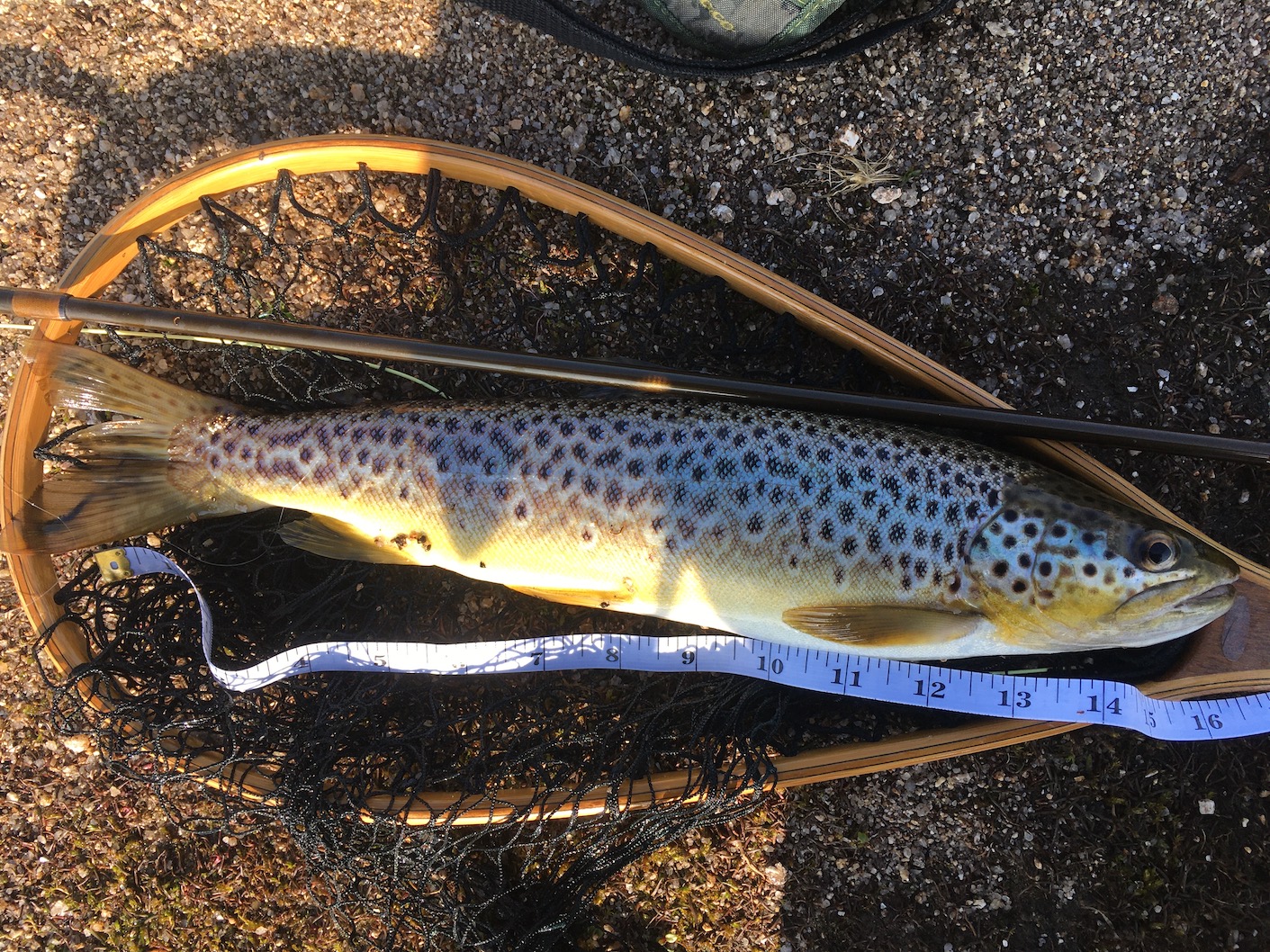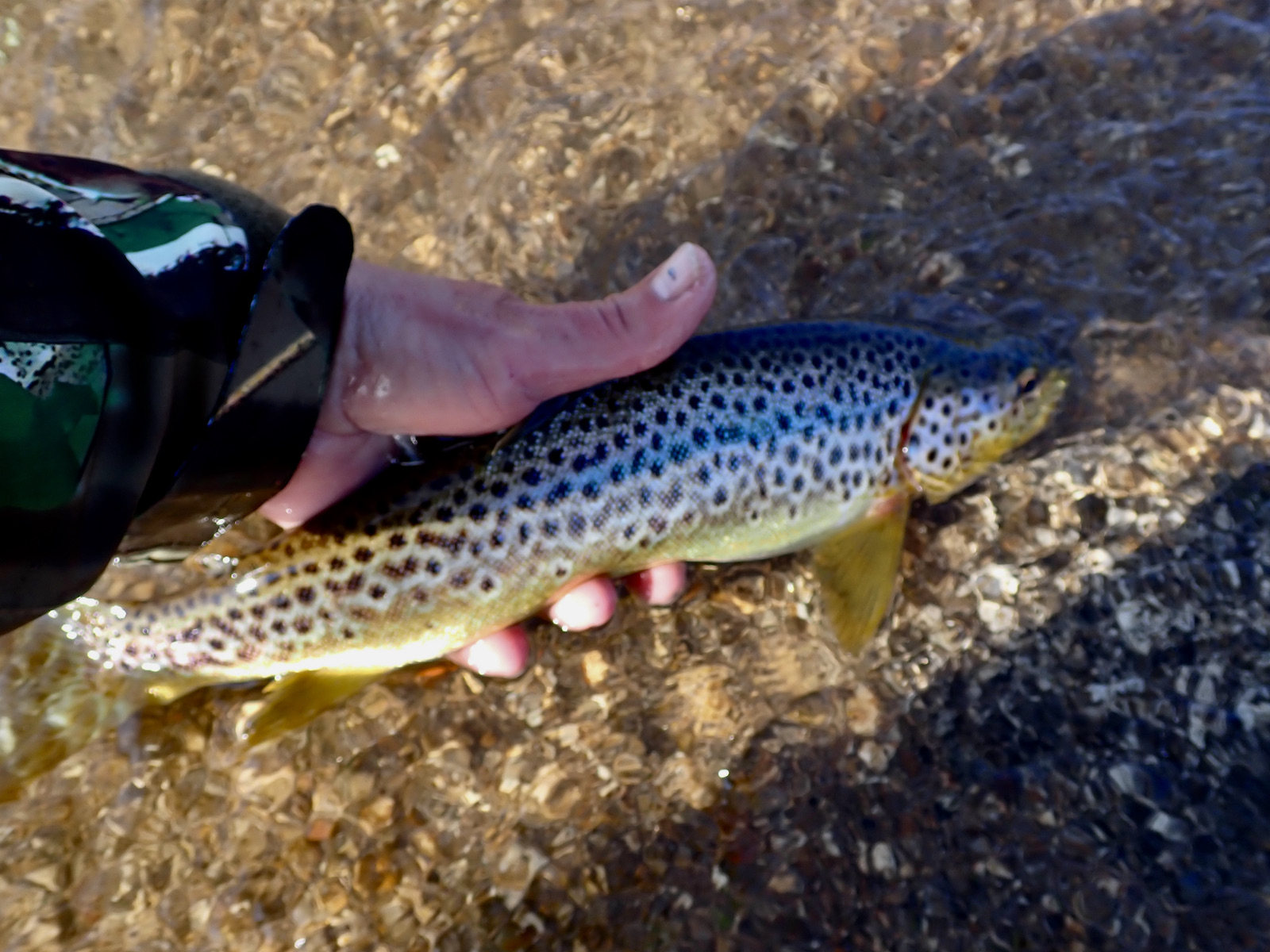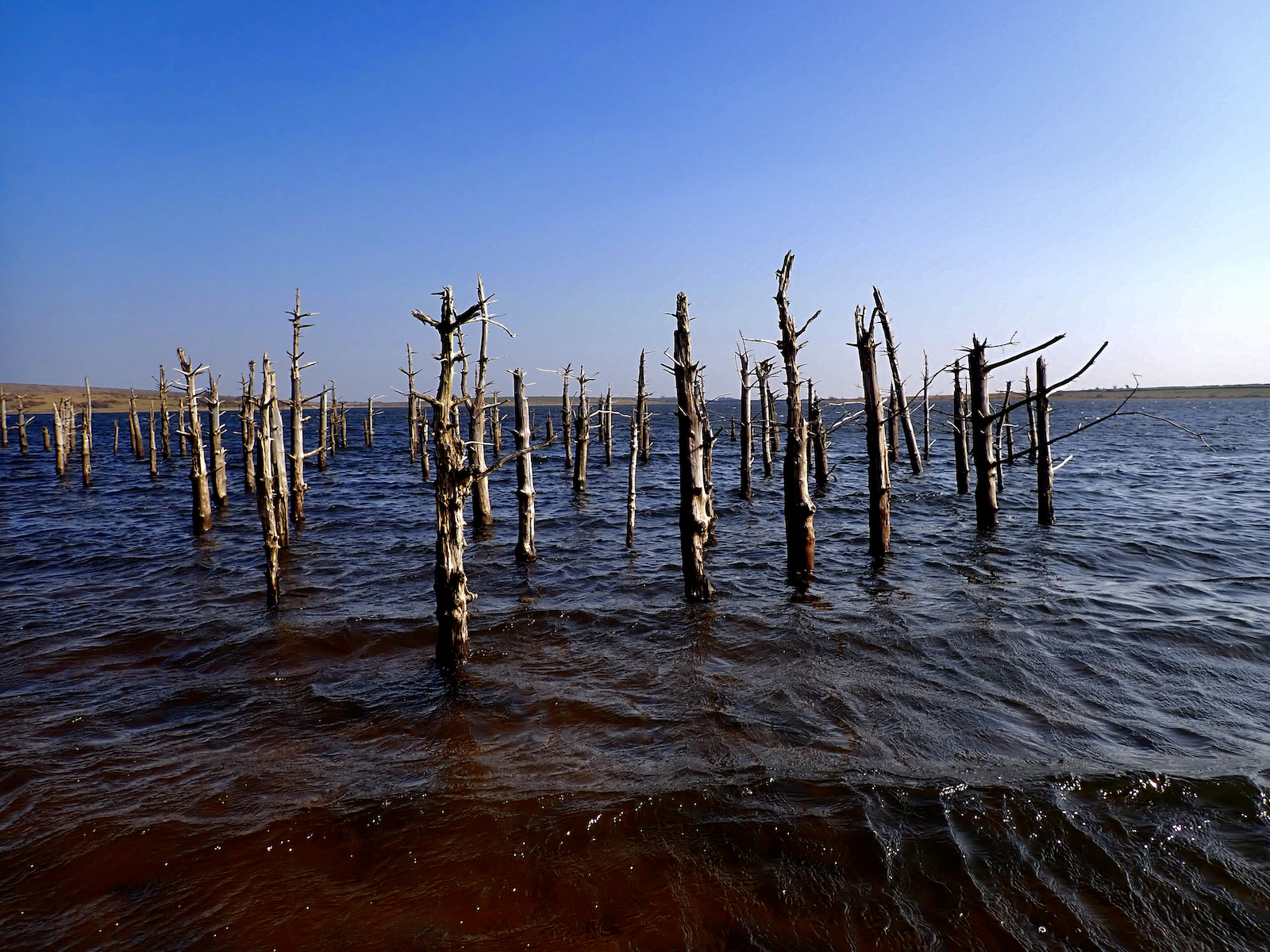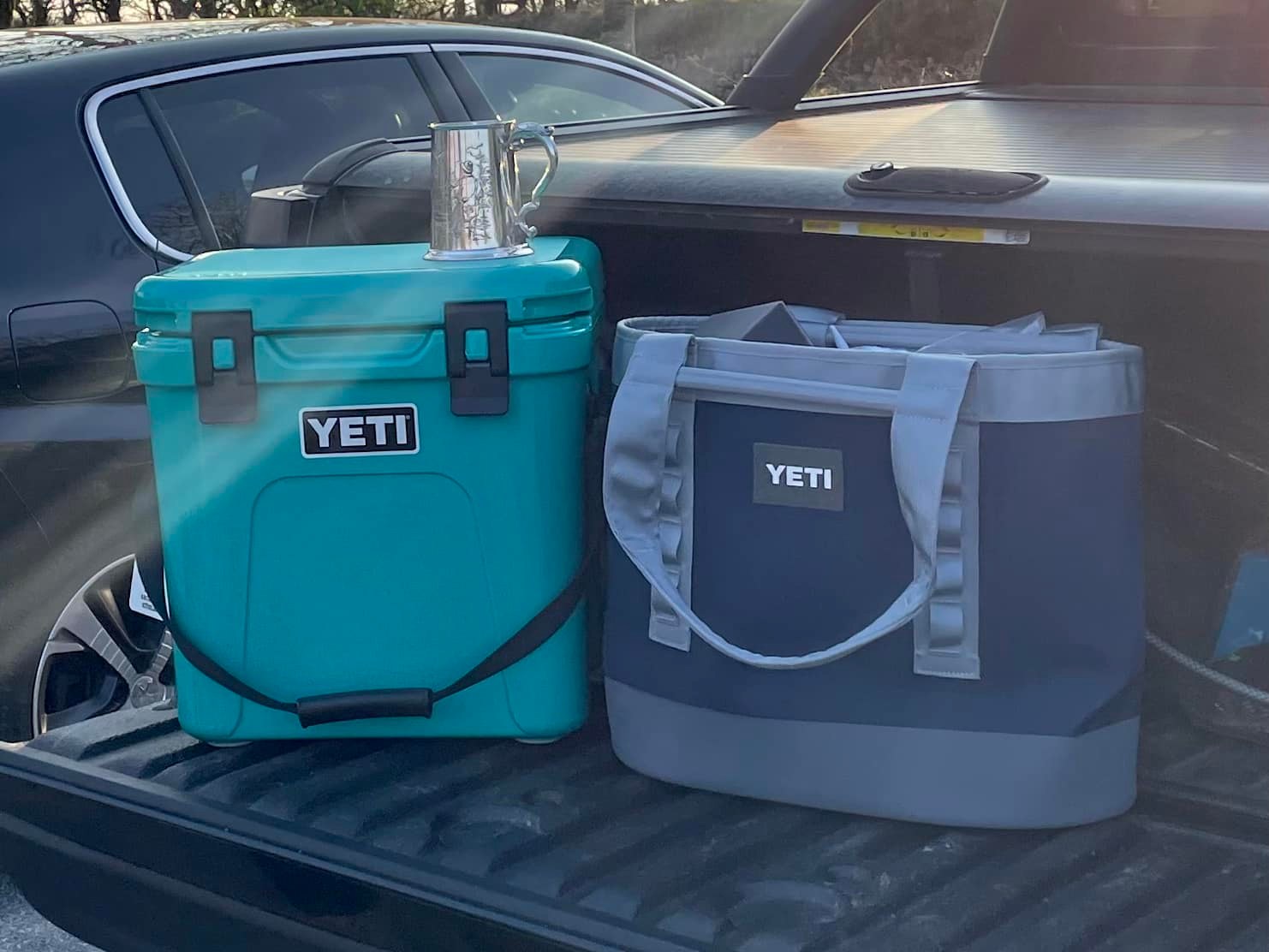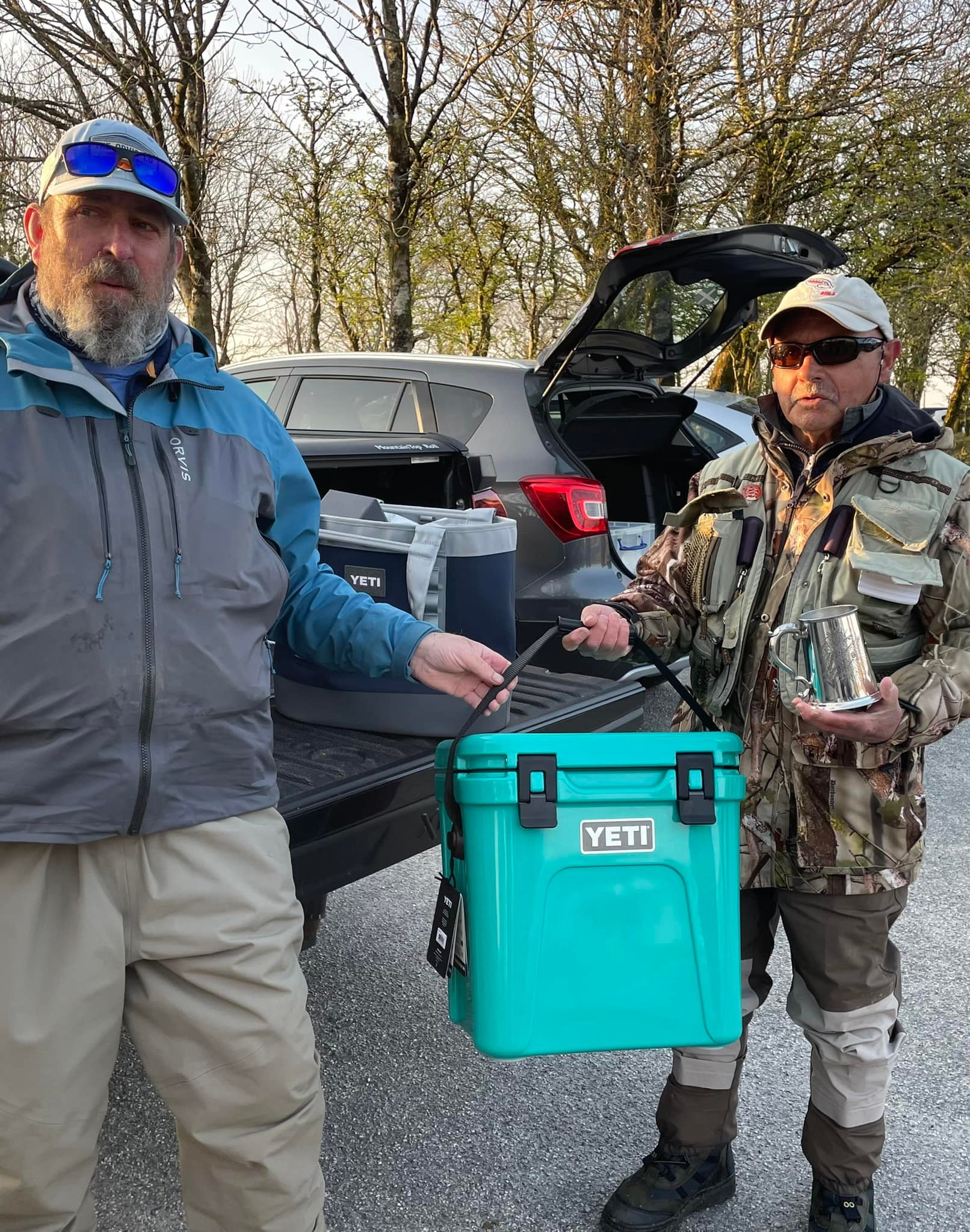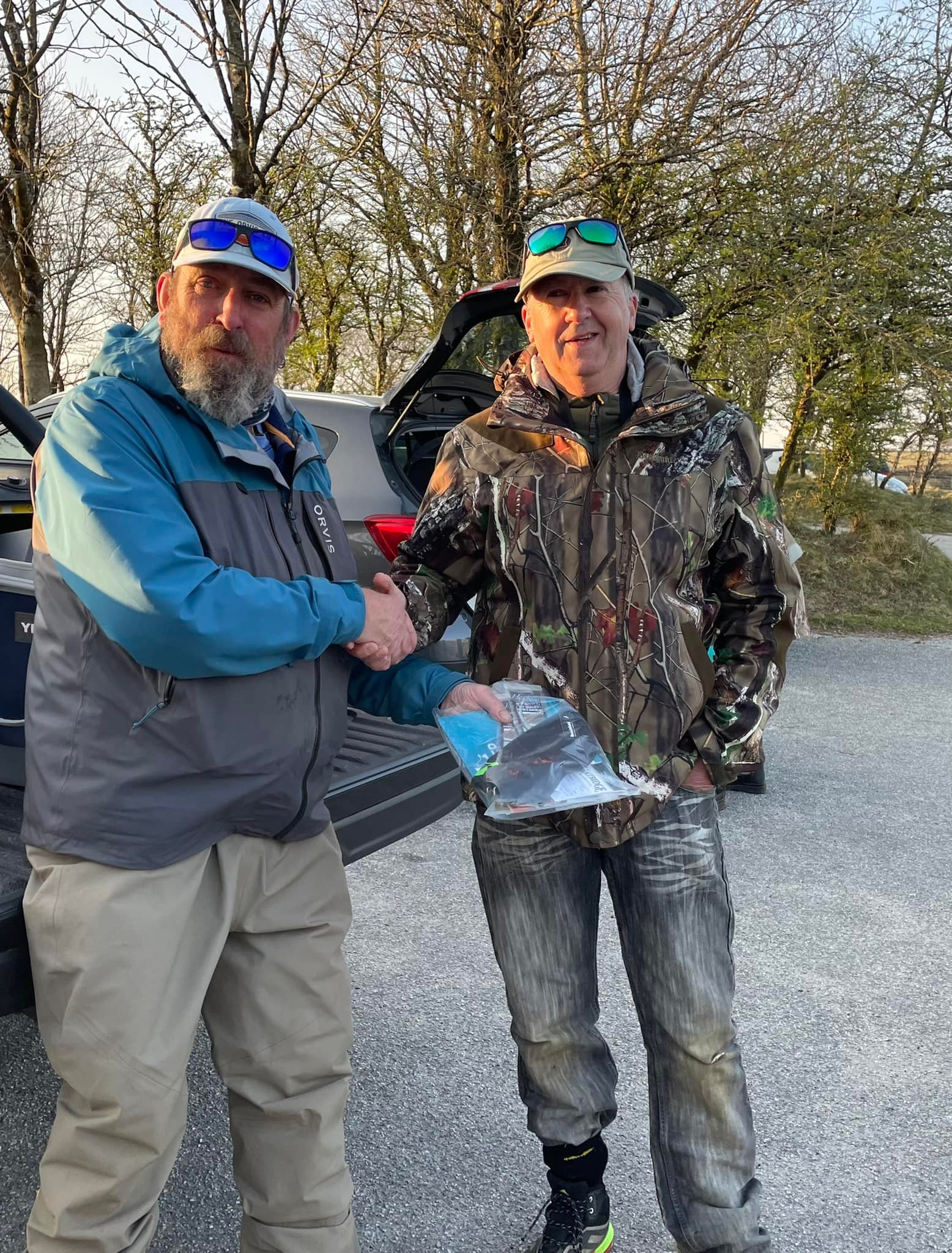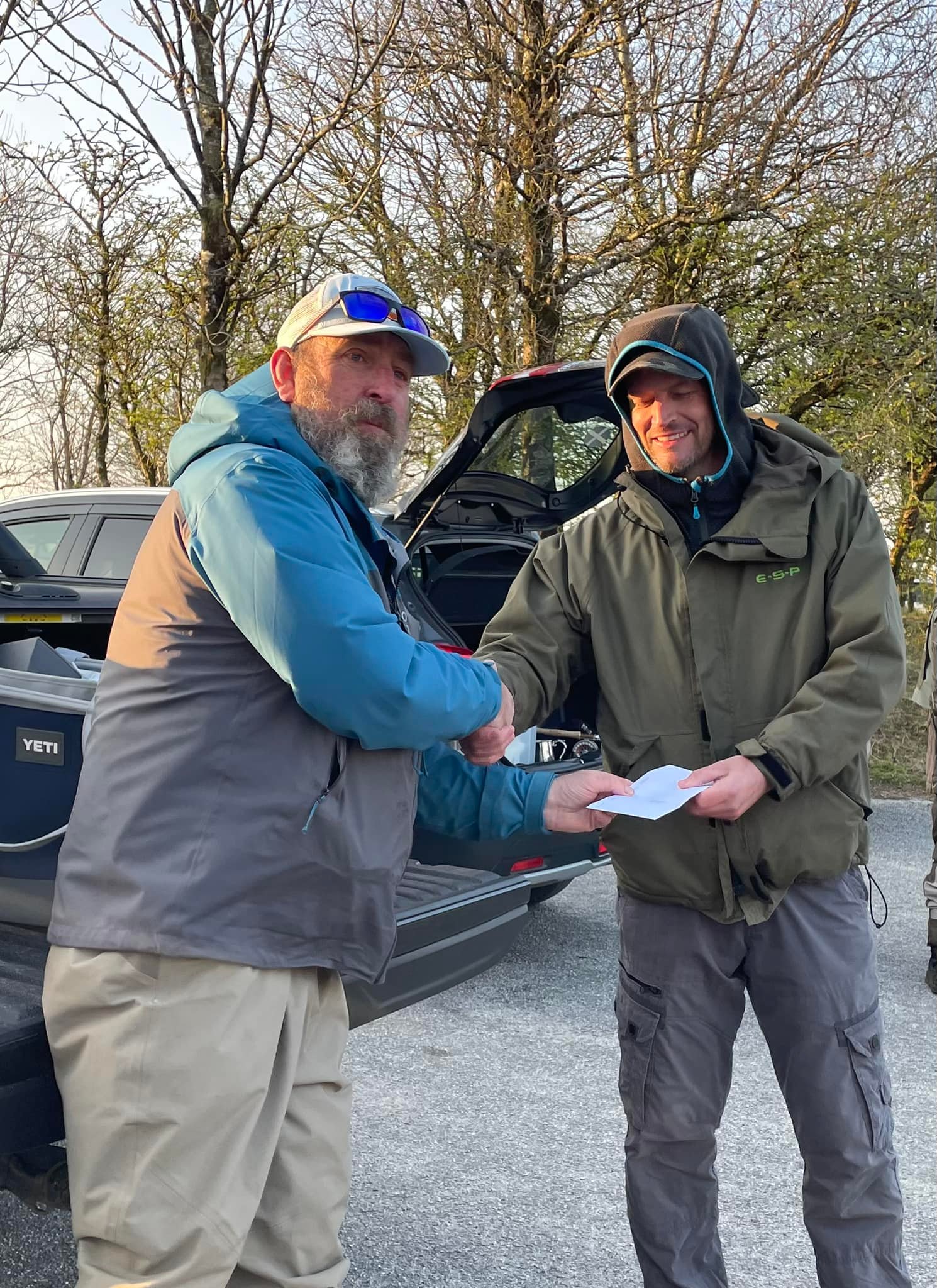James asked me the night before our trip; why do you lot have to get up so early? The view the following morning as we bounced across the water on another fishing adventure aboard Reel Deal was I thought answer enough.
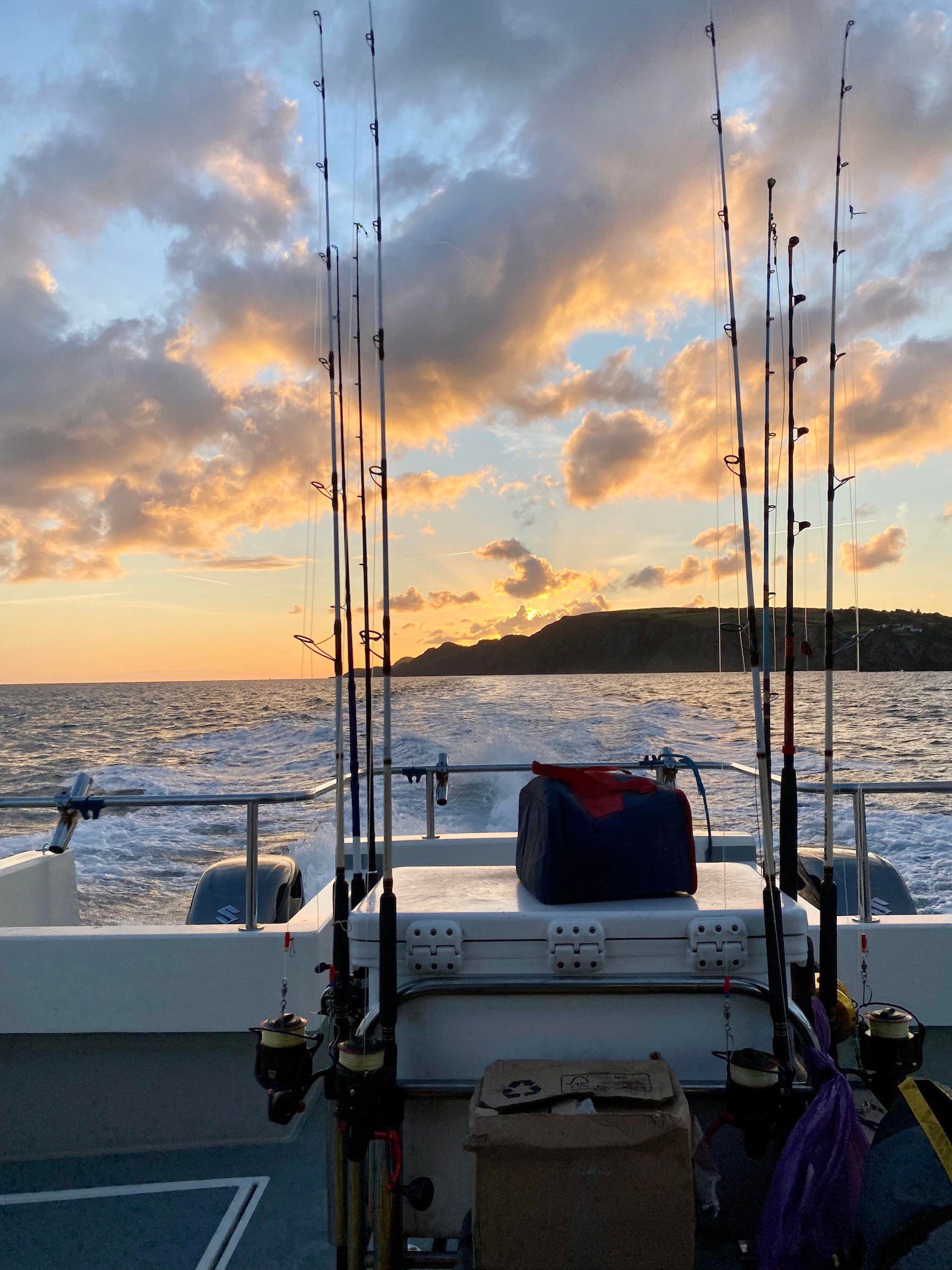
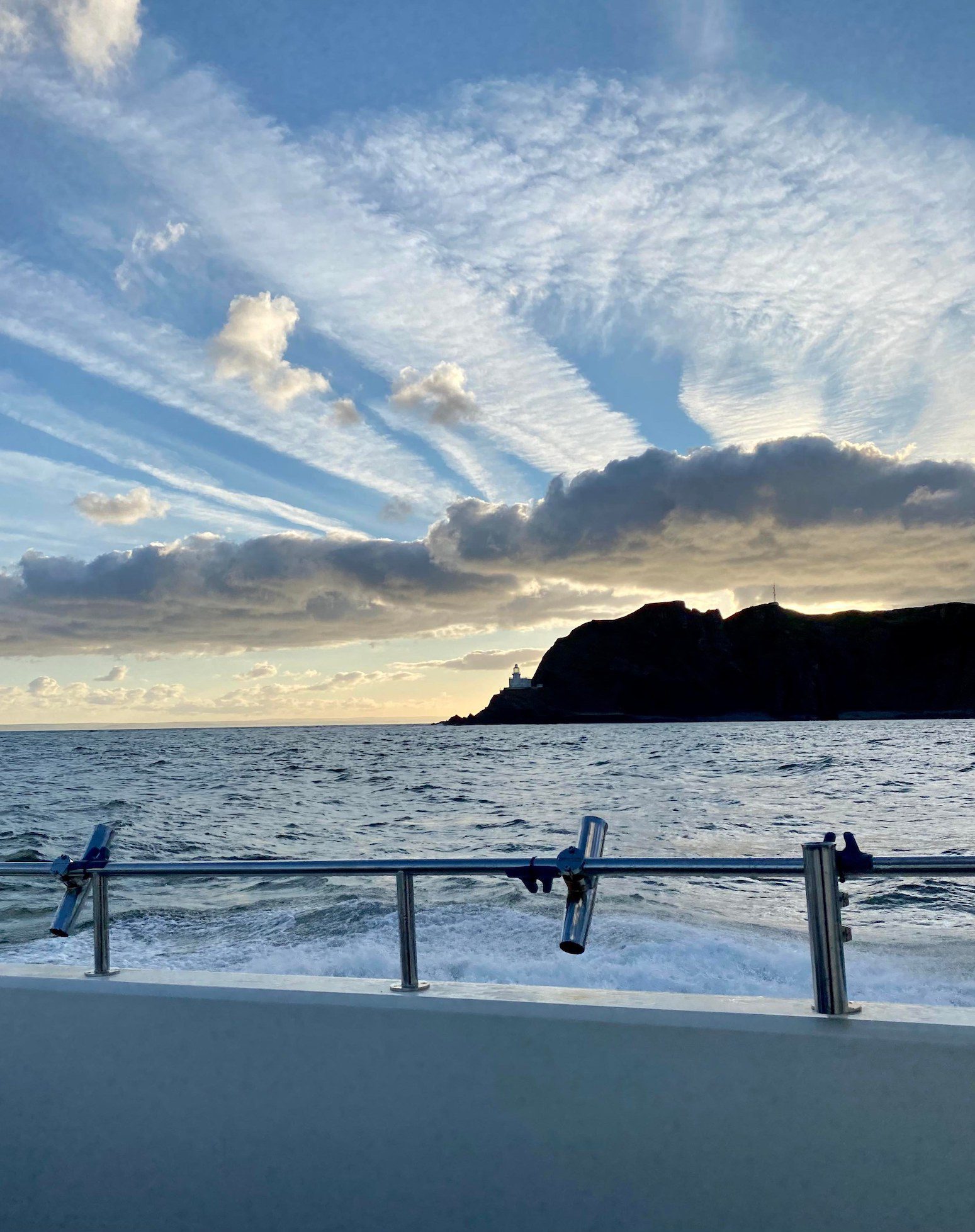
We were targeting porbeagle shark today from the renowned grounds off the North Cornish coast an area that once provided superb sport for members of the Appledore Shark Angling Club back in the 1960’s and 1970’s. During those days shark angling practices were less enlightened than today and all shark were slaughtered with many shark sold at market to pay for the angler’s sport. Fortunately, a ban on commercial fishing for the species and catch and release practiced by all anglers the shark have made a strong recovery. All shark caught are now released at the side of the boat with circle hooks used by all responsible anglers.
Dan Hawkin’s skipper of Reel Deal Charters is a pioneering skipper keen to explore the grounds reachable from Ilfracombe and has explored the potential that is available. I had booked this trip with Dan over twelve months ago and had fitted in with two keen shark fishers who had come fully equipped with their own gear. I had brought with me my son James Thomas, and good friends Peter Robinson and Bruce Elston.
Anticipation was high as we passed Hartland Point and cruised into the Atlantic Waters at the mouth of the Bristol Channel. Dan cut the engines a few miles off the Cornish coast and busied himself setting up our sharking tackles. The two anglers we had joined fished their rods carefully amongst our four rods. James, Bruce, Peter and I drew numbers to determine who would go first. Bruce drew 1, James 2, Peter 3 and myself 4.
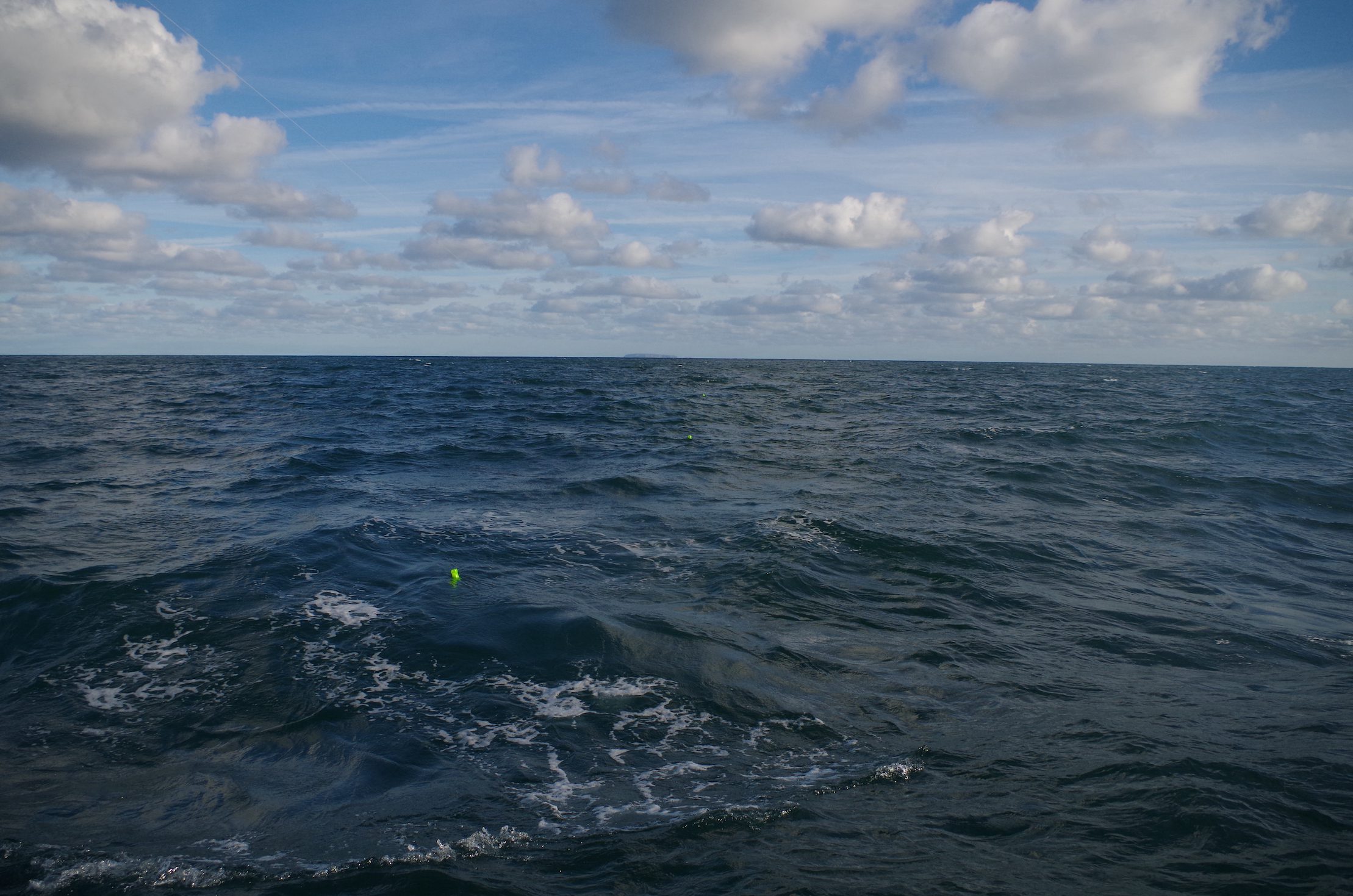
Six baits were set up at various distances from the boat the furthest set deep and the closer baits proportionately shallower. As Dan started to prepare the frozen block of rubby dubby his keen eye caught sight of a dorsal fin cutting through the waves. Shortly after the rod tip pulled over and the float disappeared from sight and Bruce picked up the rod to set the circle hook.
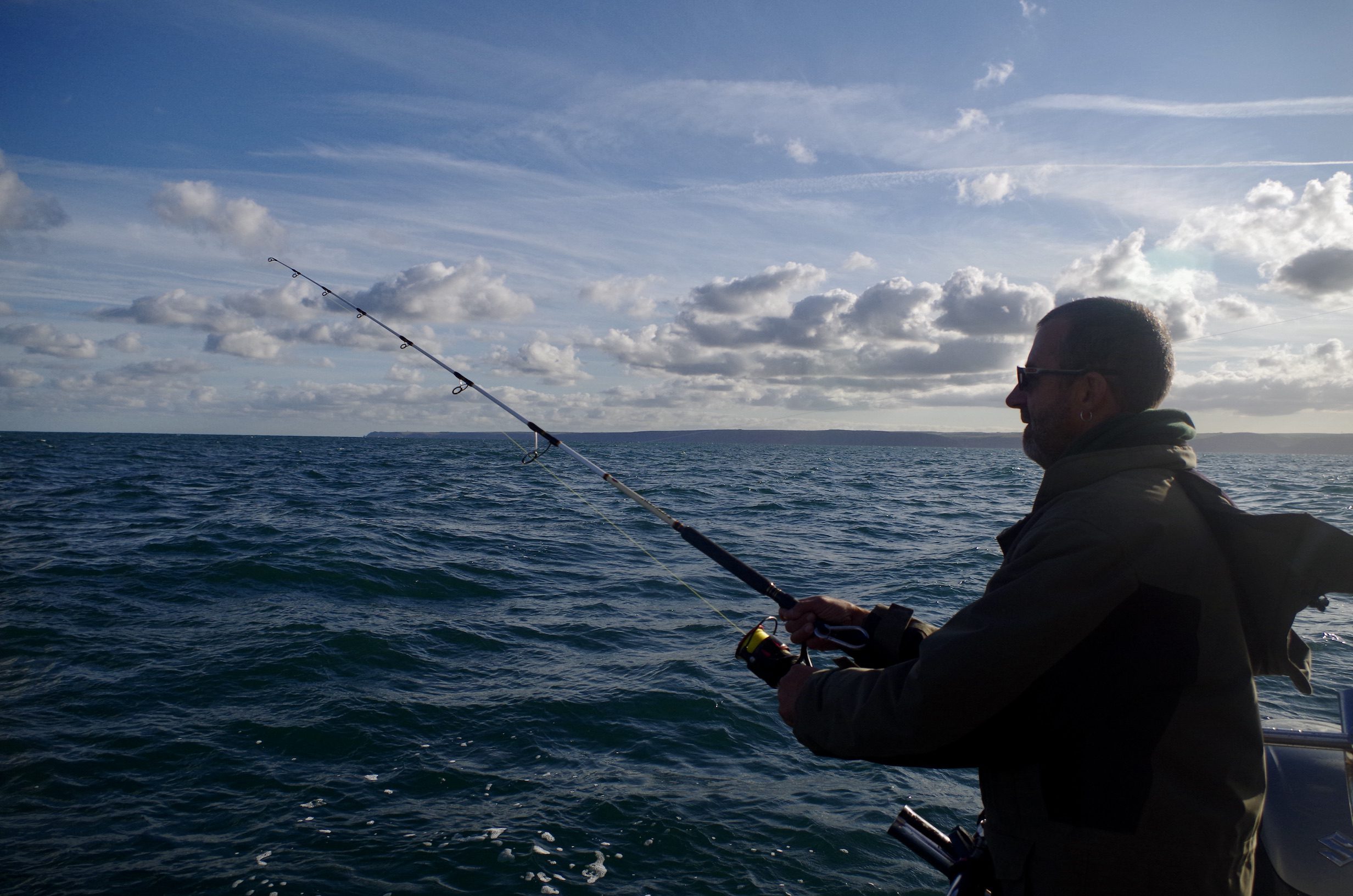
Frustratingly the hook failed to take a hold and we learnt how wily these large porbeagle shark can be. A few minutes later Bruce was given another chance and hooked into a shark that came off after a short tussle. We decided that we would if possible allow each of us to bring a shark to the boat but if the shark was hooked we would allow two hook ups before passing onto the next angler.
A few minutes after Bruce was in action again and this time he endured a long battle with a large porbeagle. These fish battle far harder than blue shark testing both angler and tackle to the limit. Eventually the wire trace was brought within reach and a specimen porbeagle was at the side of the boat. The fish was neatly hooked in the scissors and was released after grabbing a quick picture of the fish with Bruce leaning through the gate.
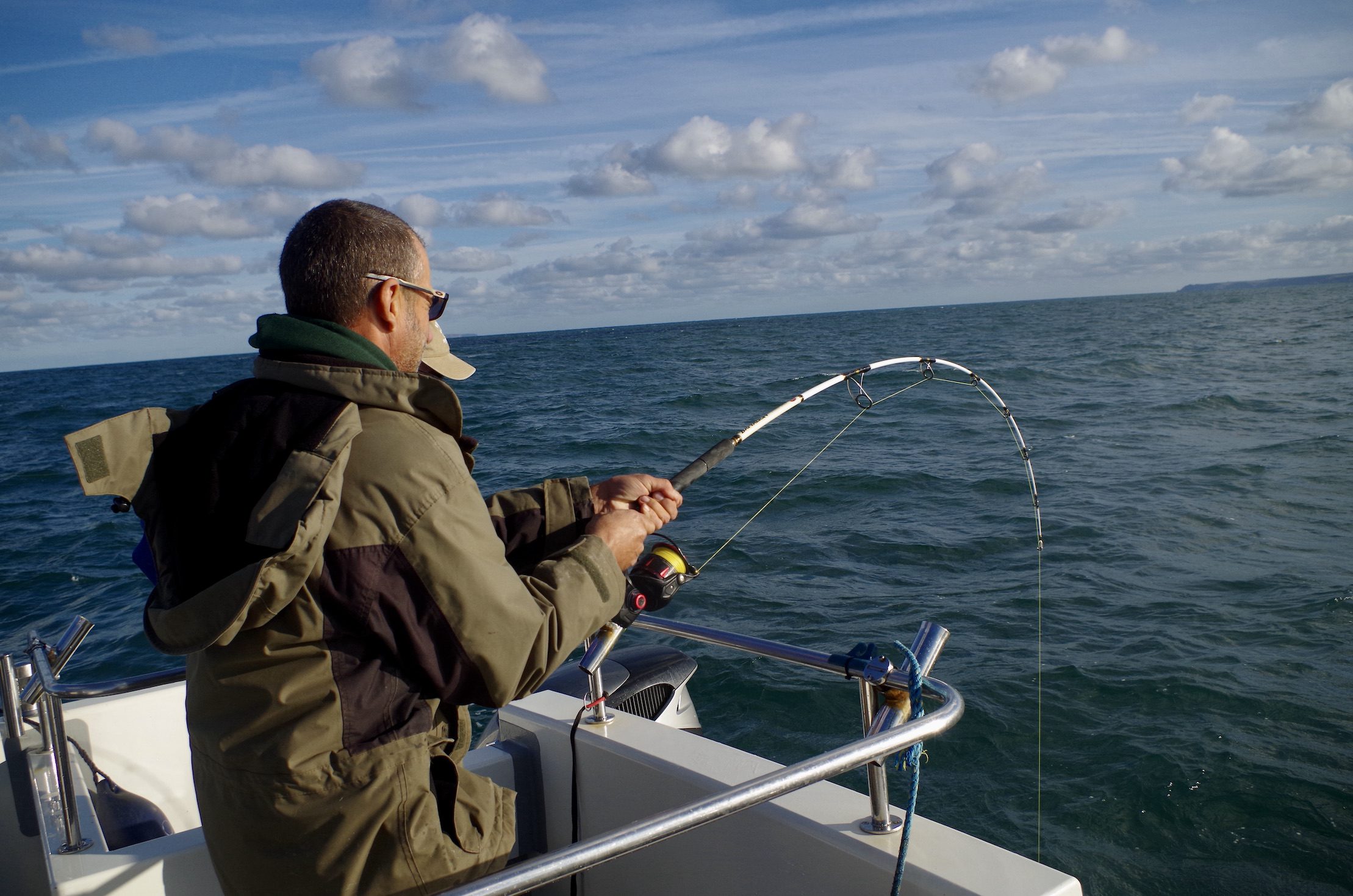
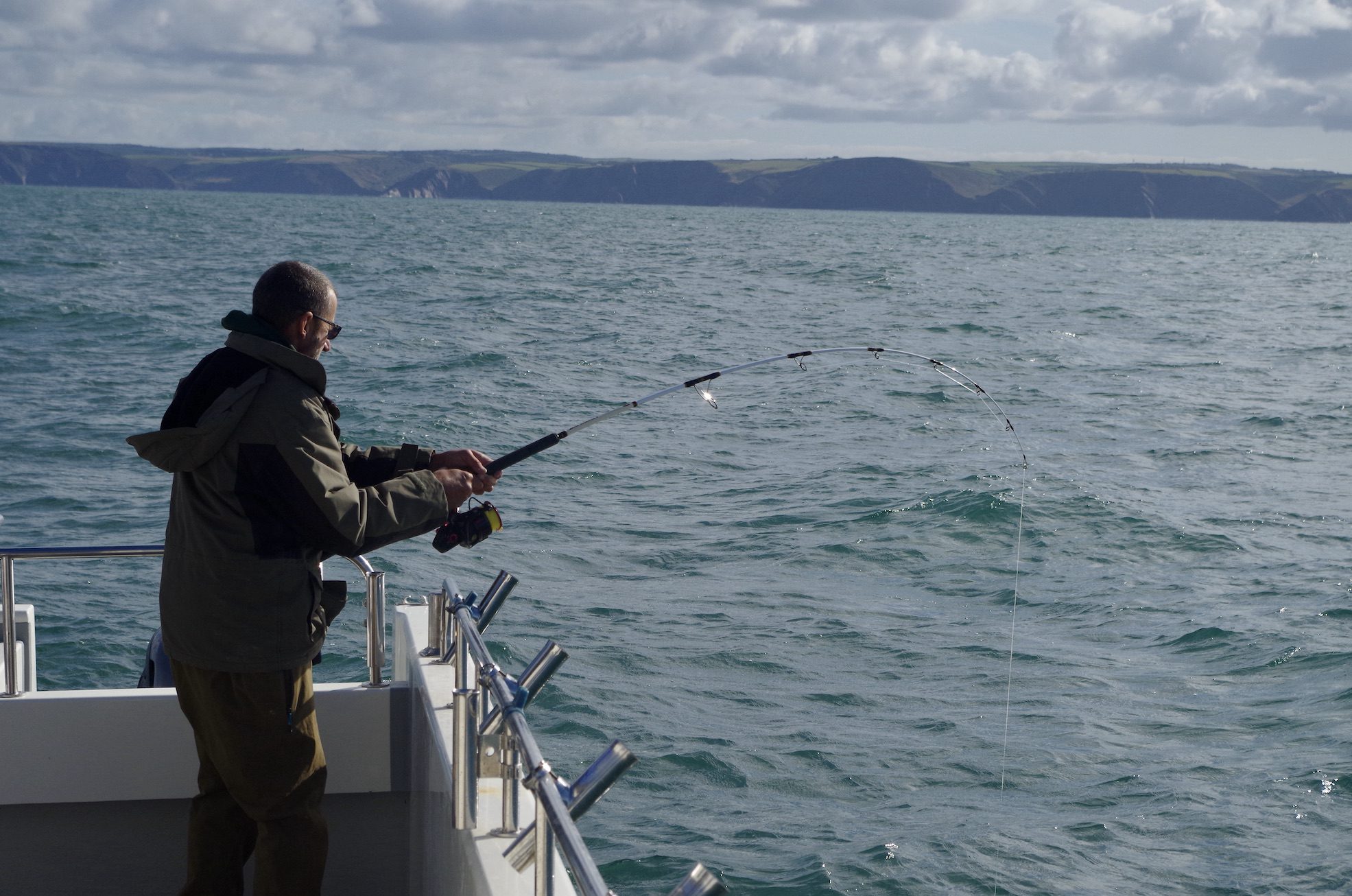
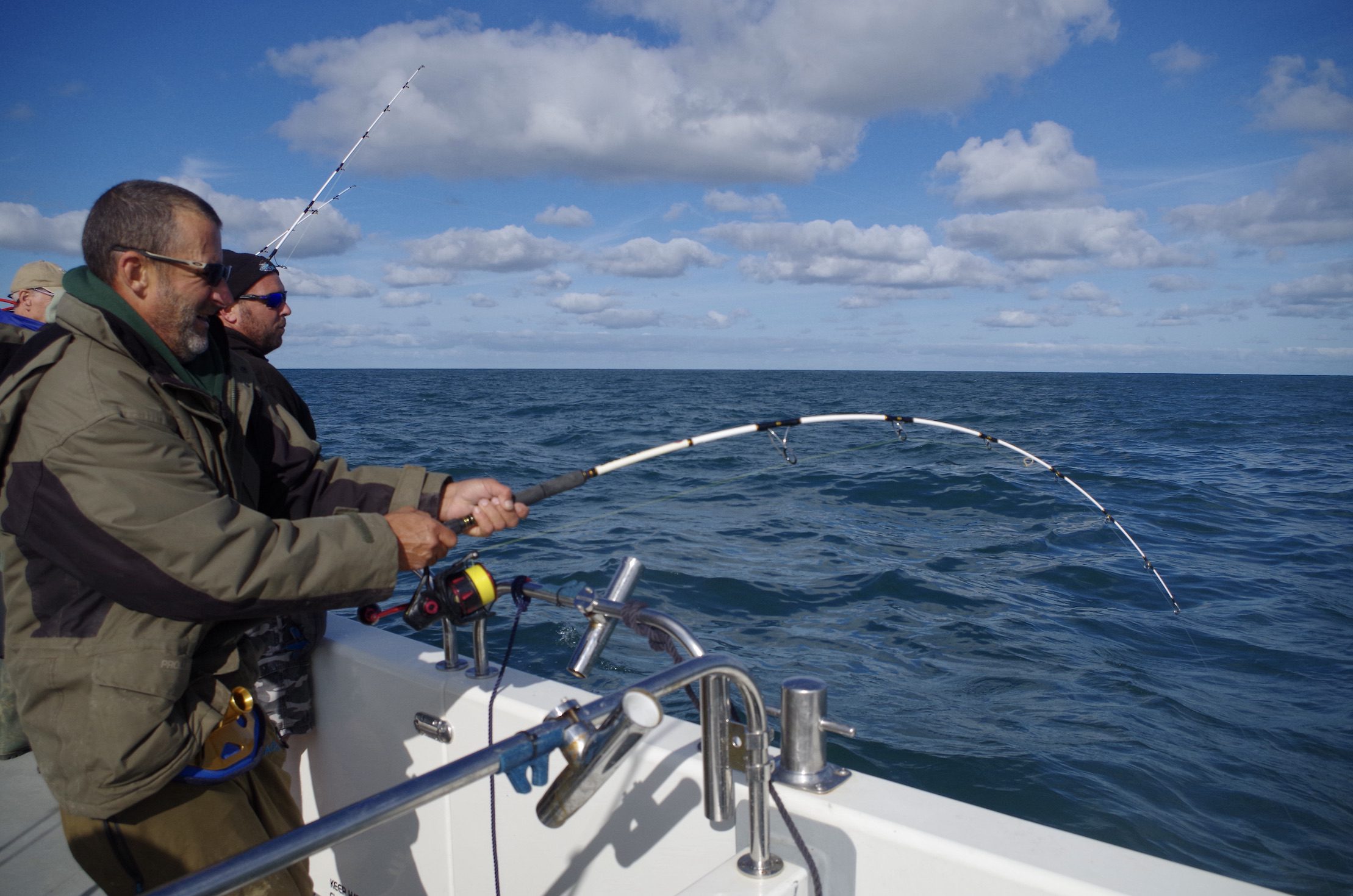
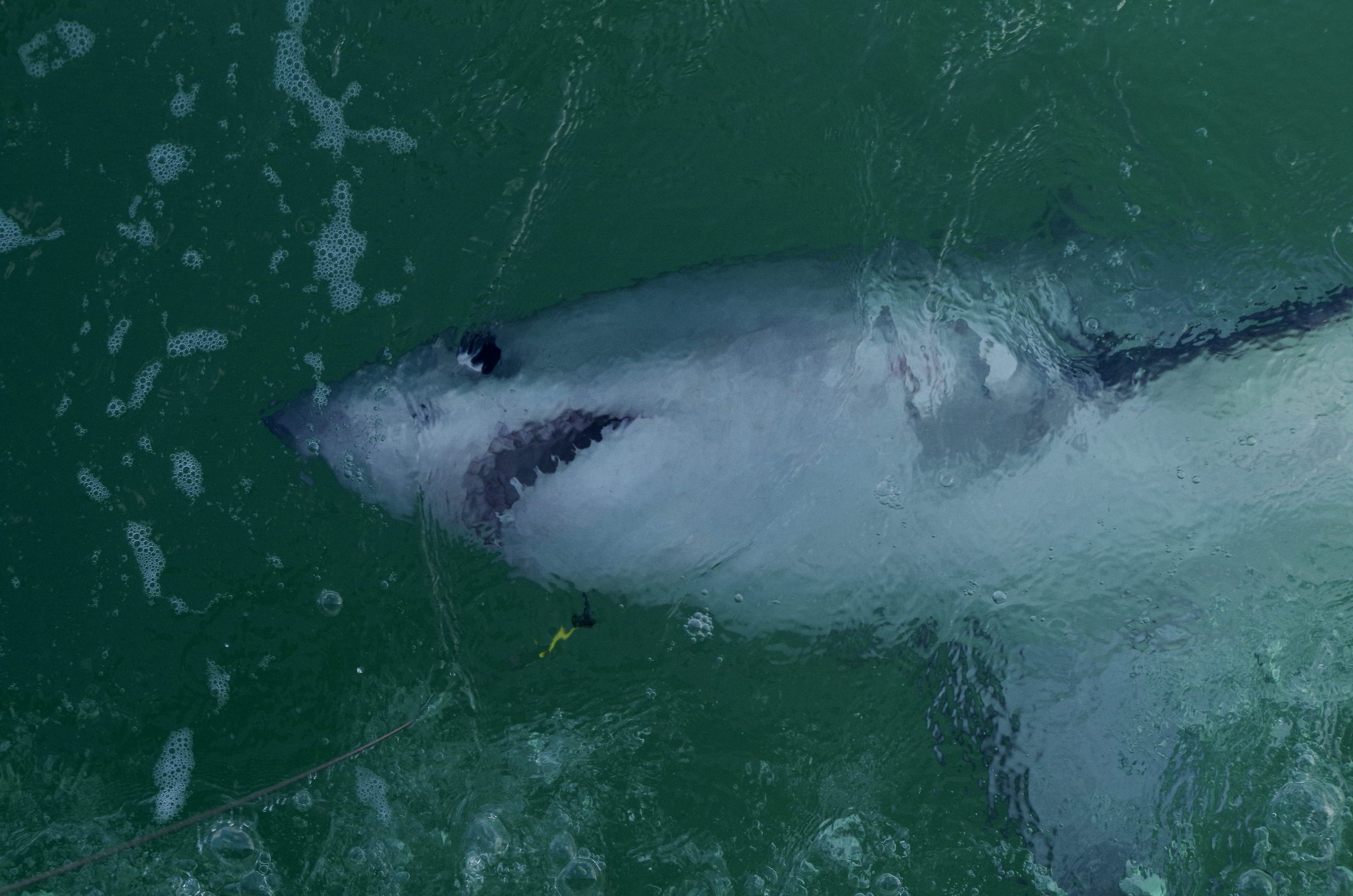
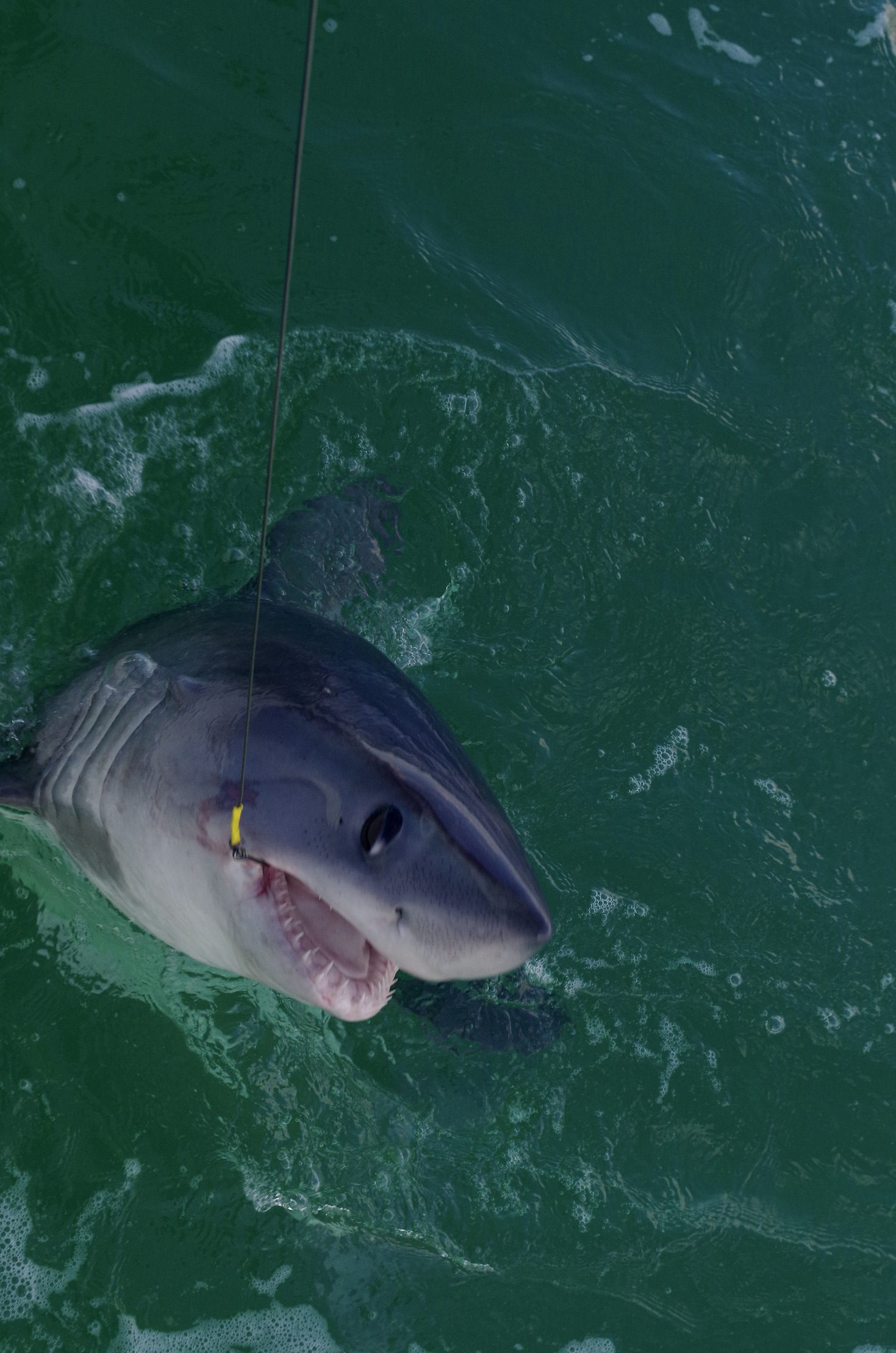
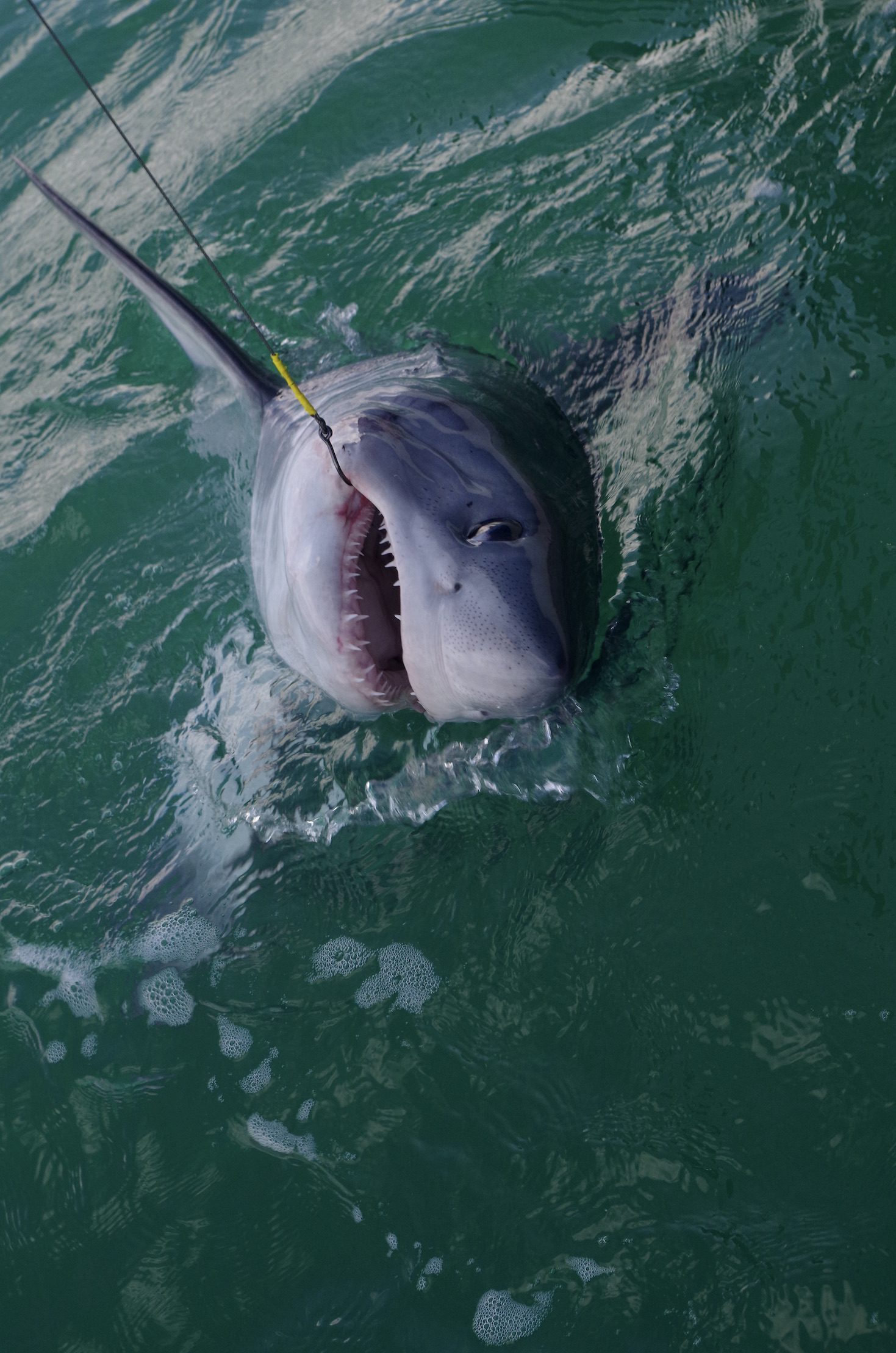
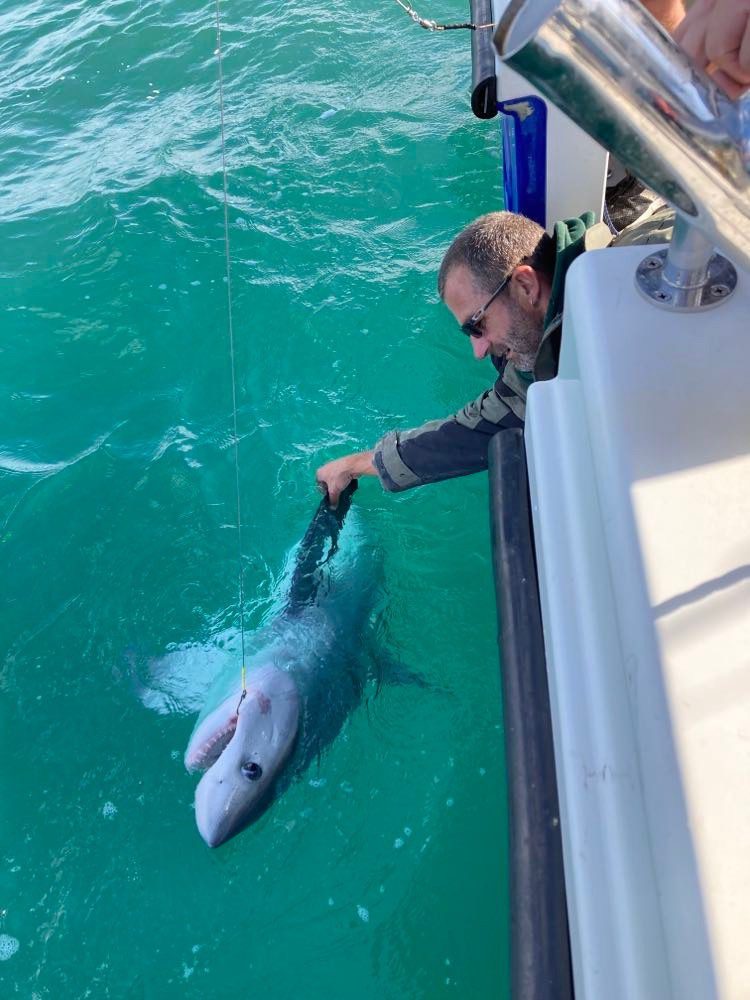
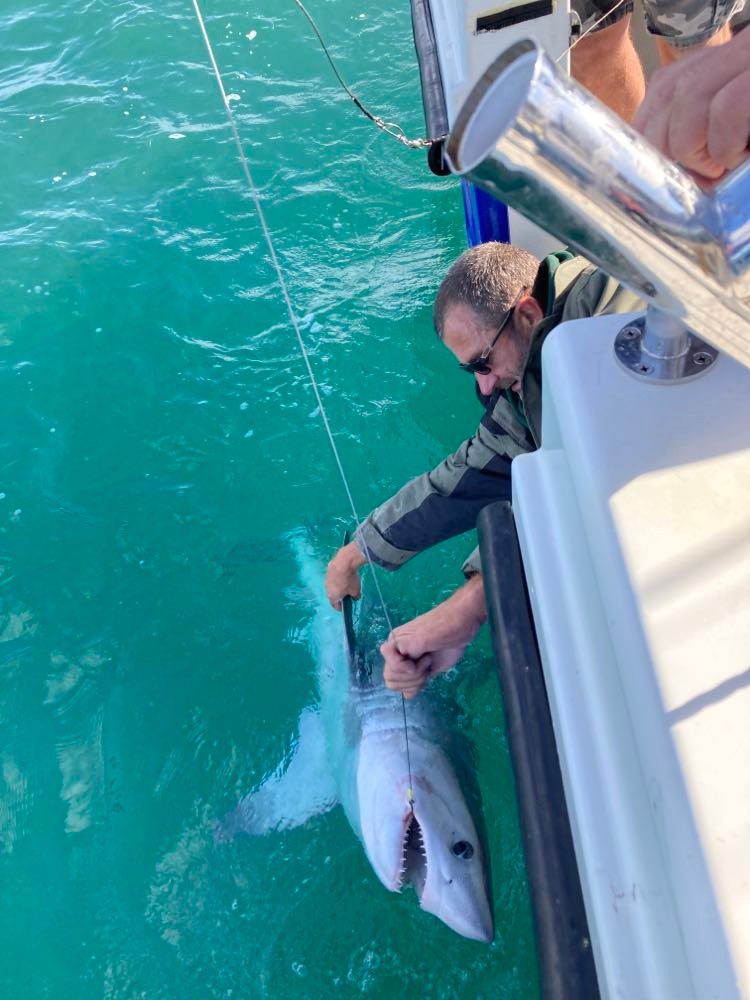
This was certainly a very encouraging start to the day. After a short lull it was James’s turn and after an aborted take another run soon developed. This time James made contact and was connected to a very powerful fish that gave him a long and tiring workout for twenty minutes or more.
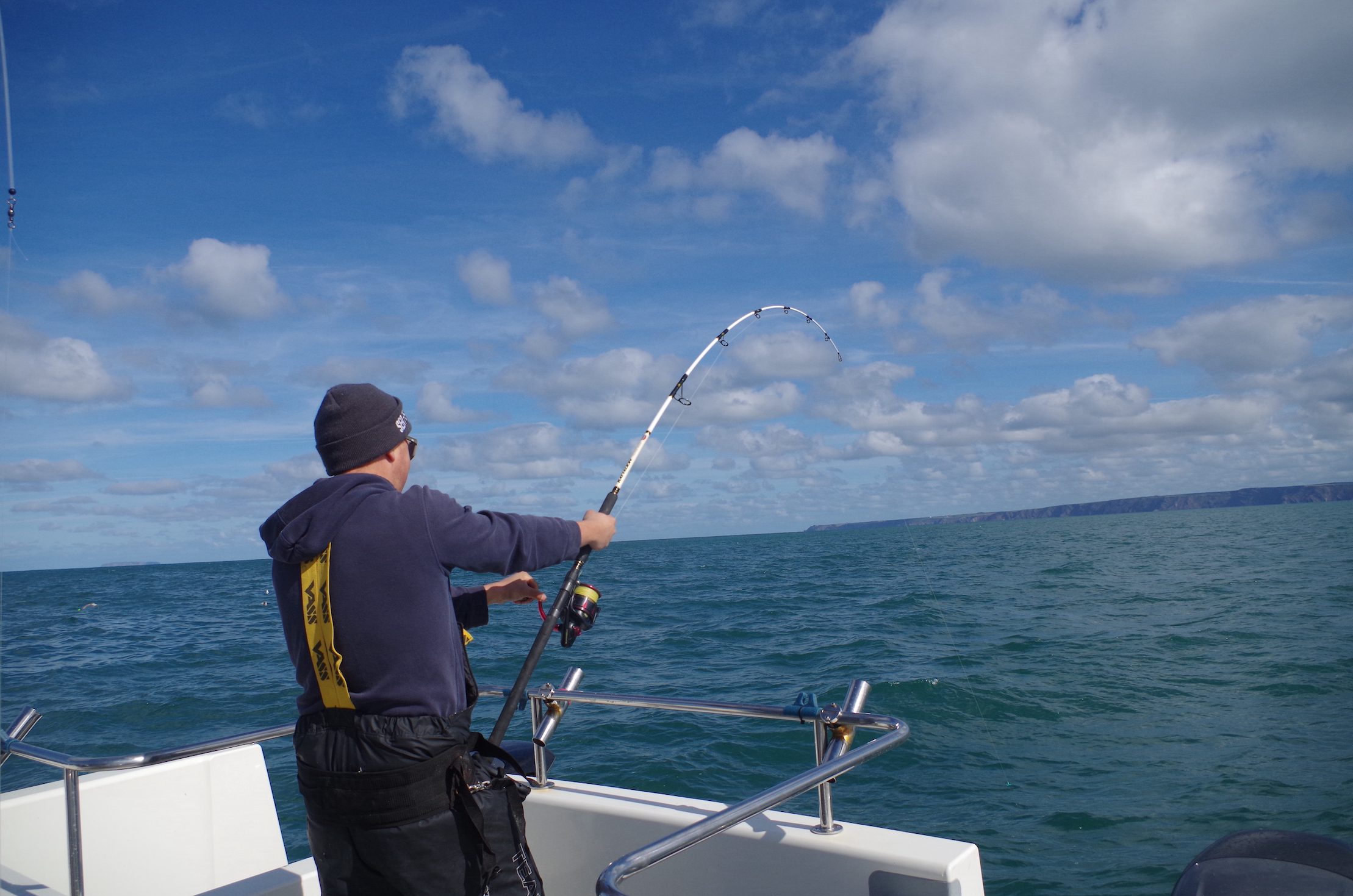
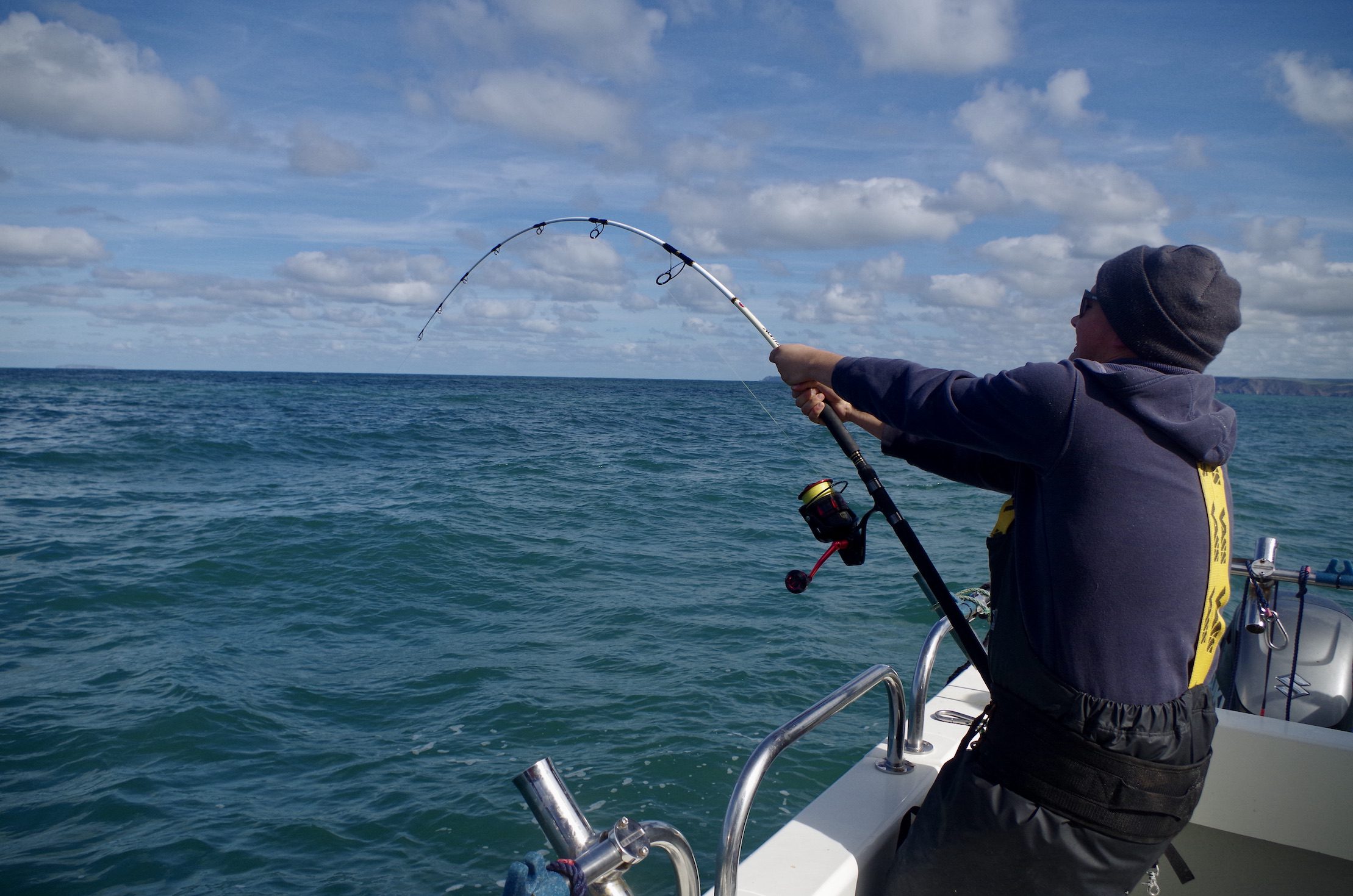
Eventually the heavy wire trace appeared boat side and Dan grabbed the trace pulling the fish into view. It was a big shark and we were dismayed to see that it had a large wound around its body. A strip of white plastic was wrapped around the shark’s body. Dan was determined to remove the torturous plastic from the shark. With the shark on the port side of the boat It was now necessary to bring the shark to the starboard side.
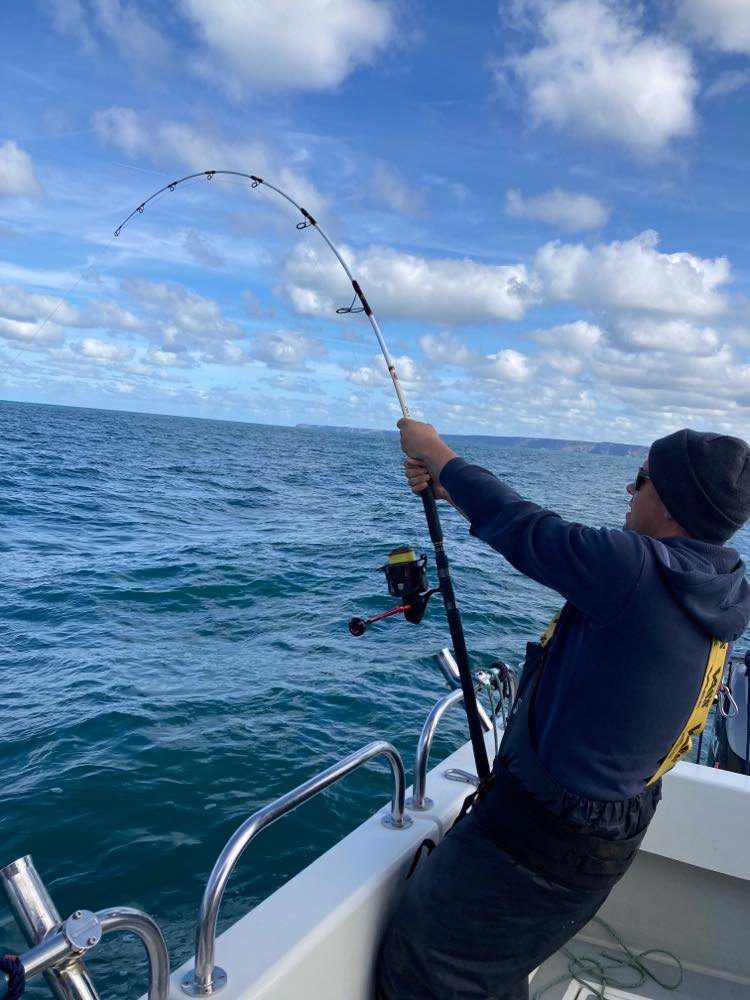
This appeared to give the shark a second wind at is point and it battled gamely for another twenty minutes before being brought to open gate. The fish was then swiftly brought on board where Dan got to work with a pair of scissors to remove the piece of plastic strapping that had cut cruelly into the shark’s body. Whilst on board the shark was quickly measured and dowsed with sea water before a quick photo. The measurements gave a predicted weight of 179lb. The fish was then slid carefully back into the sea to hopefully recover from its wounds free of the plastic that had been so carelessly dumped.
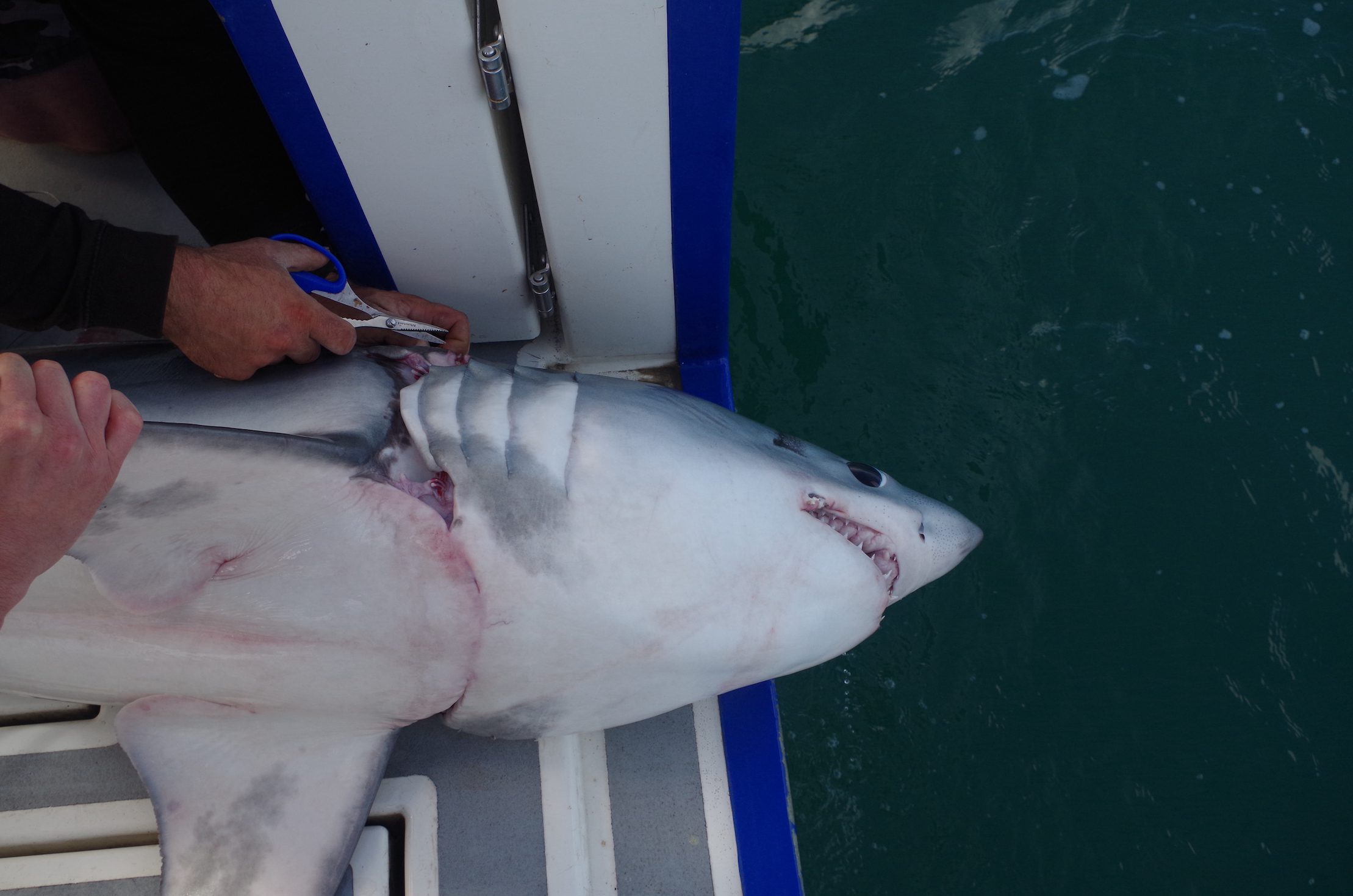
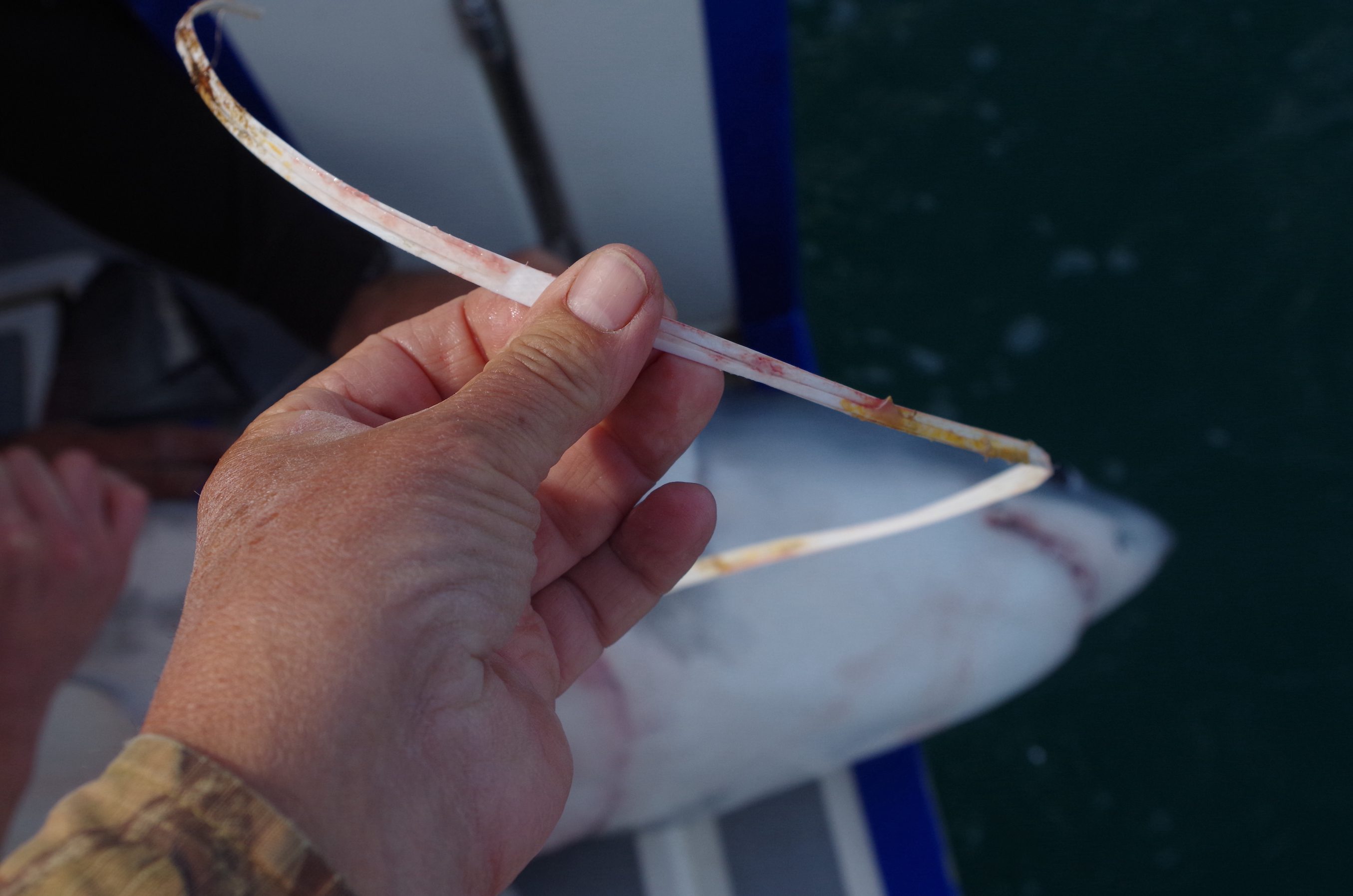
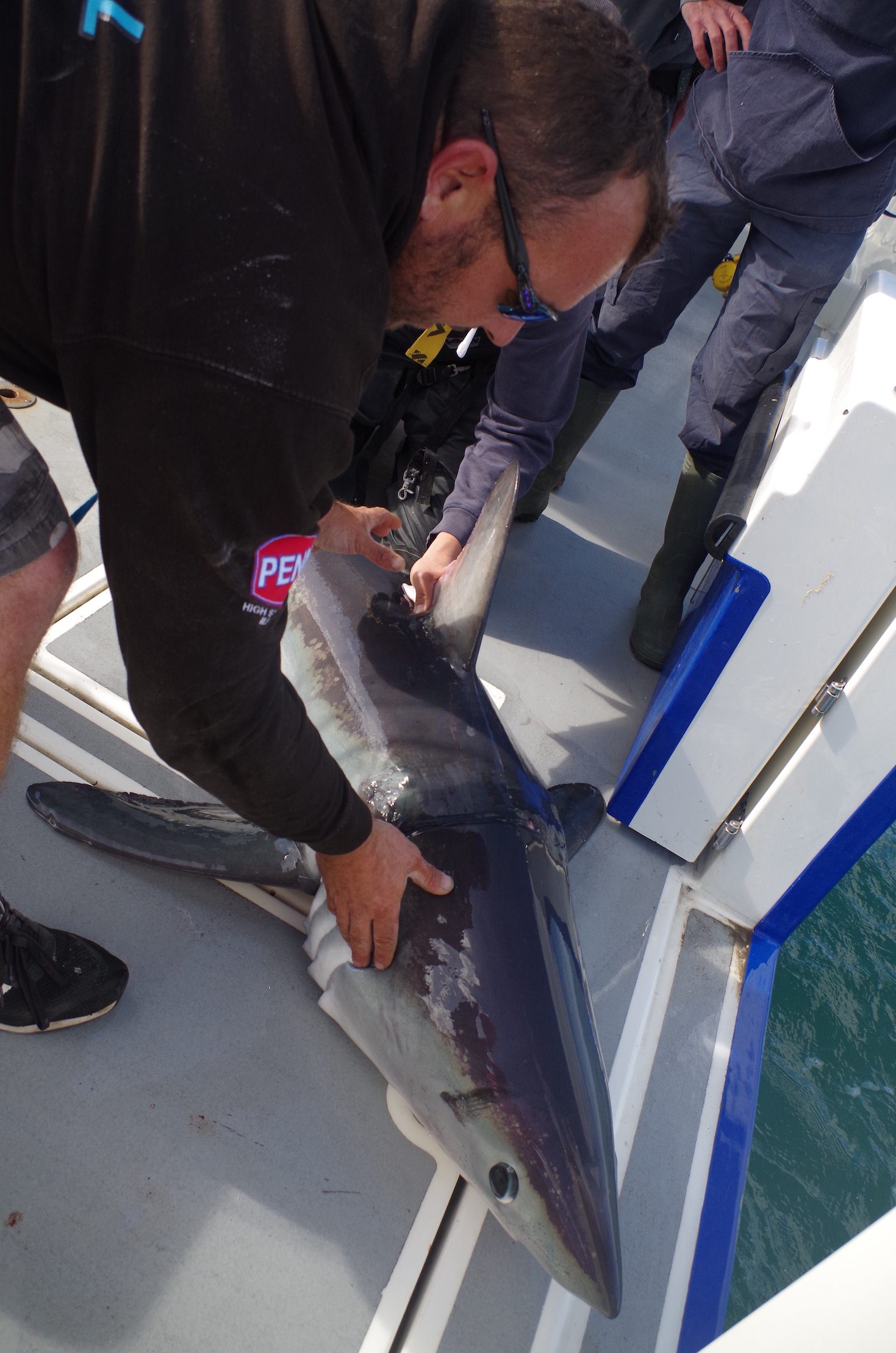
Many thanks to James for allowing me to add his account of the trip and for Peter, Bruce and James in providing additional images.
A great days fishing out of Ilfracombe. Perfect conditions to be out on a boat and amazing scenery as we steamed out to the fishing mark. Searching for a fish that I’d never caught before yesterday the Porbeagle Shark ![]() . When it came to my turn to take the rod the float dipped and the fish was on. The sheer power was quite remarkable… when I got the fish to the side of the boat where they are normally released straight away to keep any stress on the fish to a minimum we noticed some plastic around it’s gills. Dan the skipper brought the fish aboard snipped off the plastic and after a very quick photo we released the fish back into the water hopefully to fully recover from the tangle of plastic. Was shocking to see the damage caused by such a small piece of rubbish and shows the importance of reducing our plastic usage and dumping into the oceans. A great day, good company, stunning scenery and a fish I’ll never forget. Thanks Daniel Hawkins and Wayne Thomas.
. When it came to my turn to take the rod the float dipped and the fish was on. The sheer power was quite remarkable… when I got the fish to the side of the boat where they are normally released straight away to keep any stress on the fish to a minimum we noticed some plastic around it’s gills. Dan the skipper brought the fish aboard snipped off the plastic and after a very quick photo we released the fish back into the water hopefully to fully recover from the tangle of plastic. Was shocking to see the damage caused by such a small piece of rubbish and shows the importance of reducing our plastic usage and dumping into the oceans. A great day, good company, stunning scenery and a fish I’ll never forget. Thanks Daniel Hawkins and Wayne Thomas.
With two shark by 1.00pm our hopes were high for another couple of shark and it was Peters turn to take up the rod when a run came.
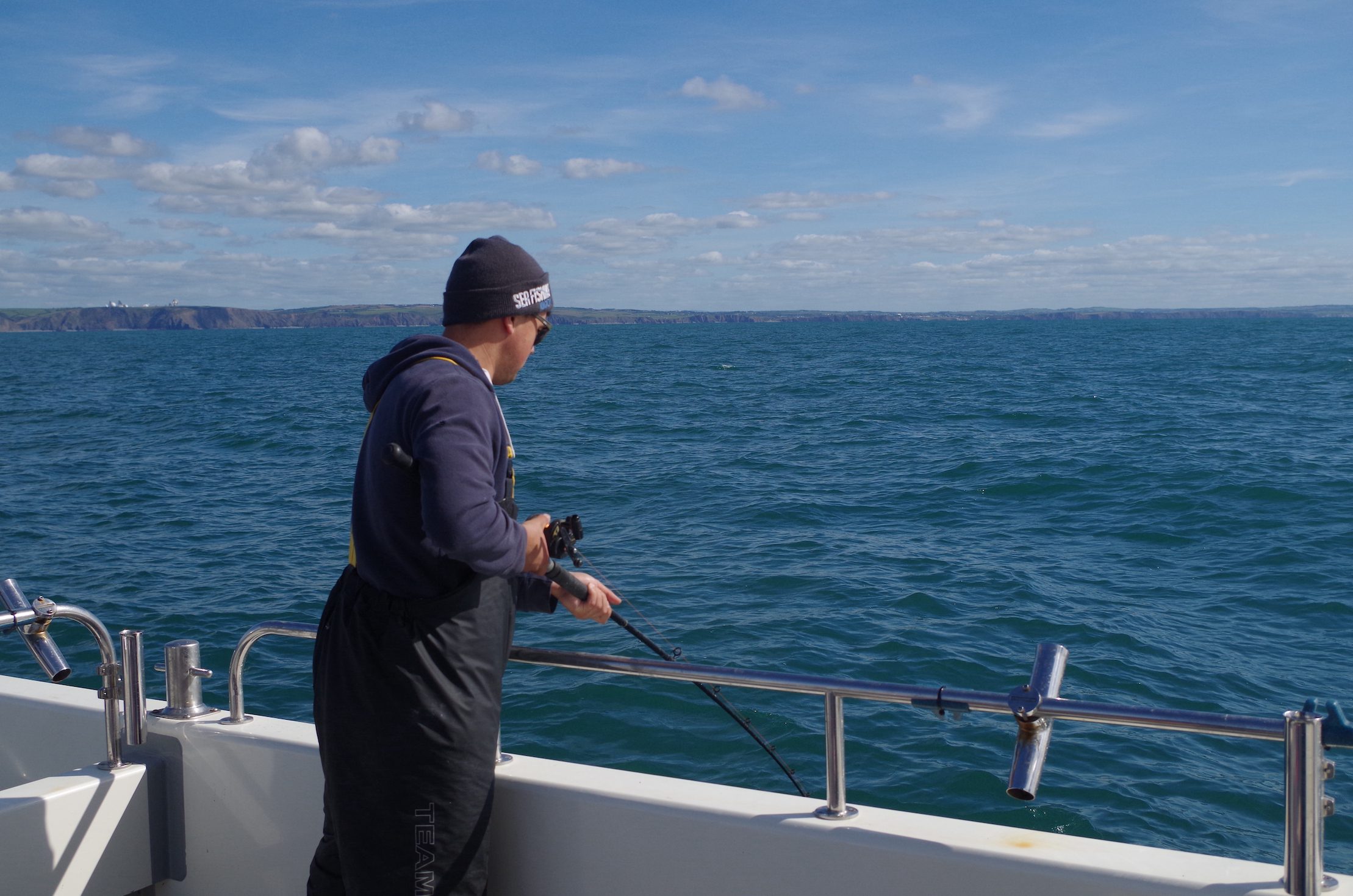
The boat drifted pushed by tide and wind a slick of oily scent calming the water in the wake of the boat. Whilst shark were top of the agenda lures, feathers and mackerel bait tempted bass in good numbers with fish to six pound plus brought to the boat. A couple of bass were retained for the table.
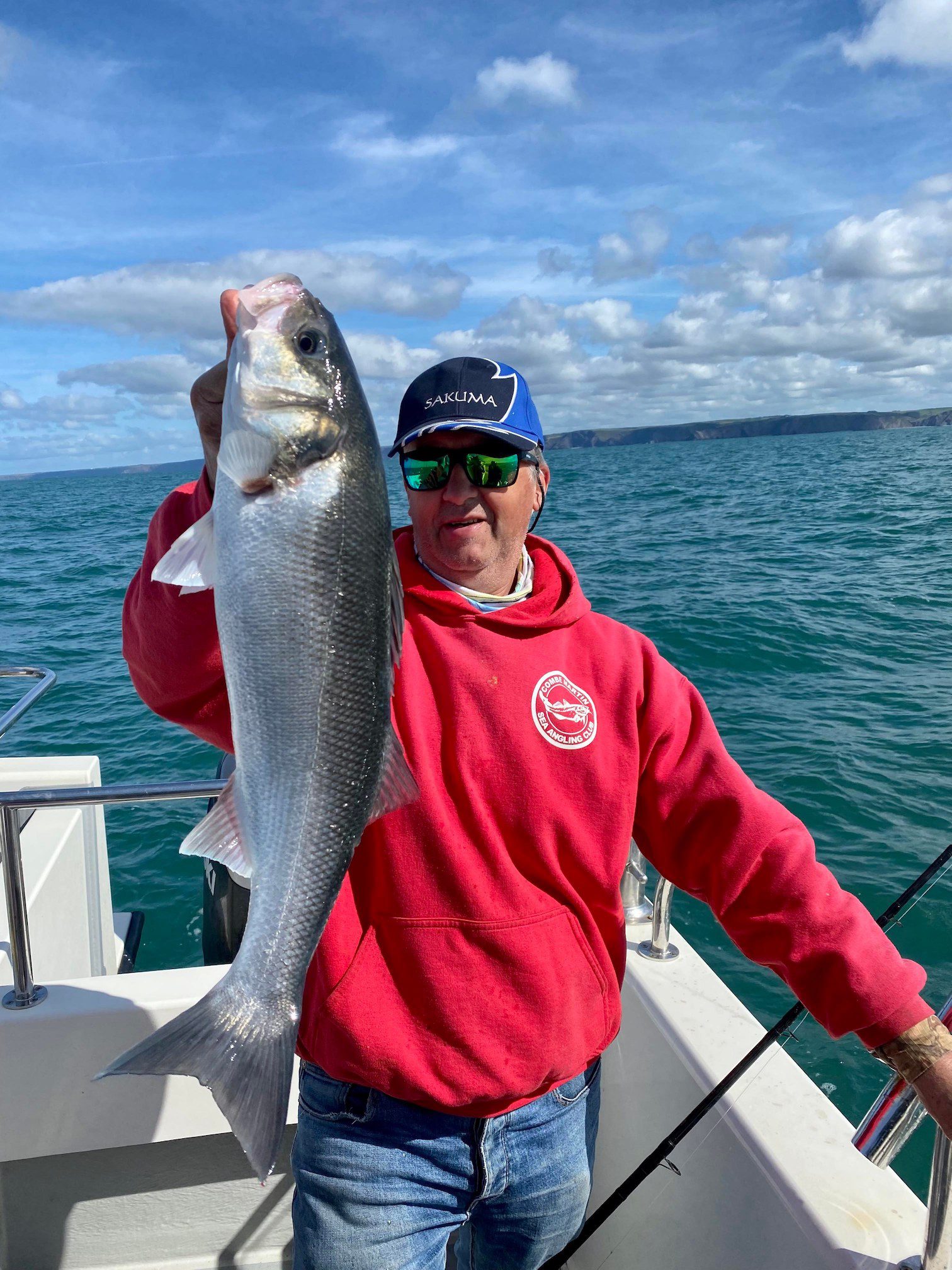
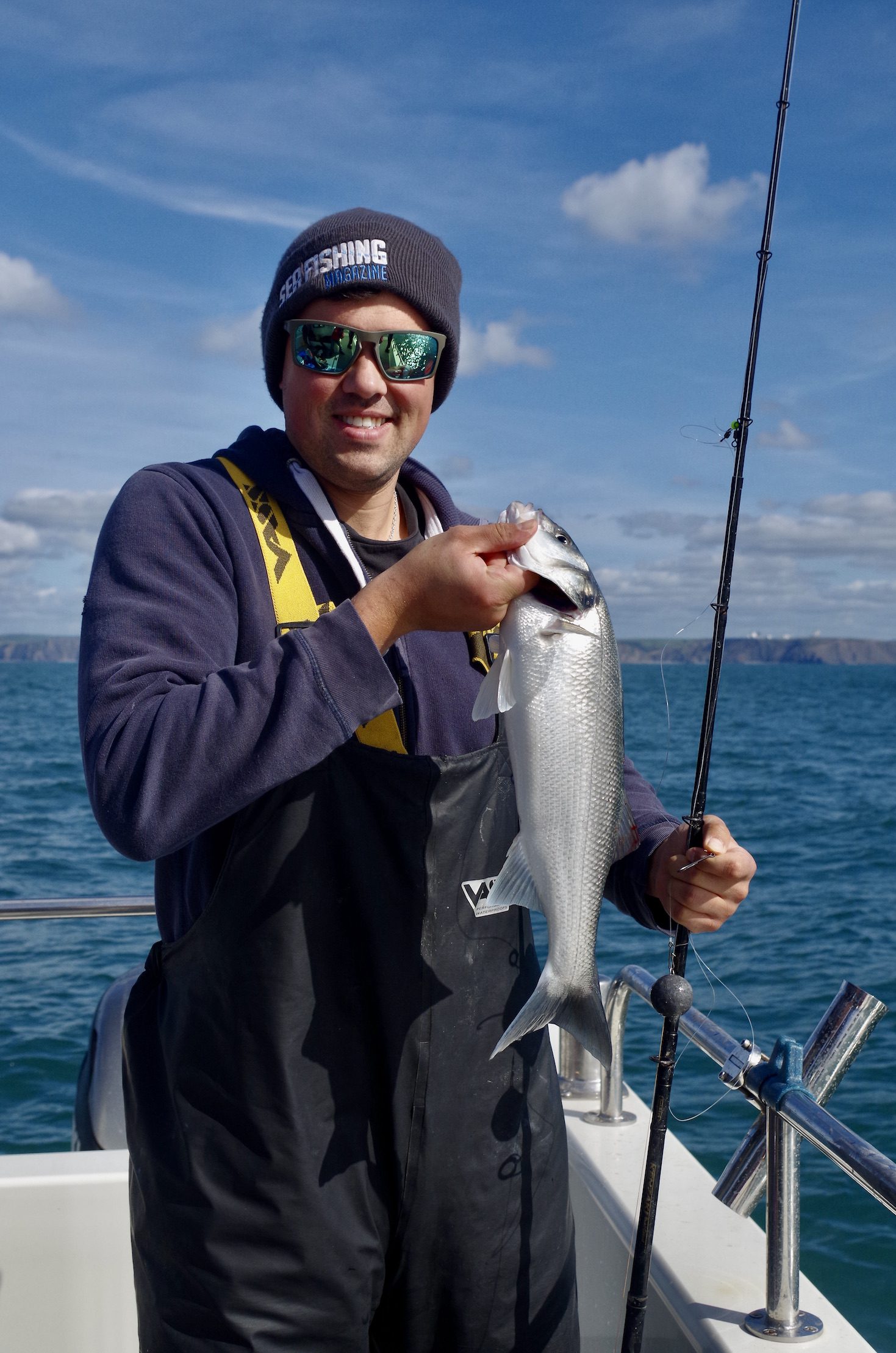
We chatted and relaxed watching the occasional gannet gliding above the vast ocean. At any moment we expected a float to plunge beneath the water or a rod to keel over as a porbeagle hit the baits. Dan kept us topped up with hot tea and coffee as we waited in tense expectation.
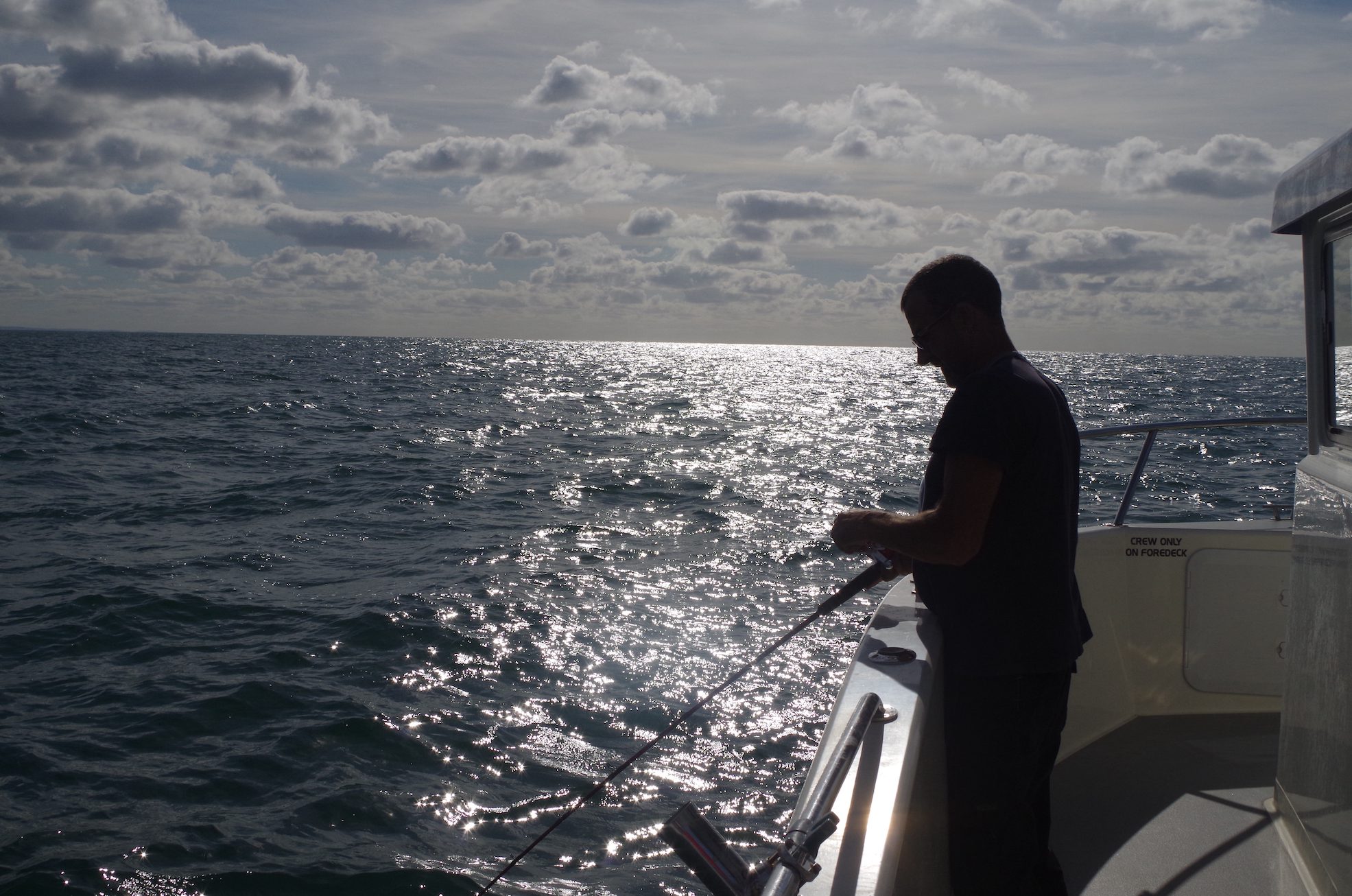
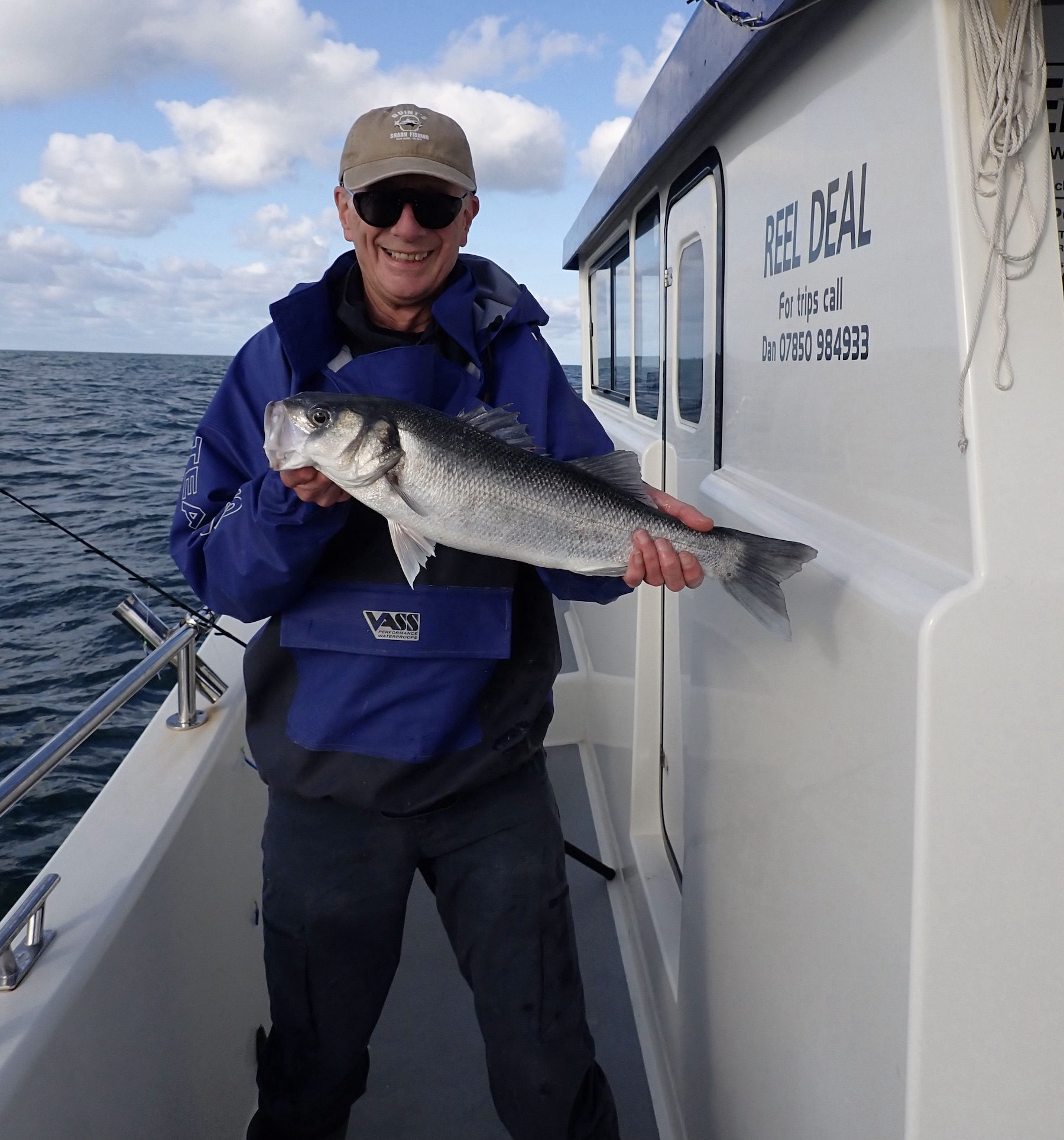
As the afternoon ebbed away our time ran out and Dan called time expressing disappointment at the quietness of the afternoon. The run back to Ilfracombe went surprisingly quickly as we passed familiar landmarks of the North Devon coast. Hartland Point at the mouth of the Bristol Channel, the dunes and estuary mouth of Bideford Bay. The headlands of Baggy Point, Morte Point and Bull Point and the spectacular cliffs between Lee Bay and Ilfracombe.
It had been a great day with couple of special fish along with silver bass, good company and spectacular scenery. I look forward recommencing the search again next year weather and life permitting.




